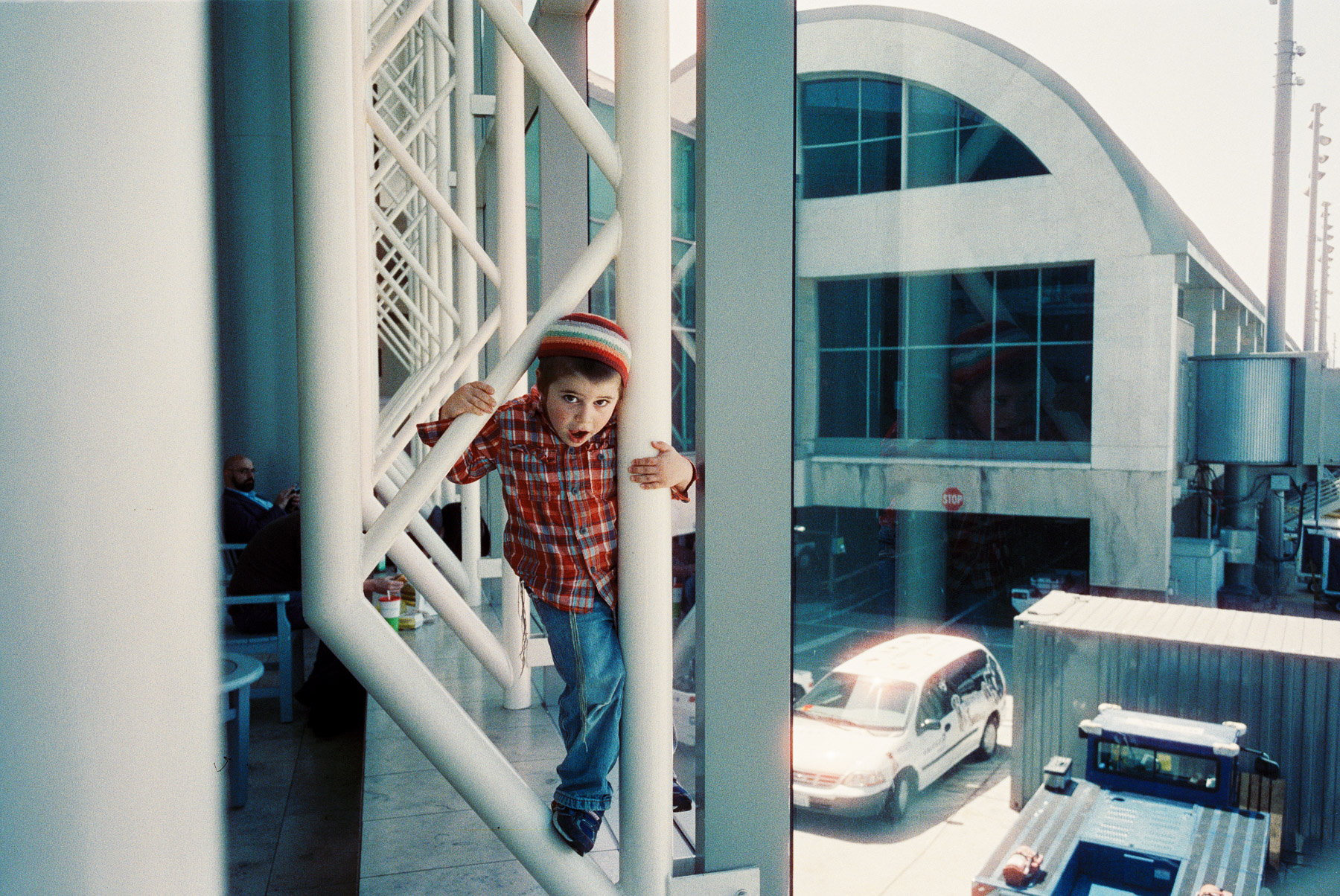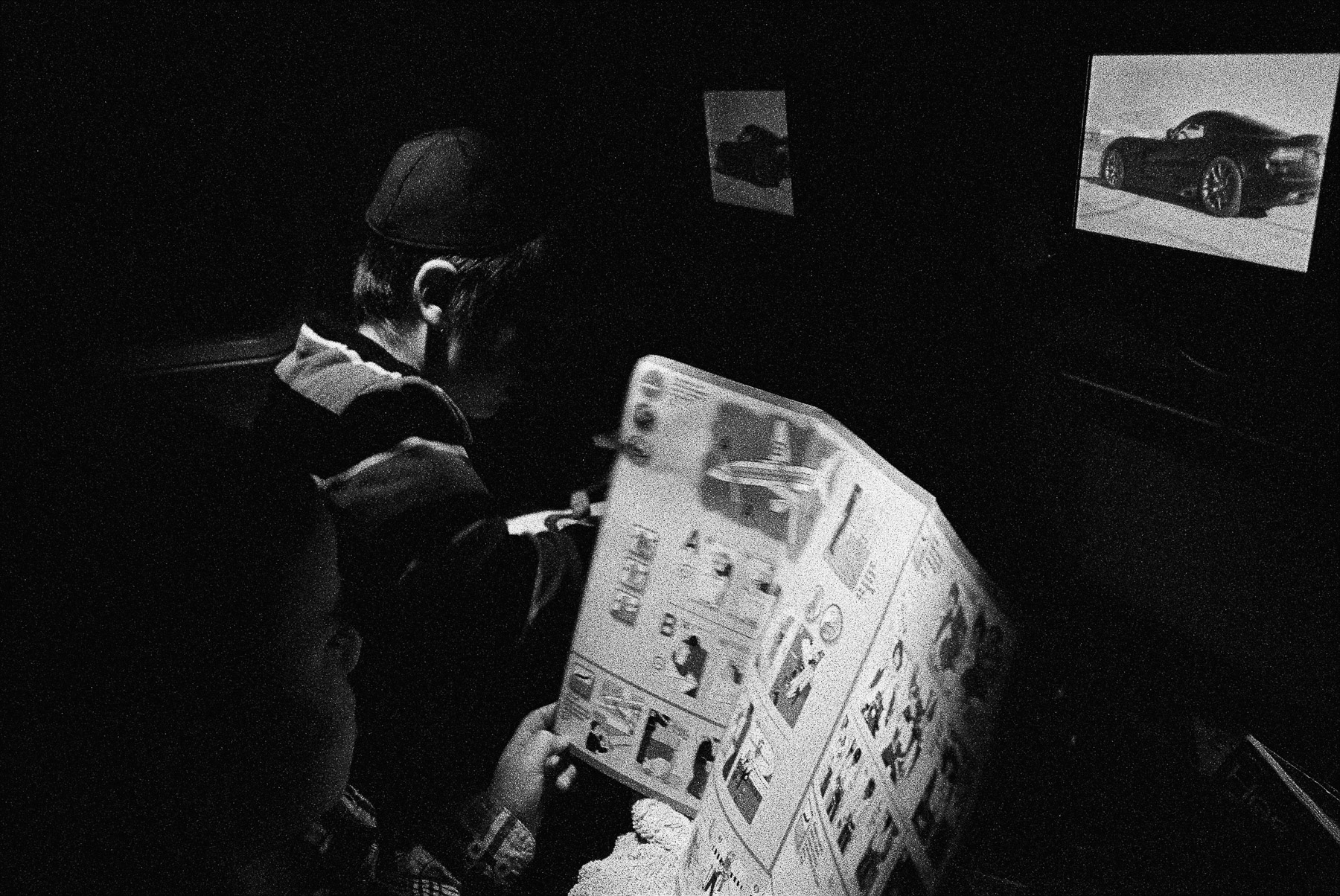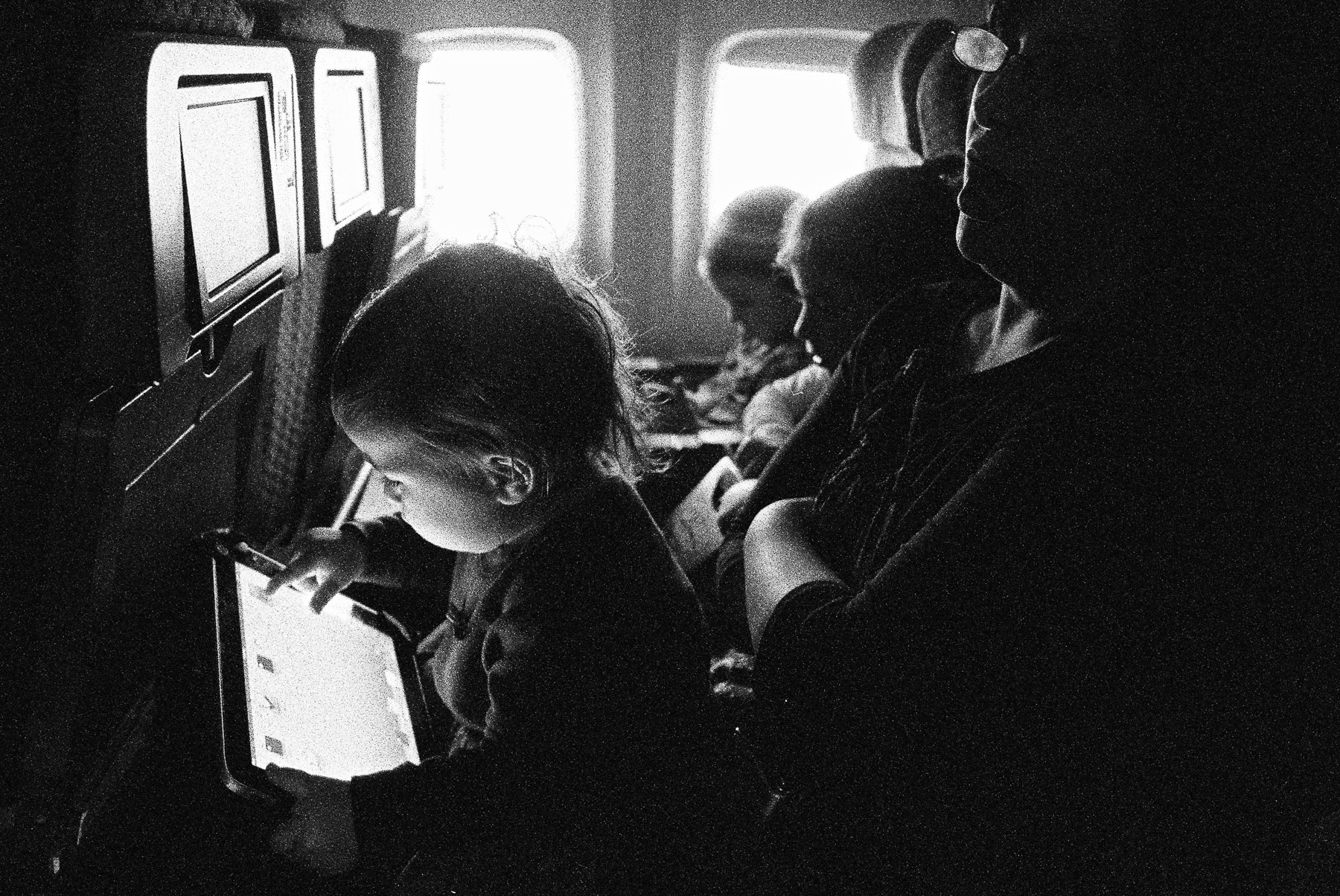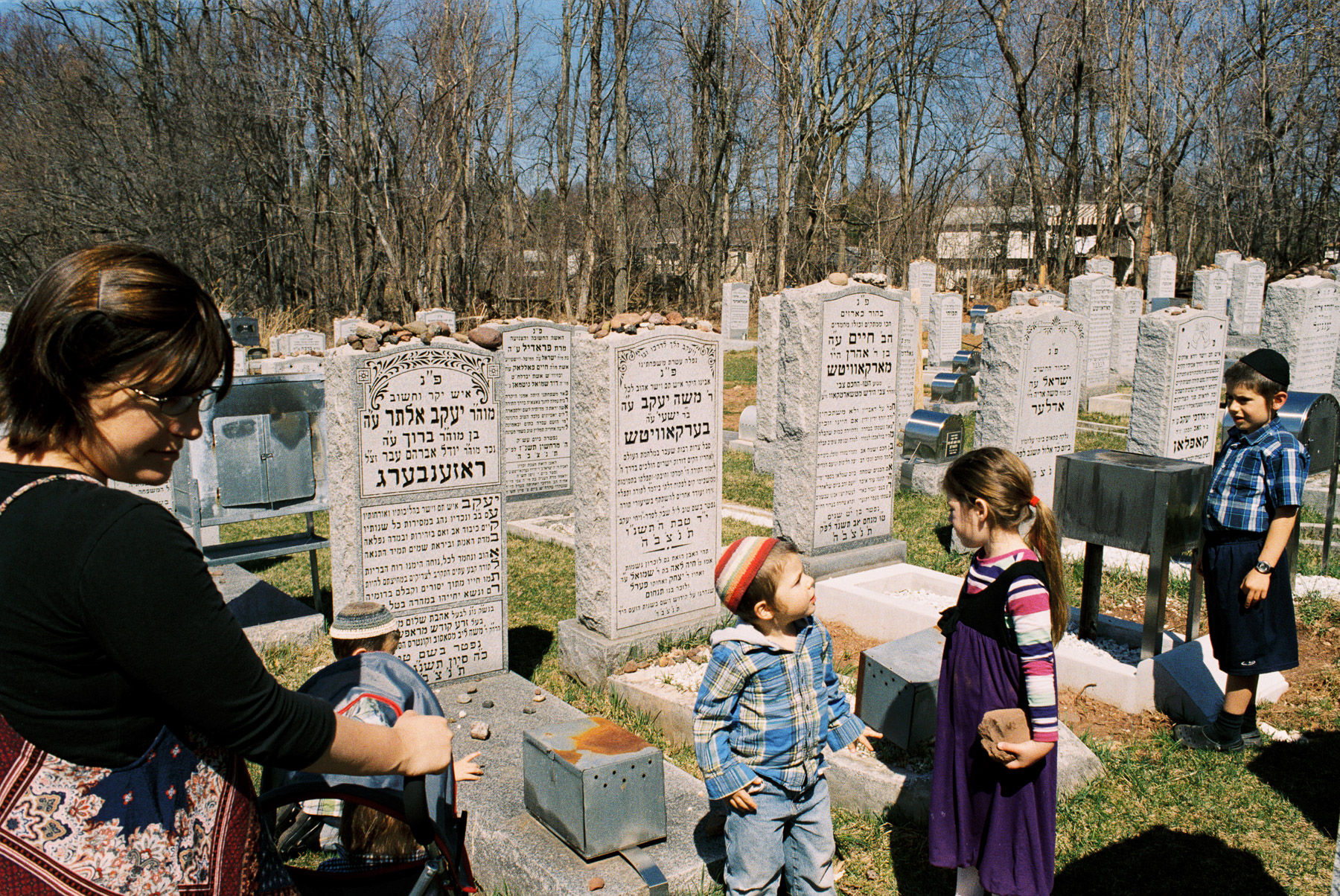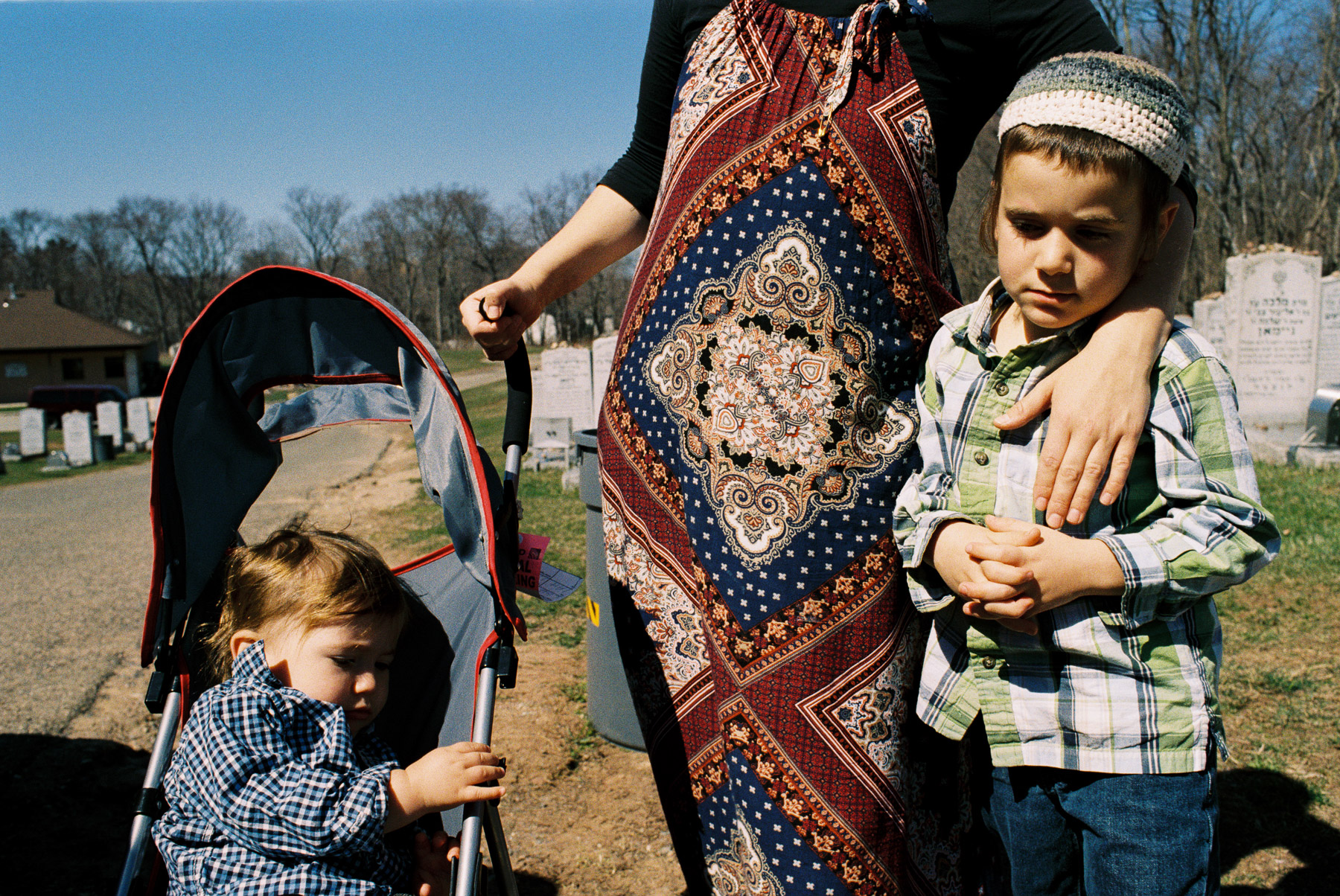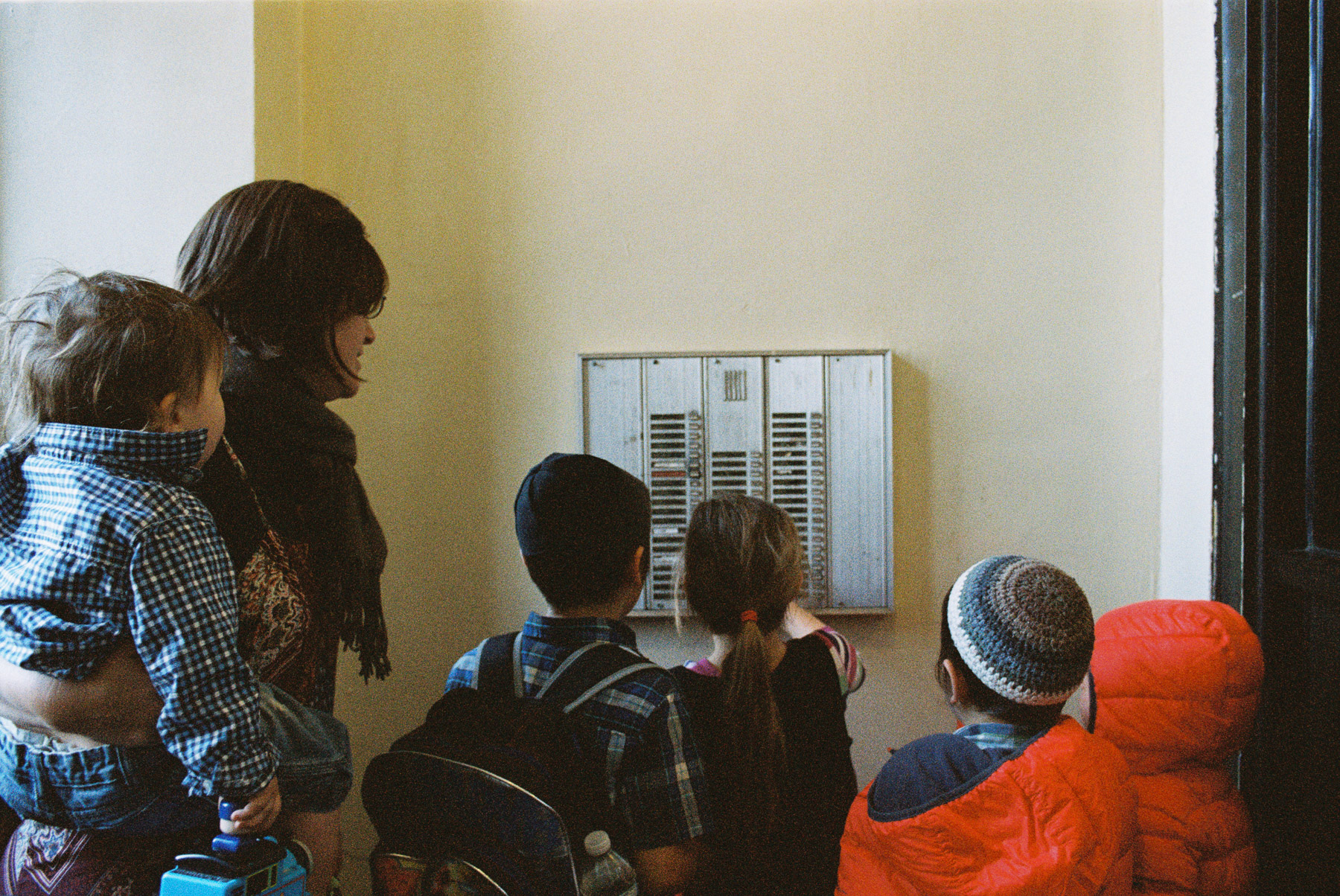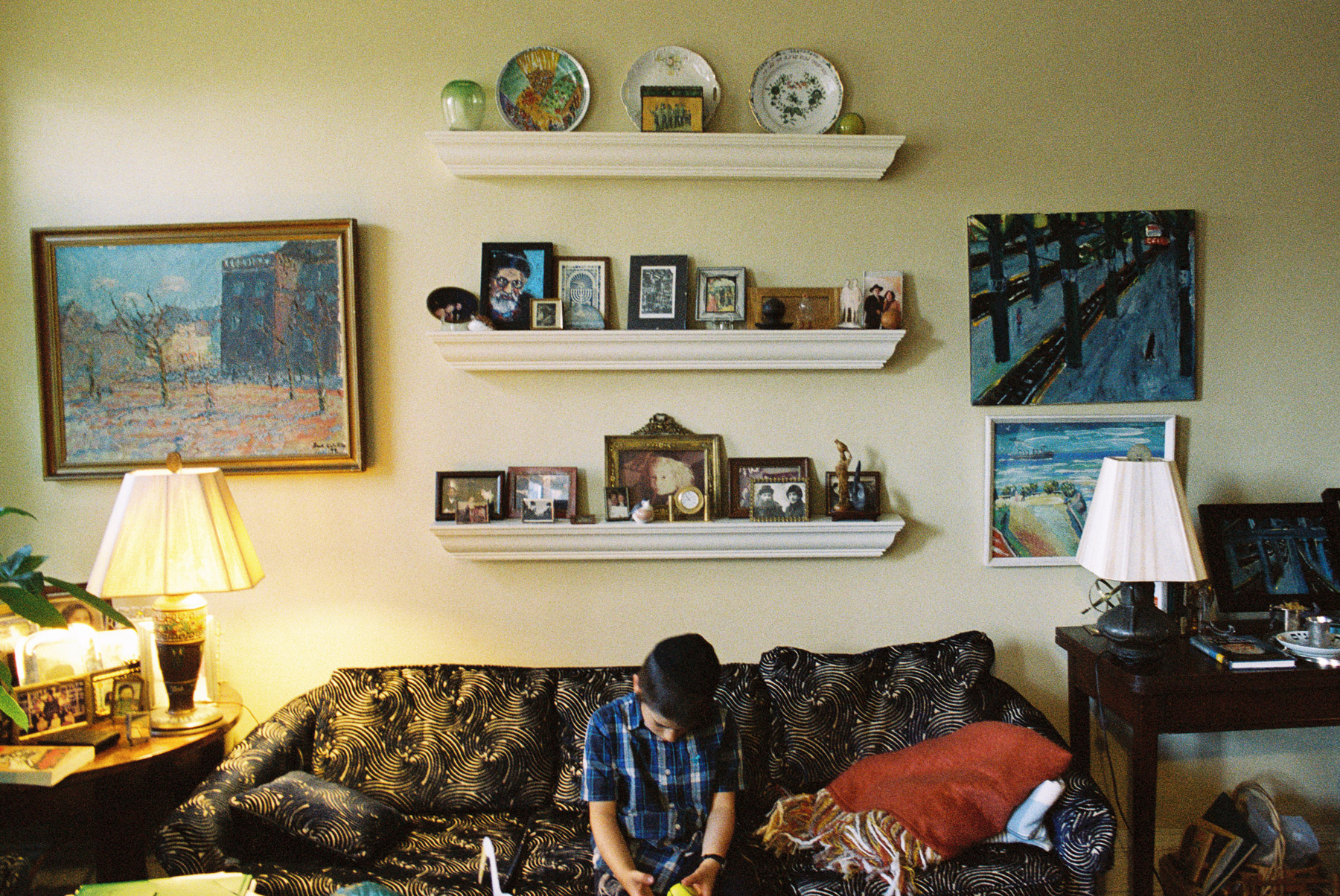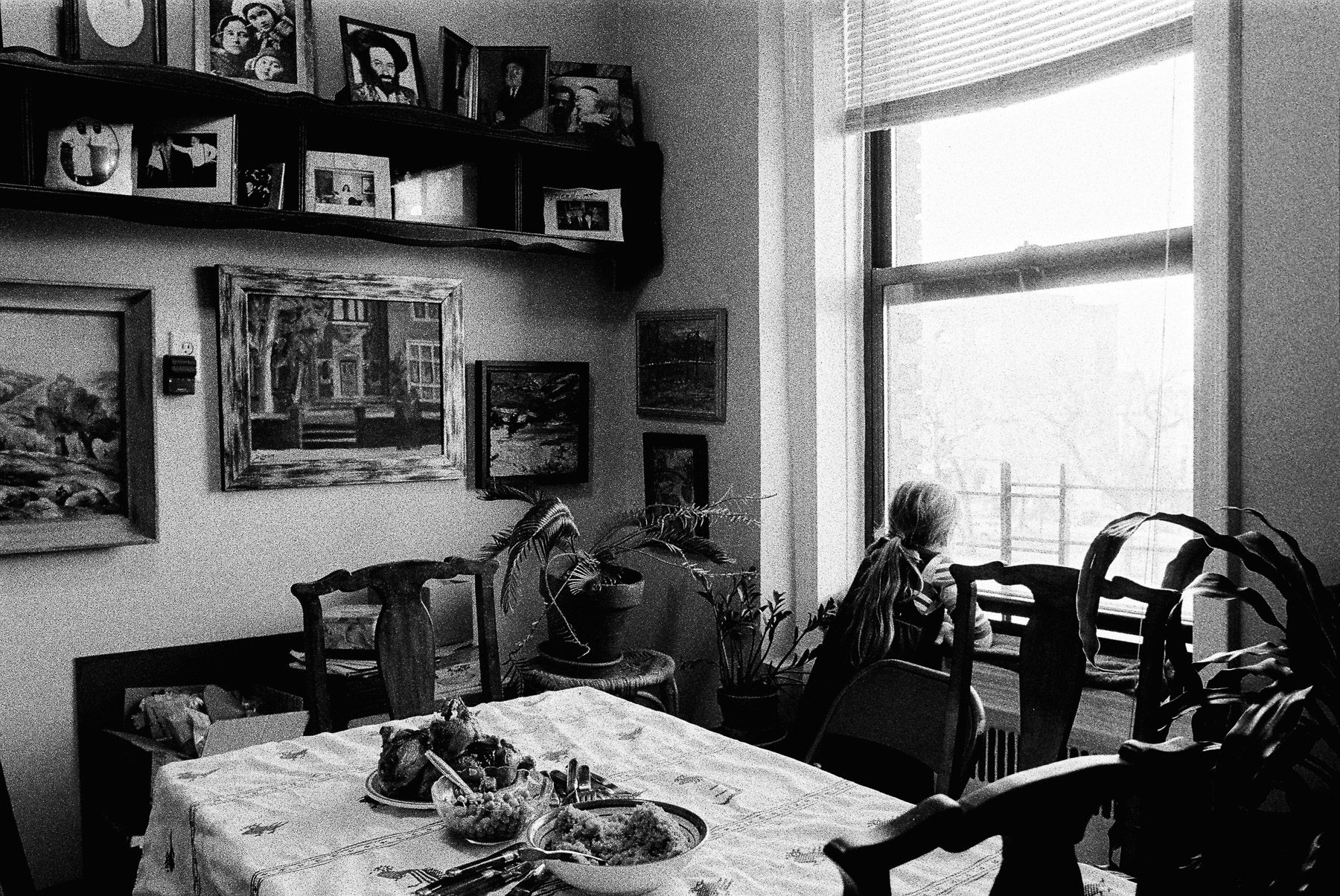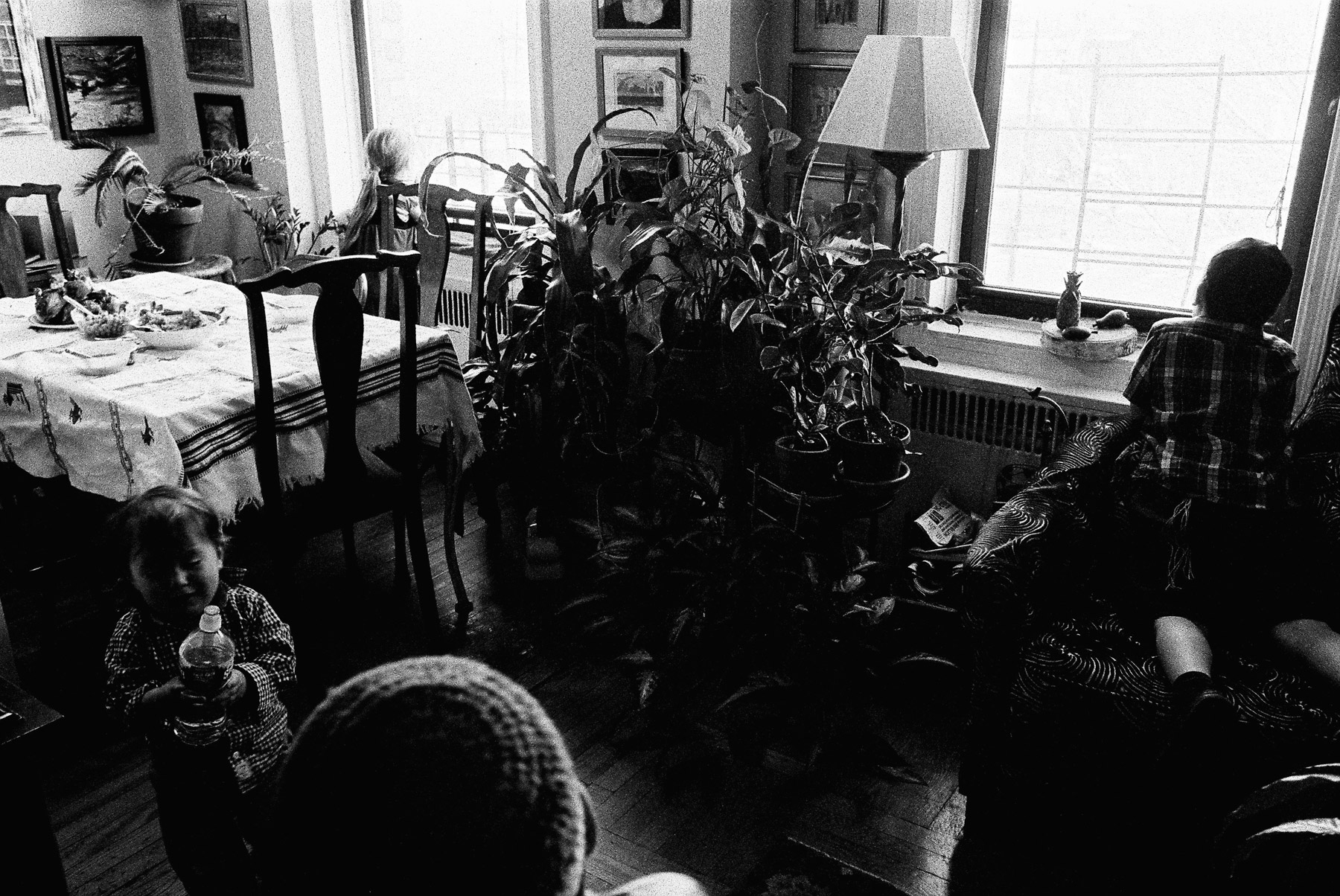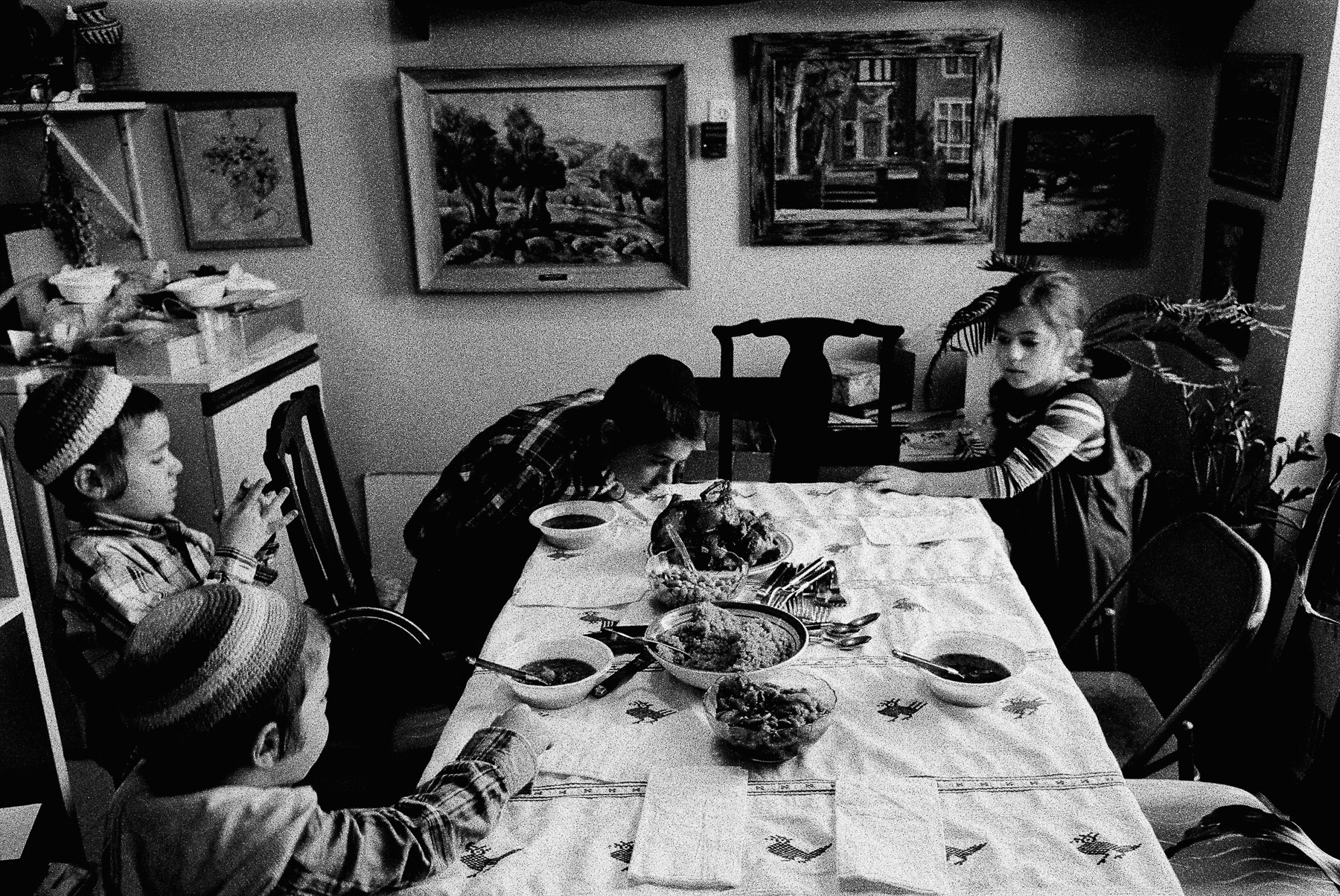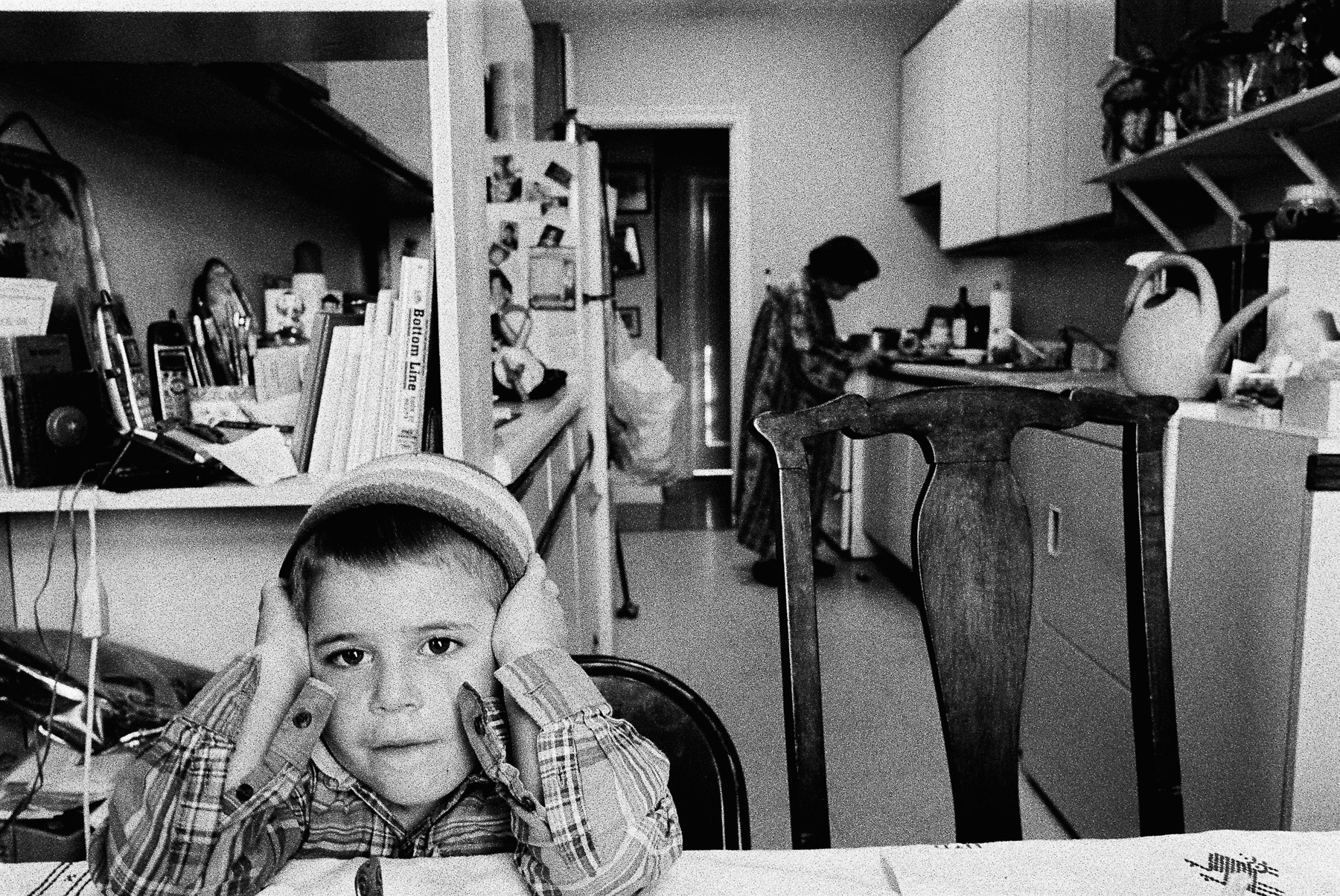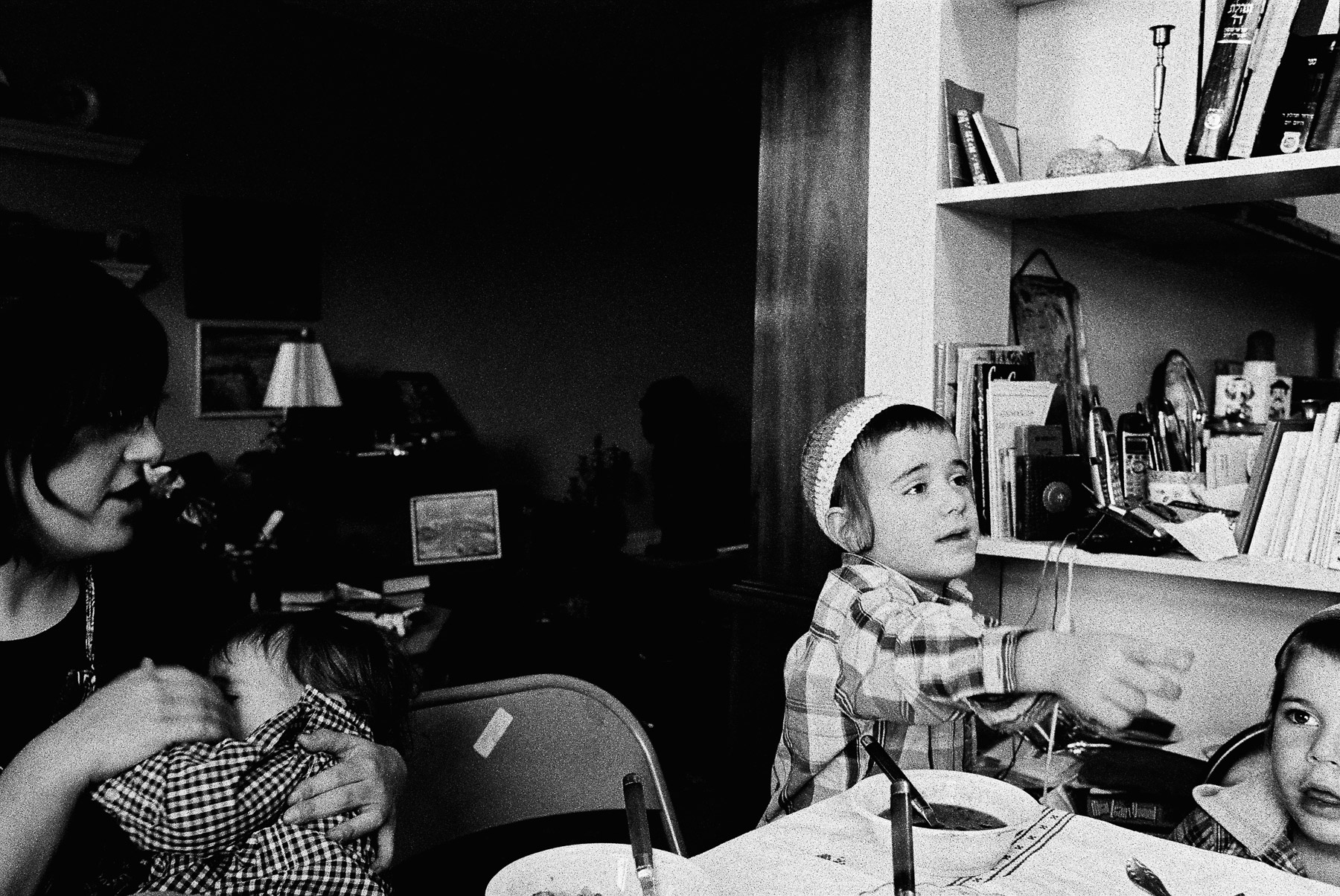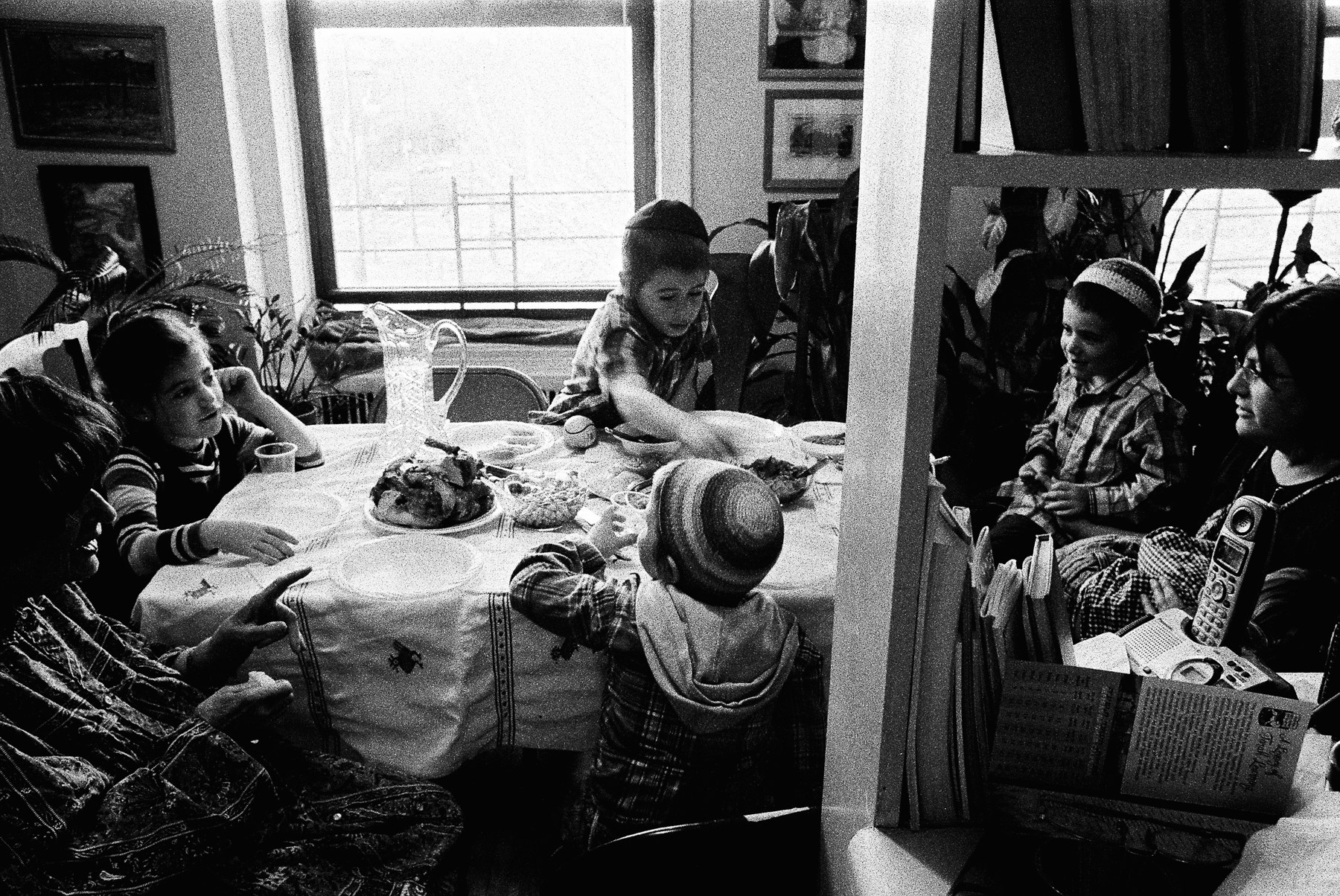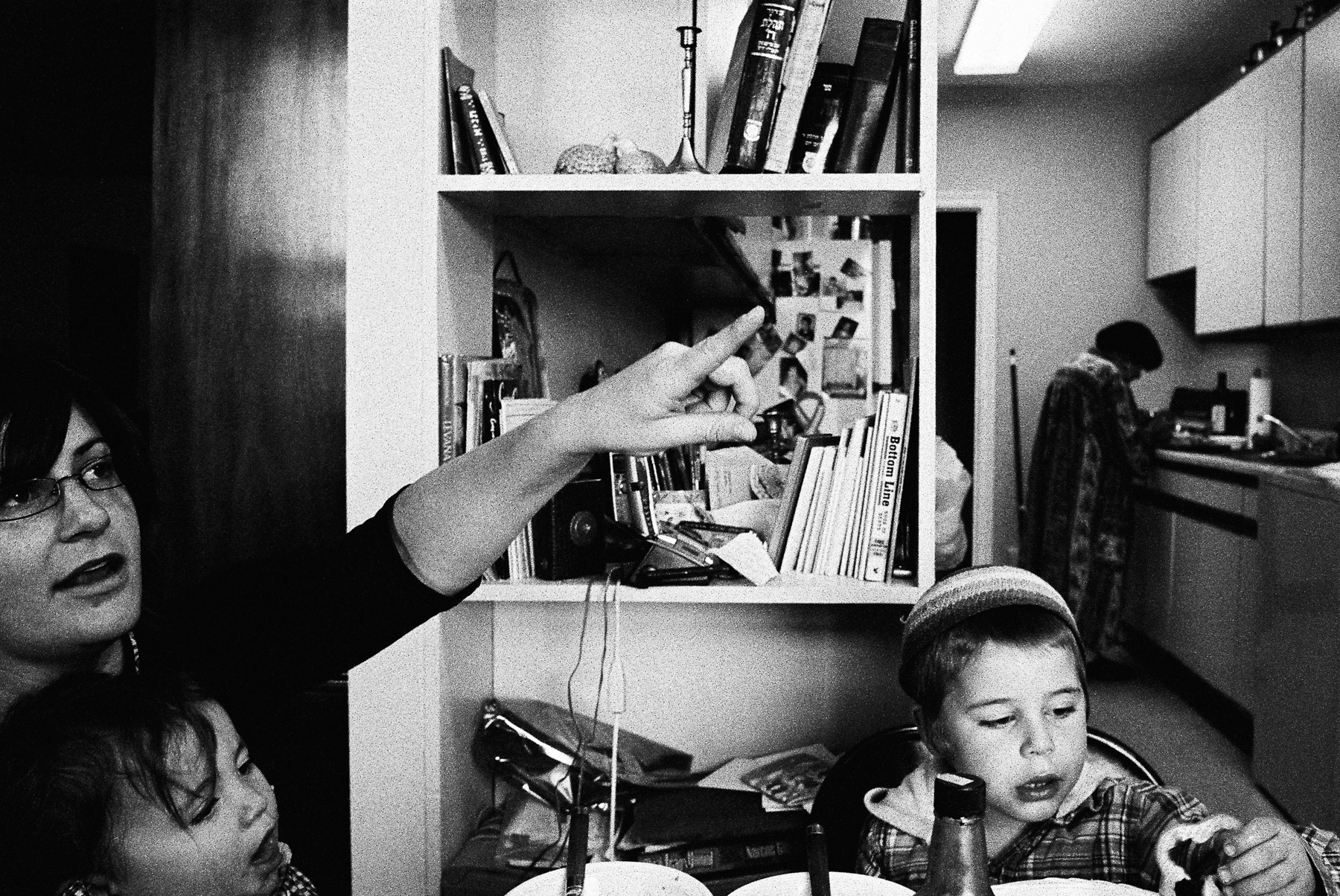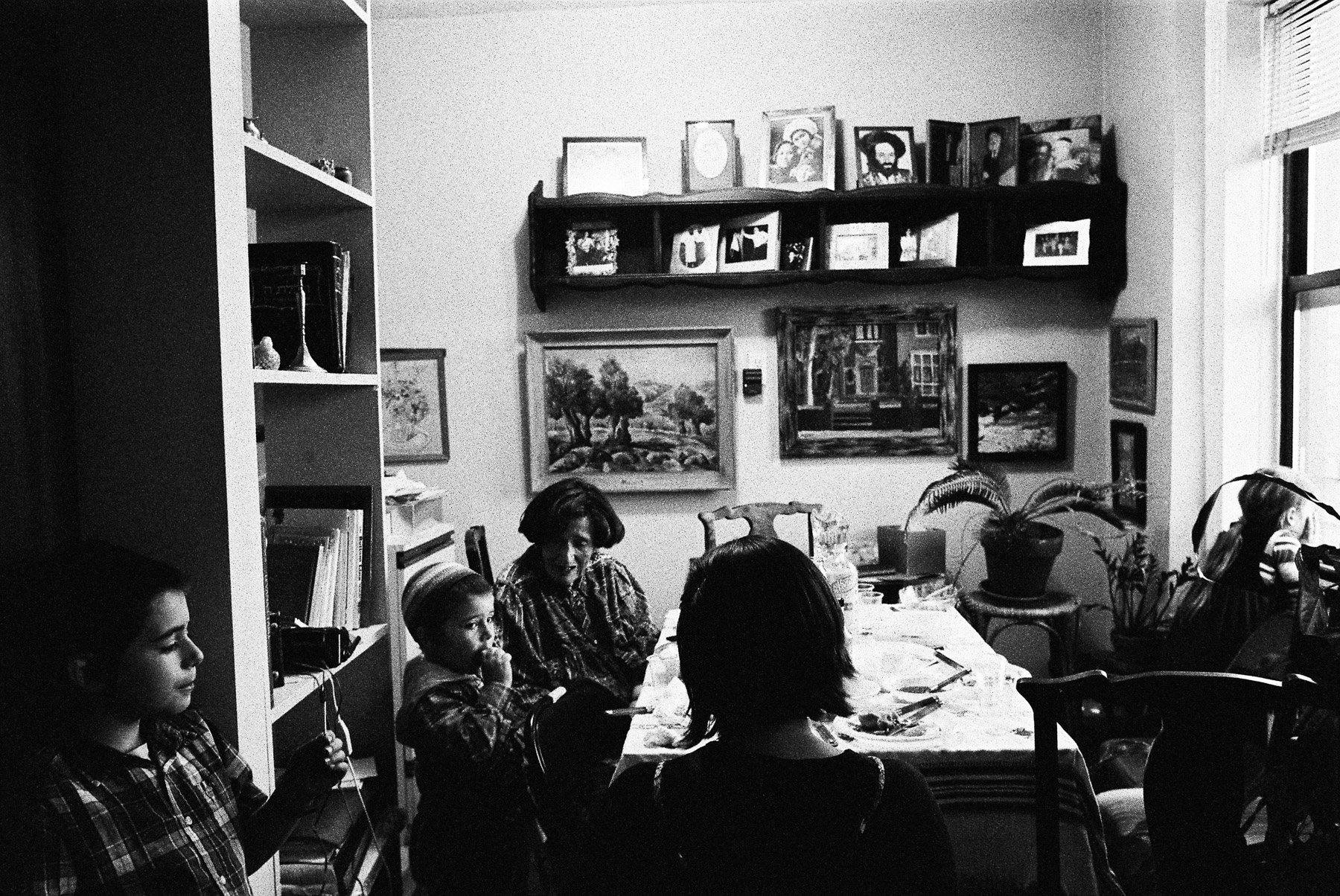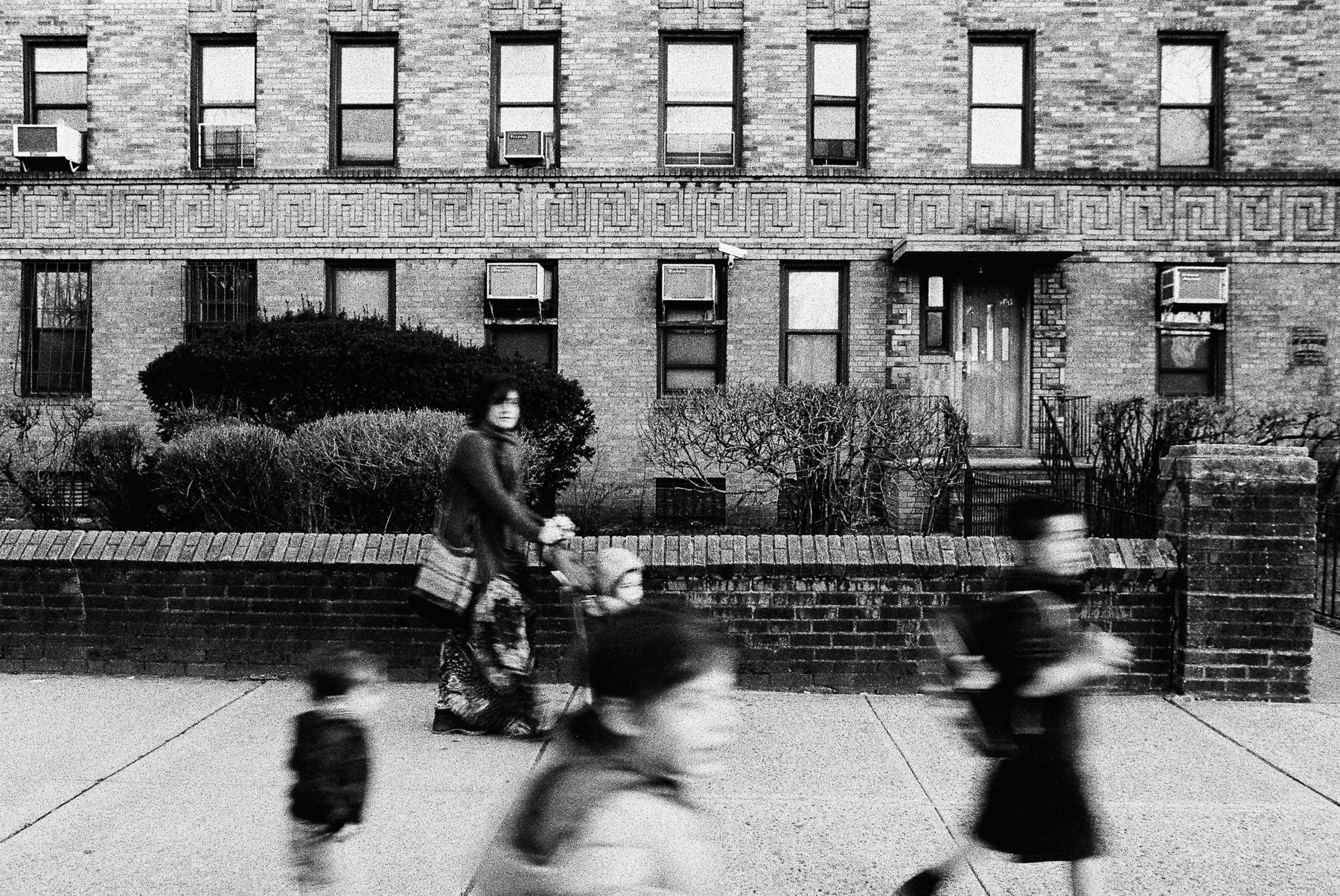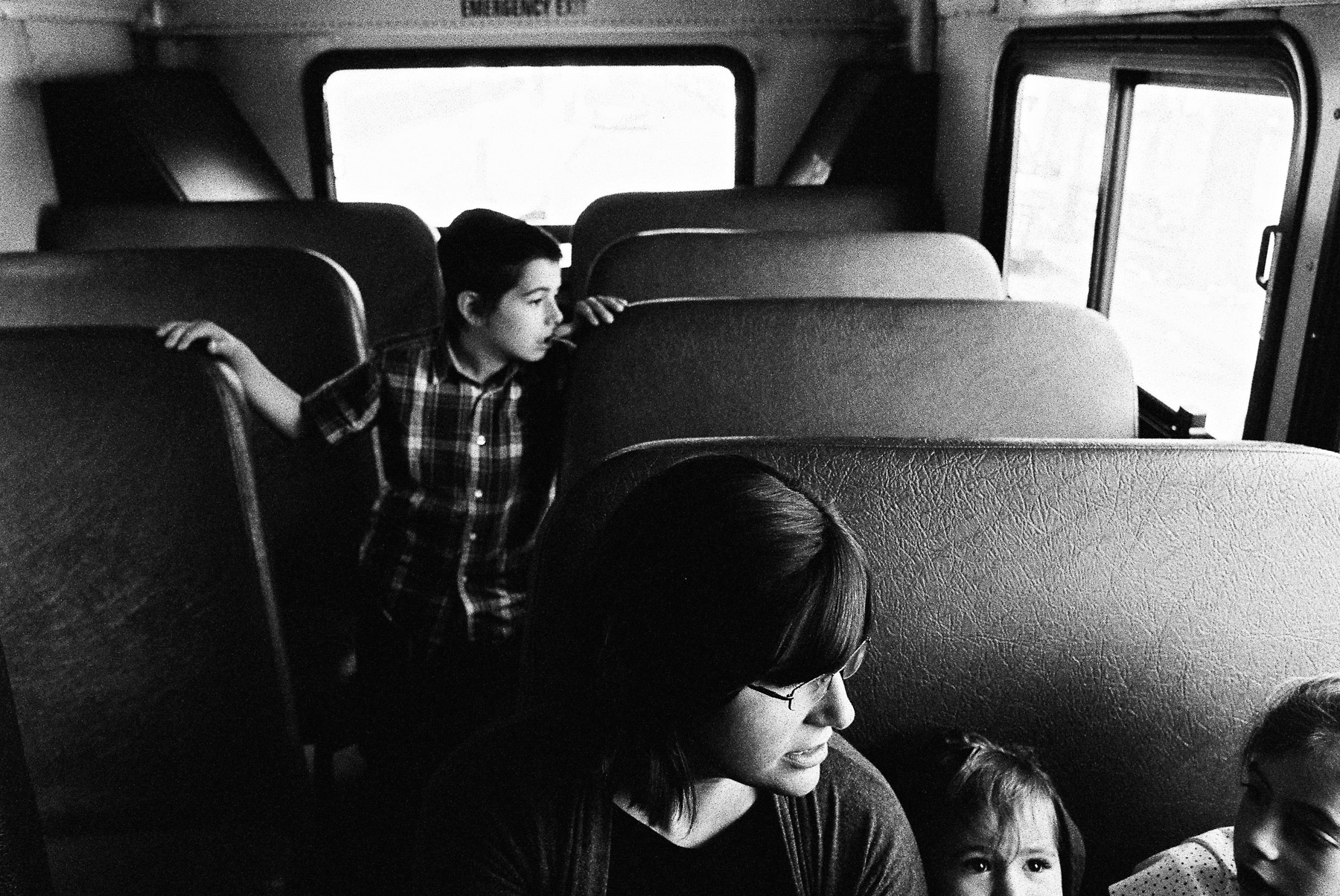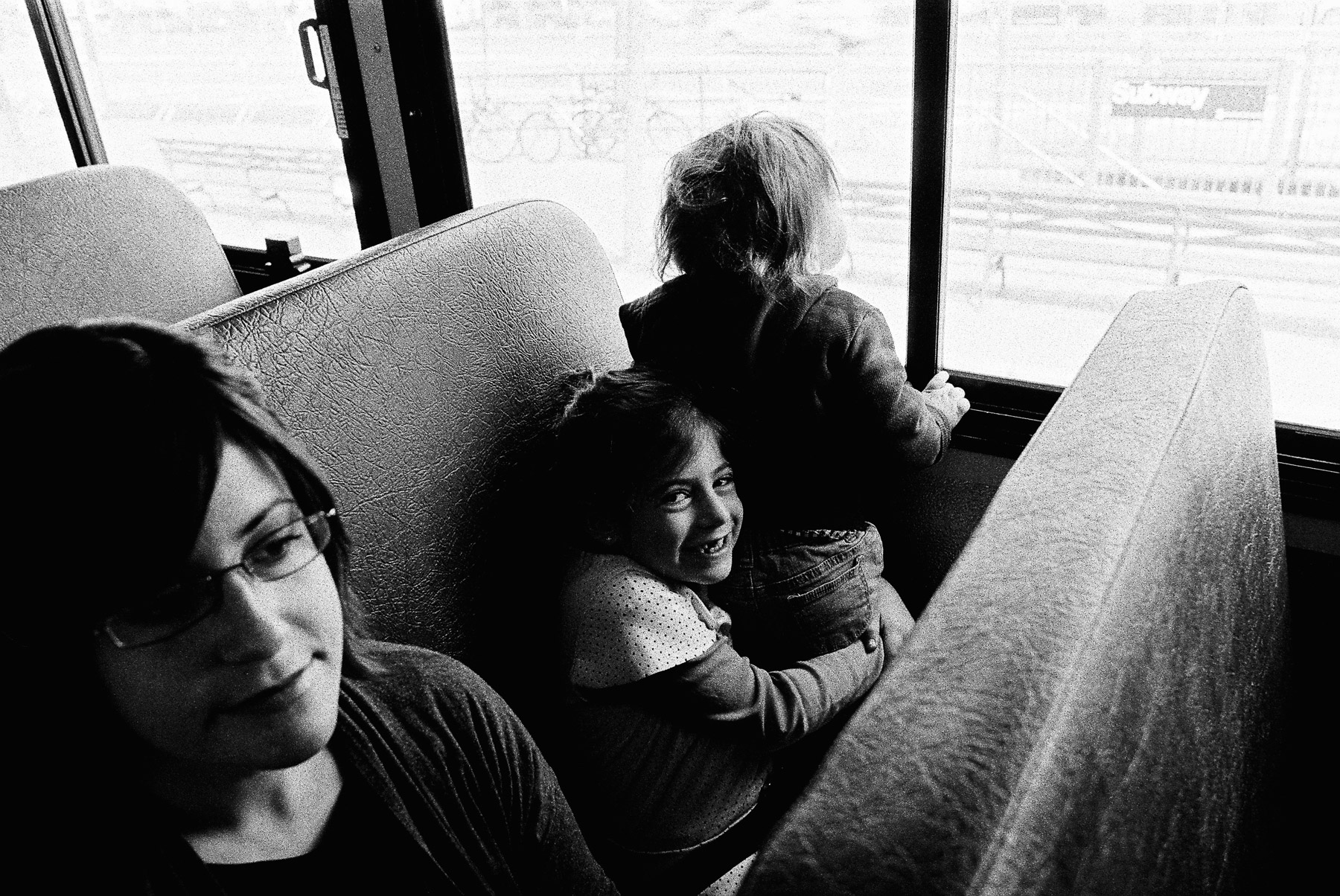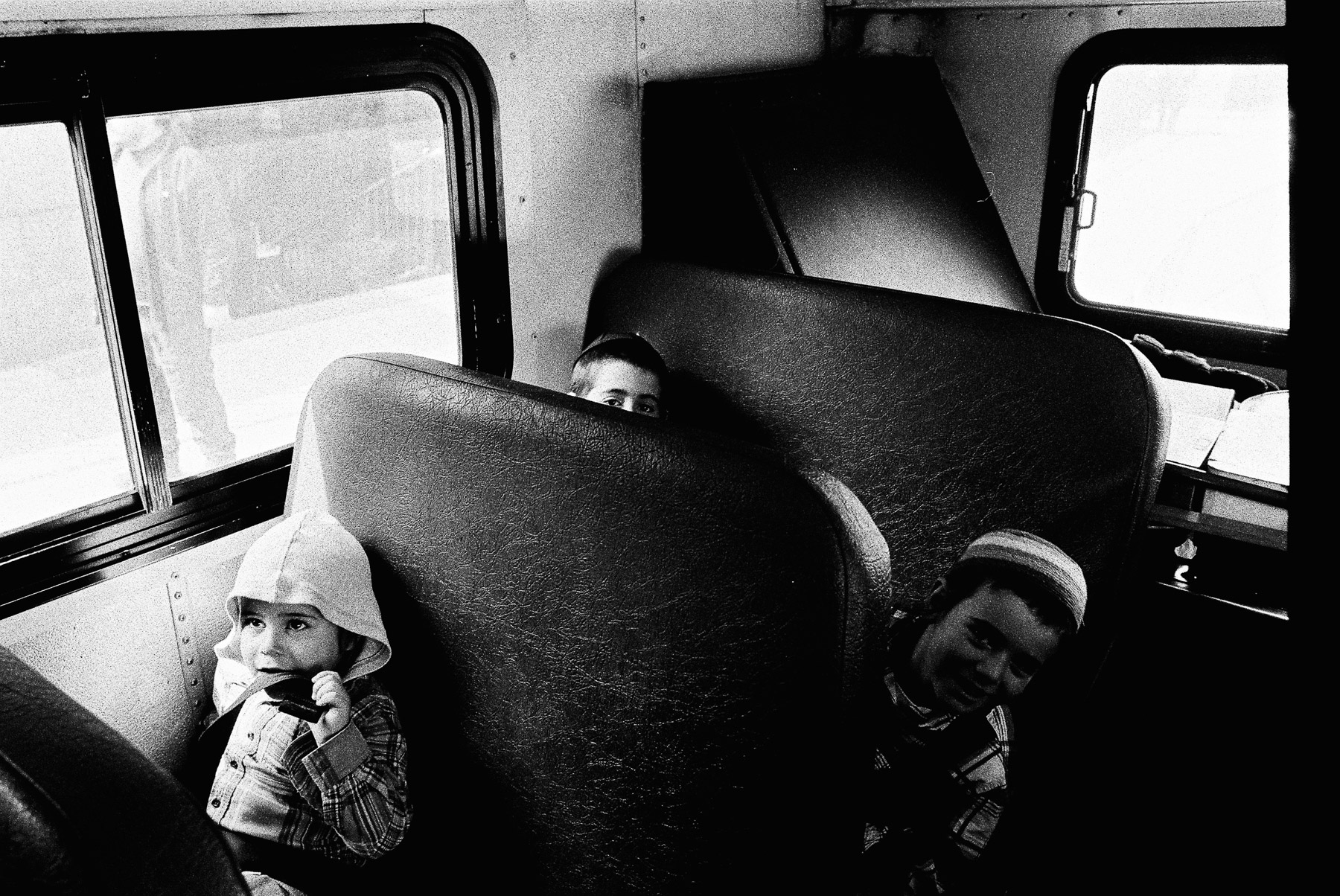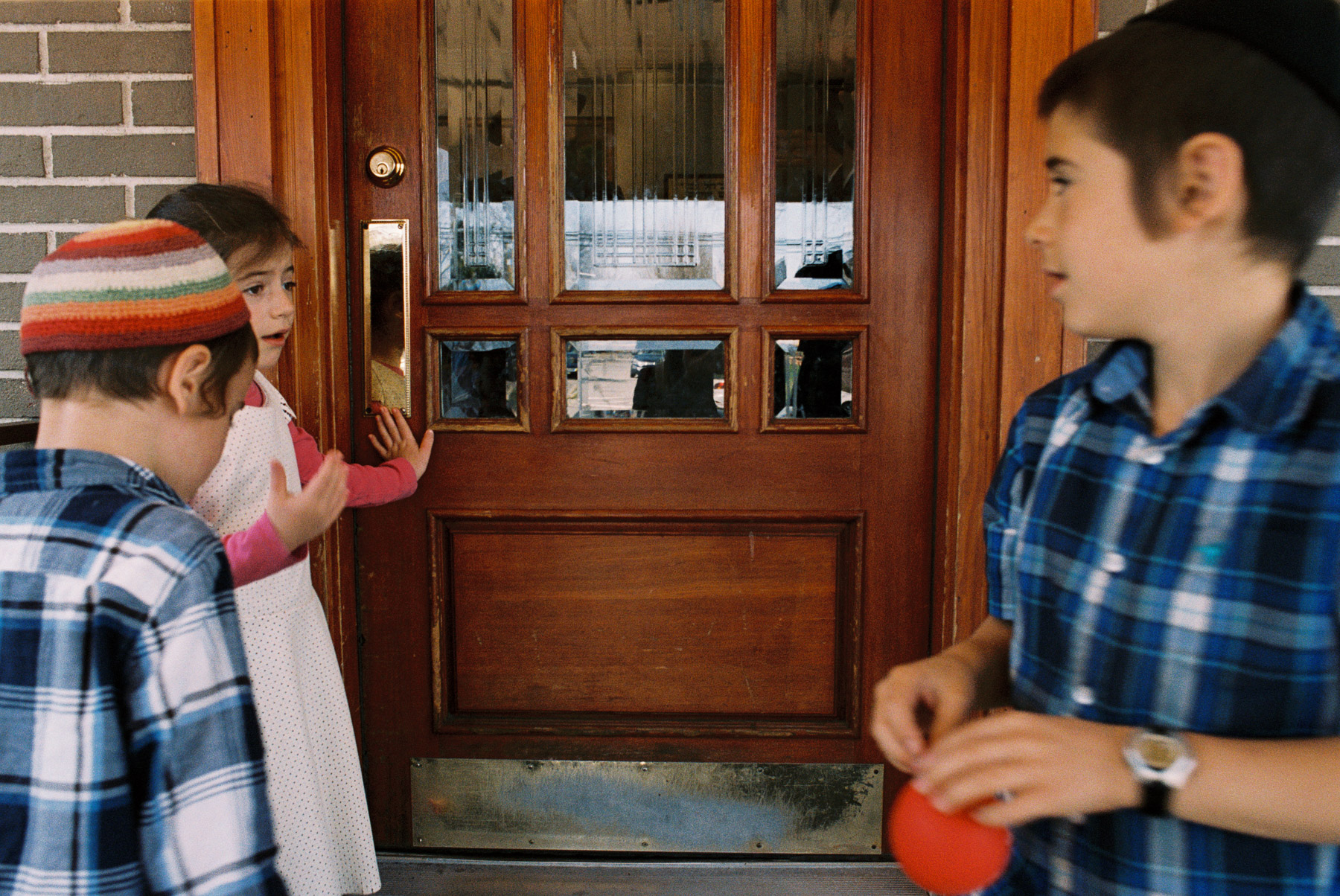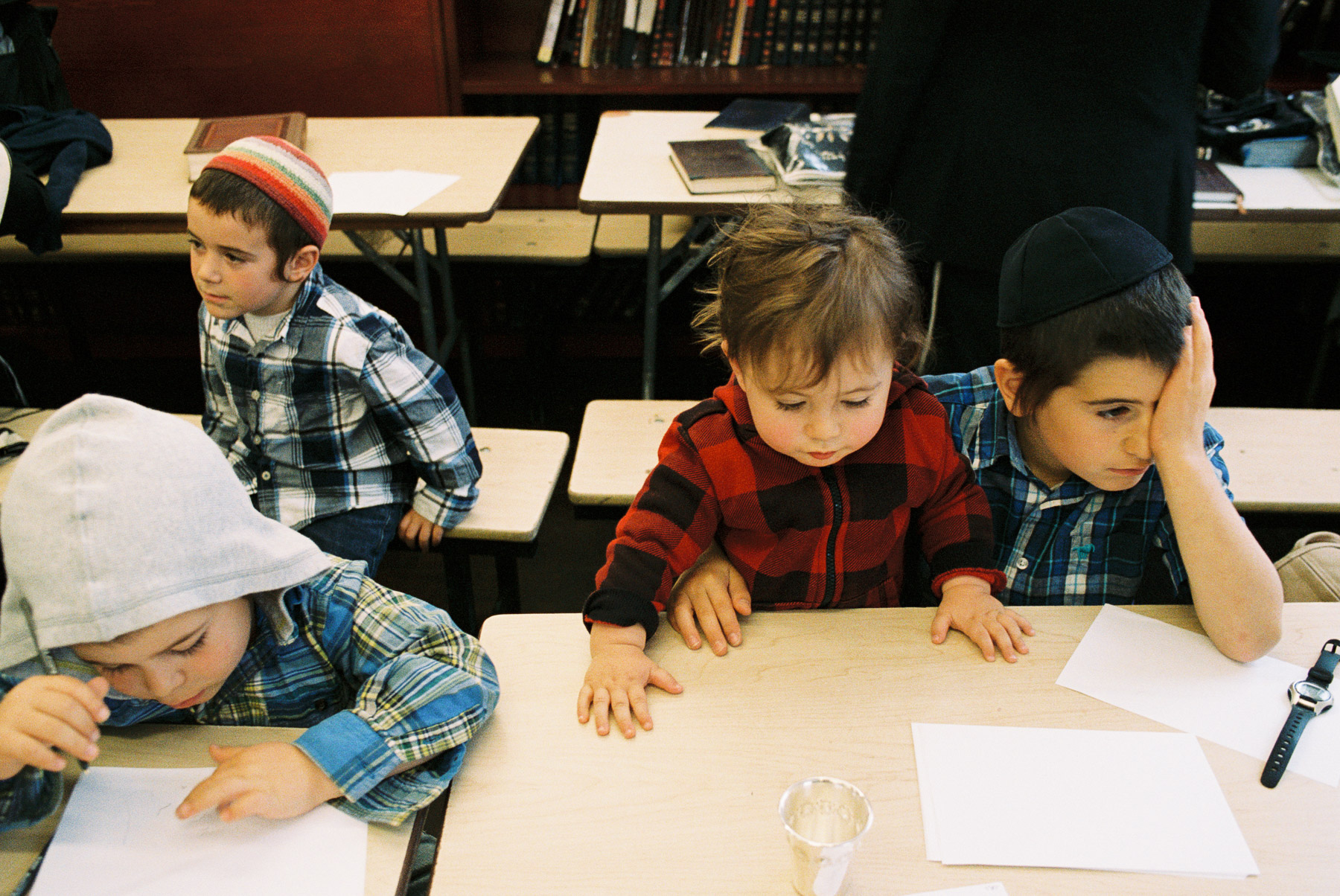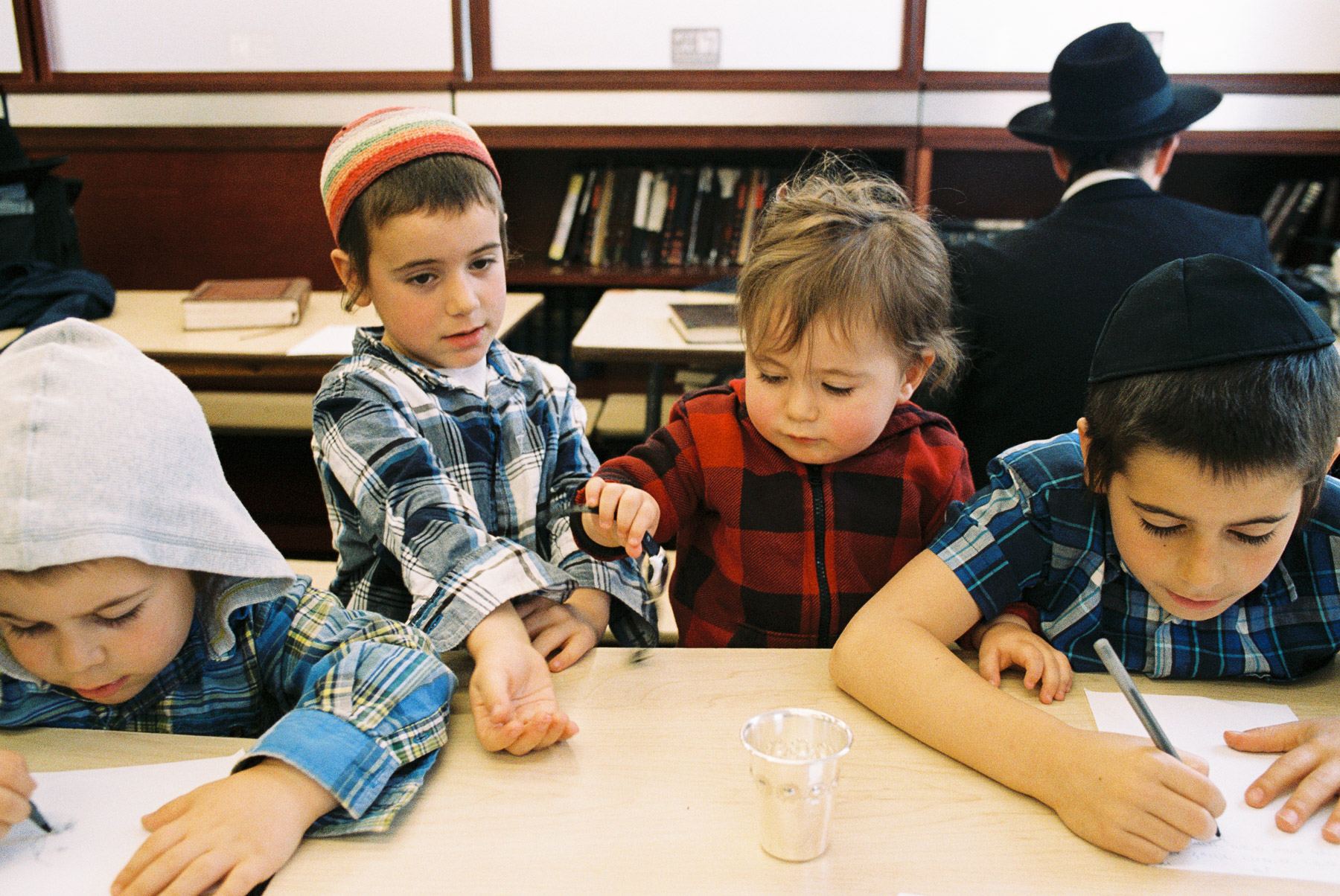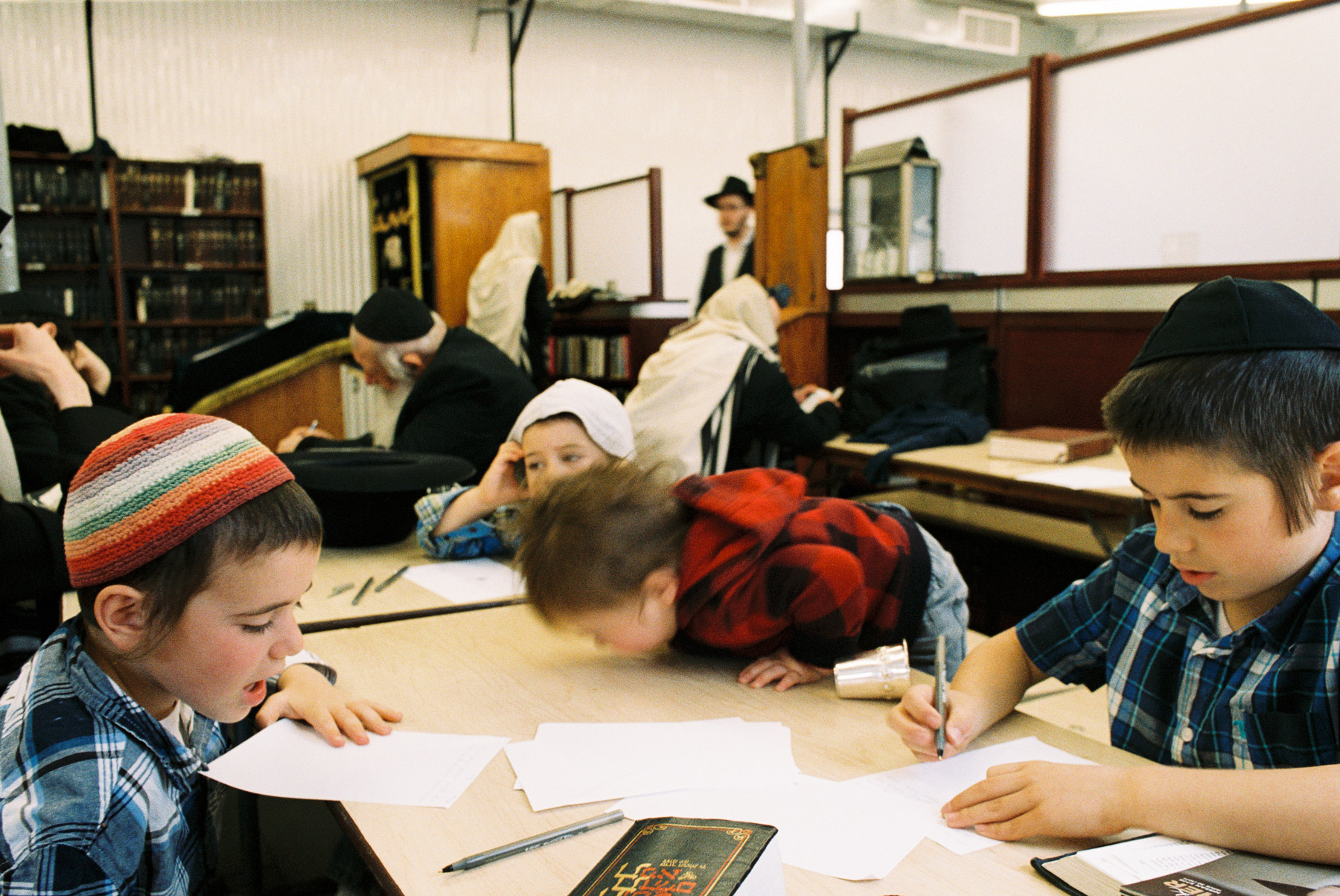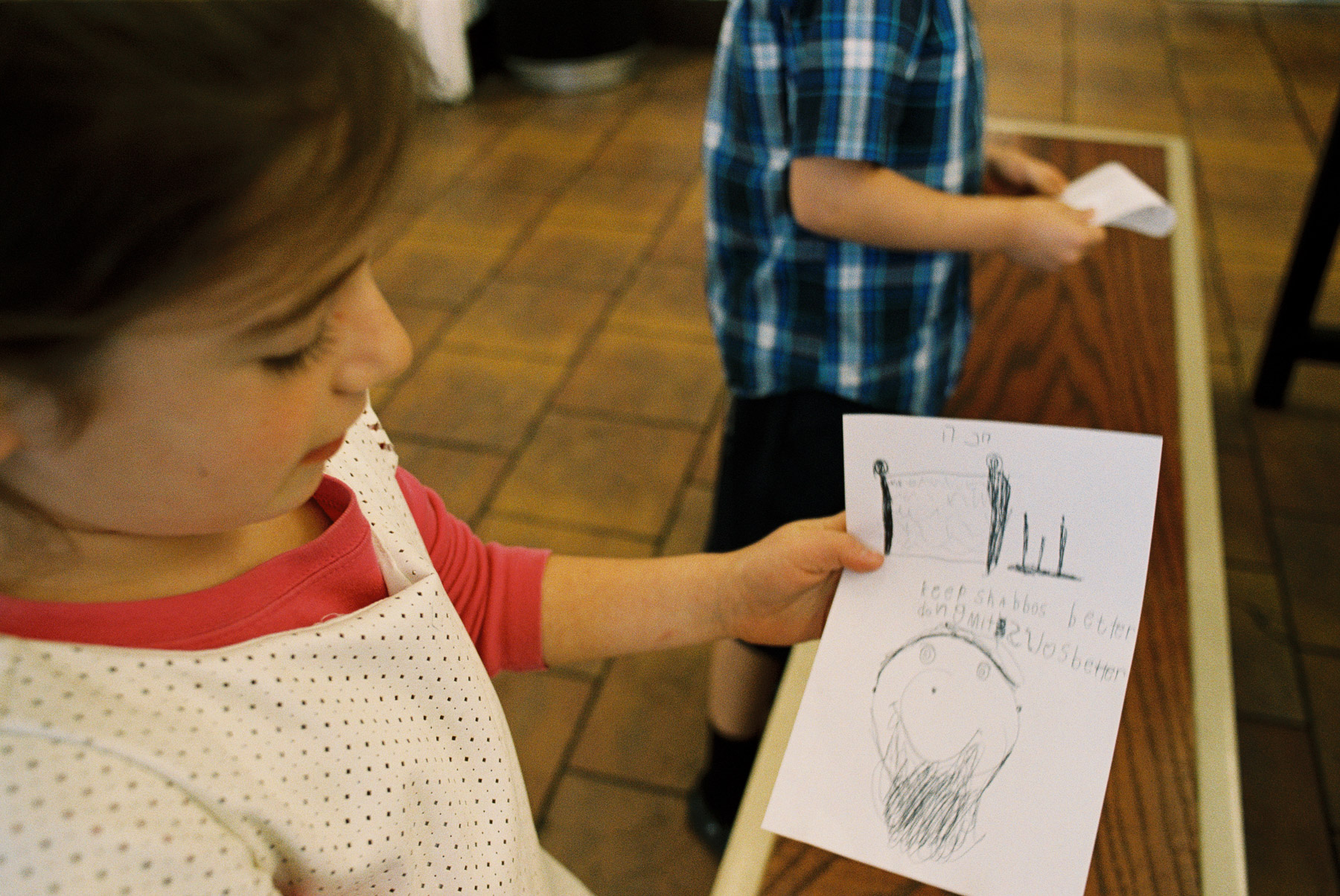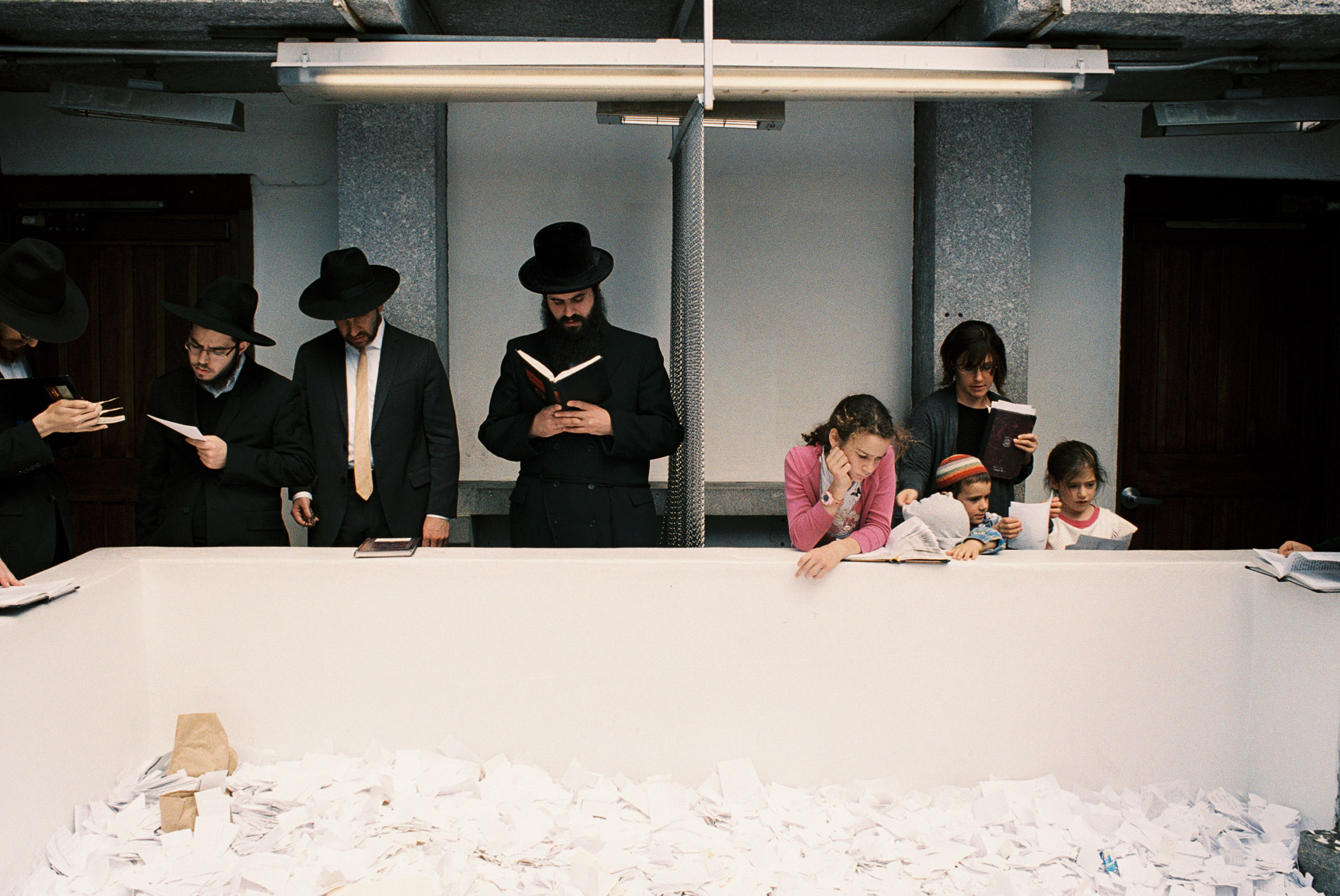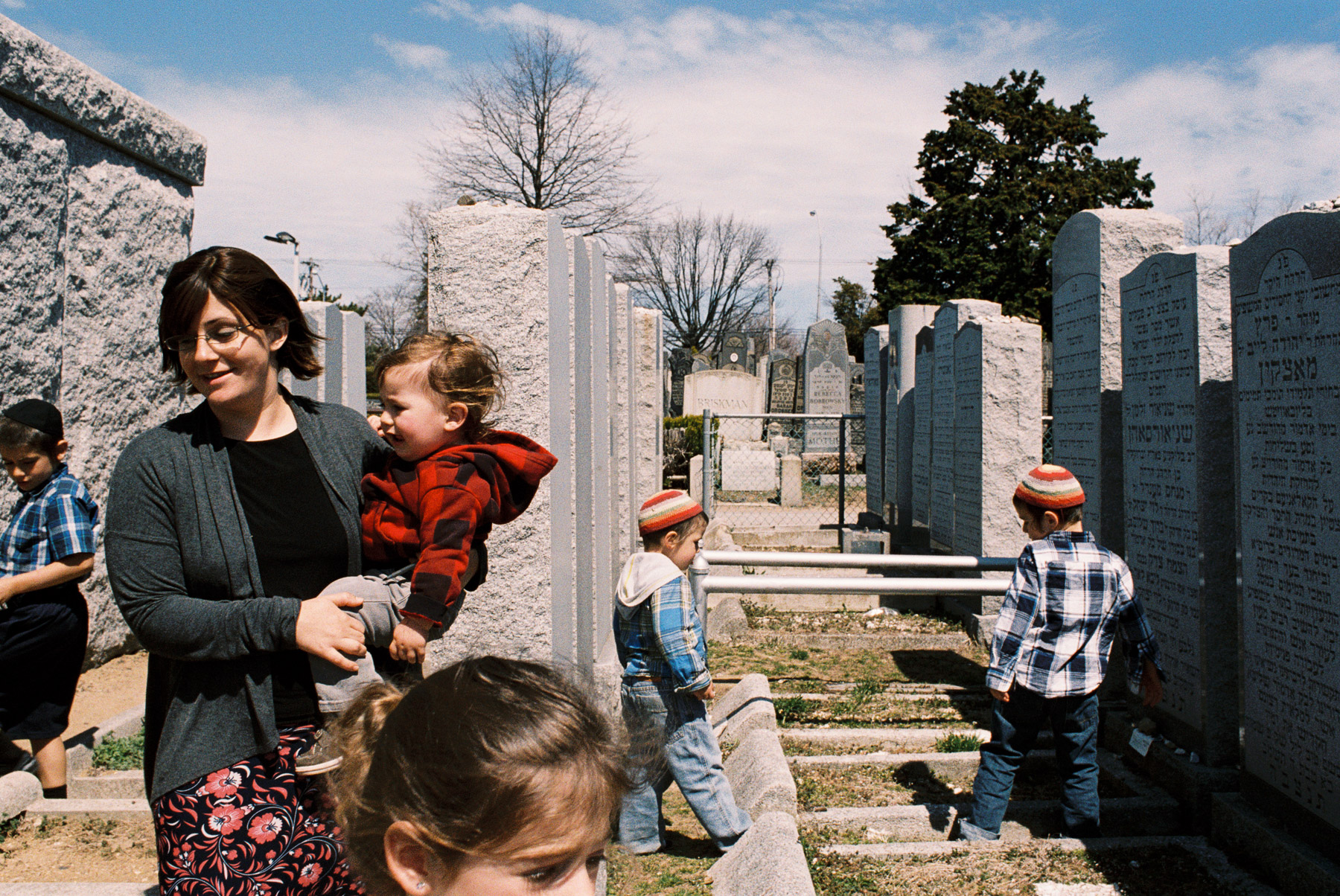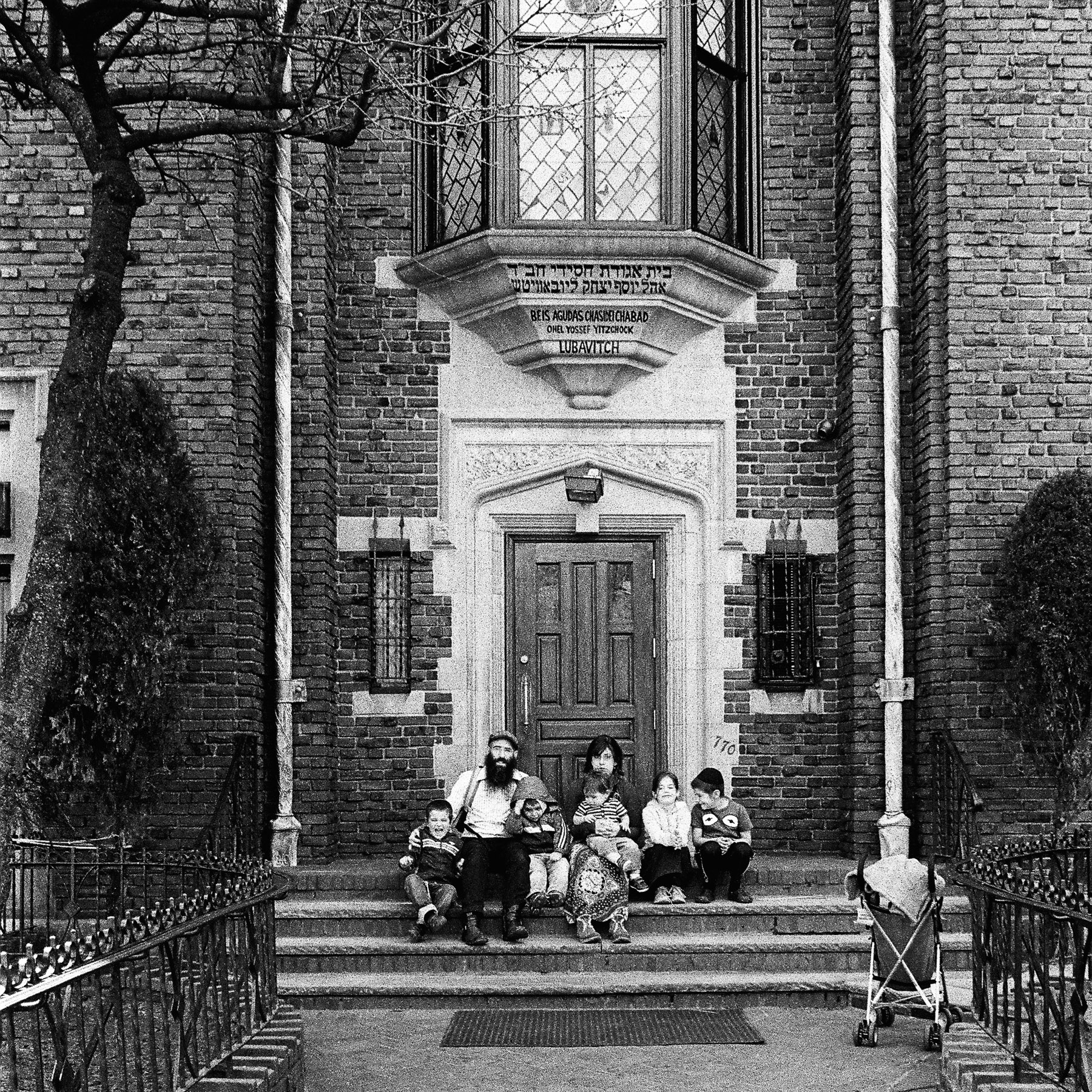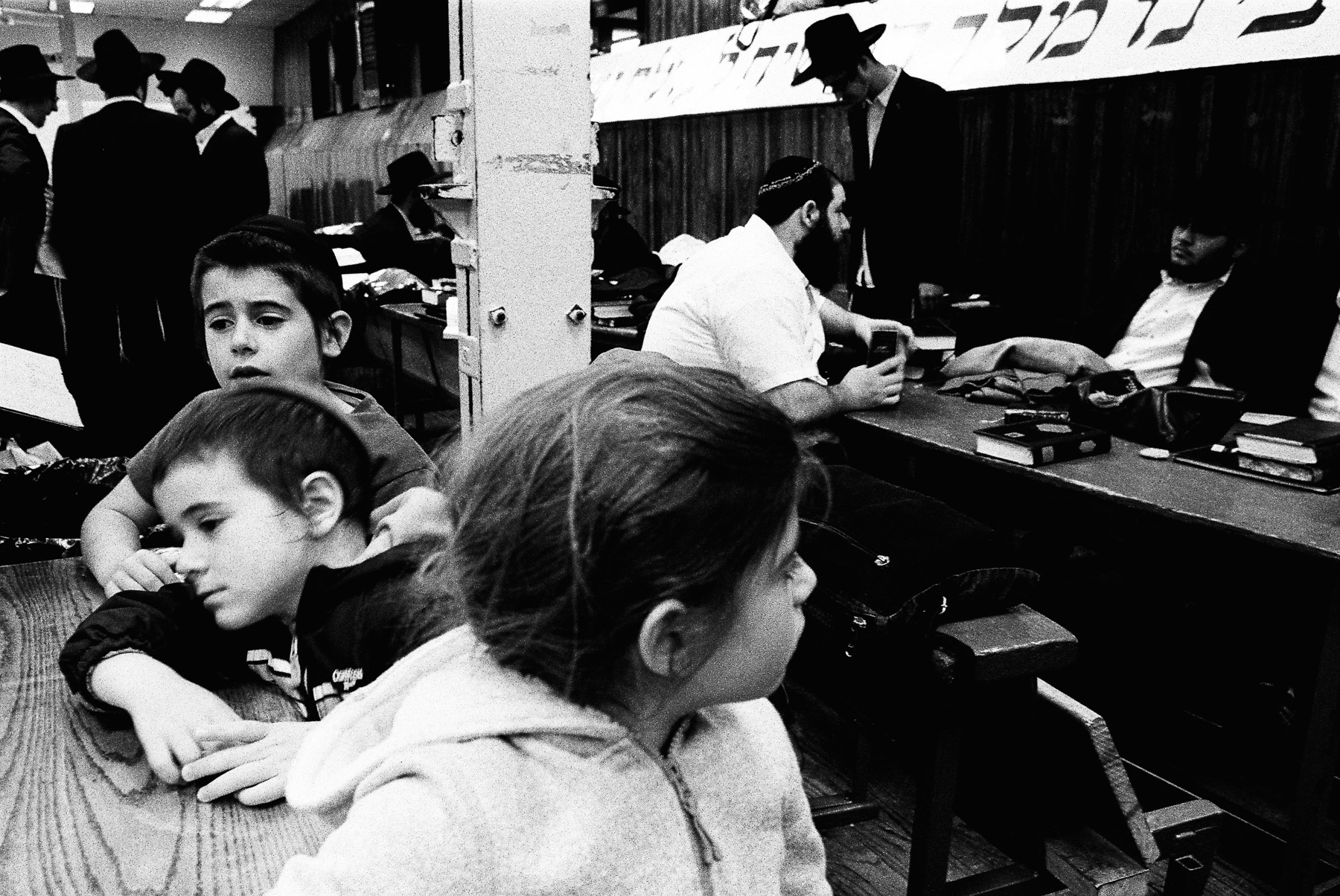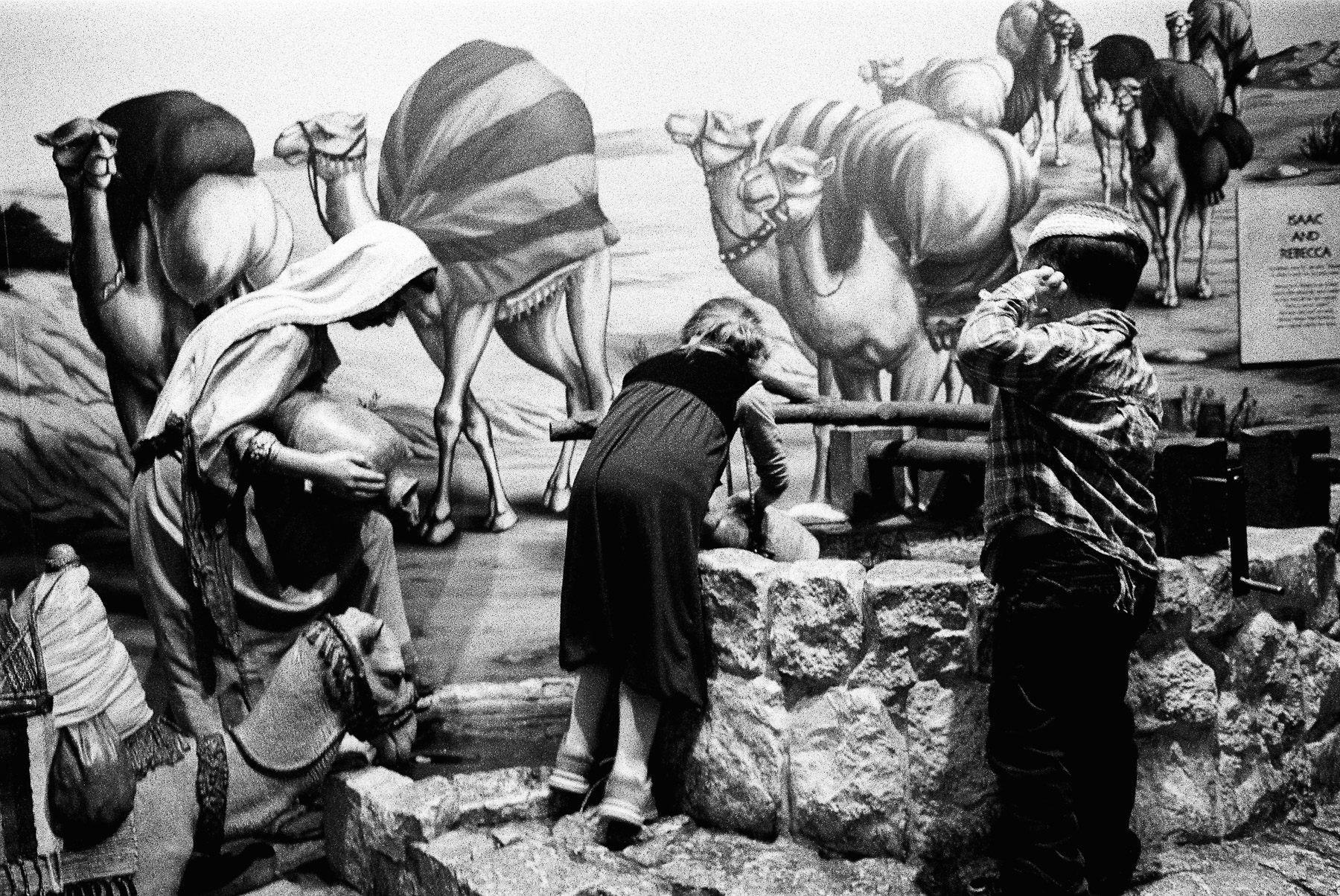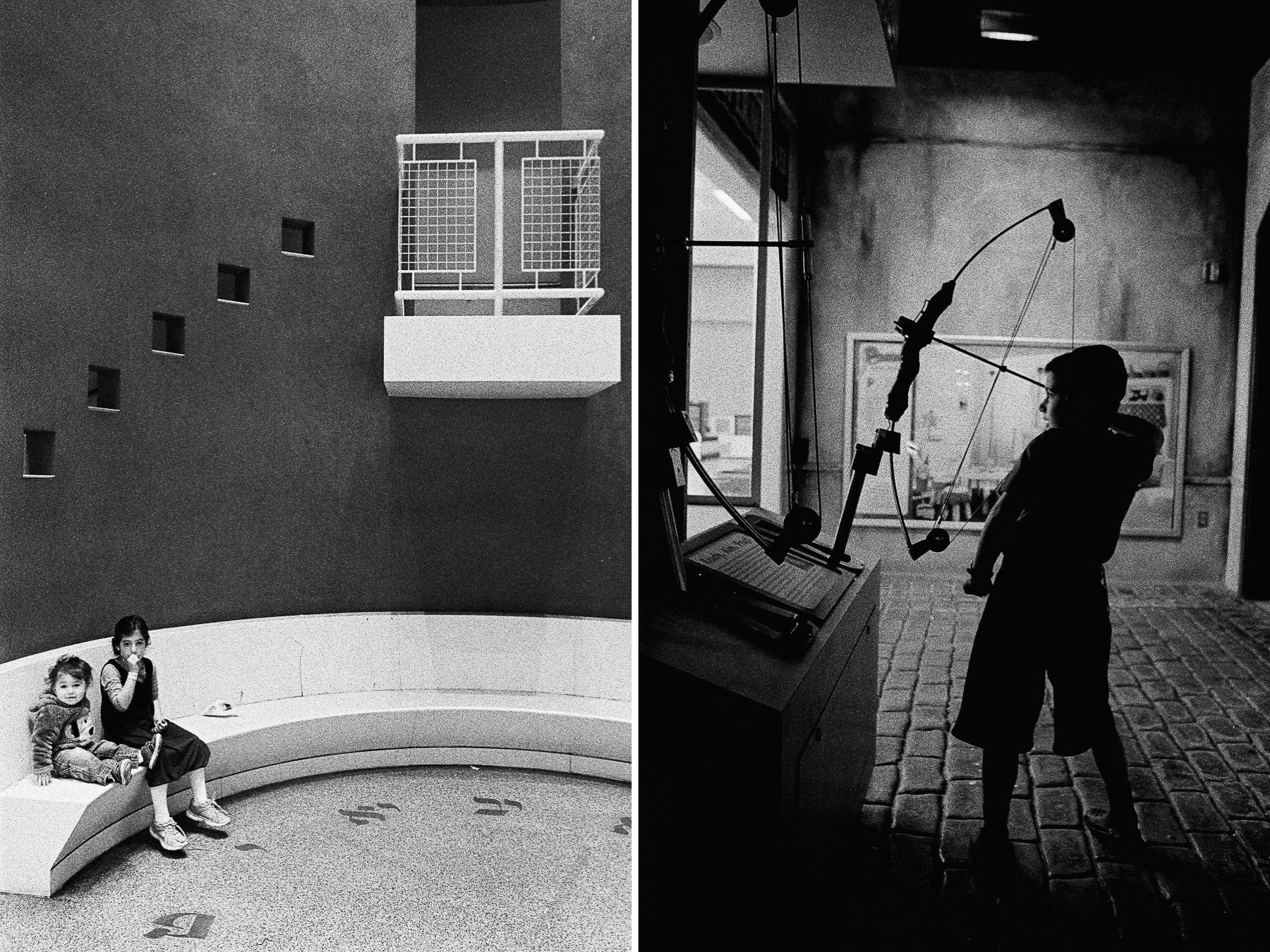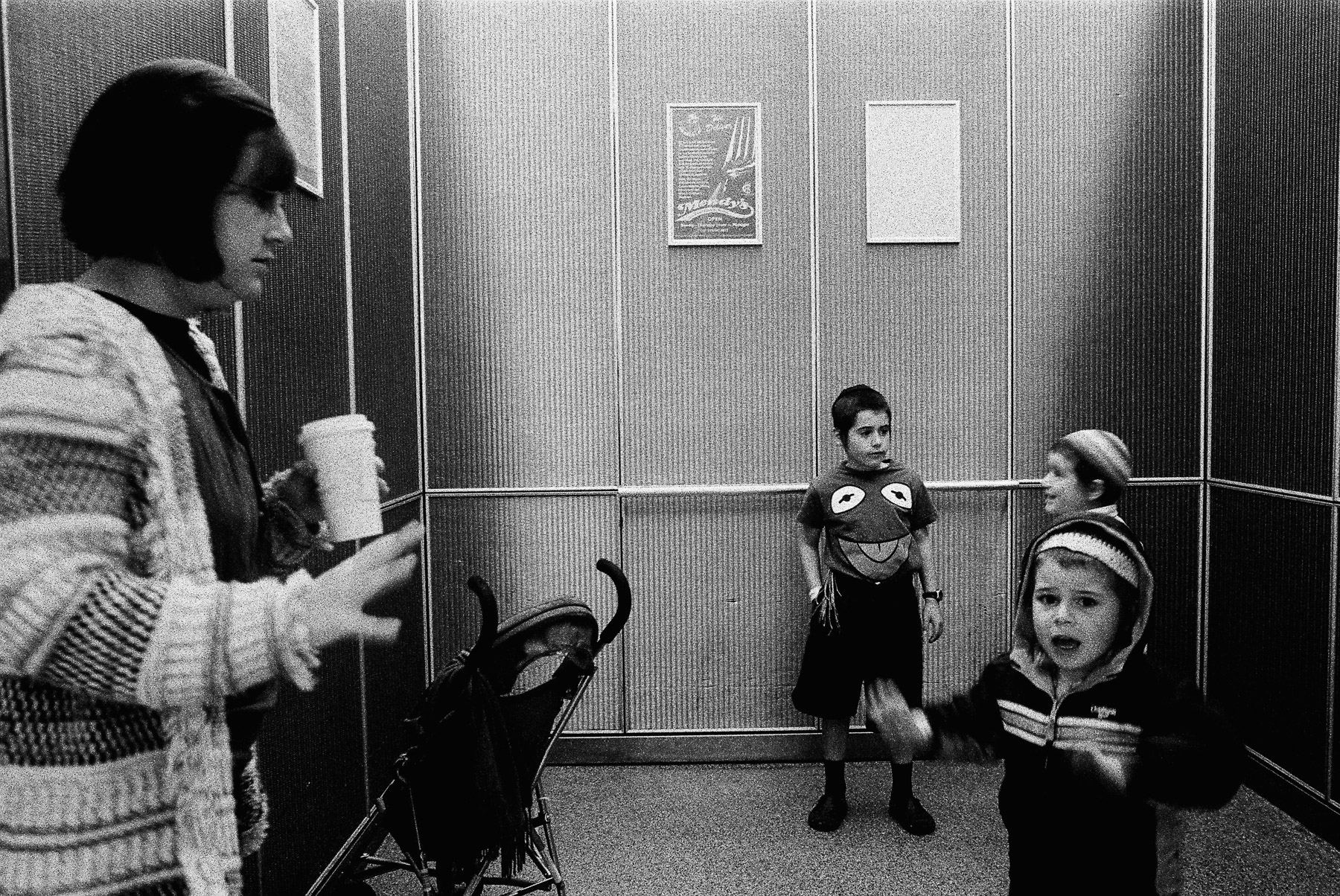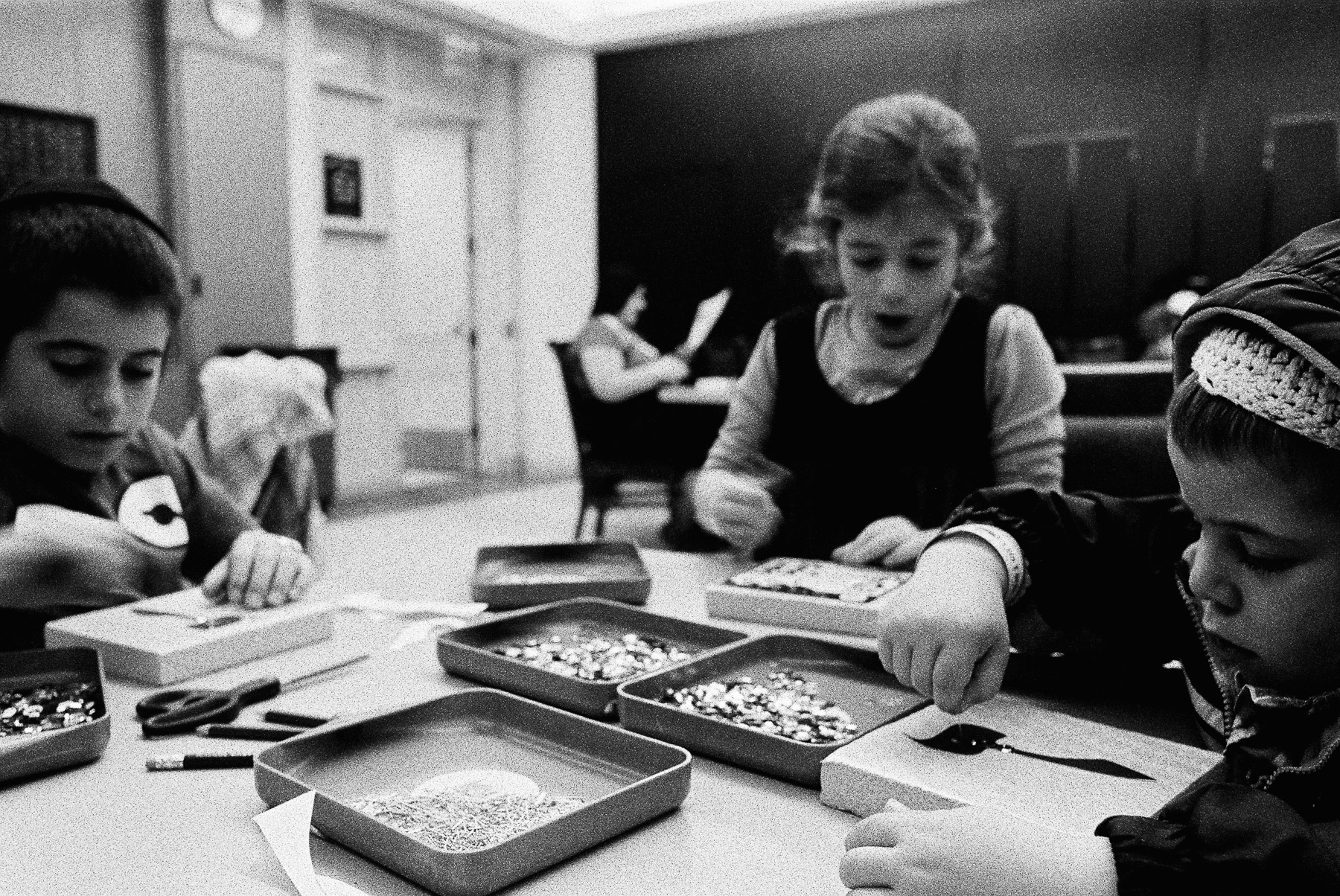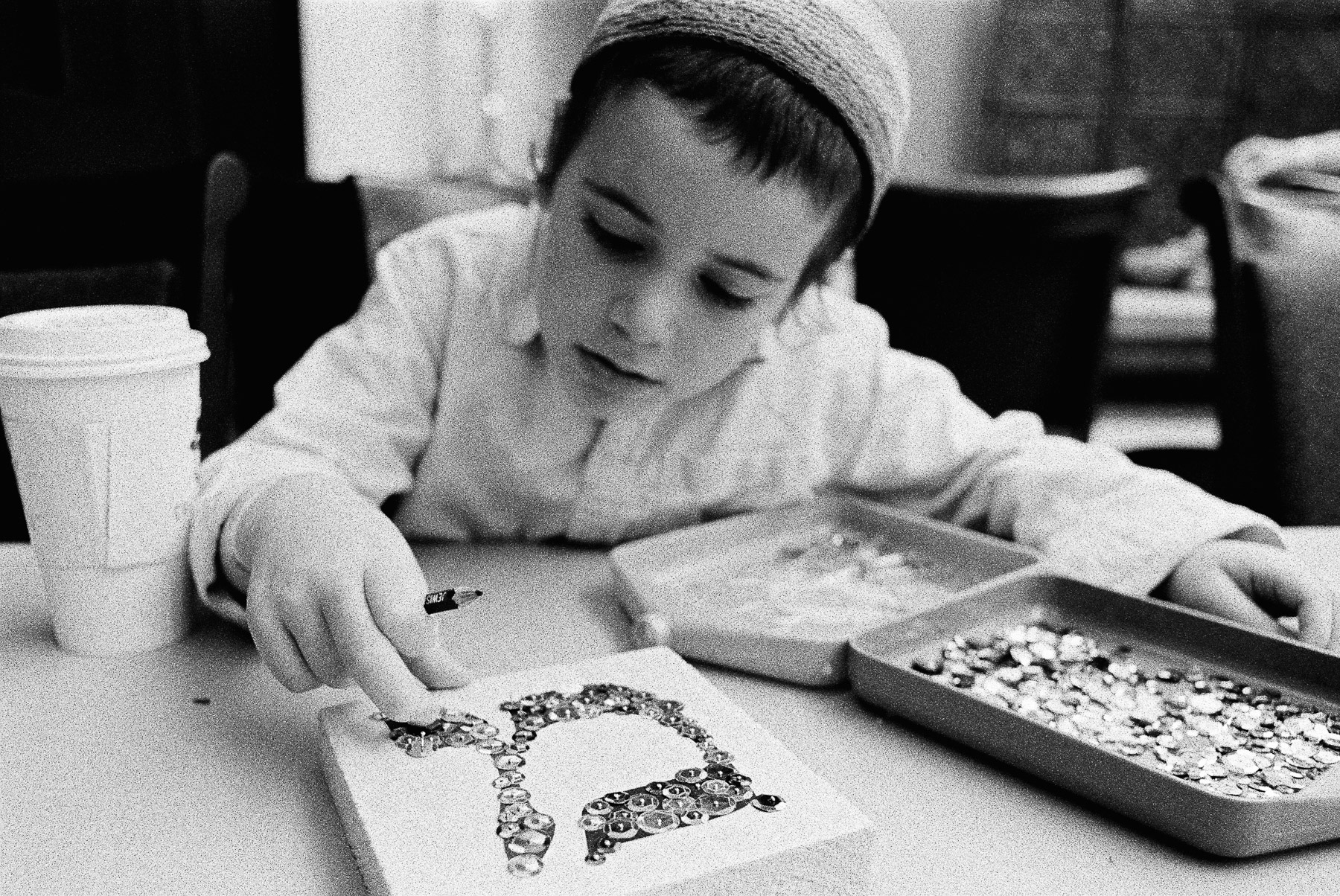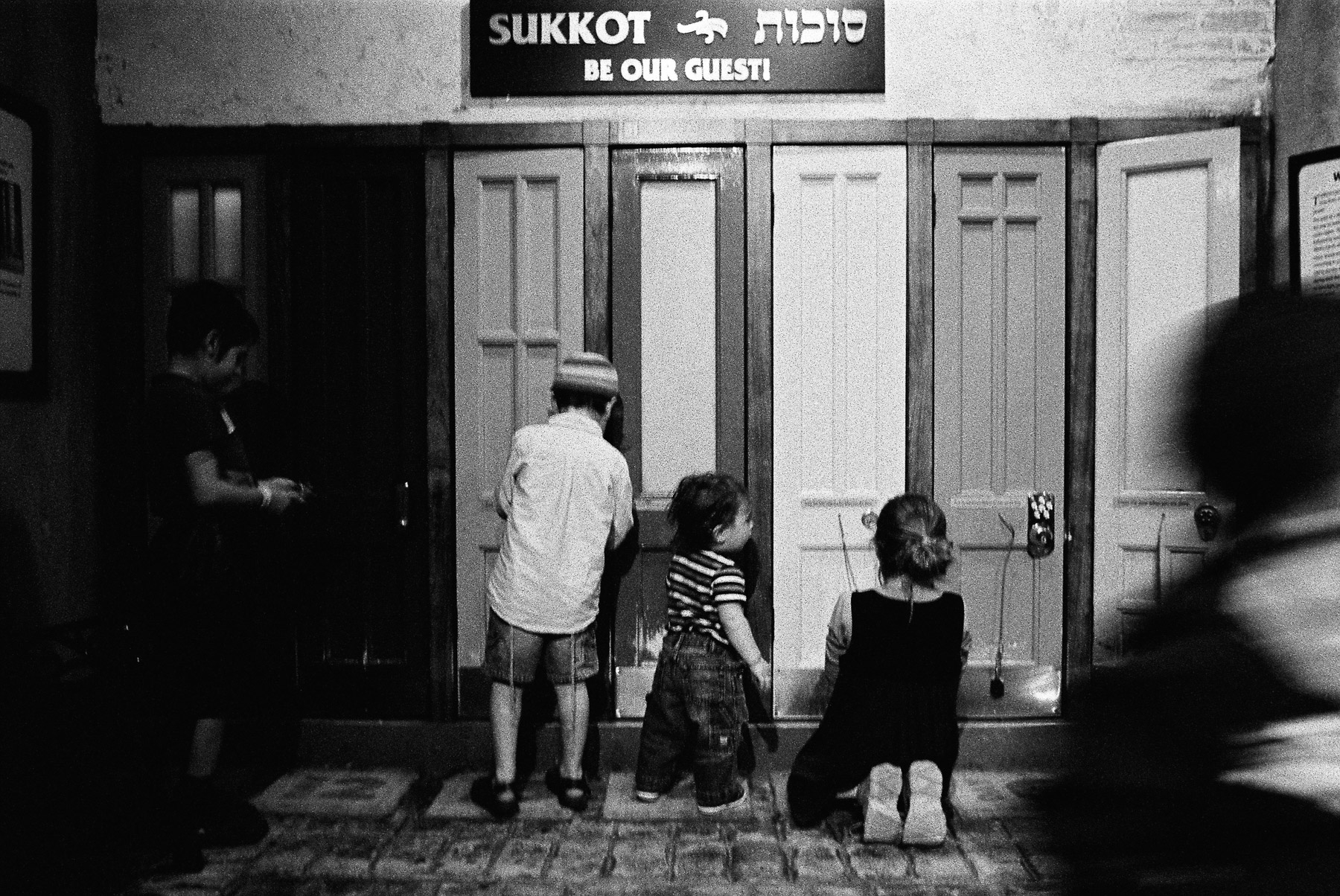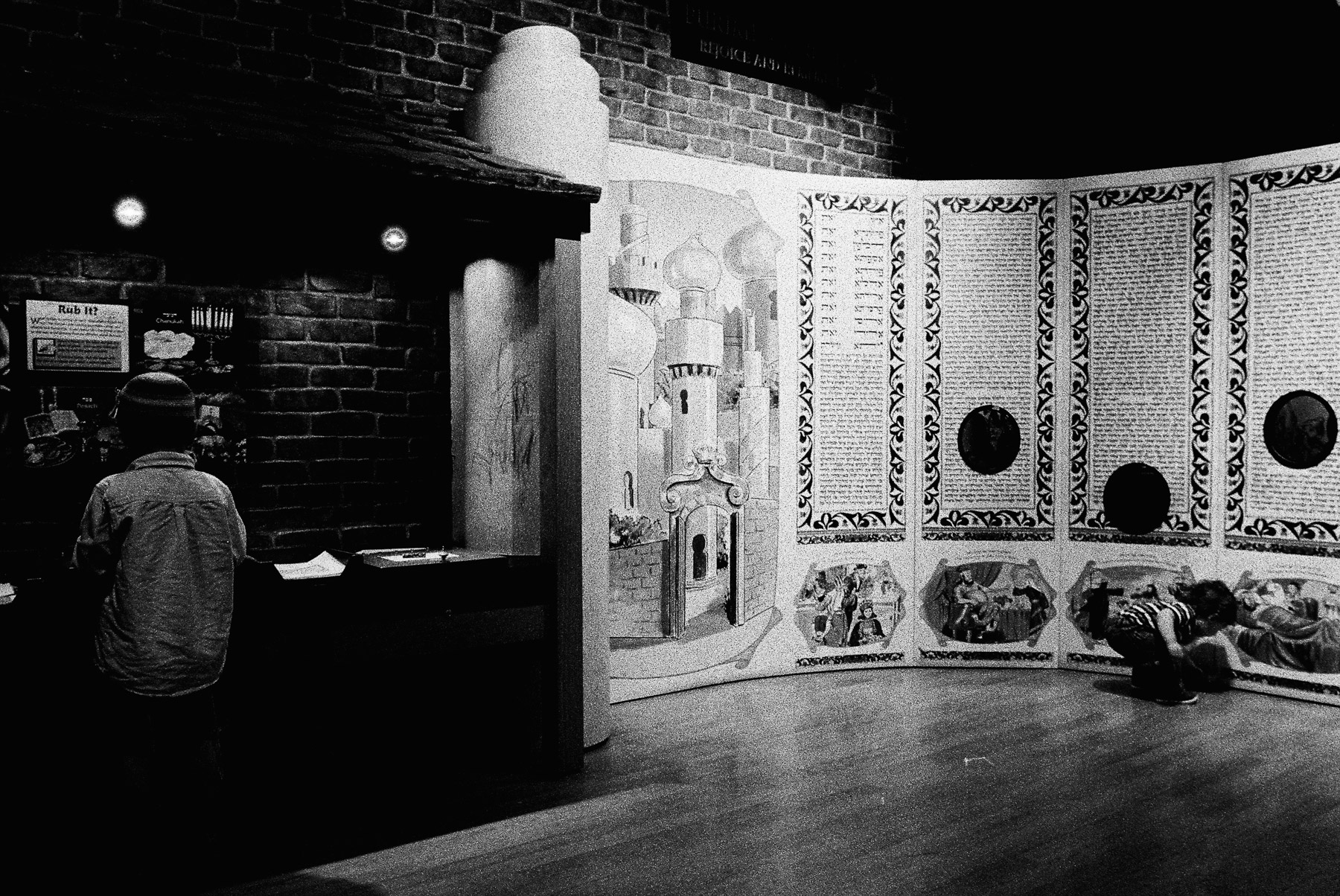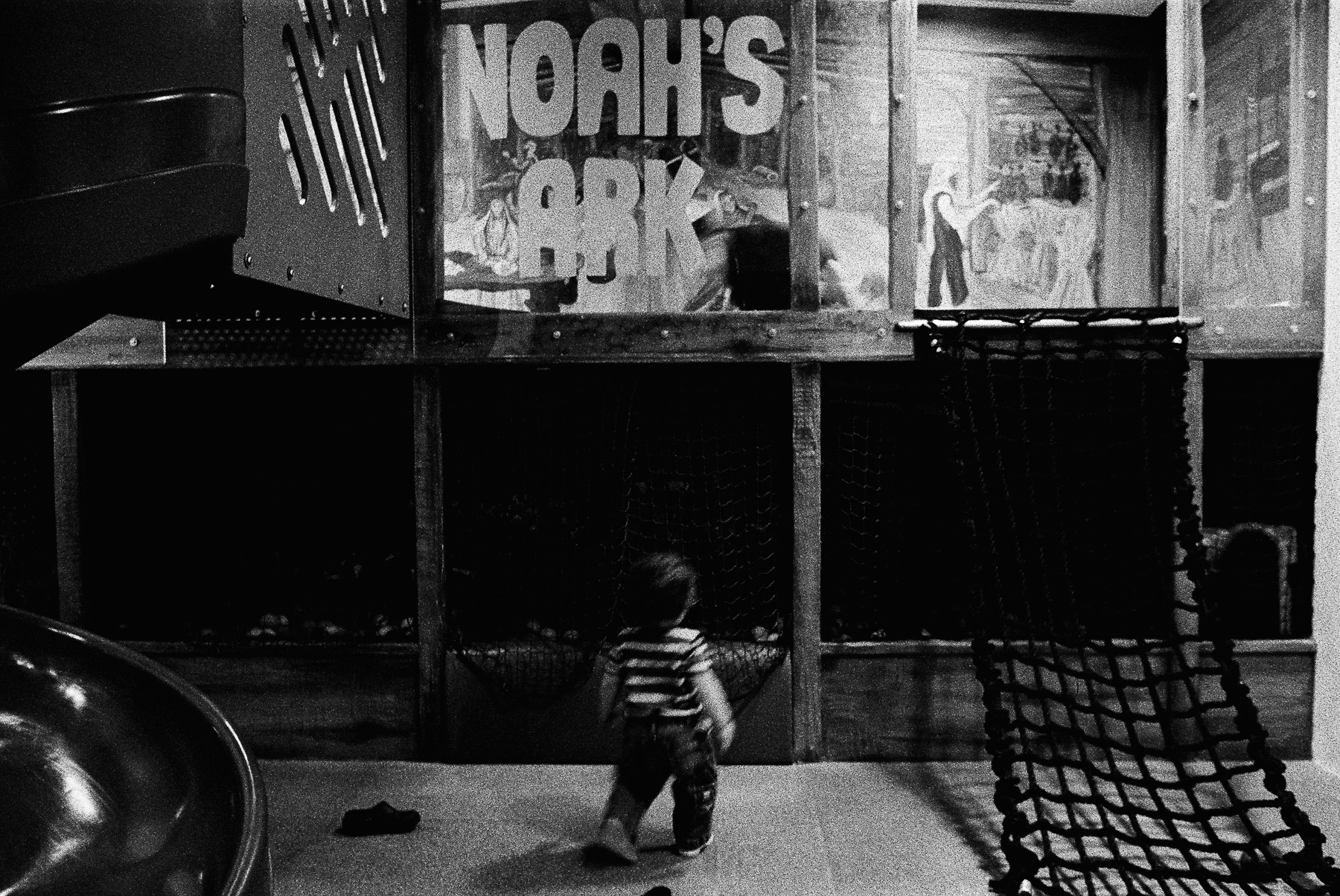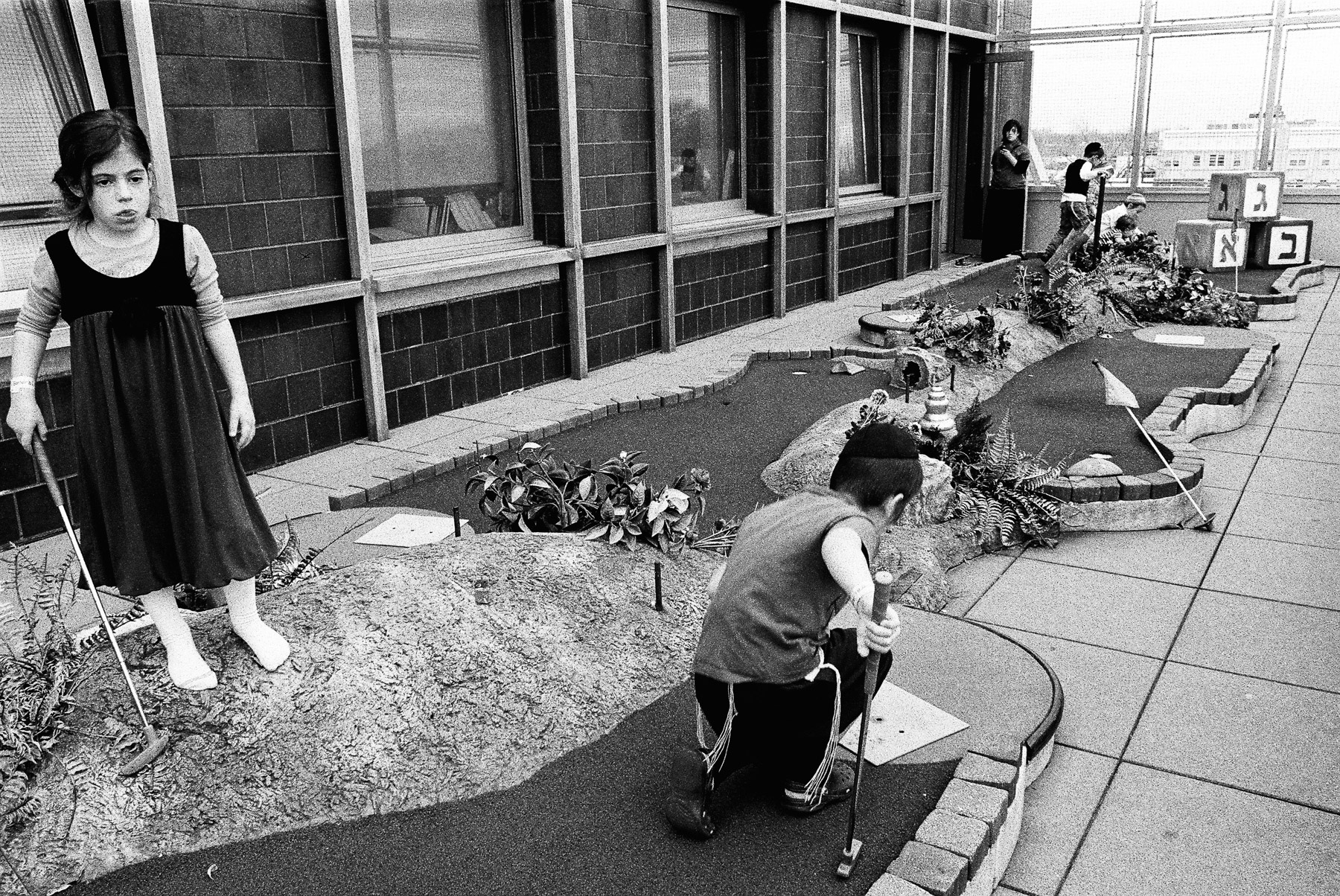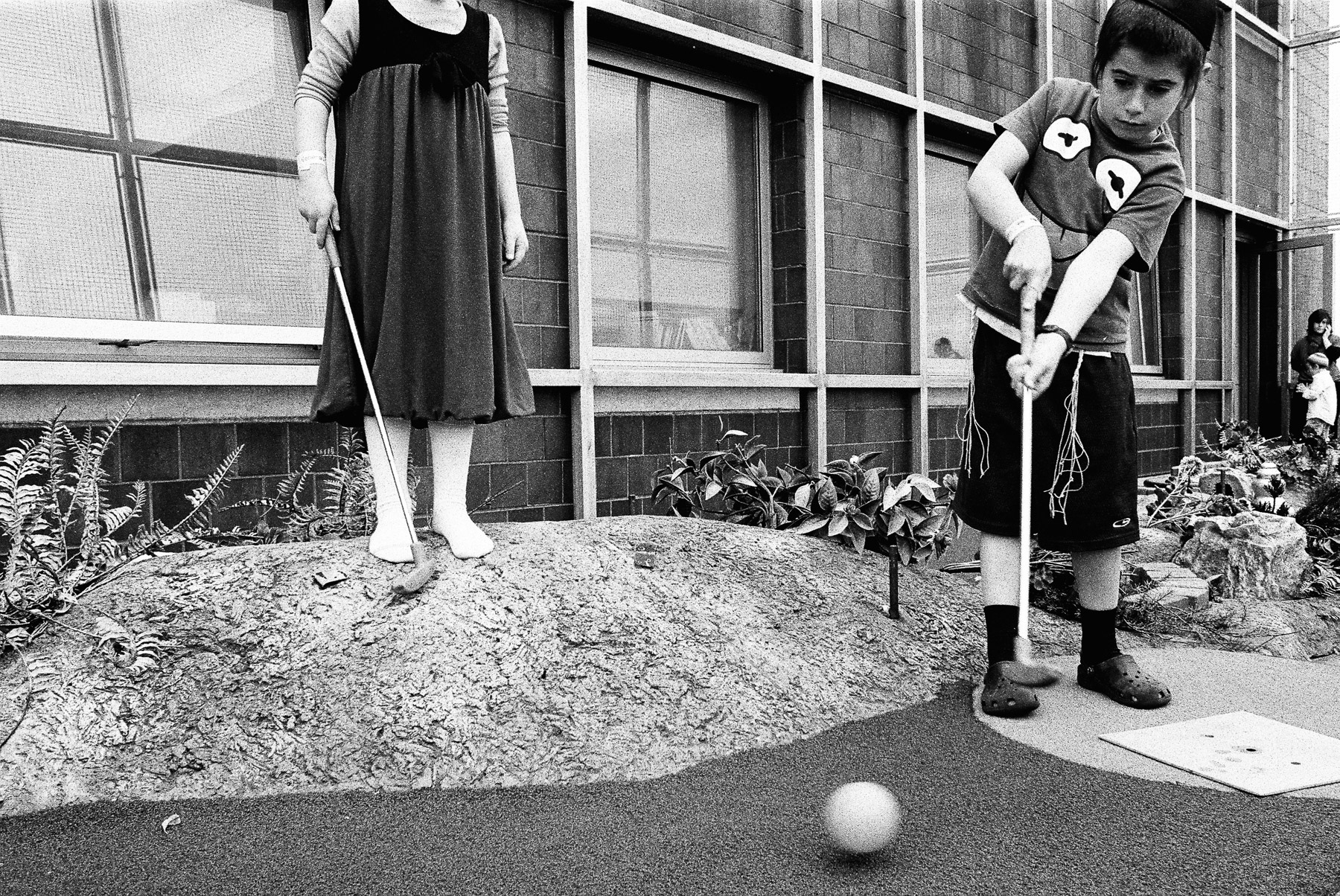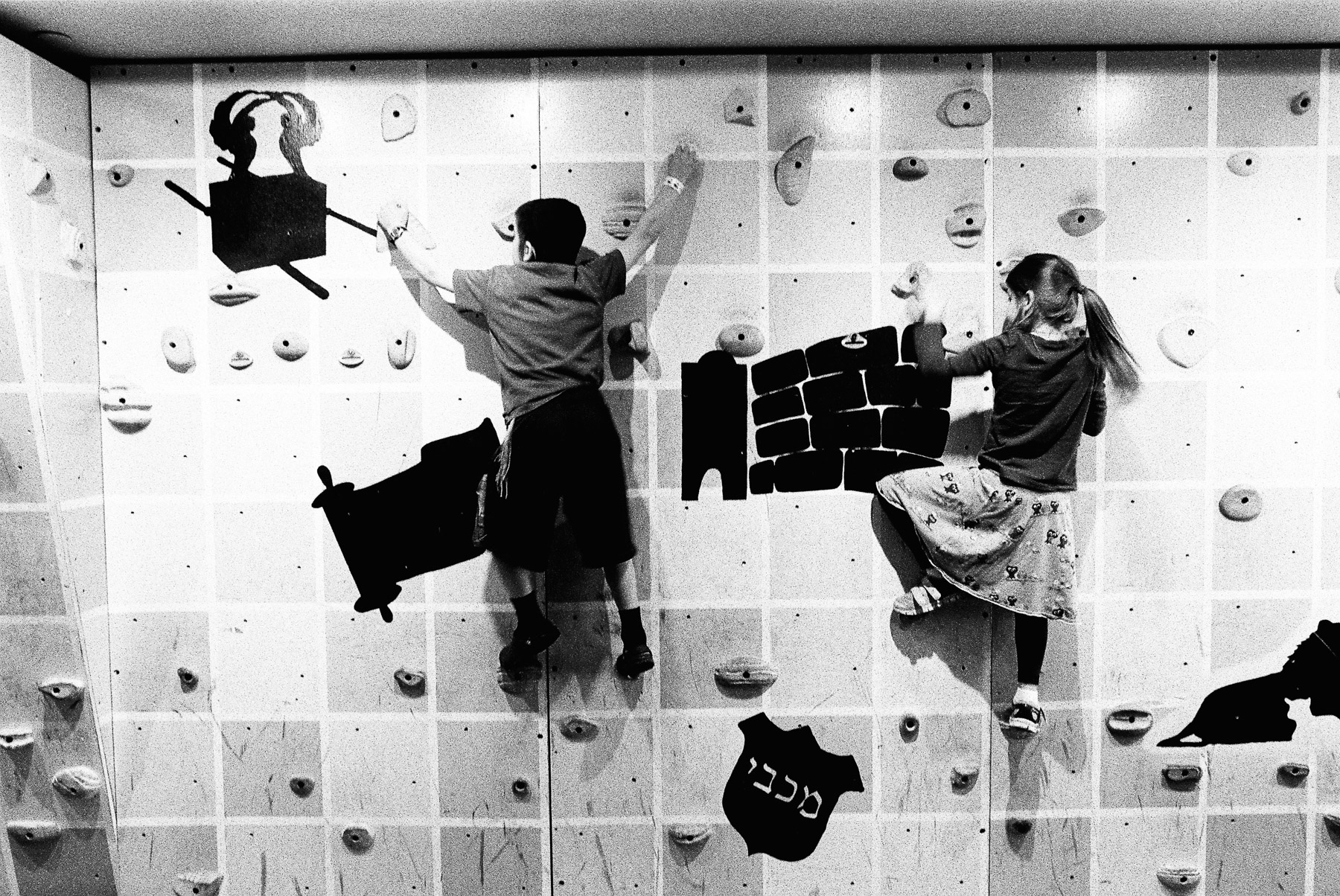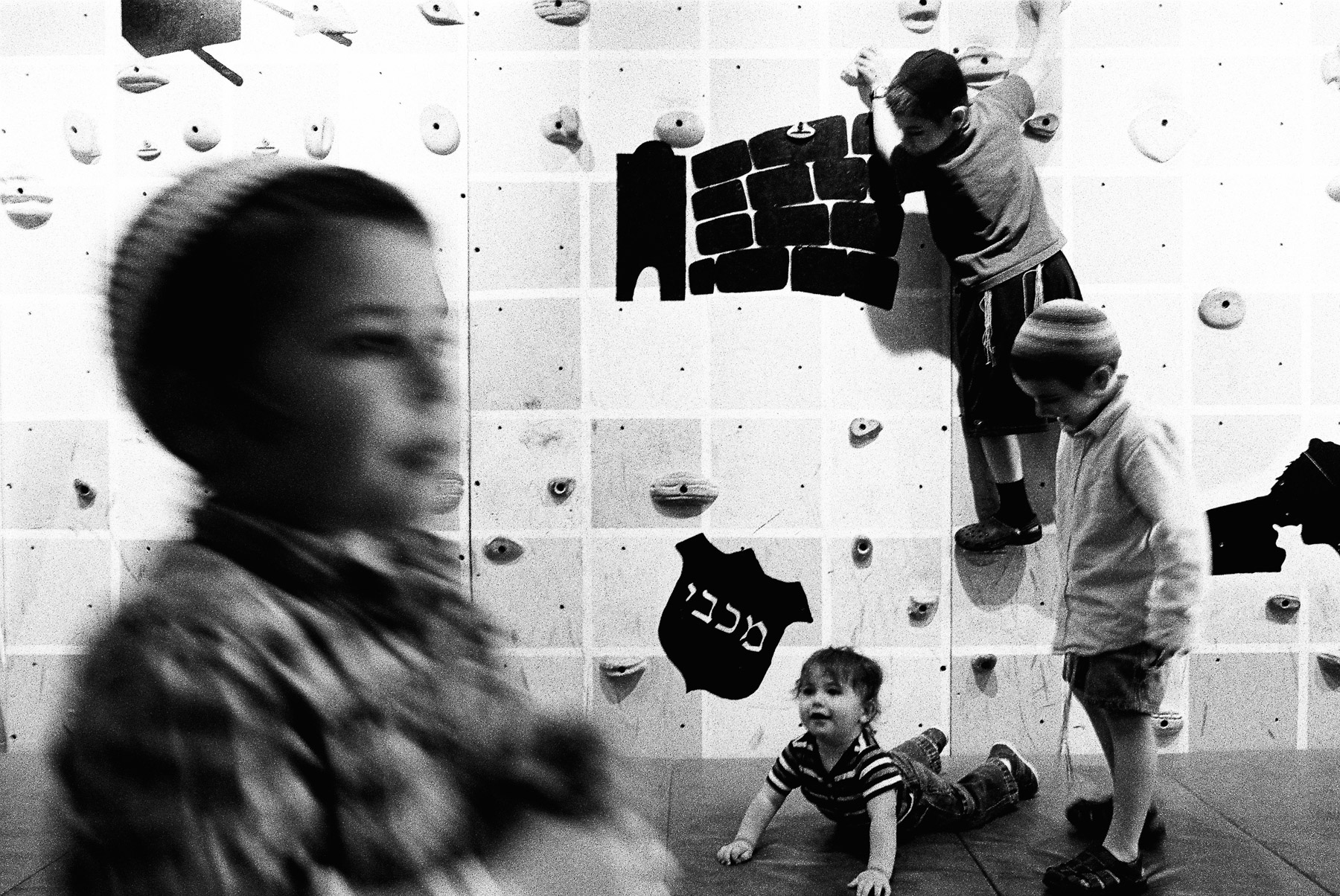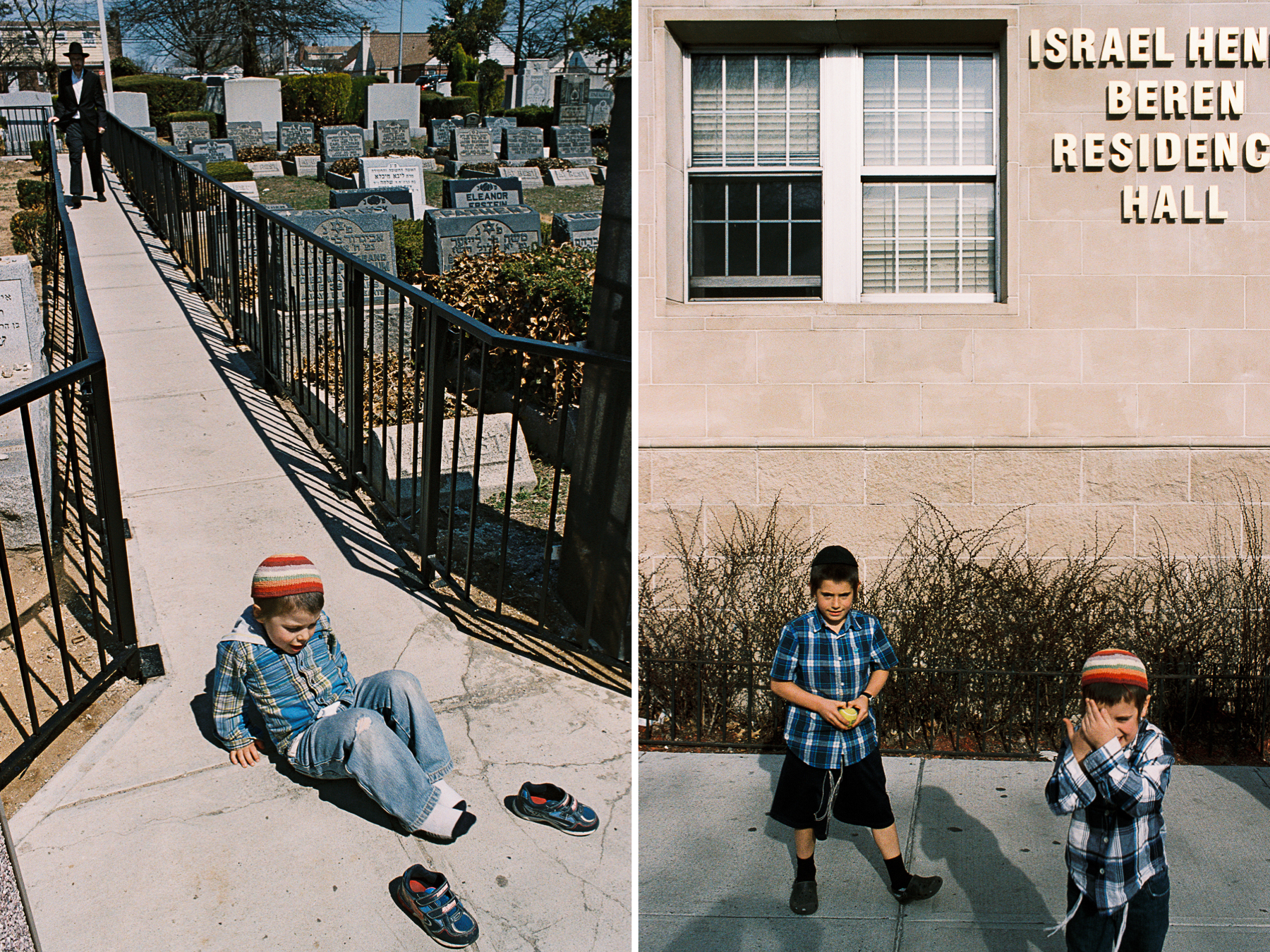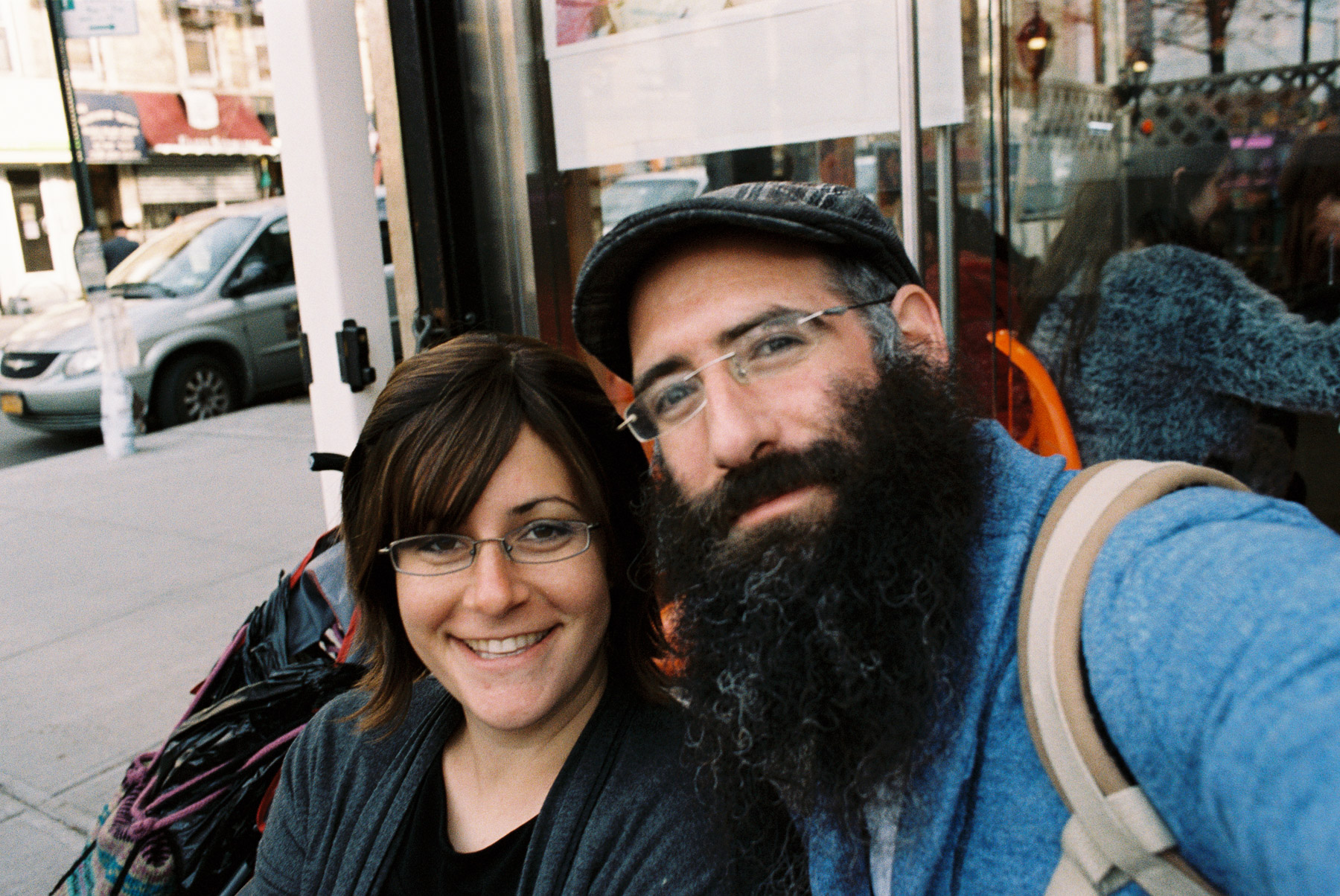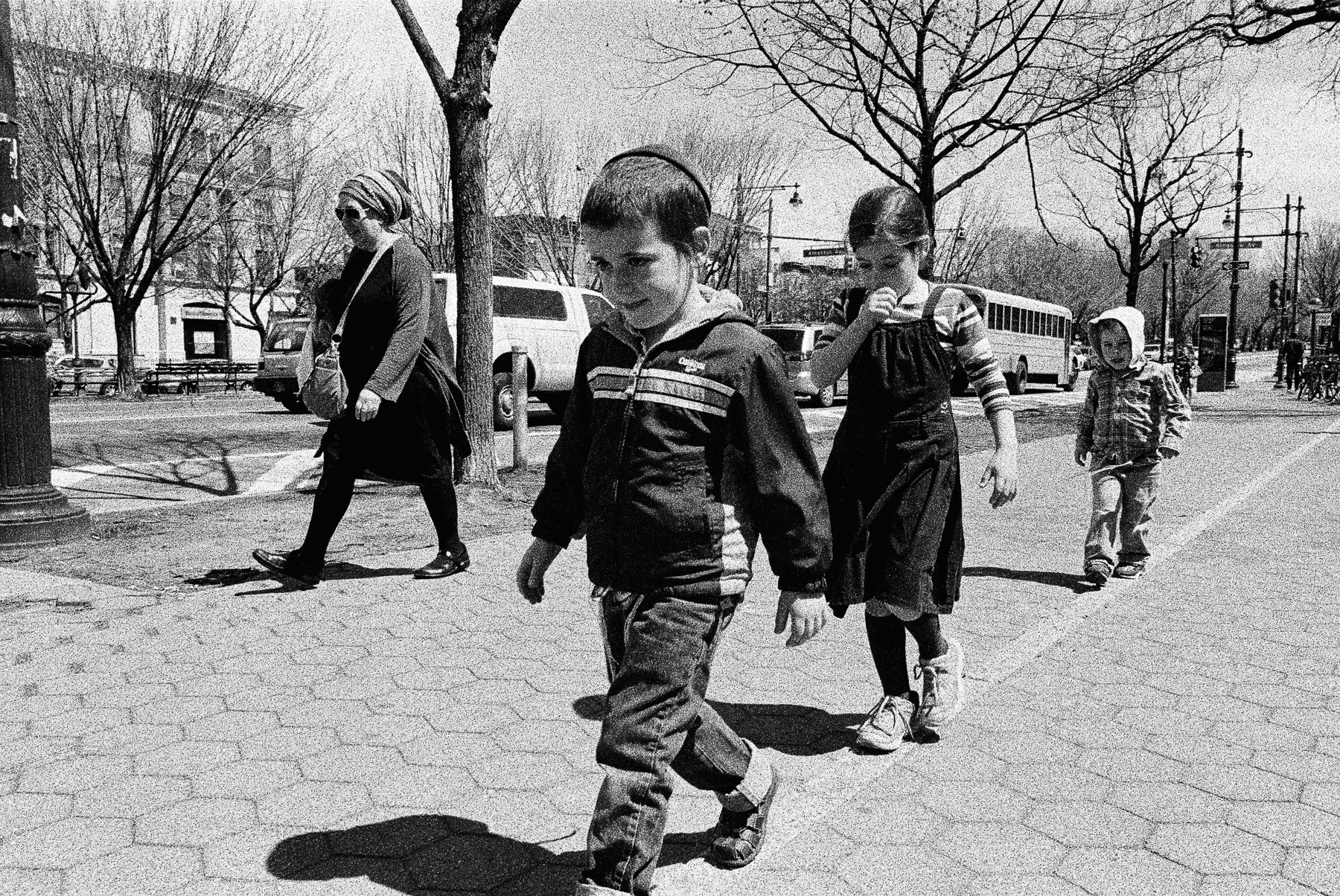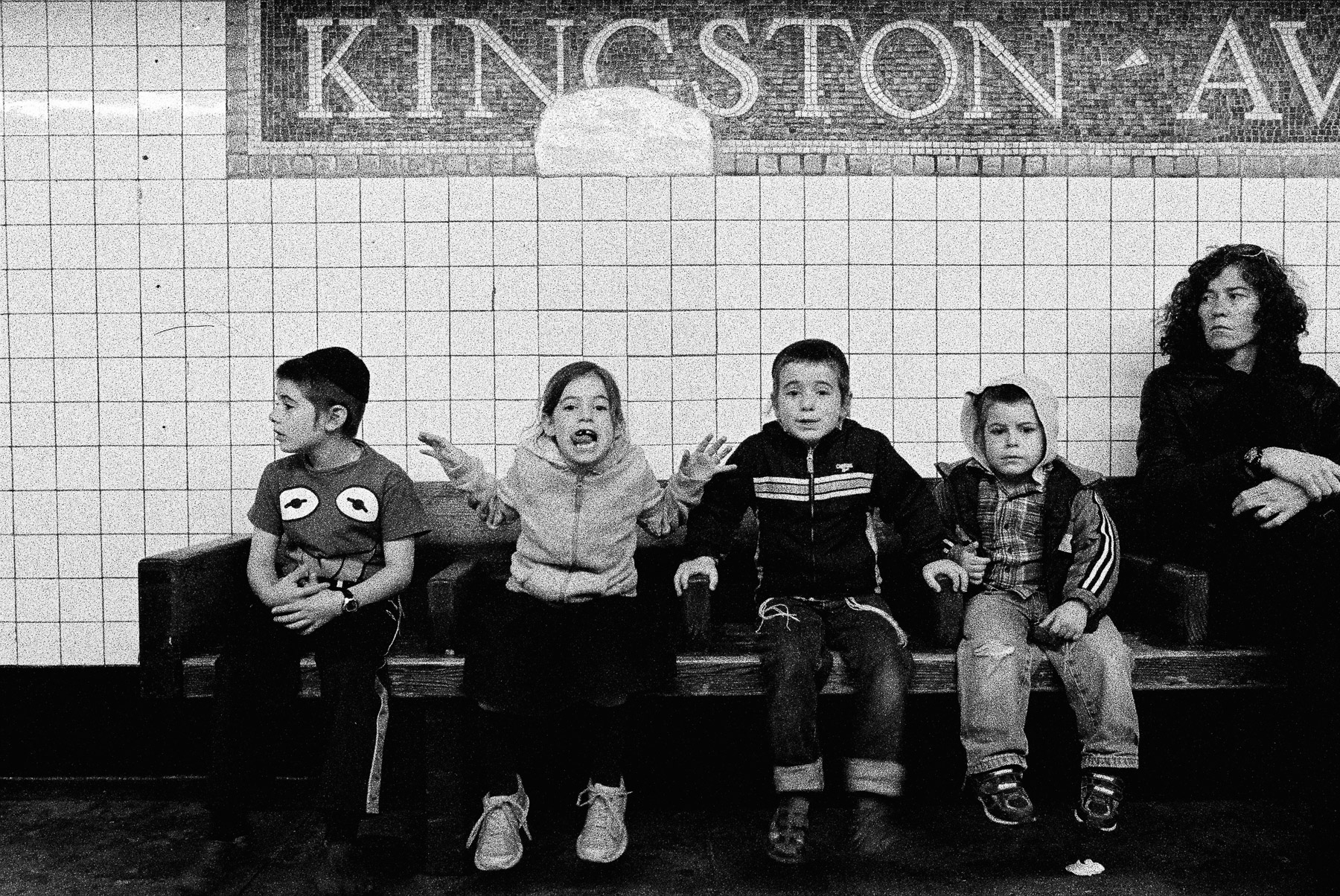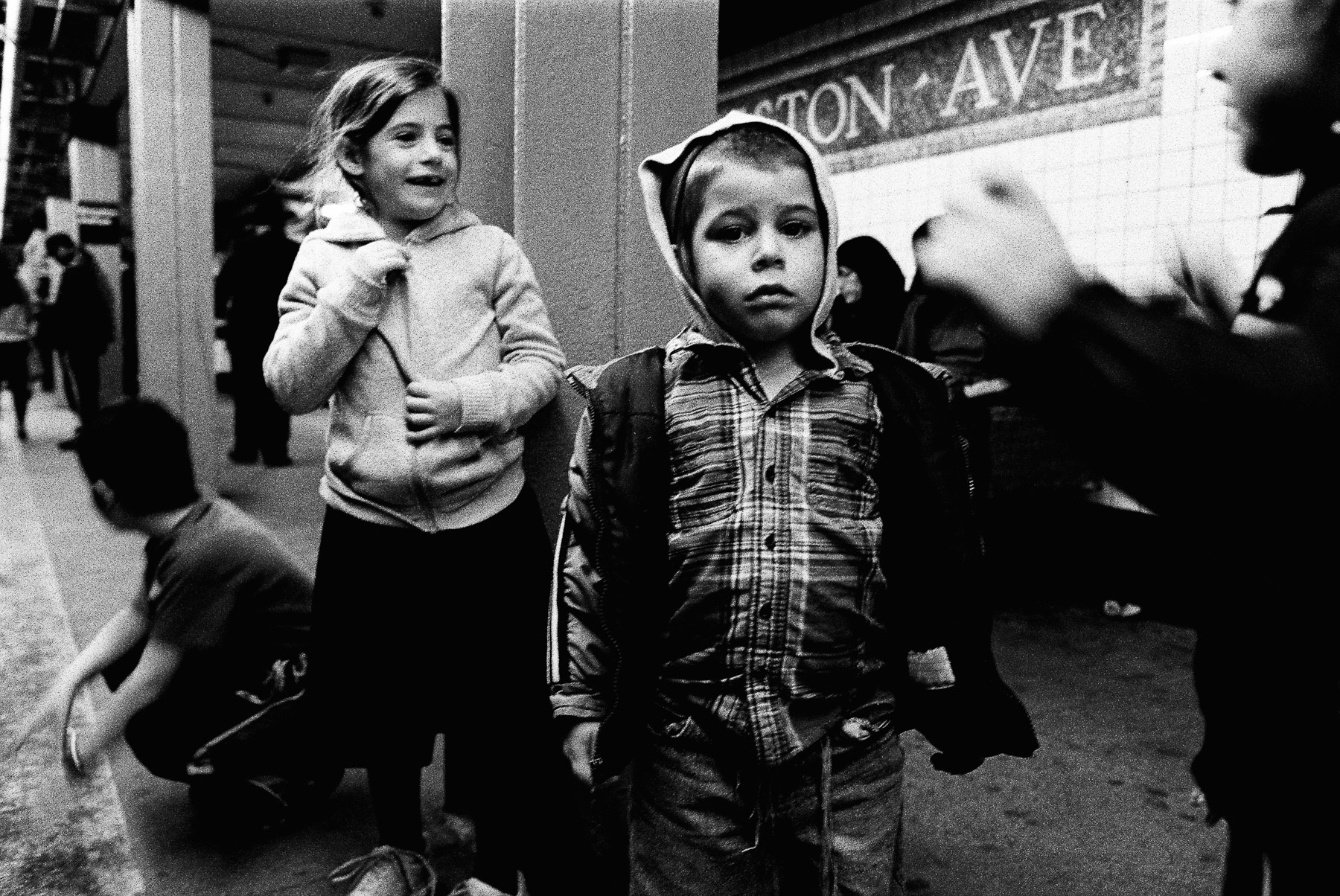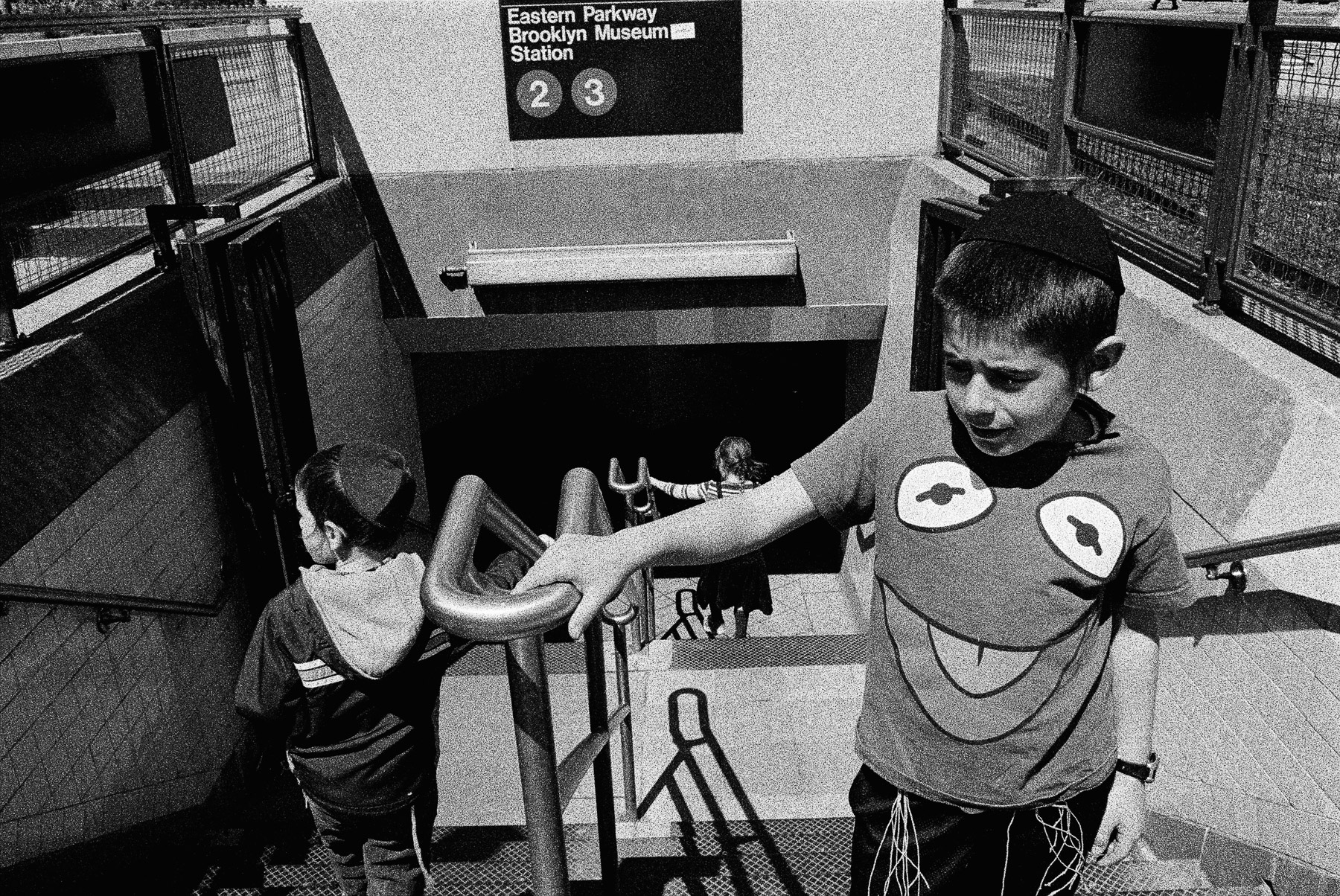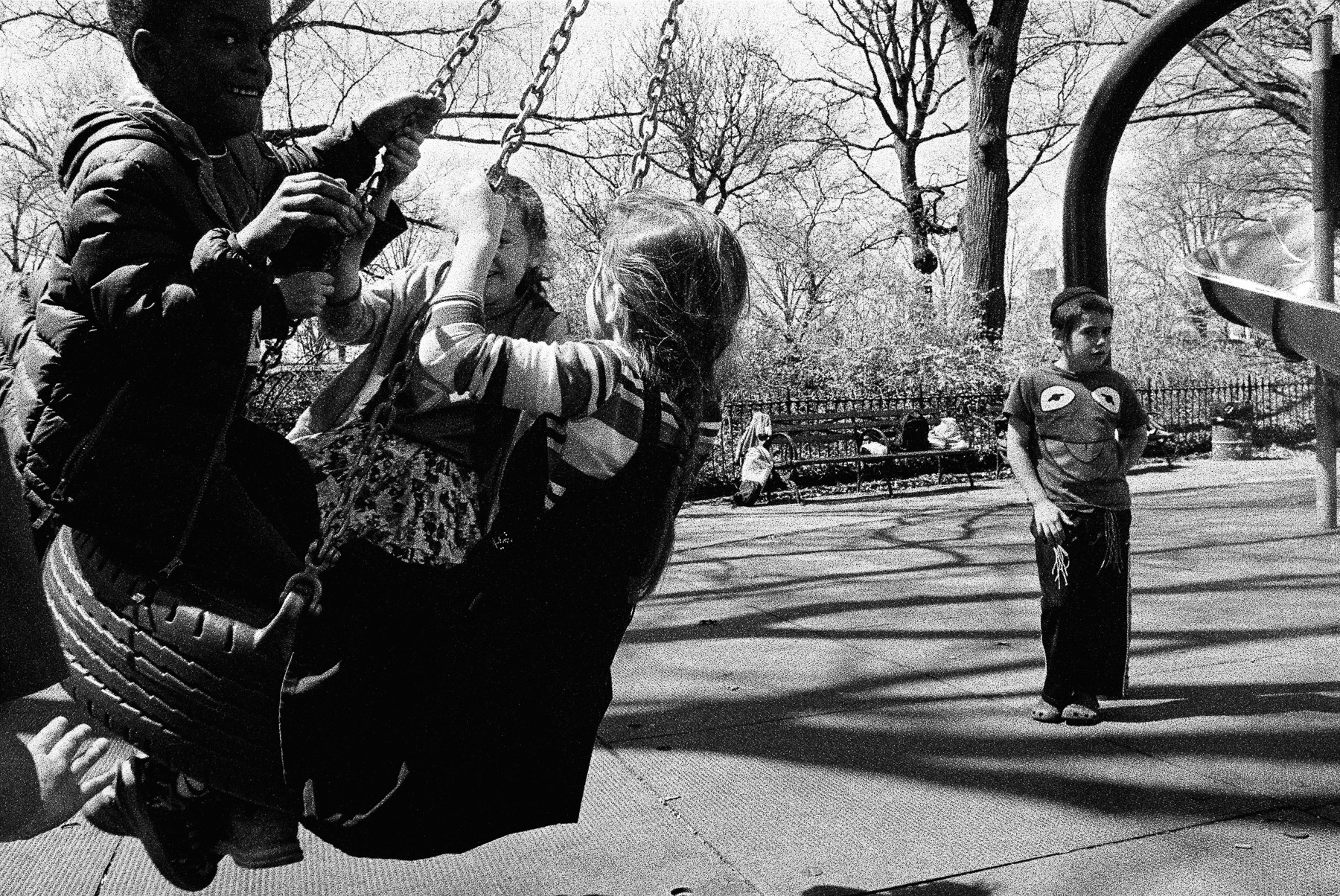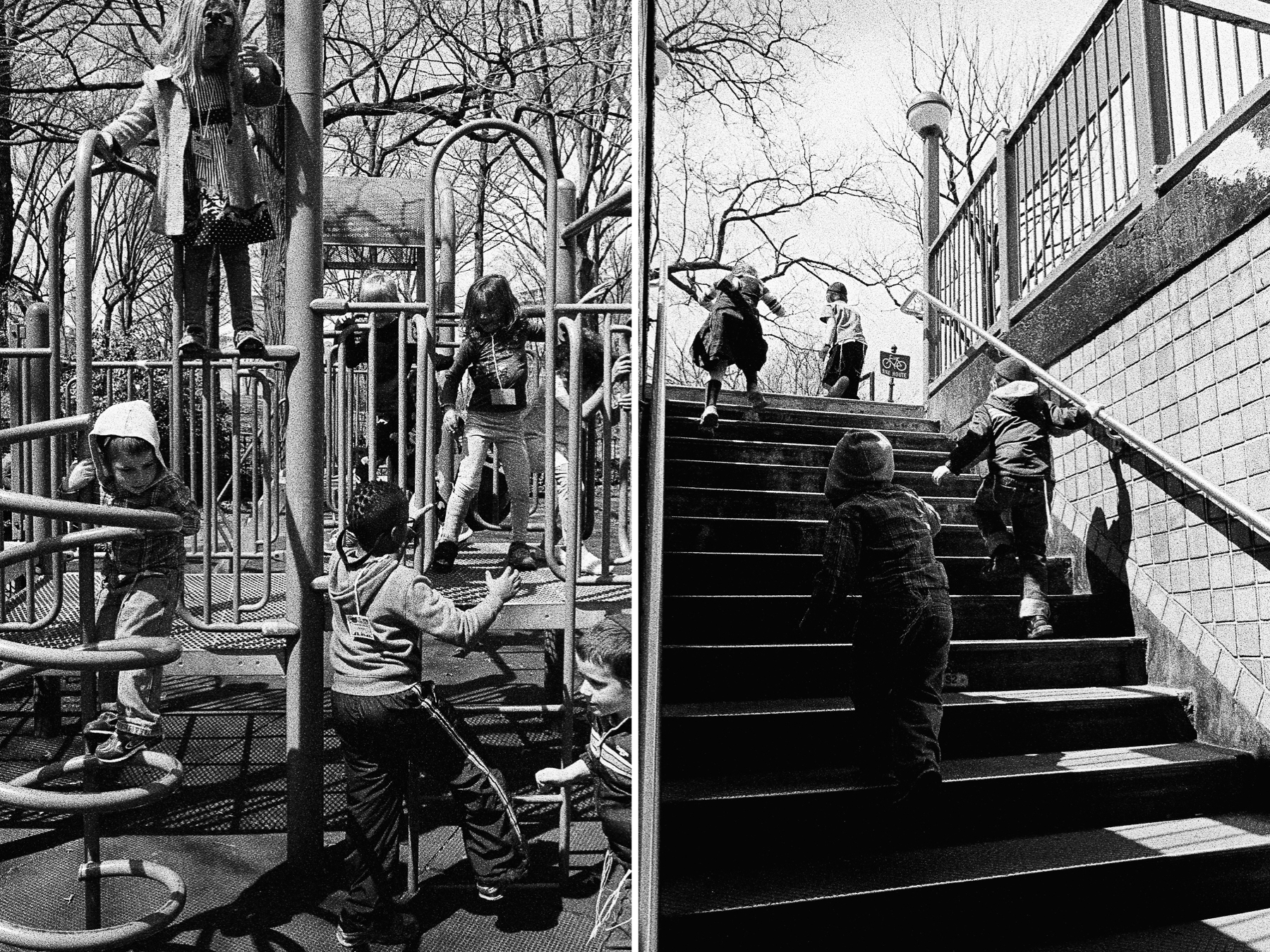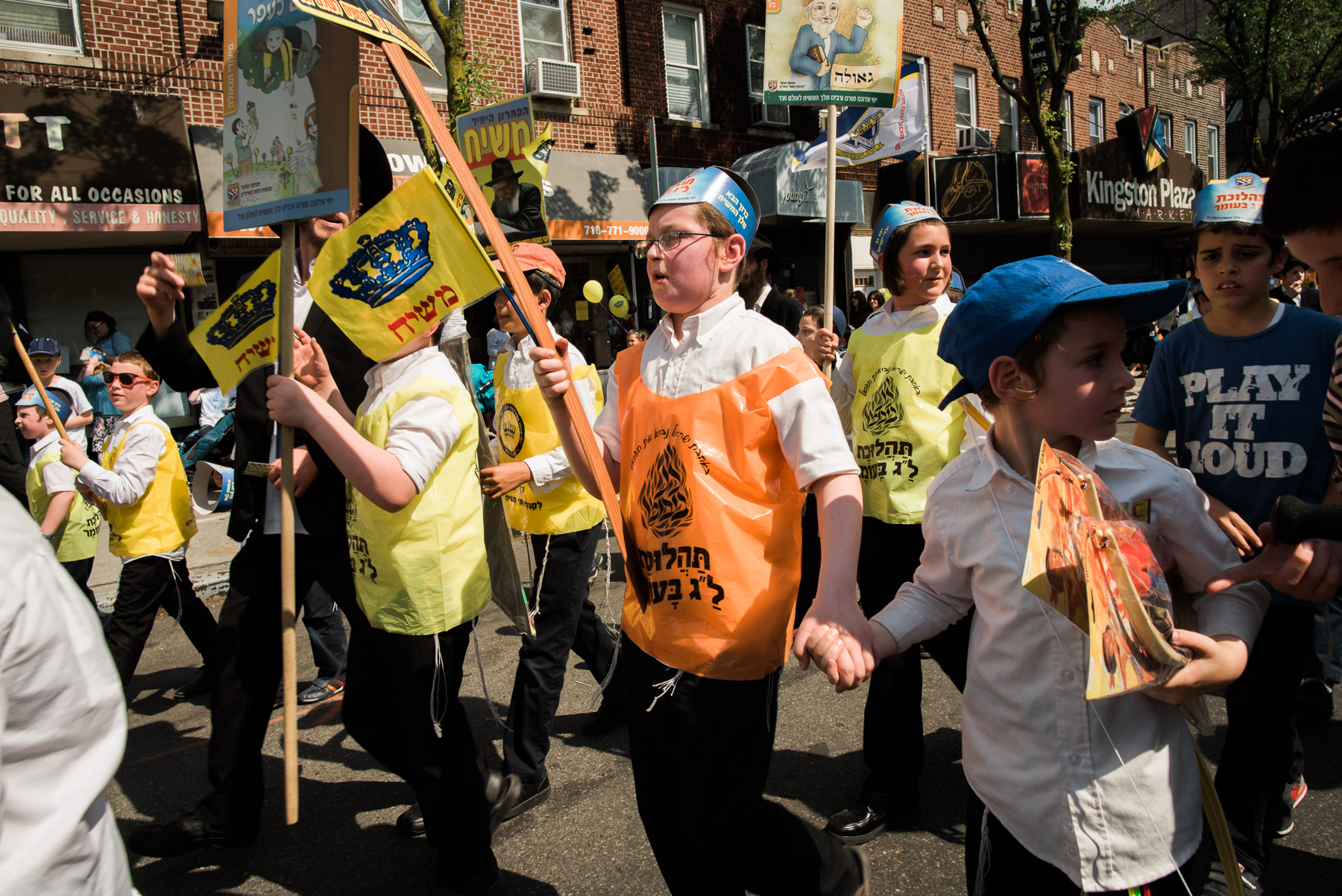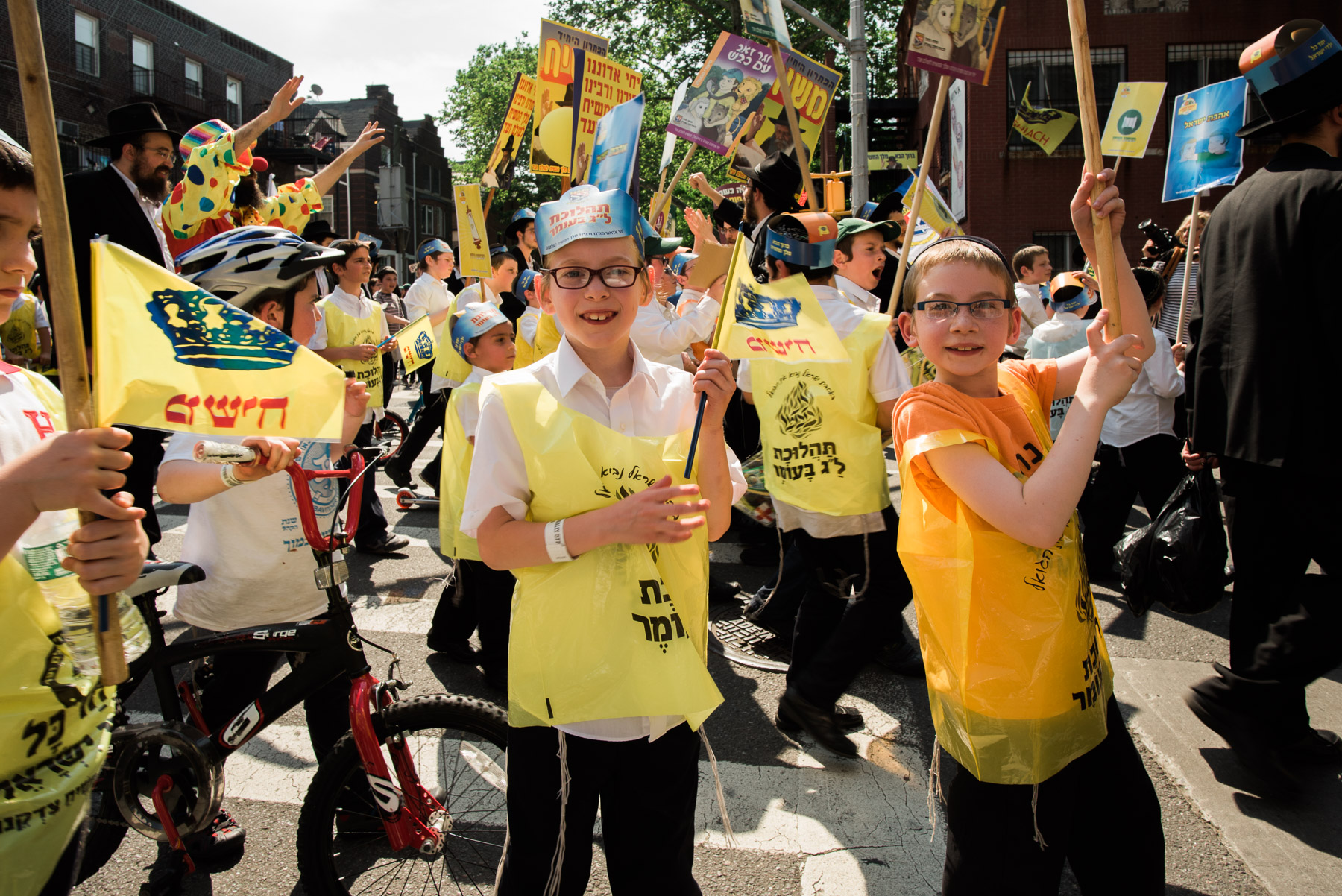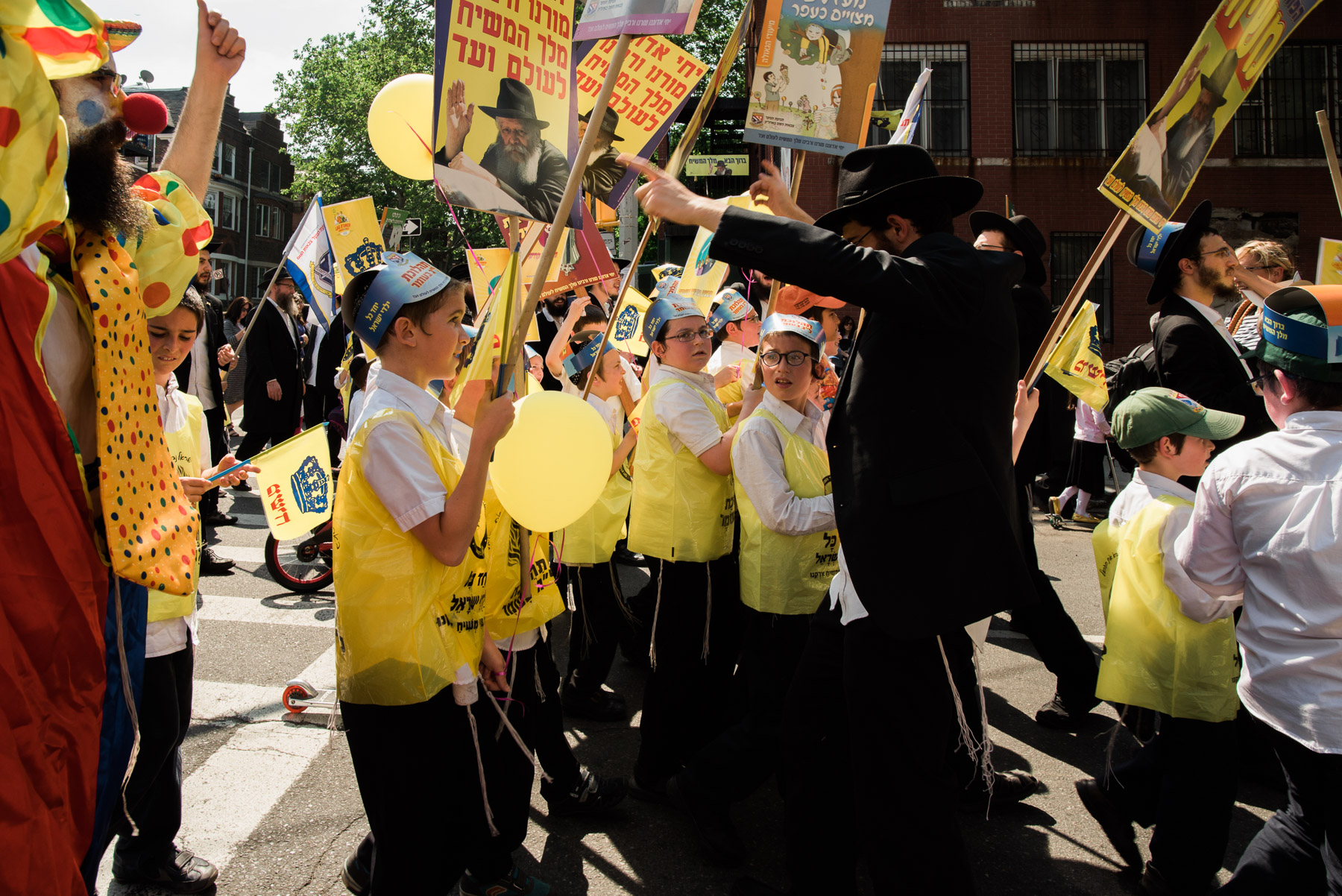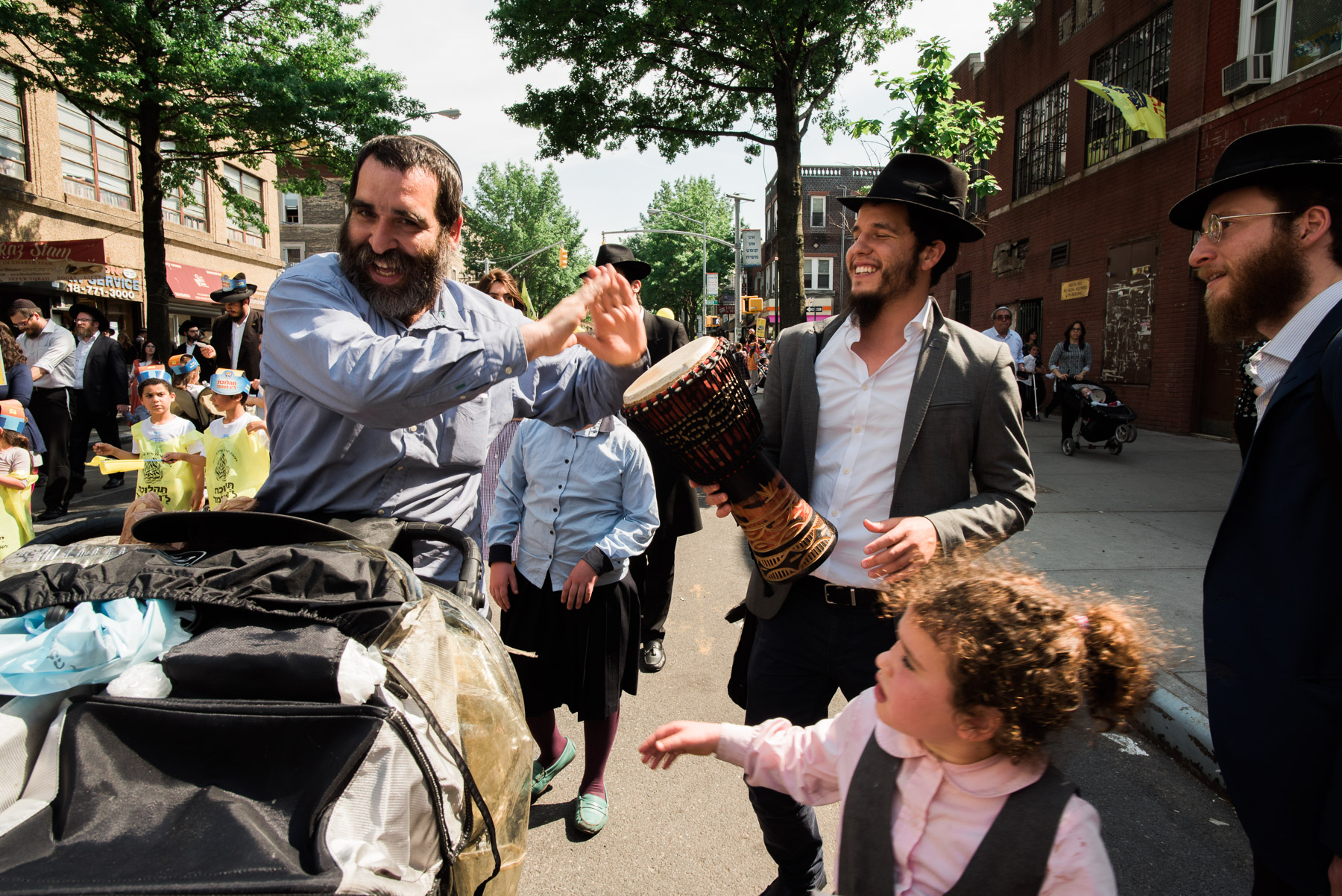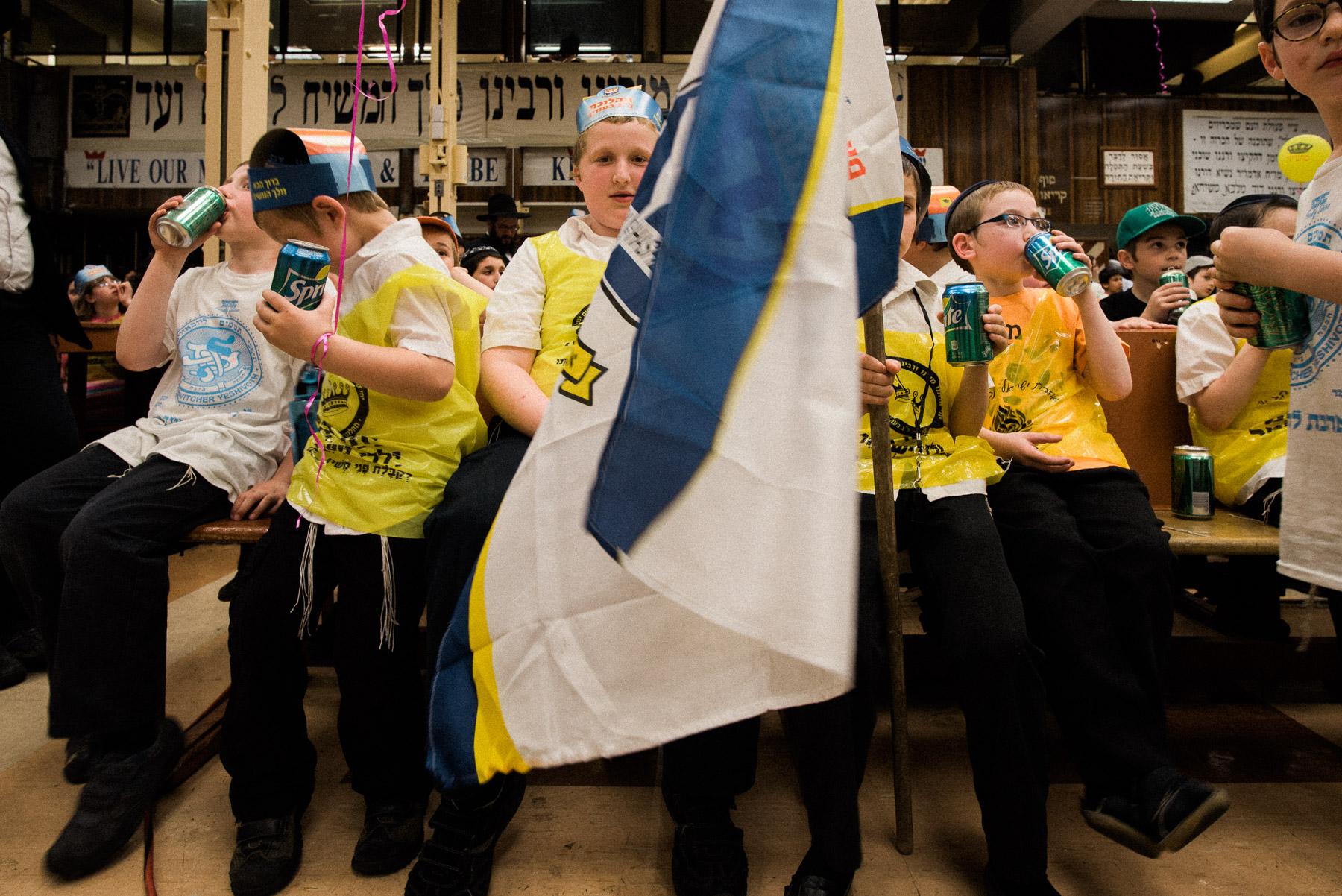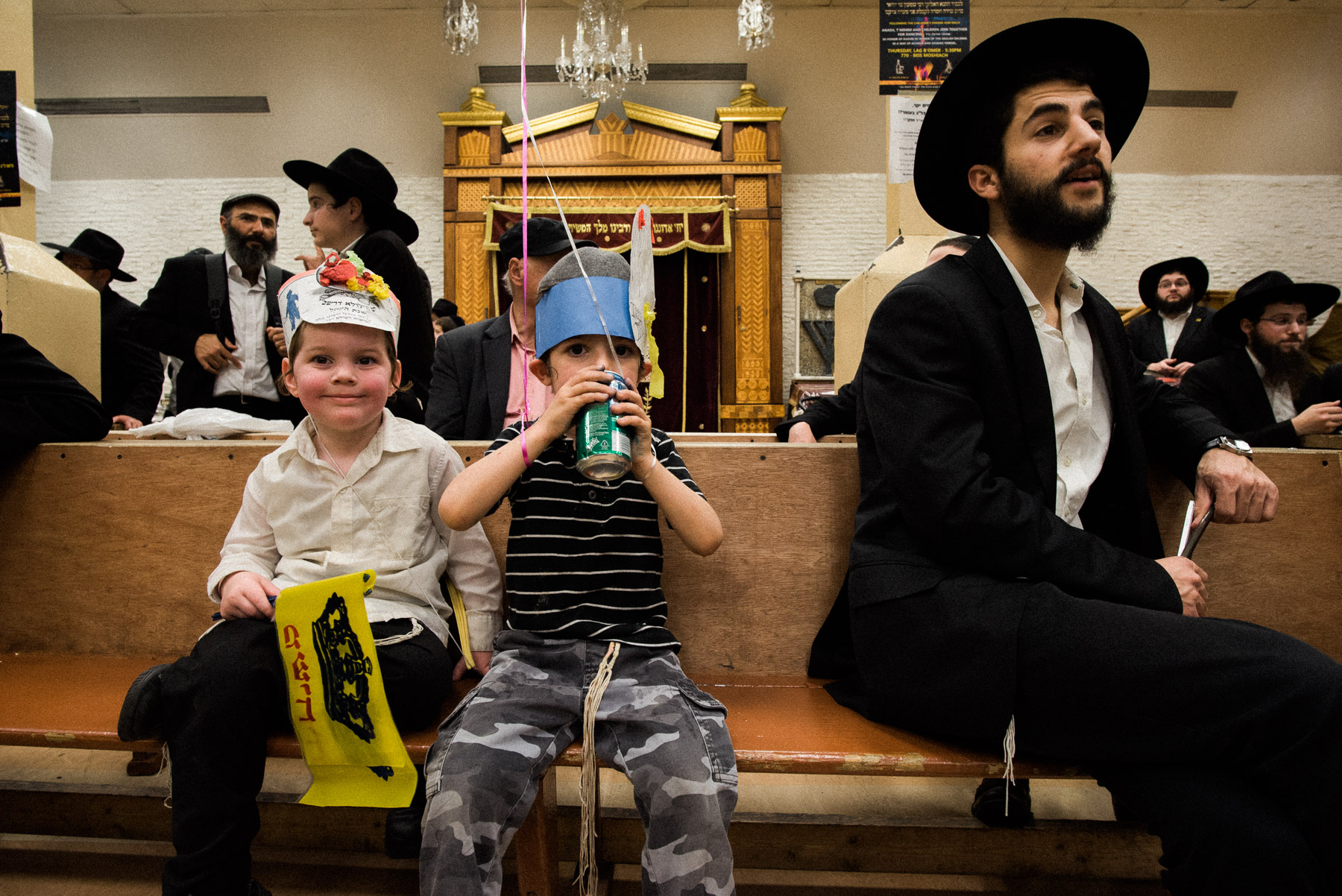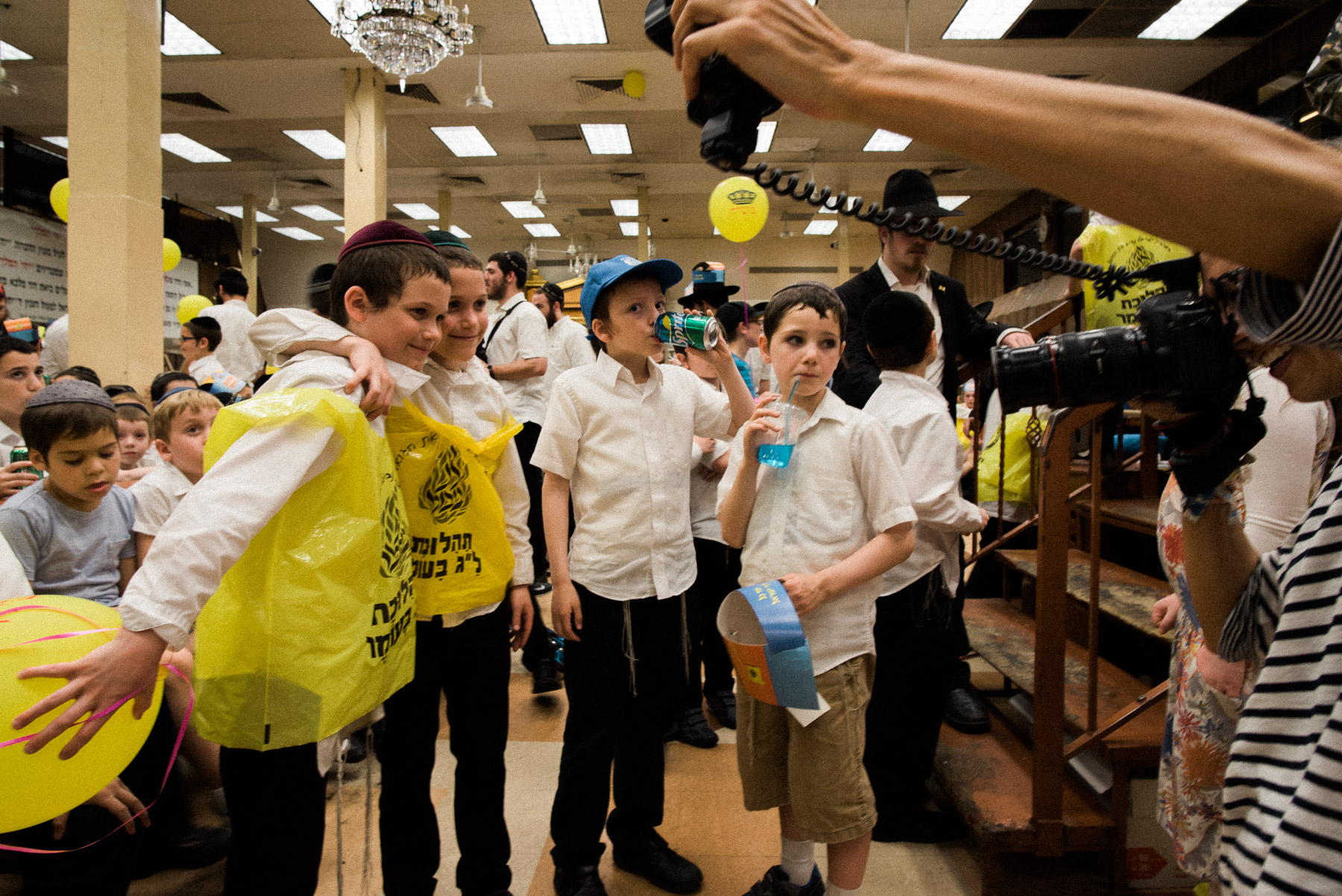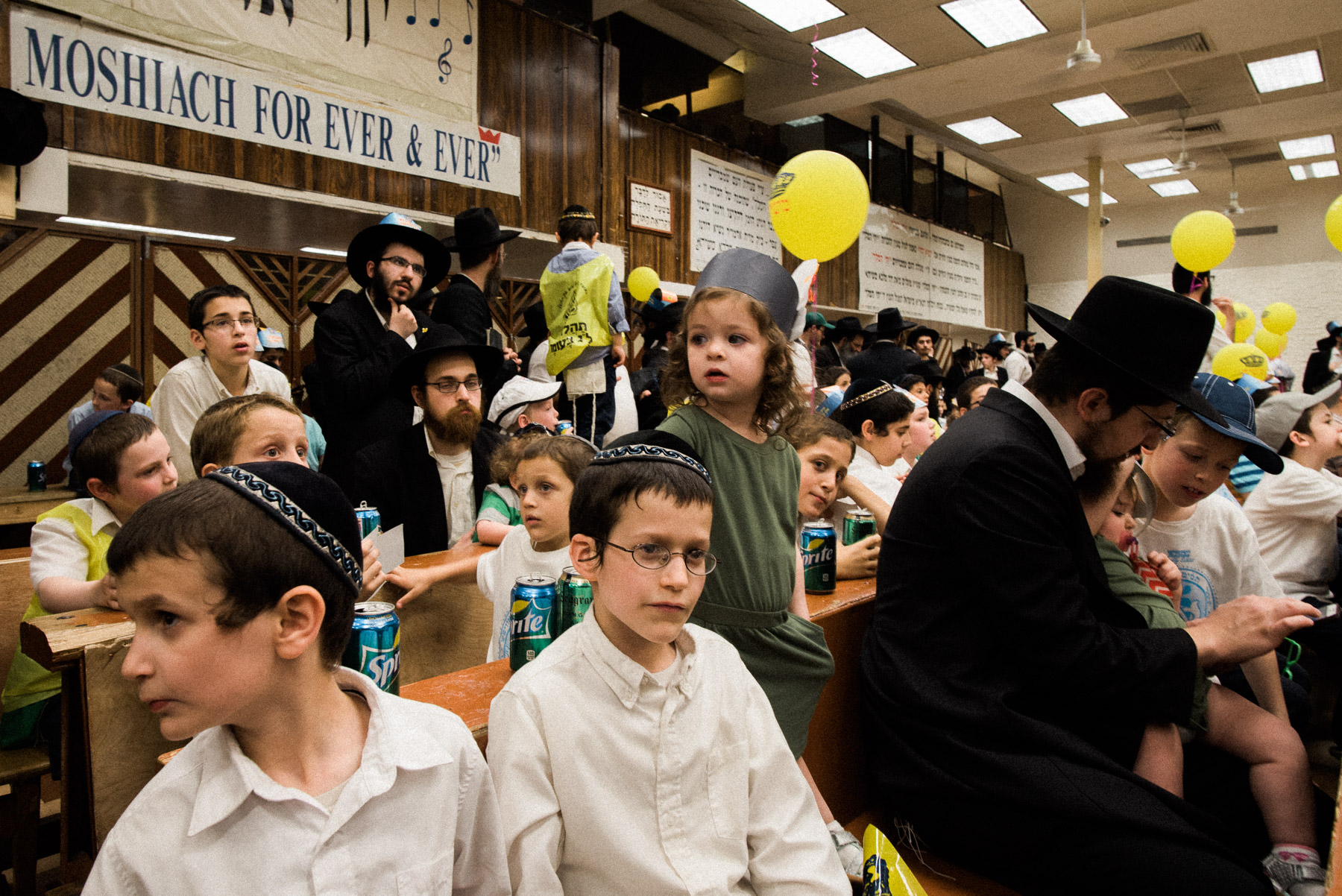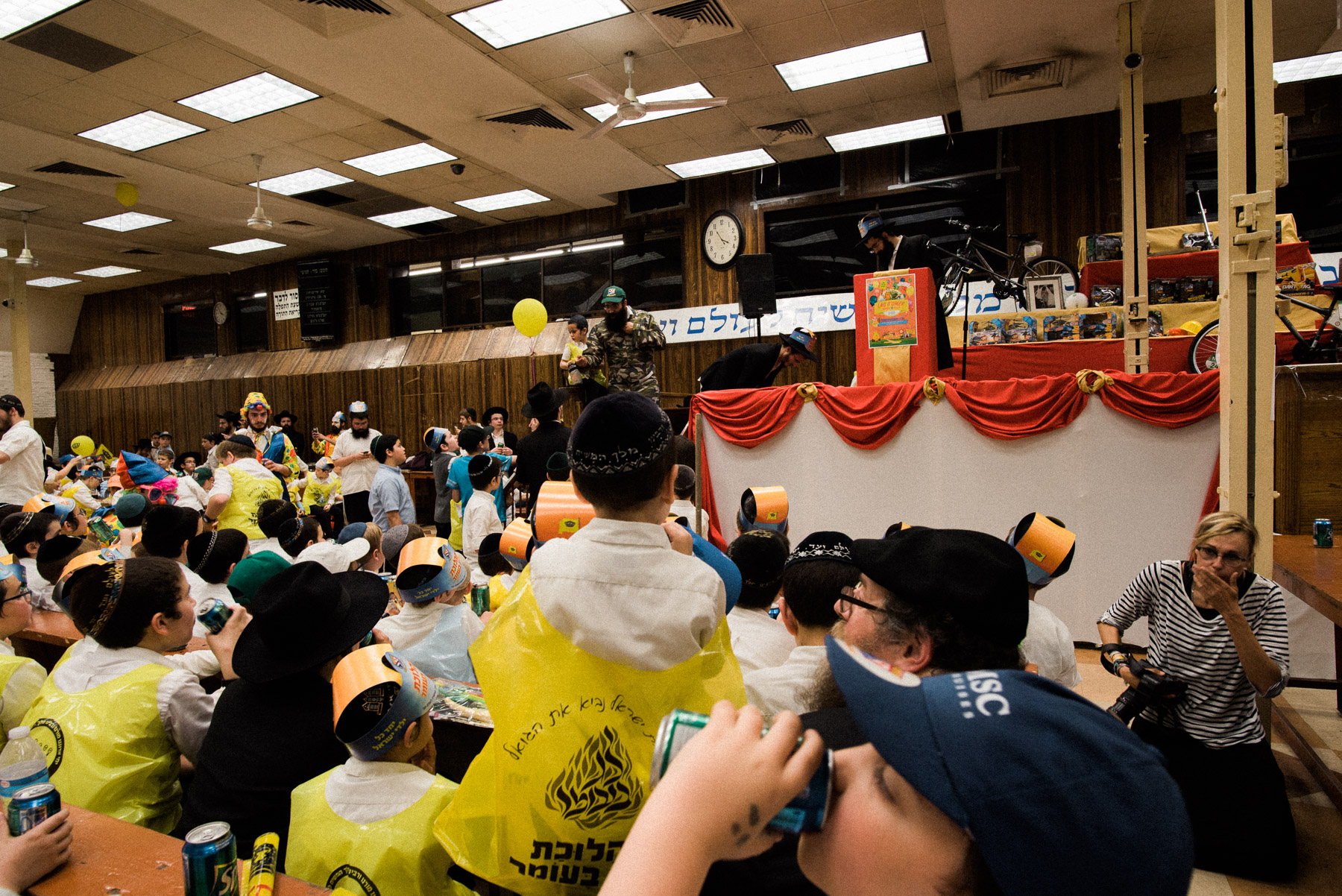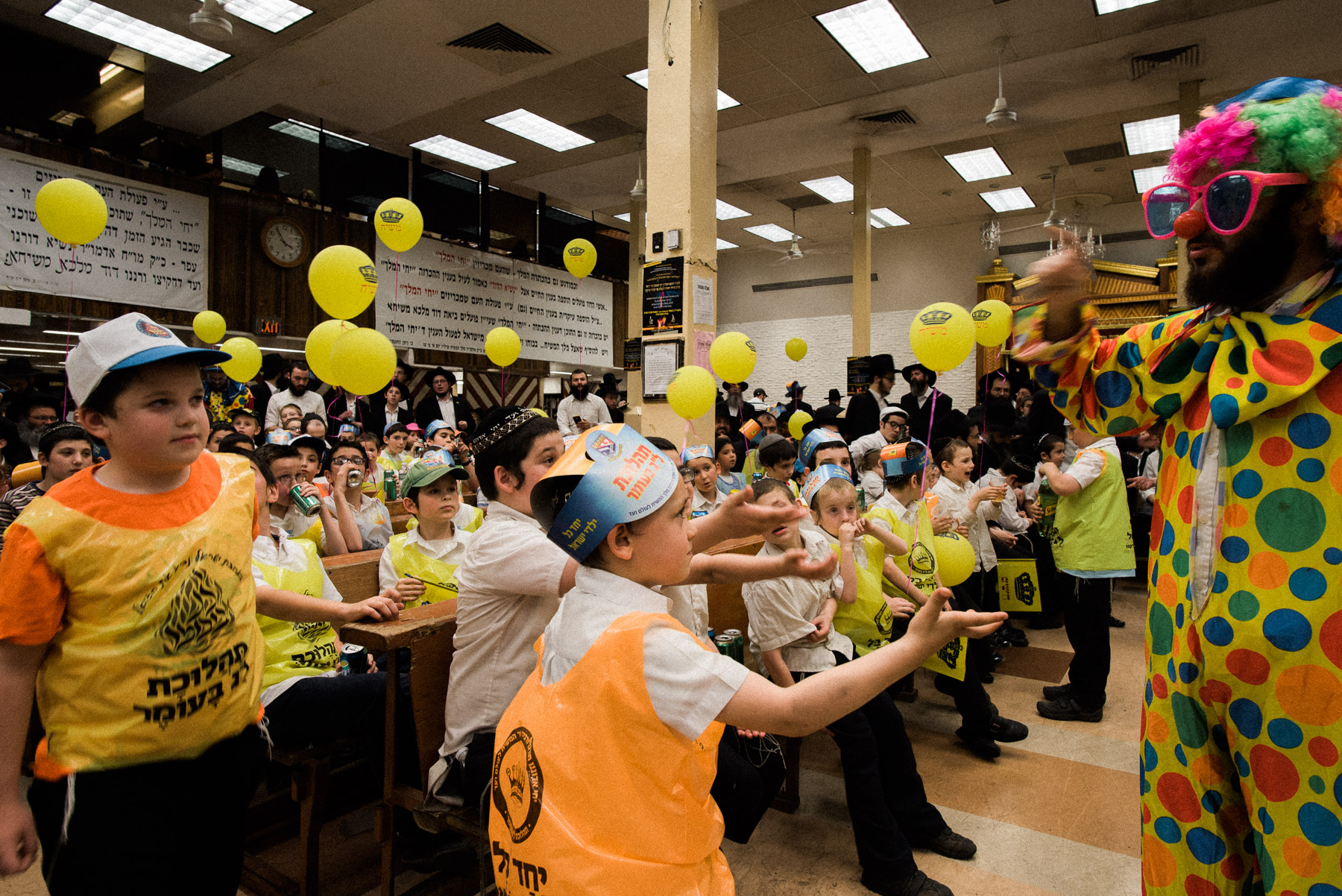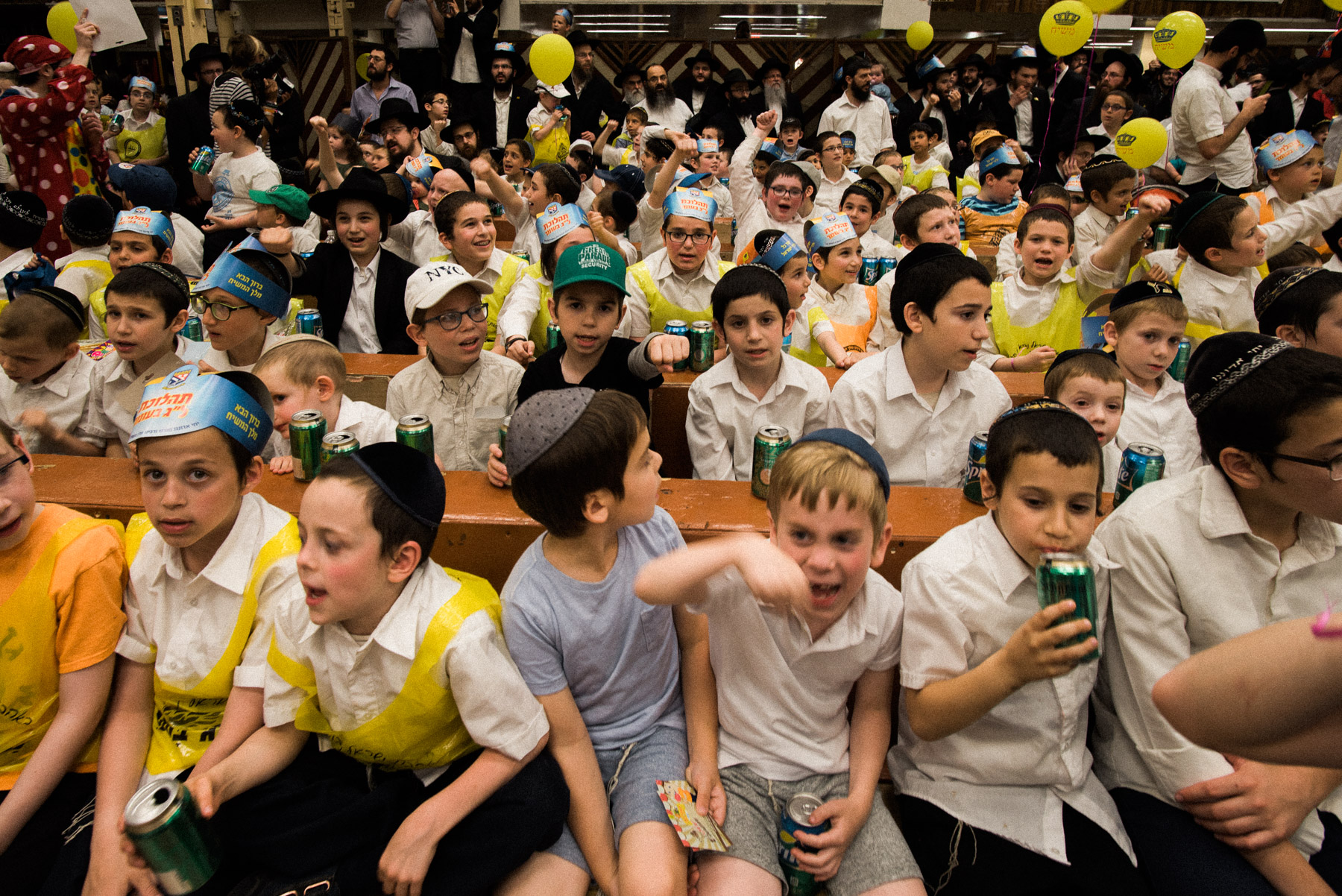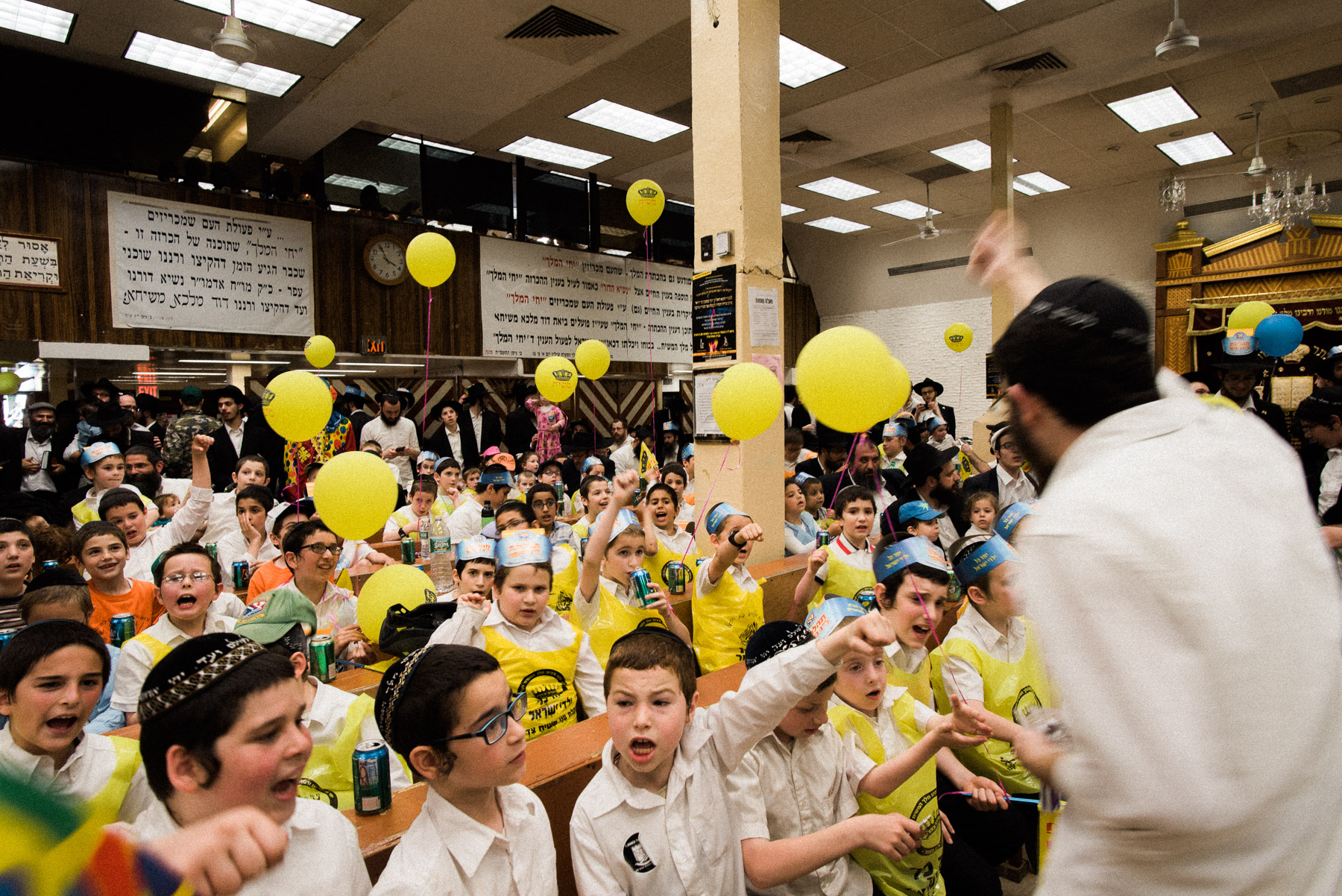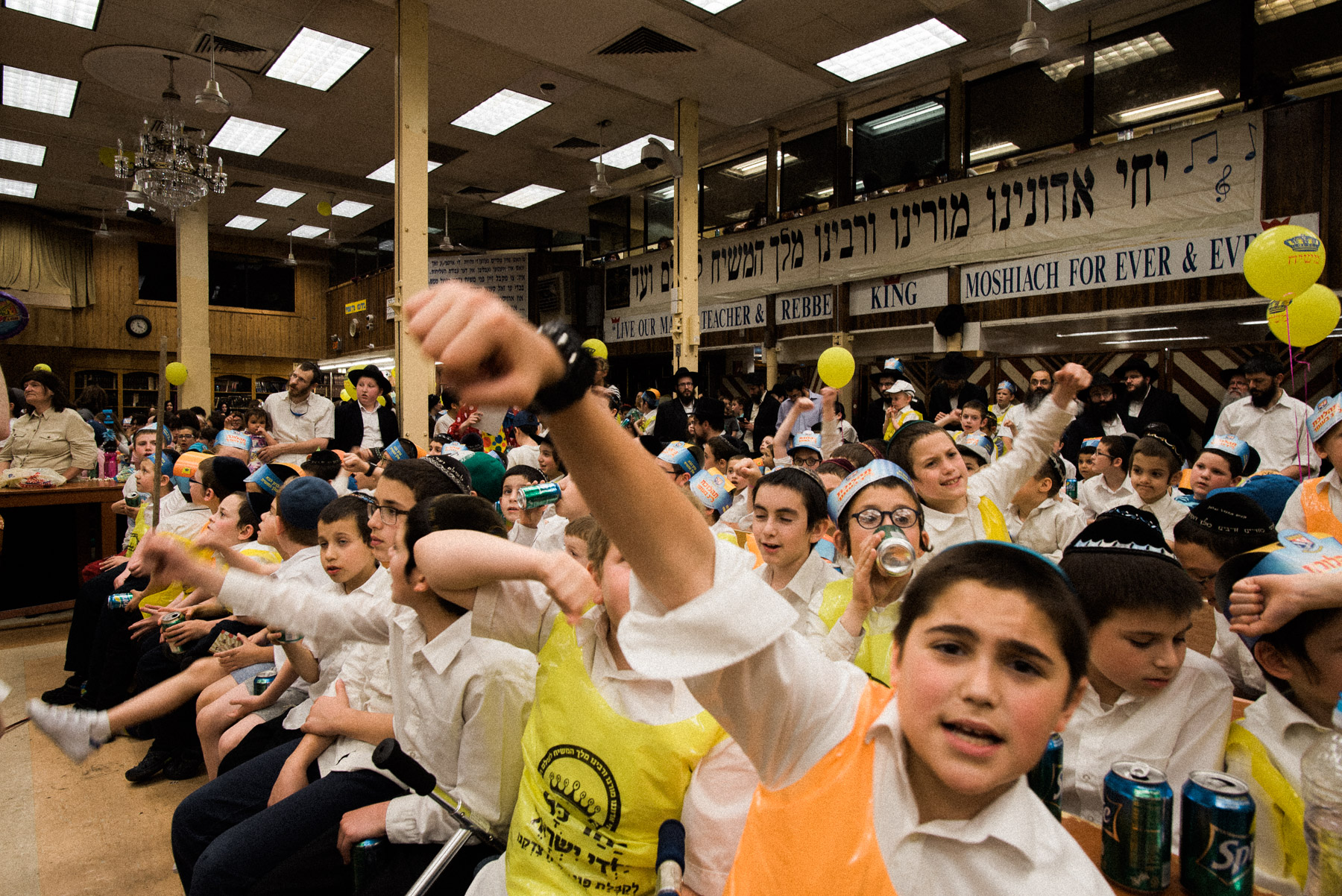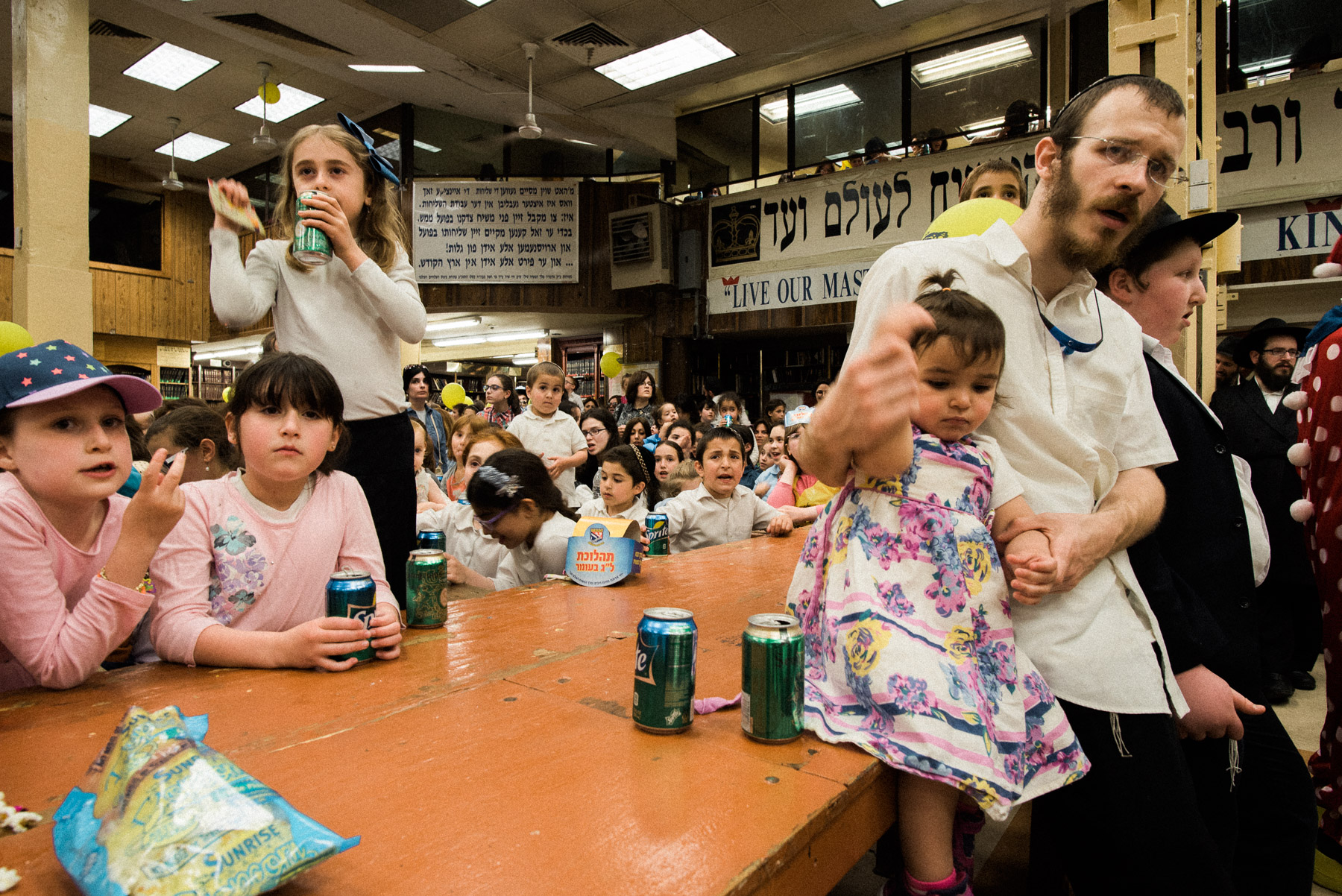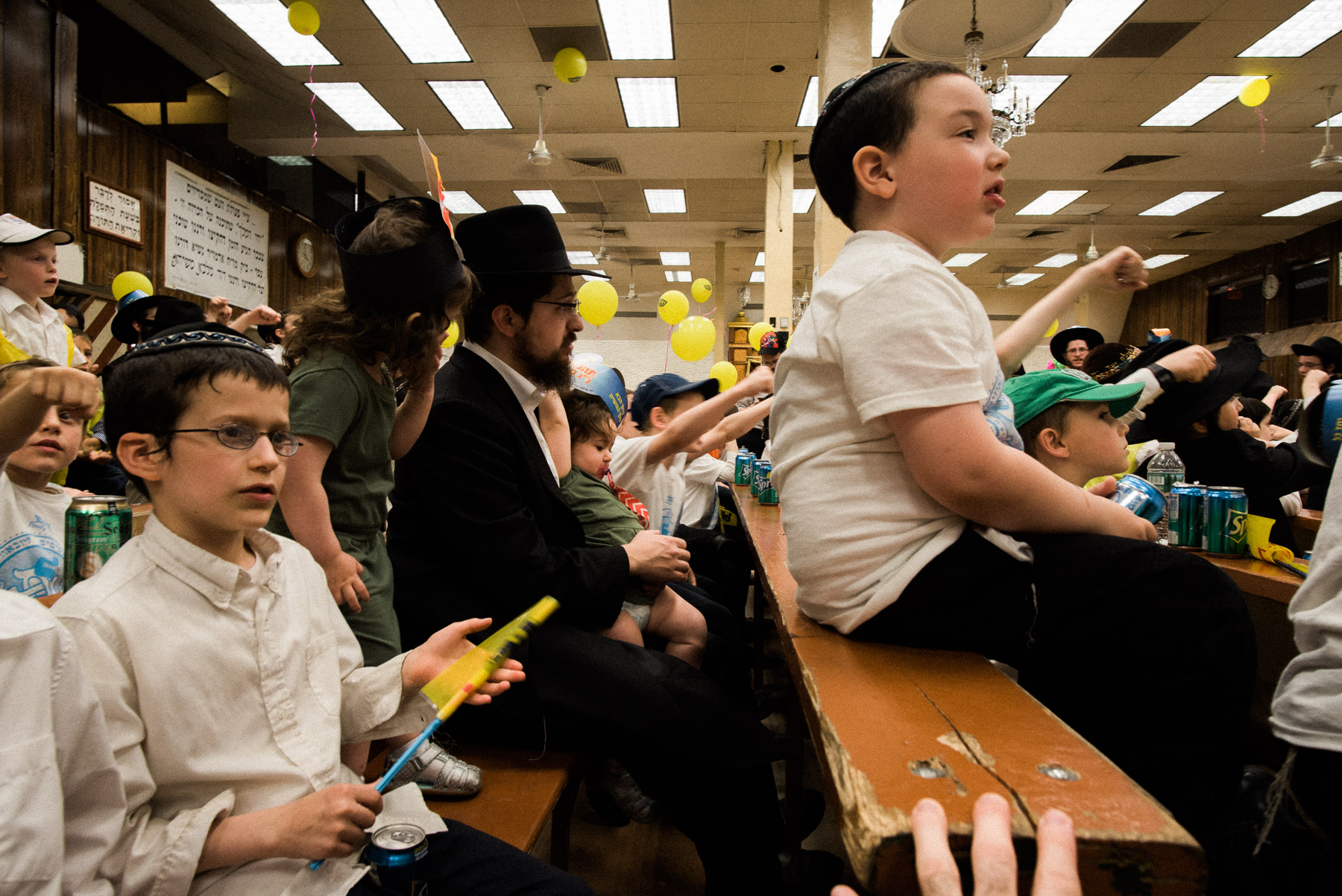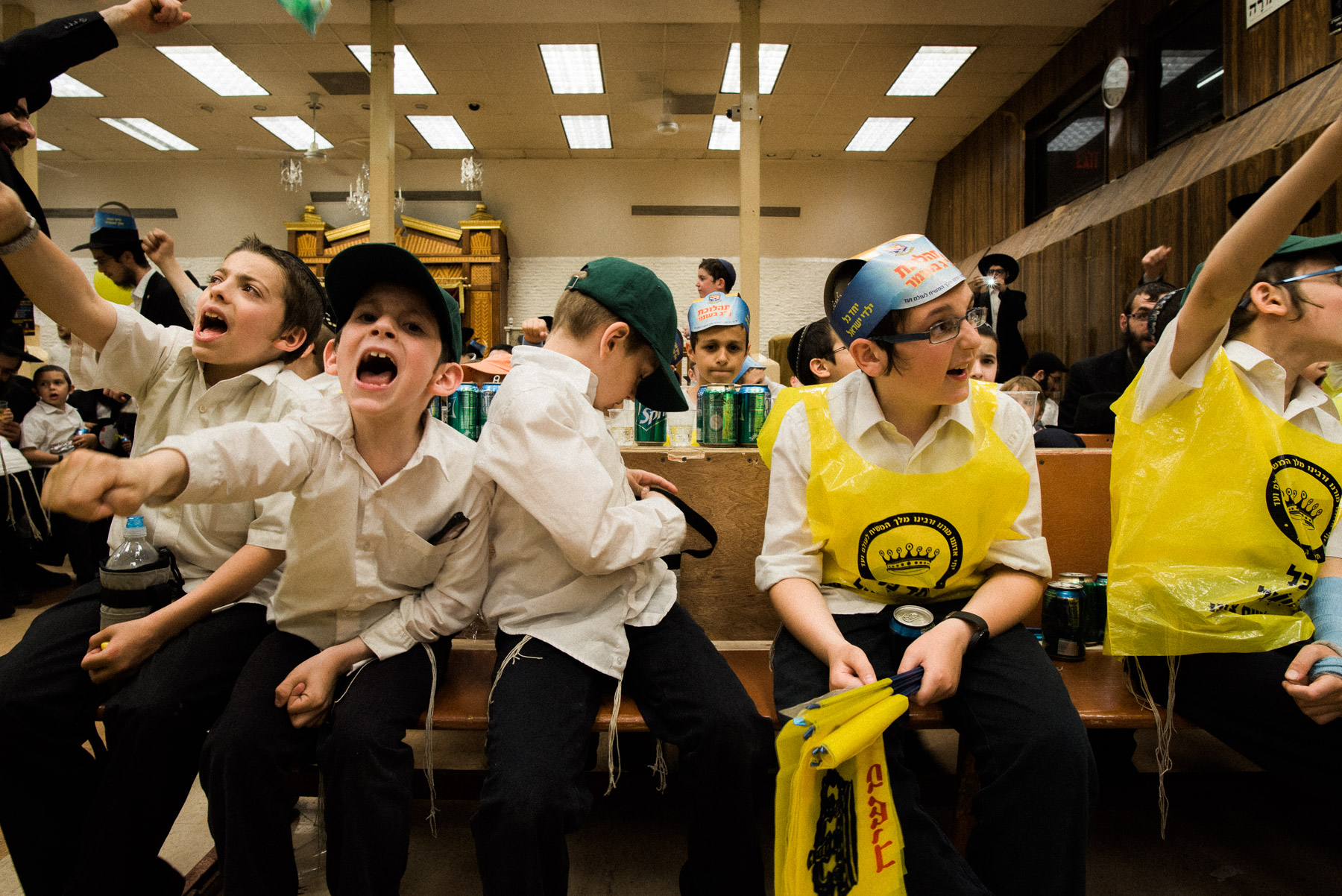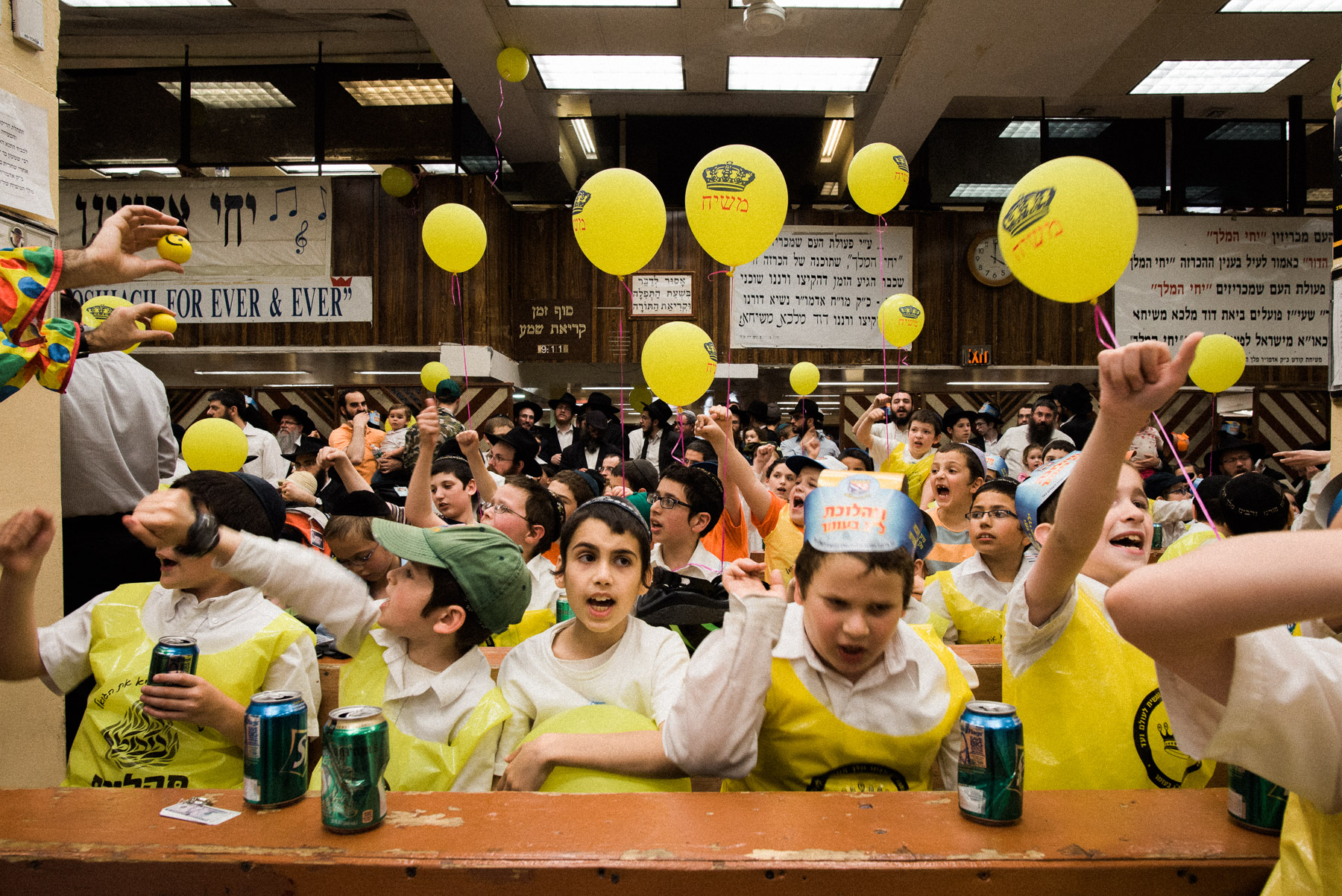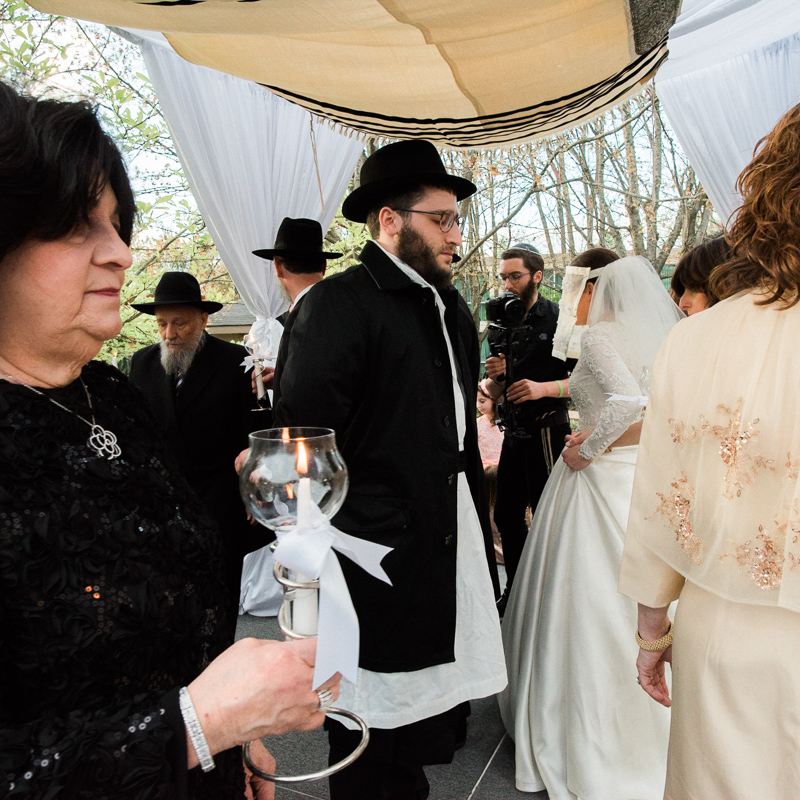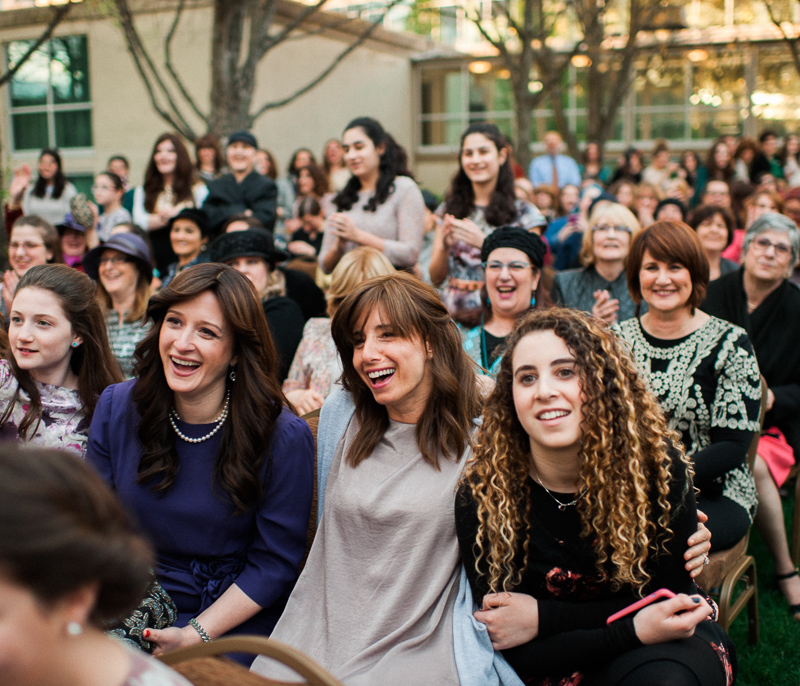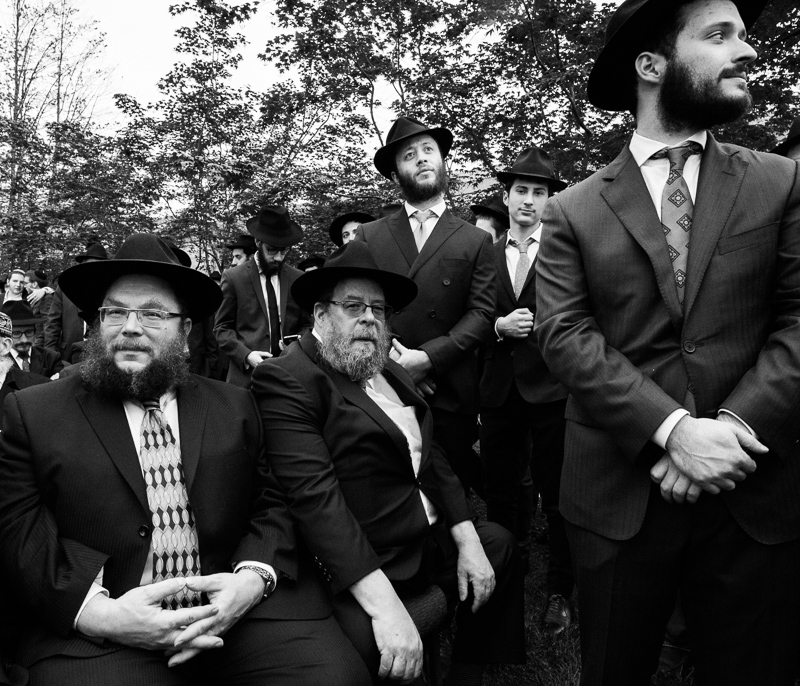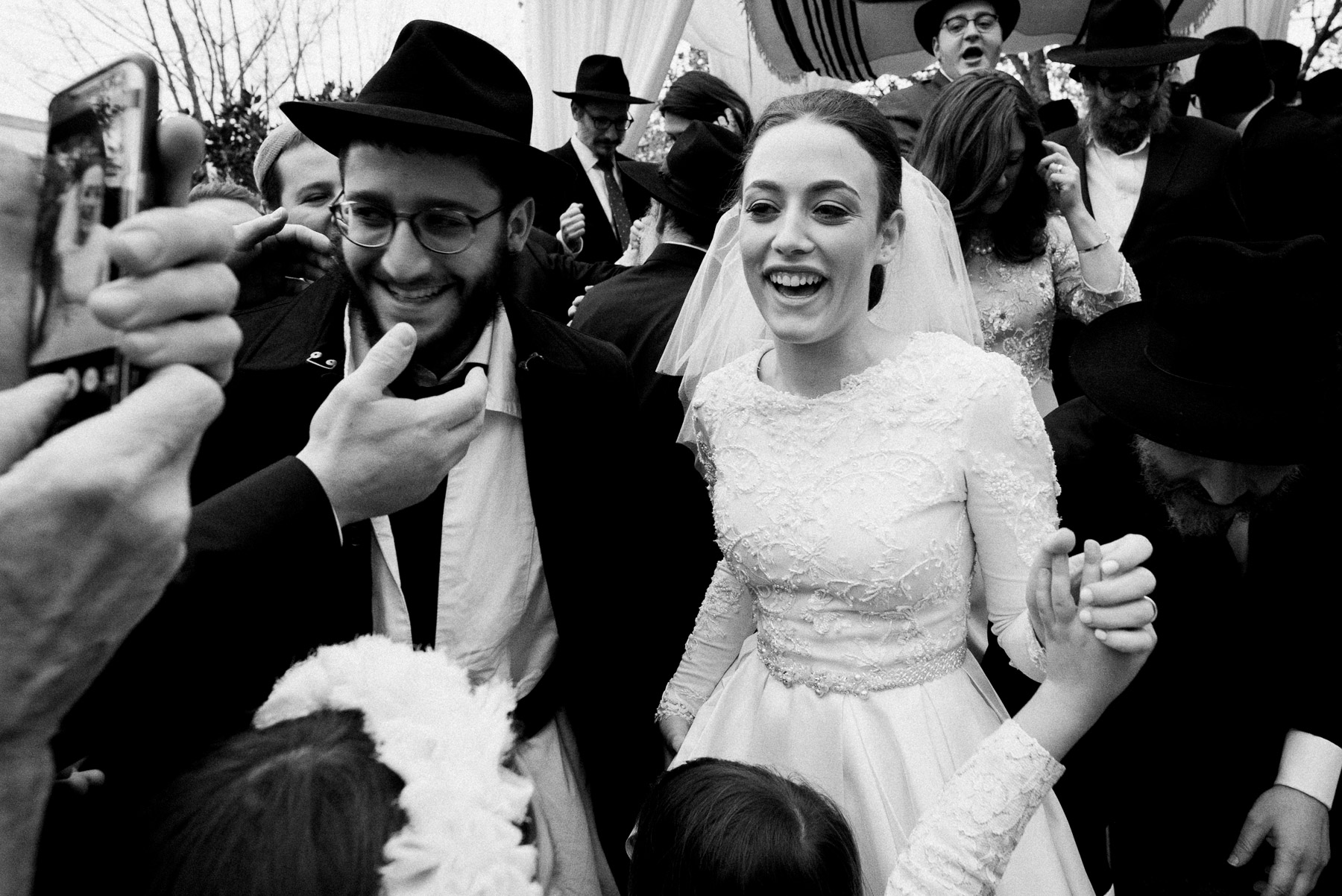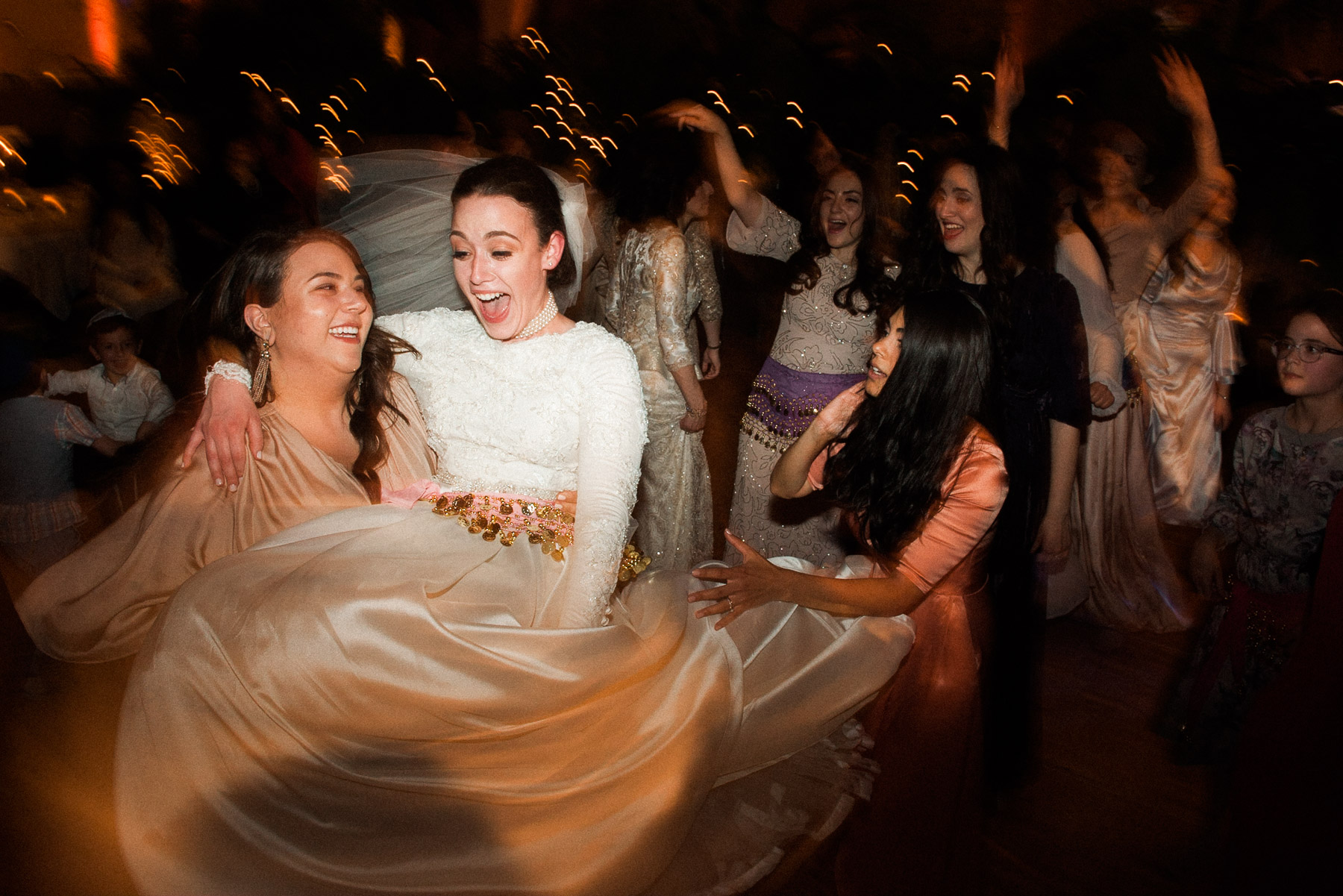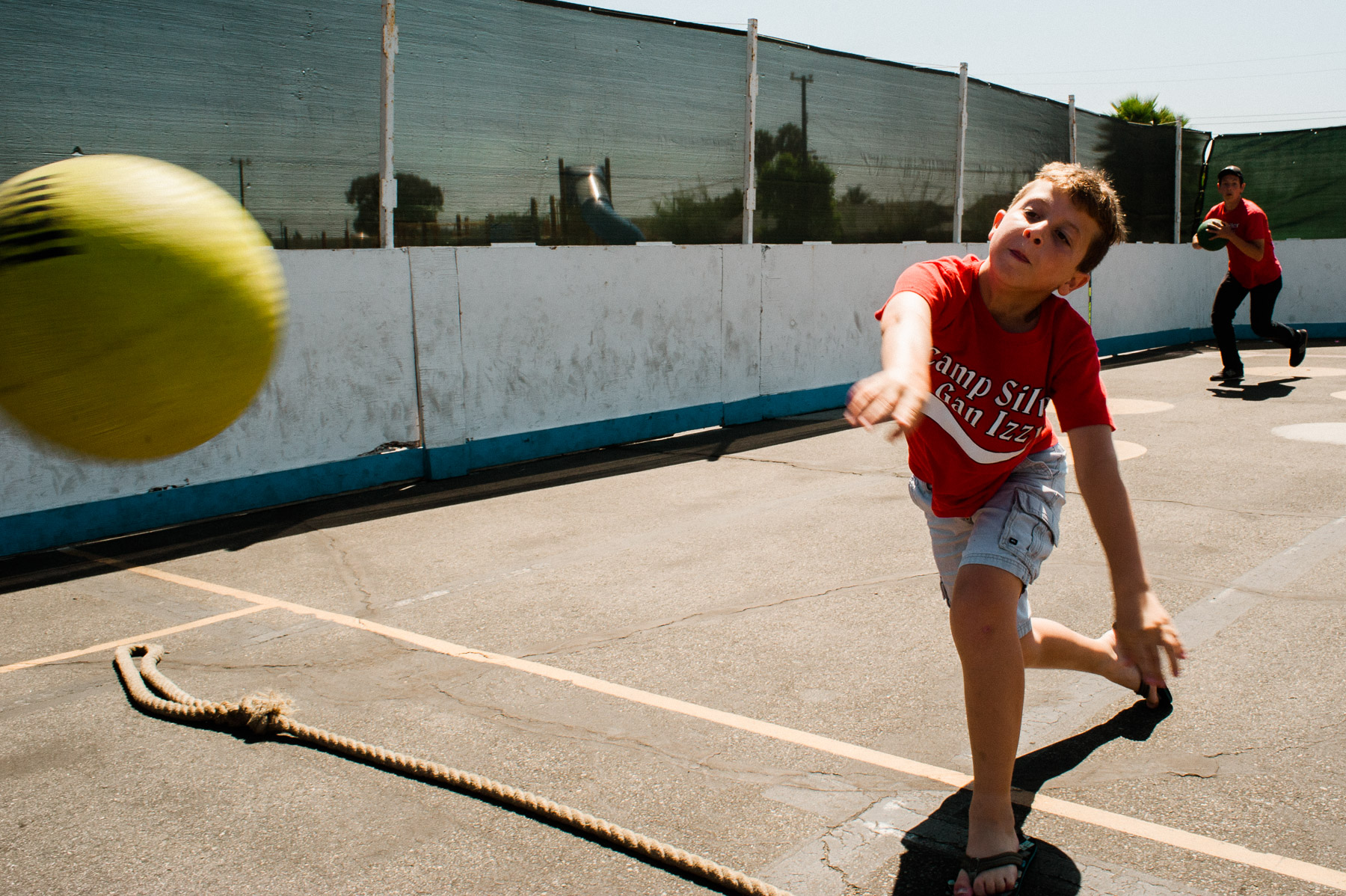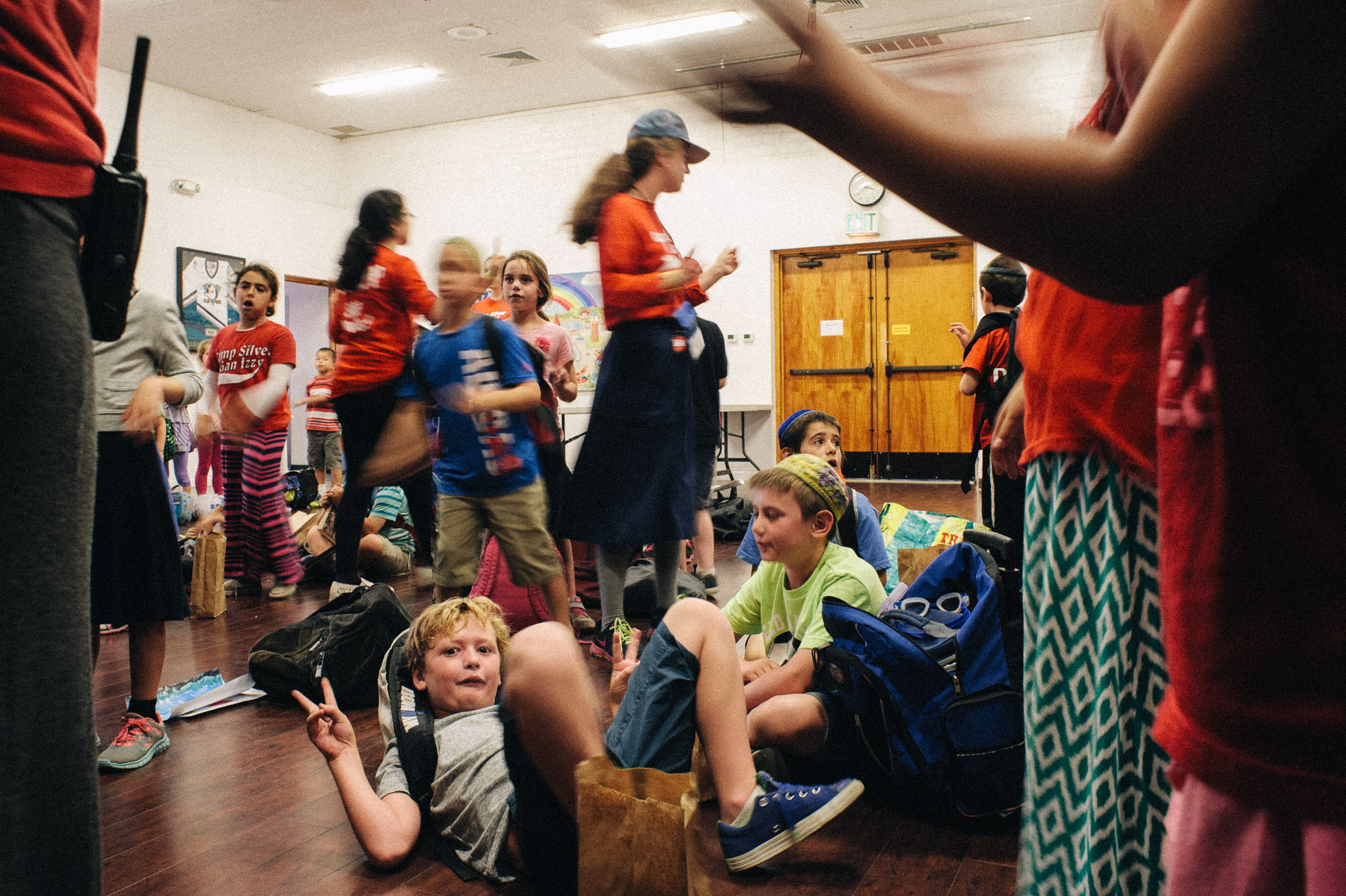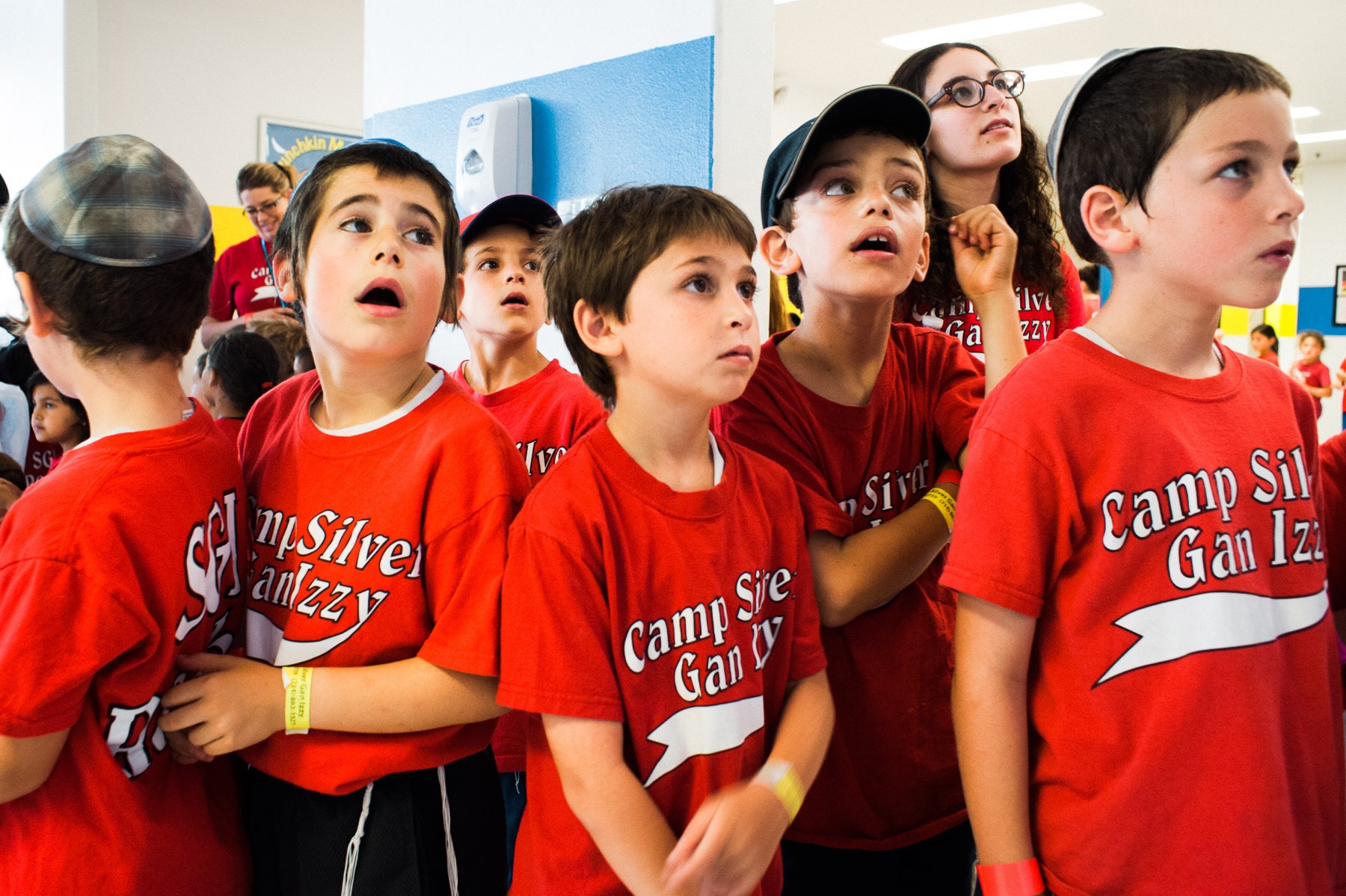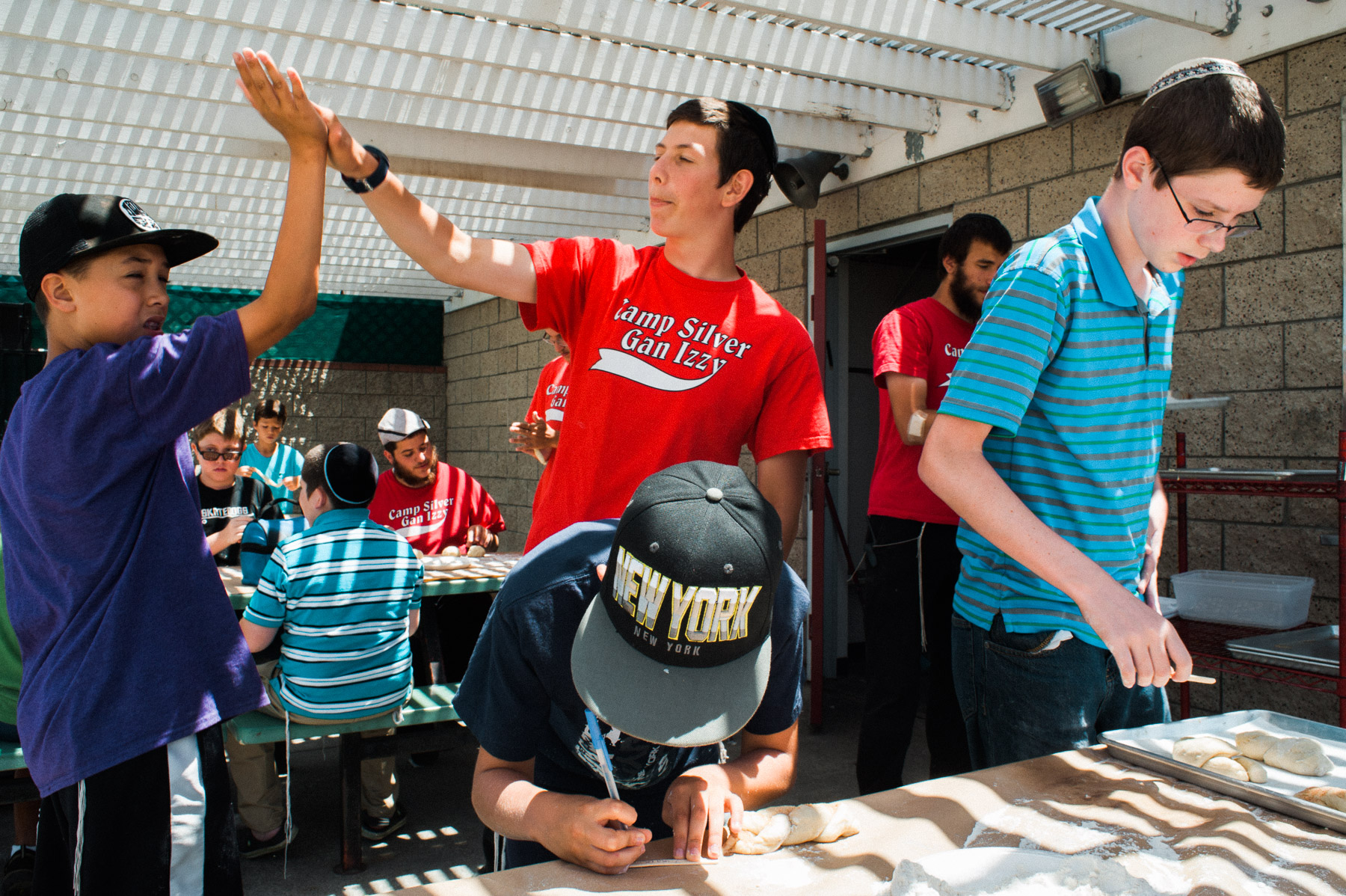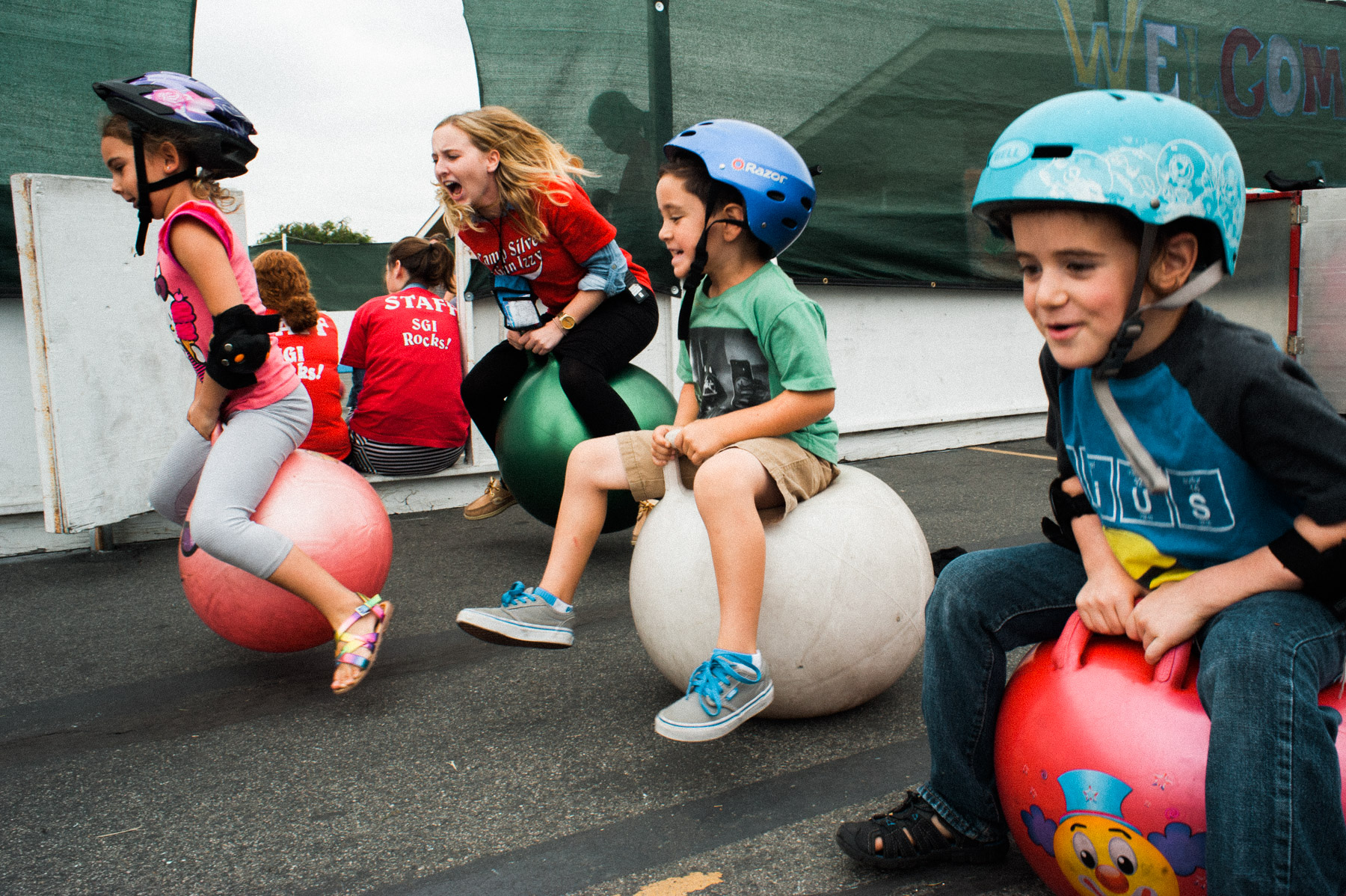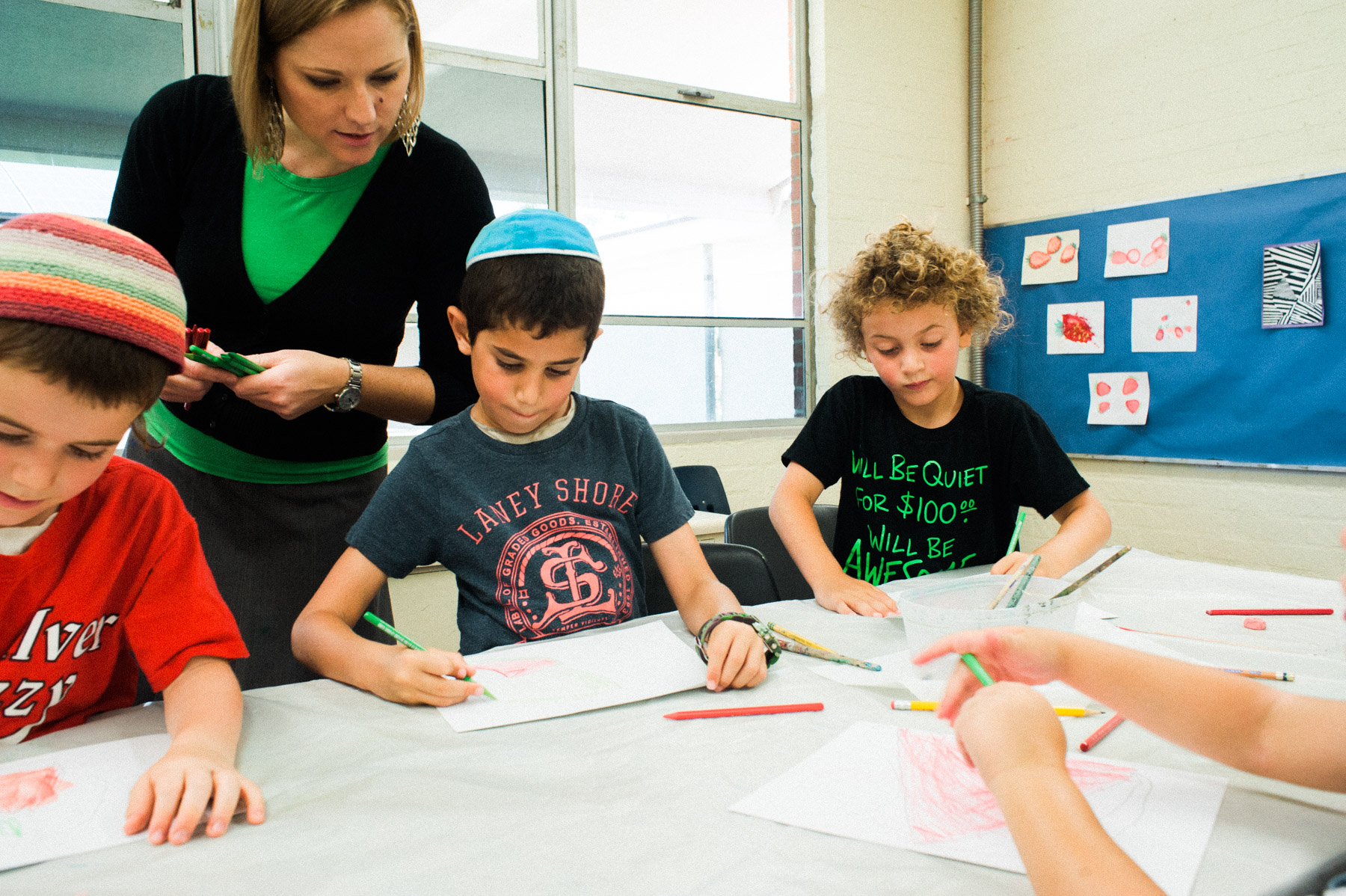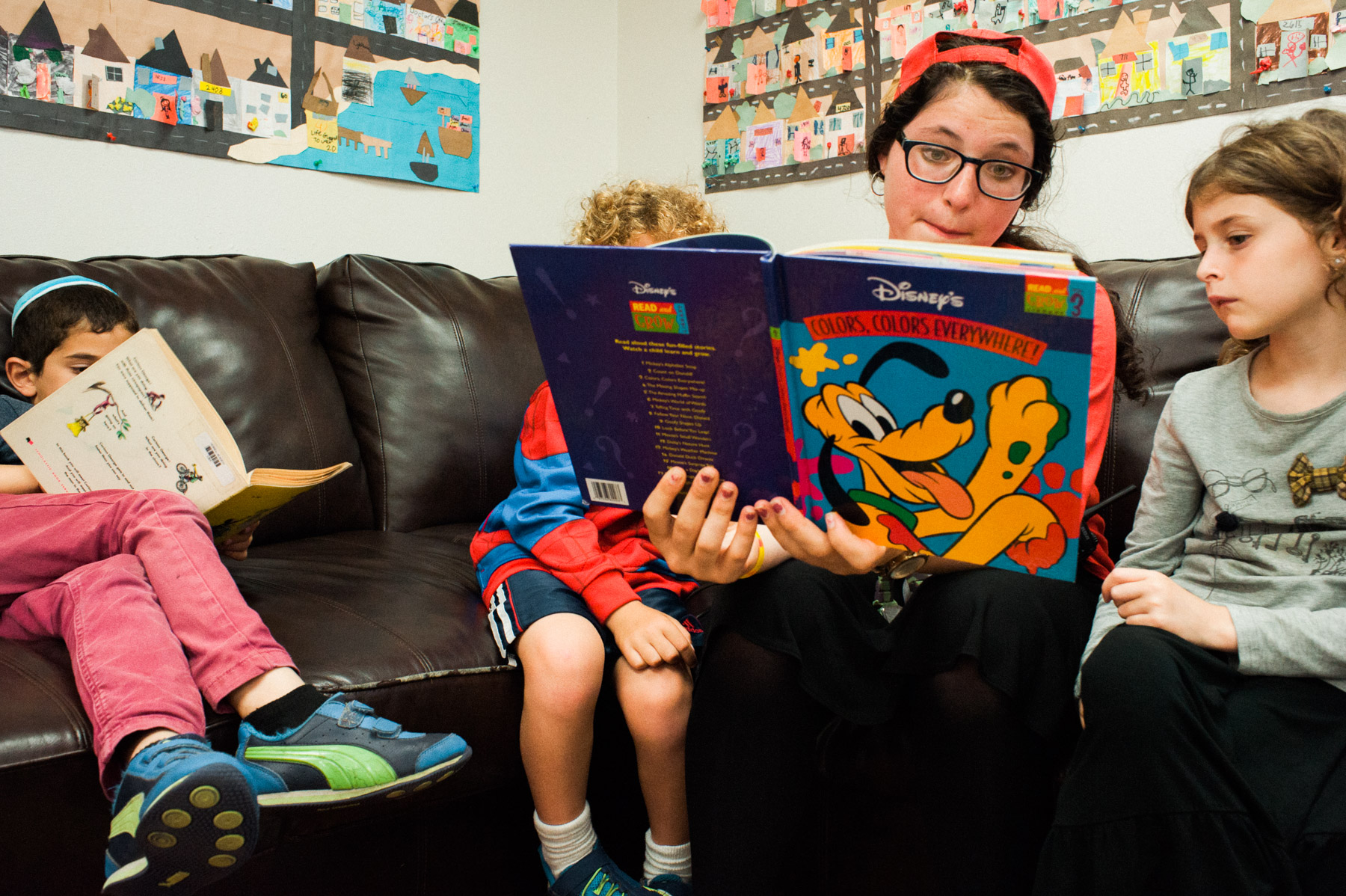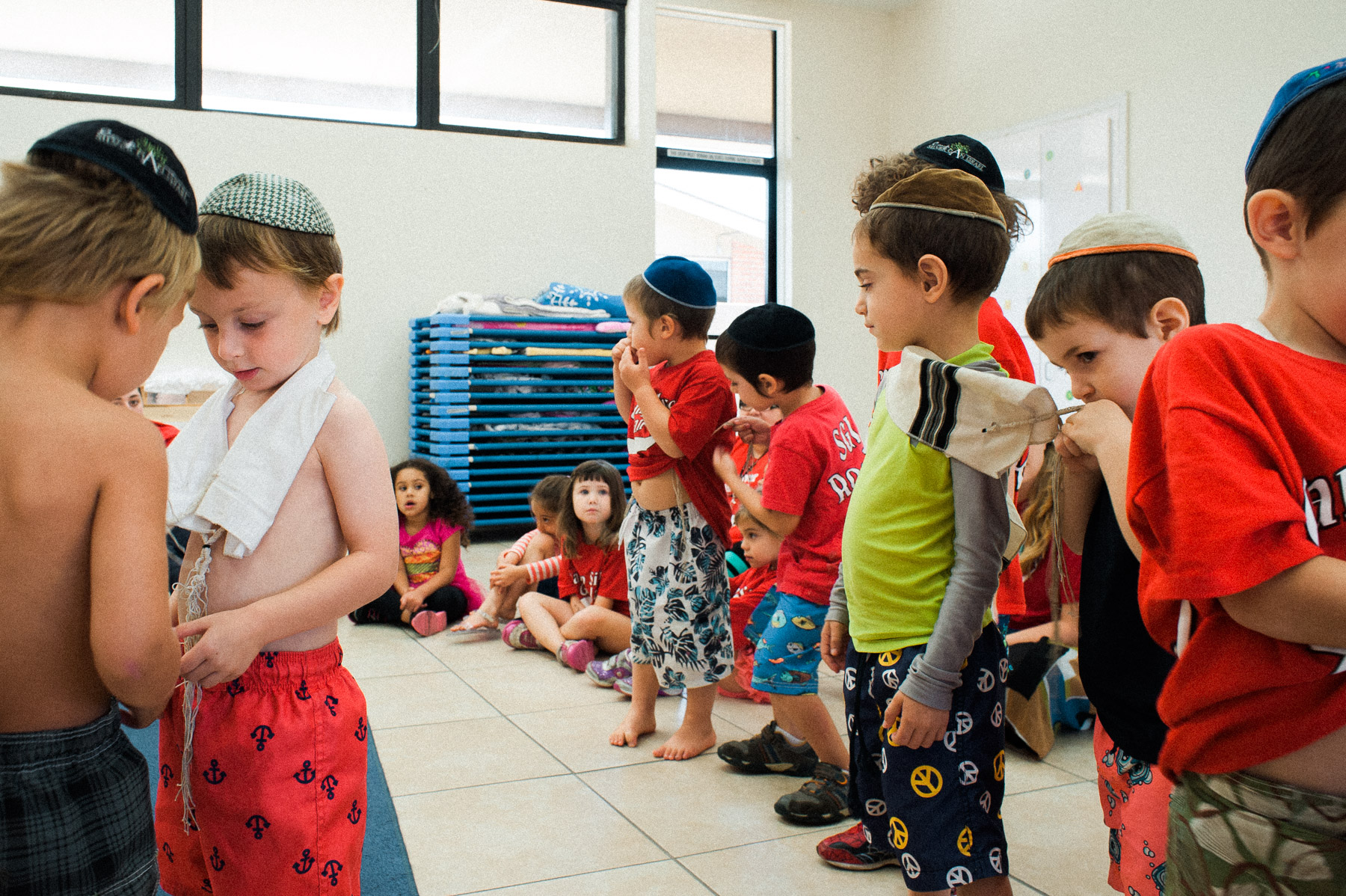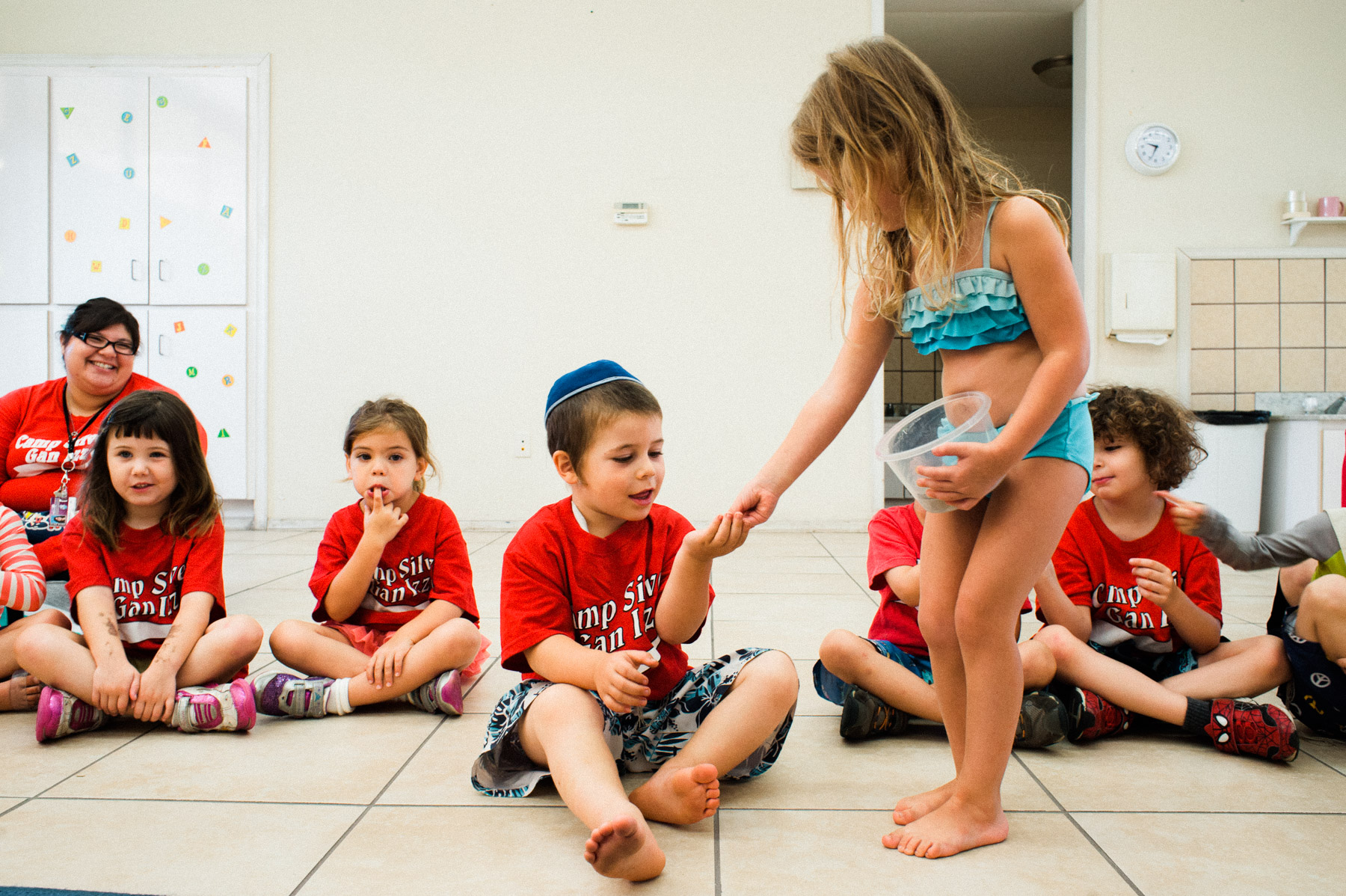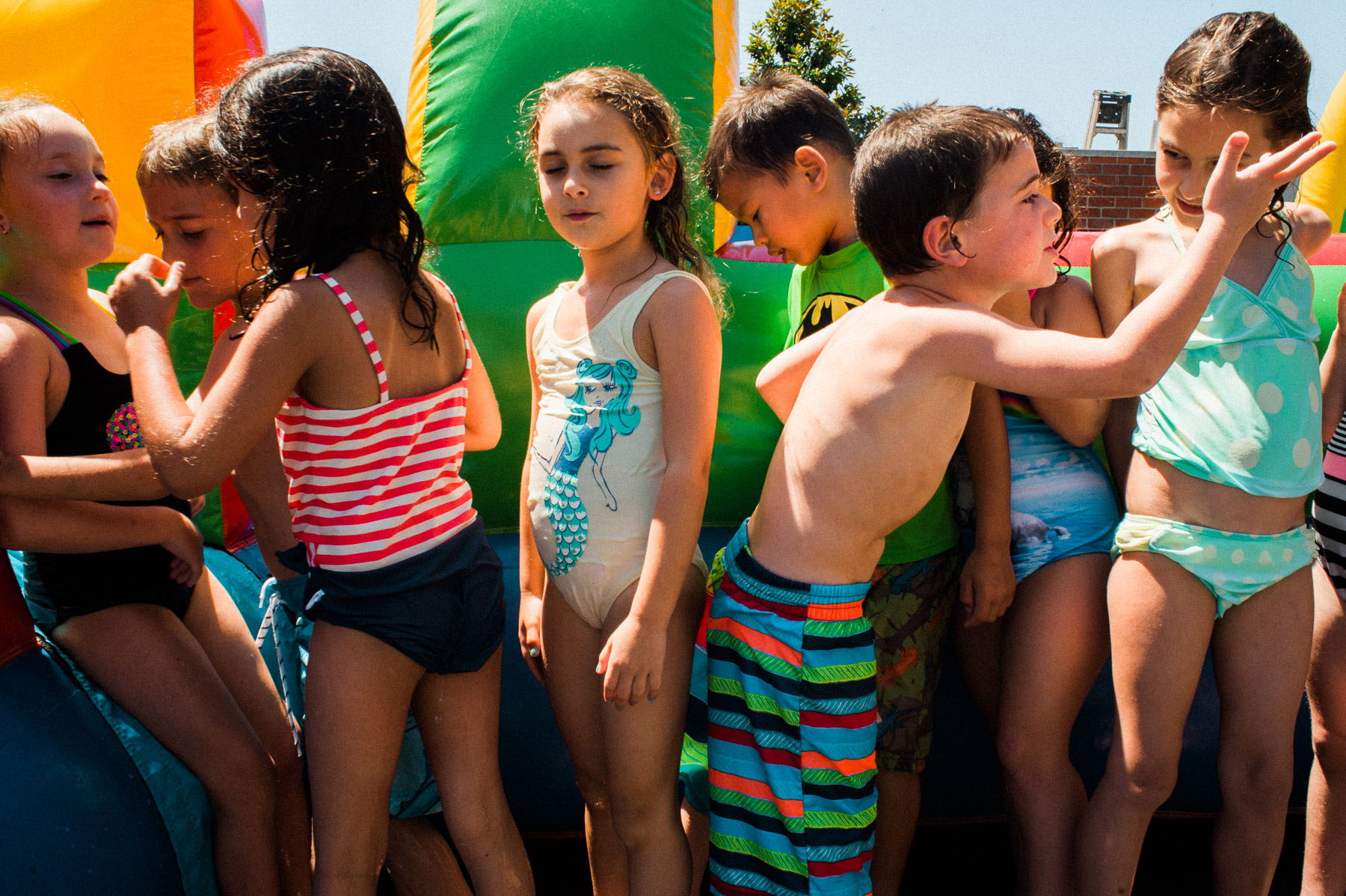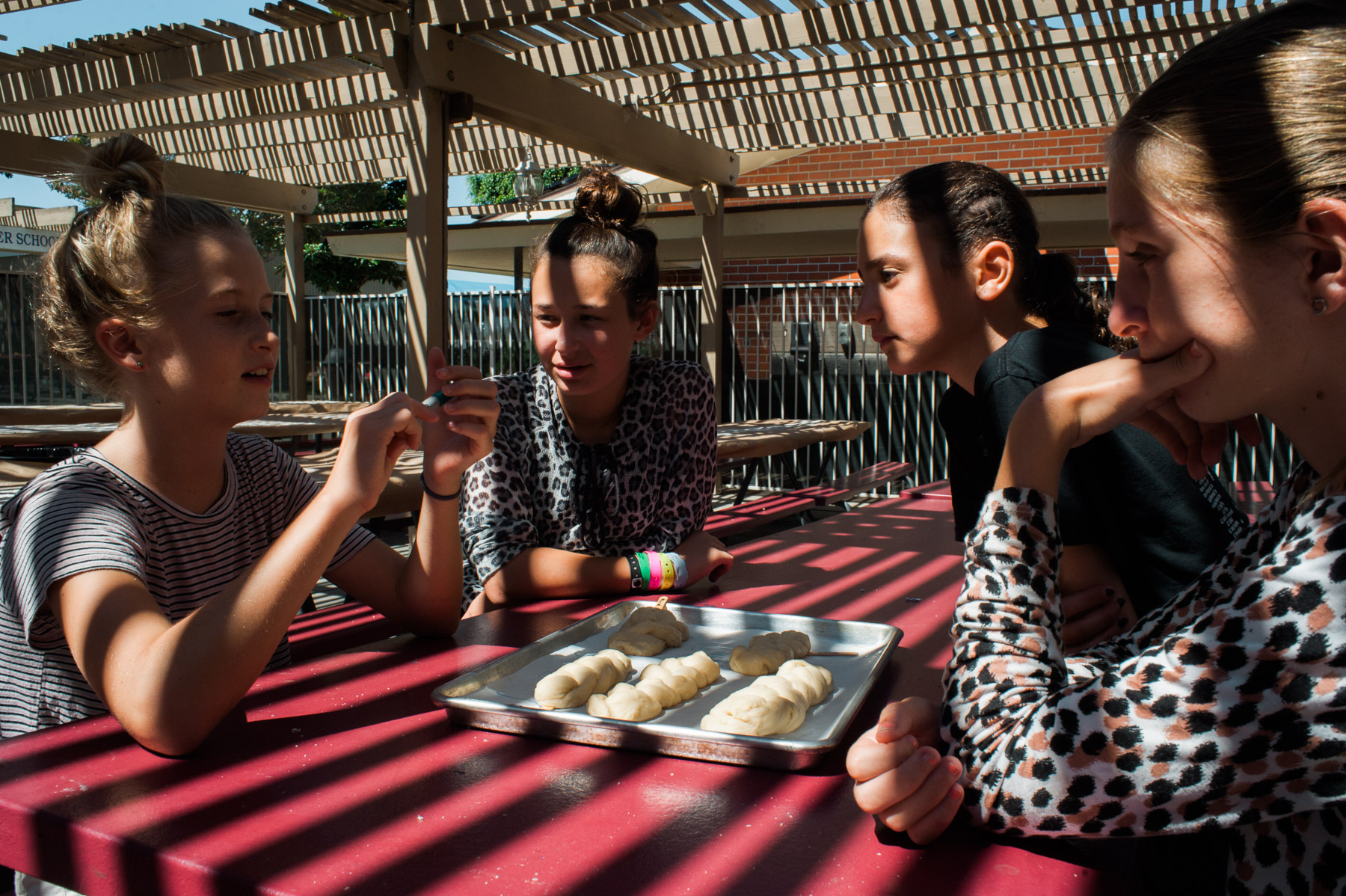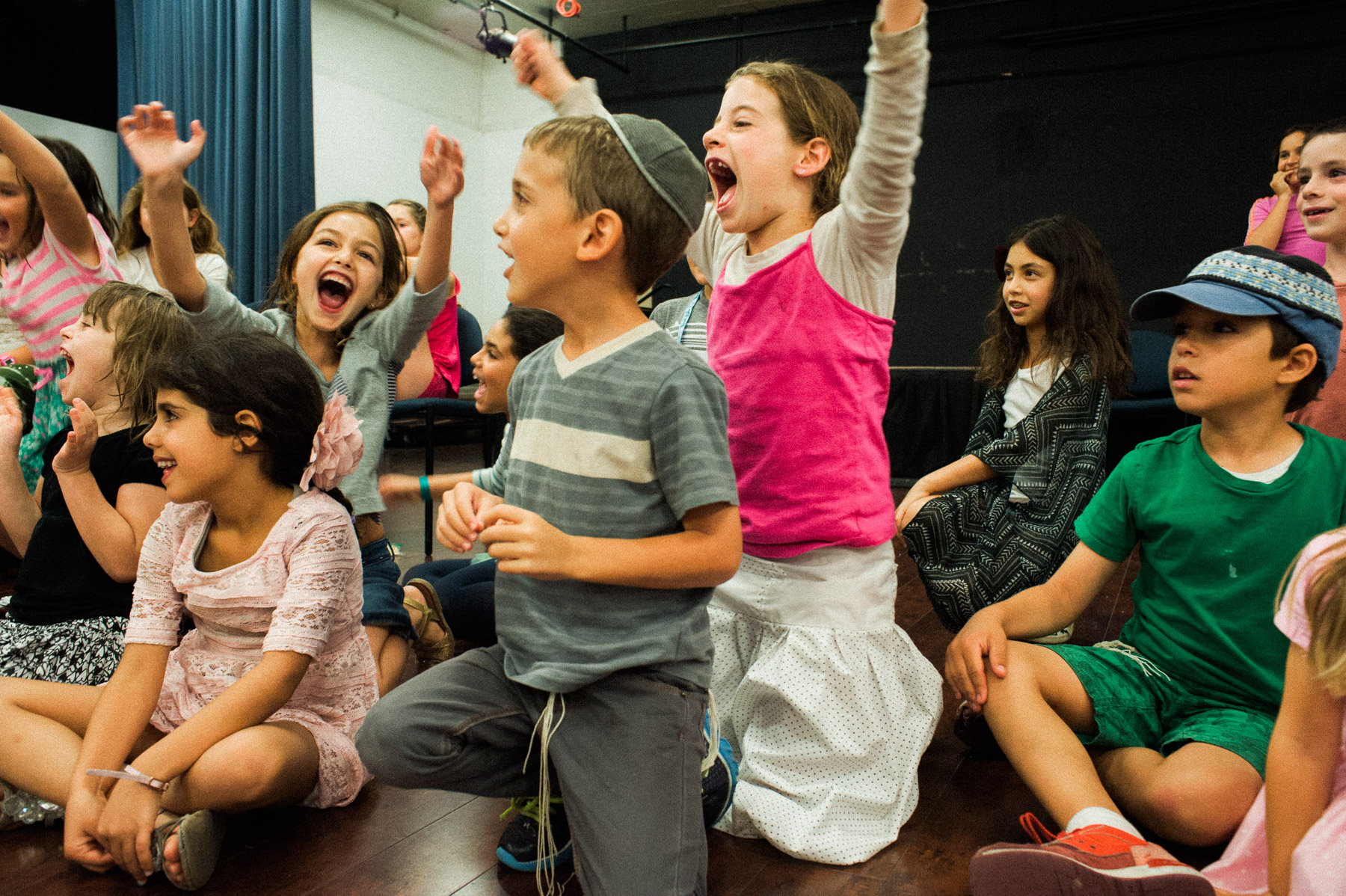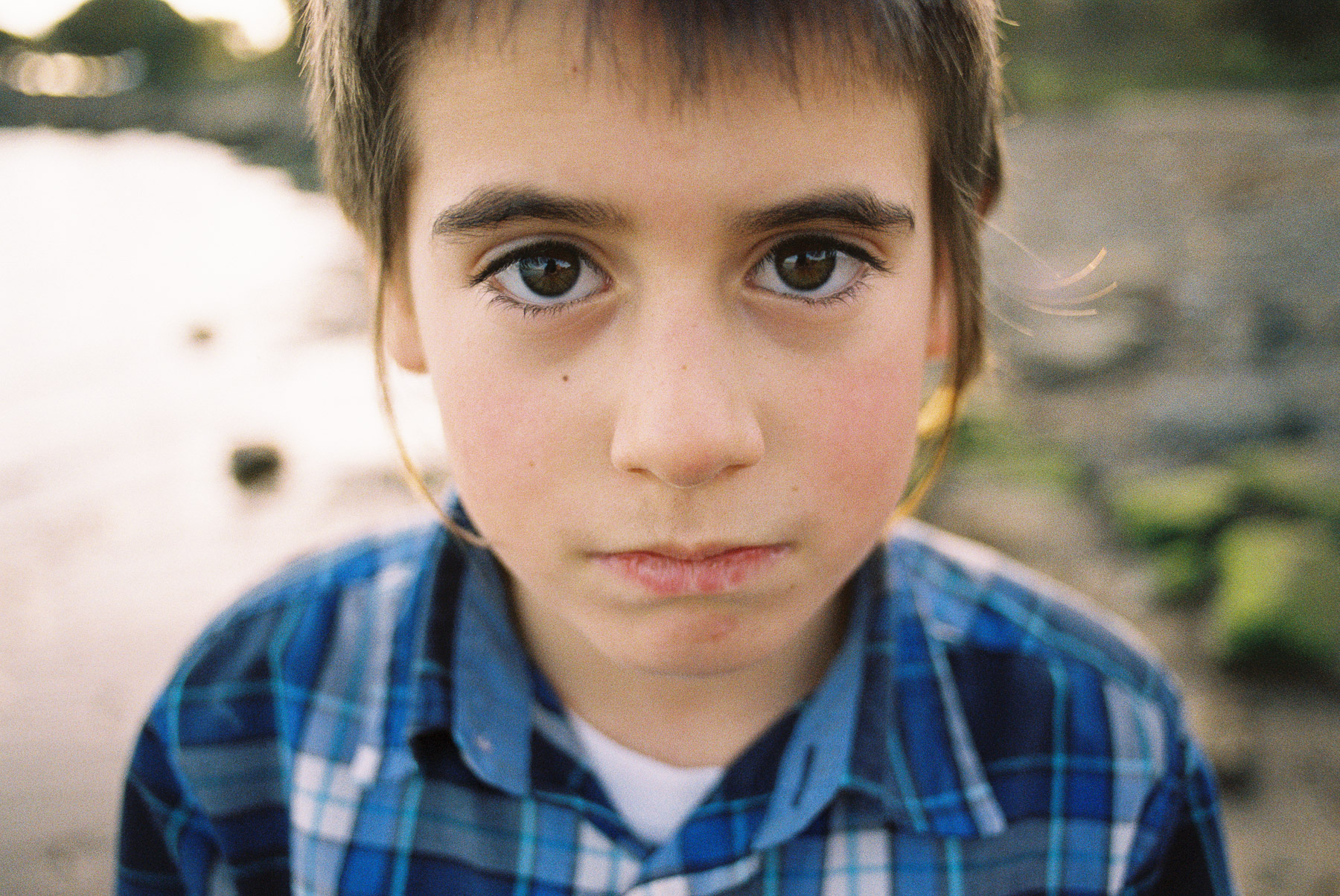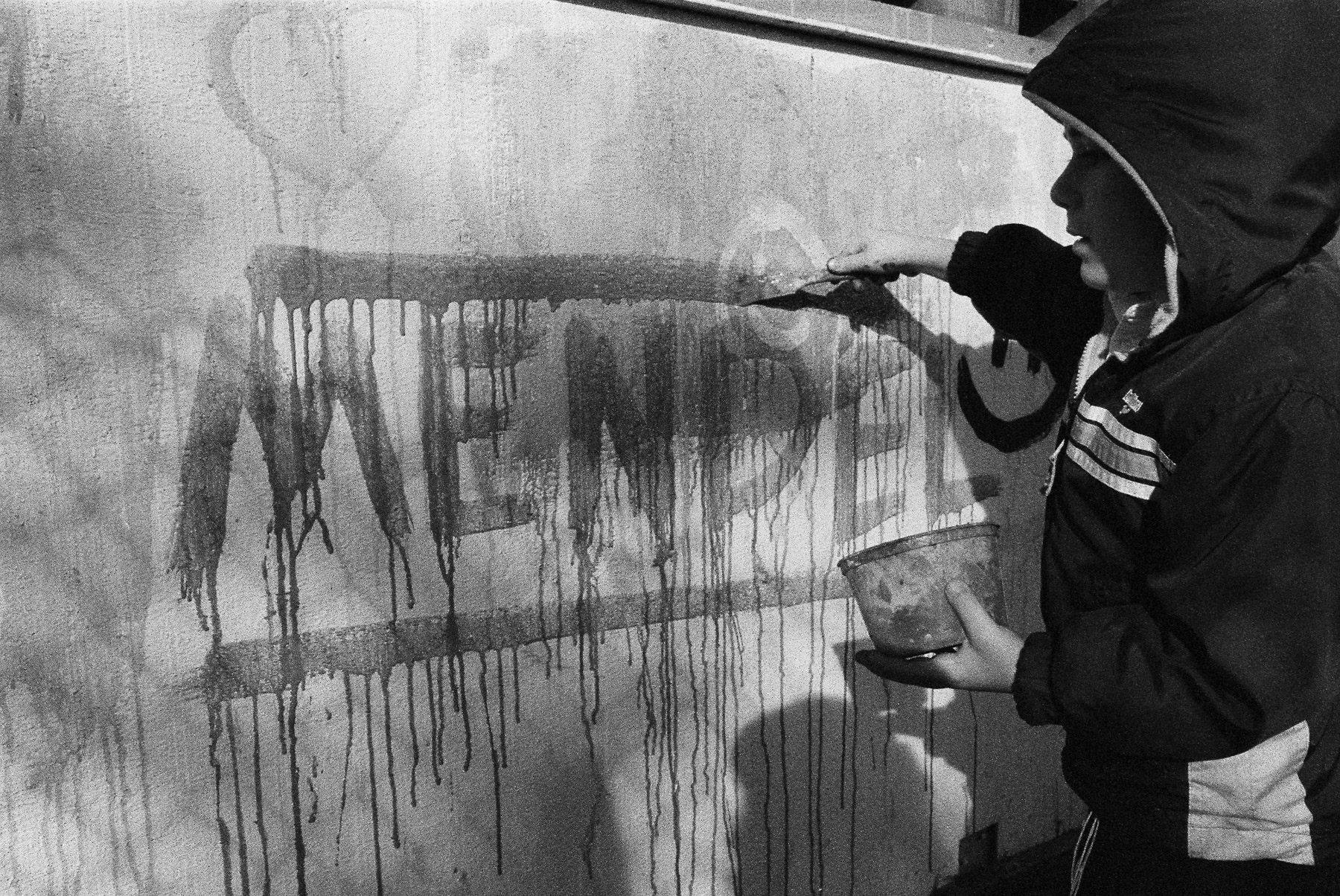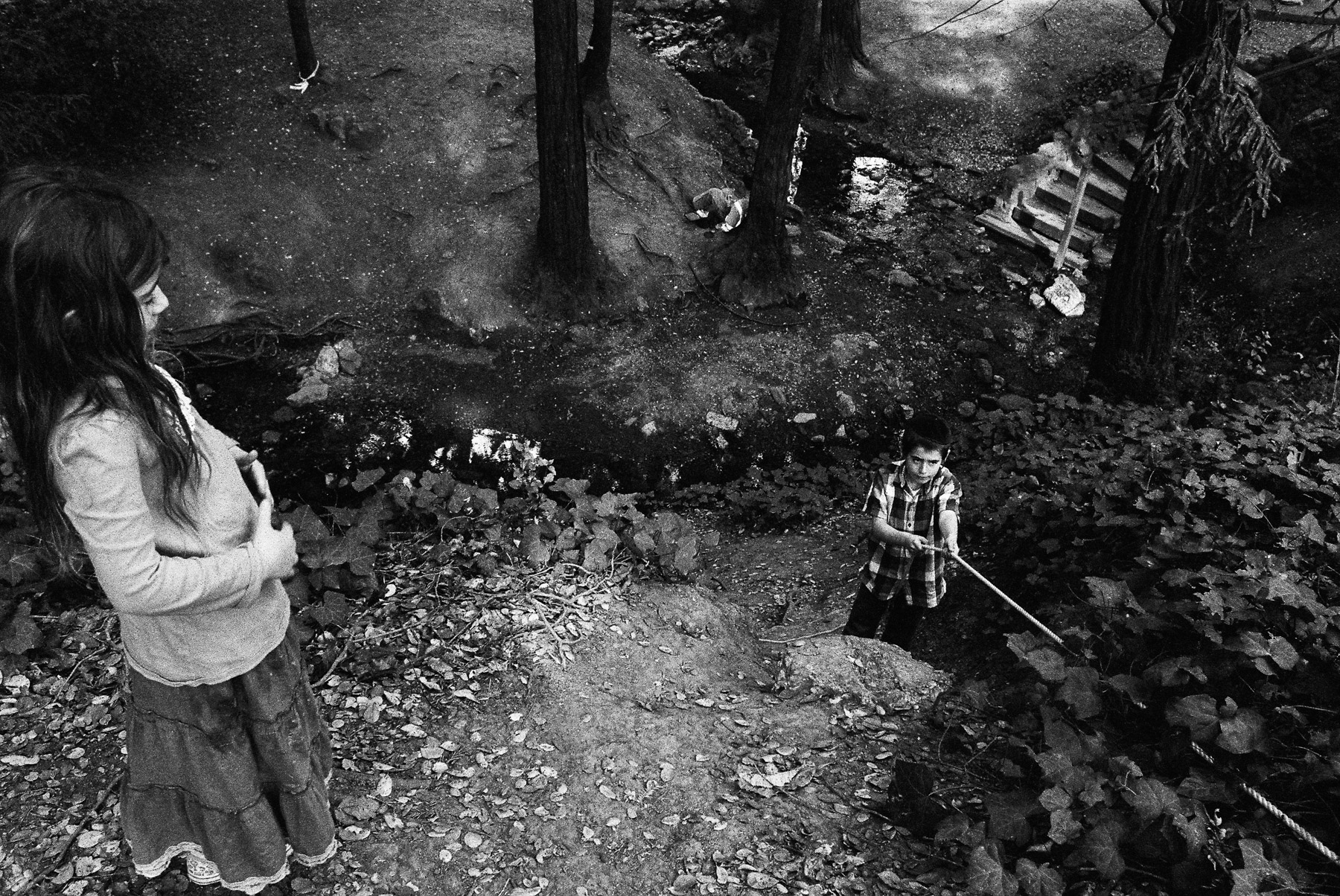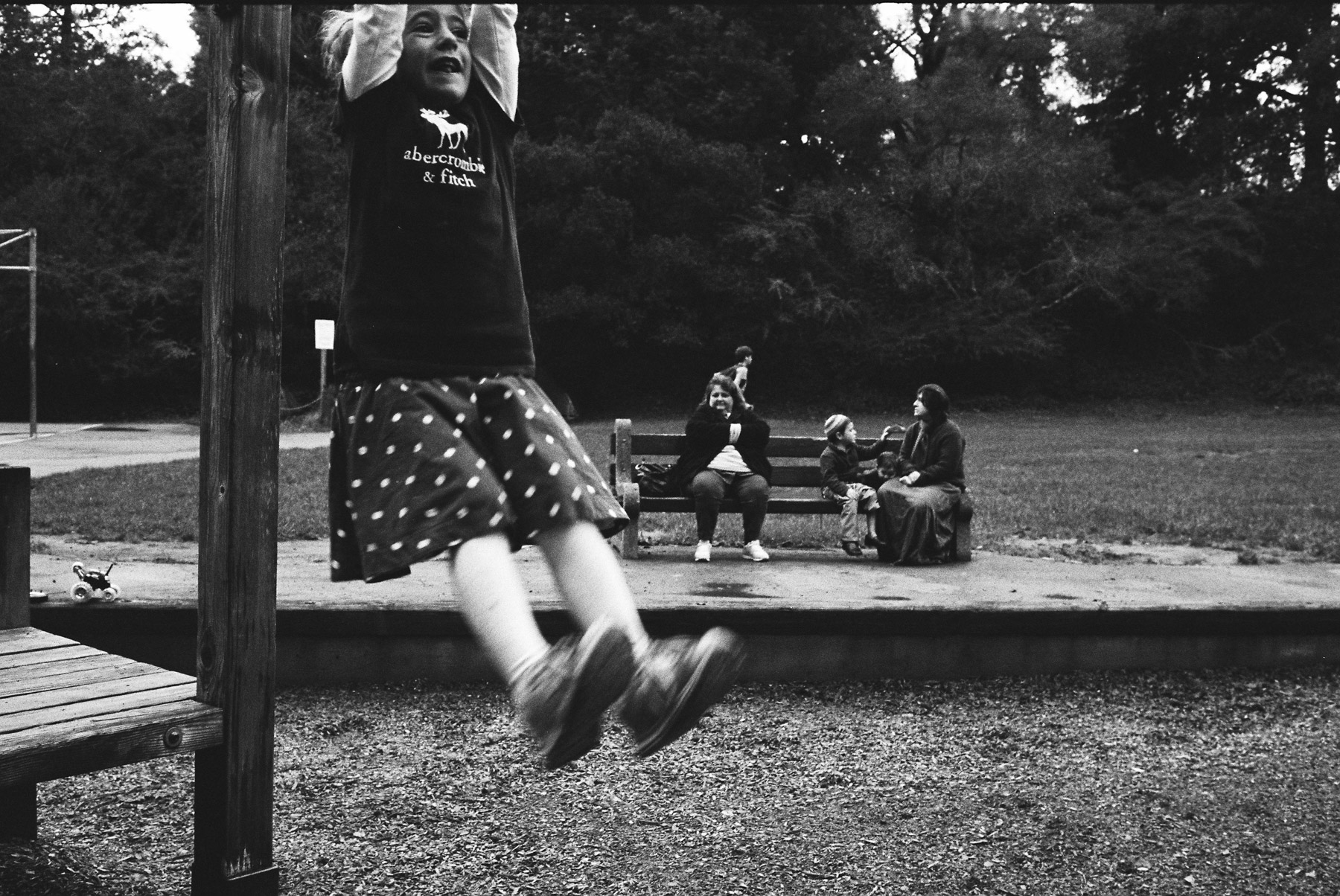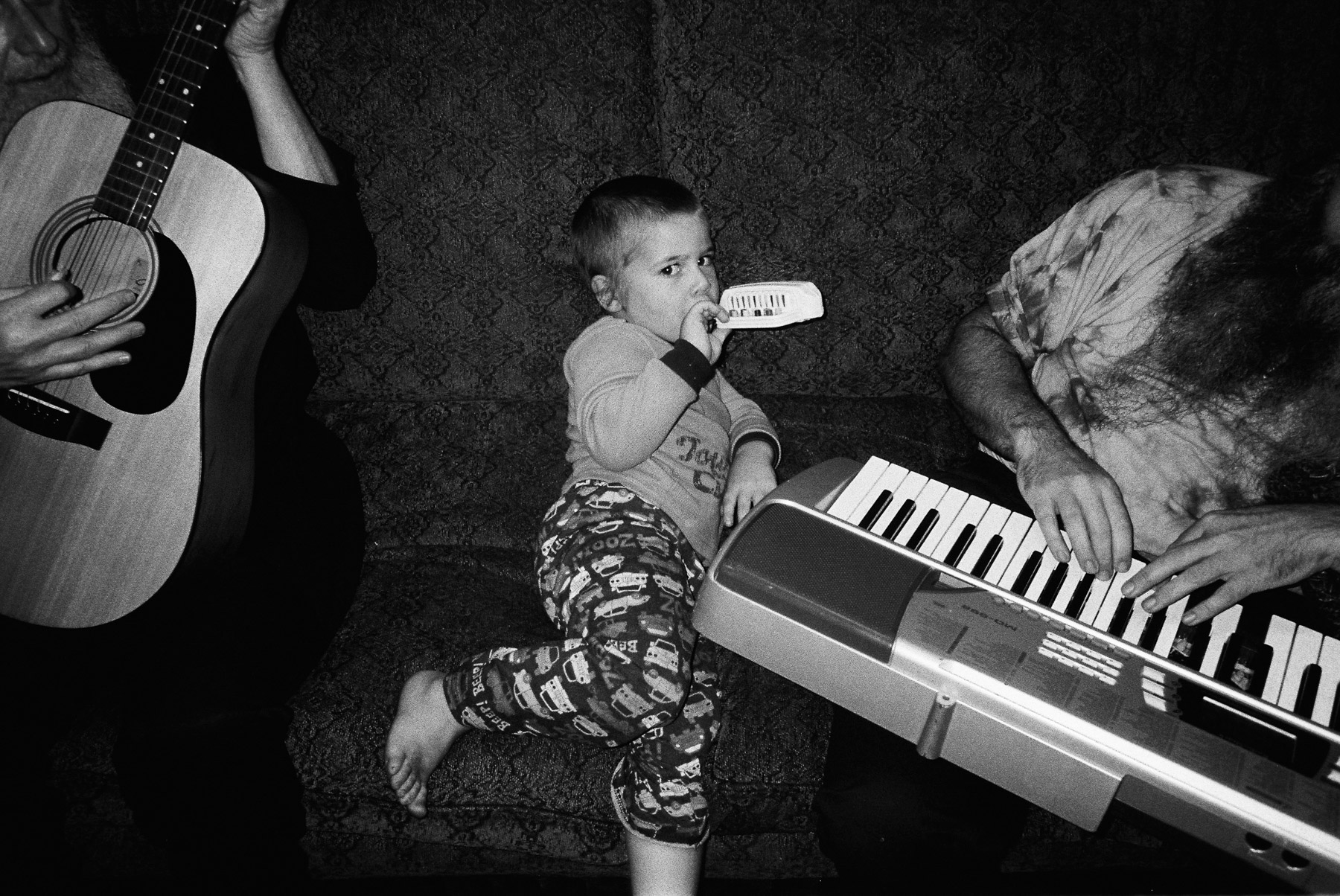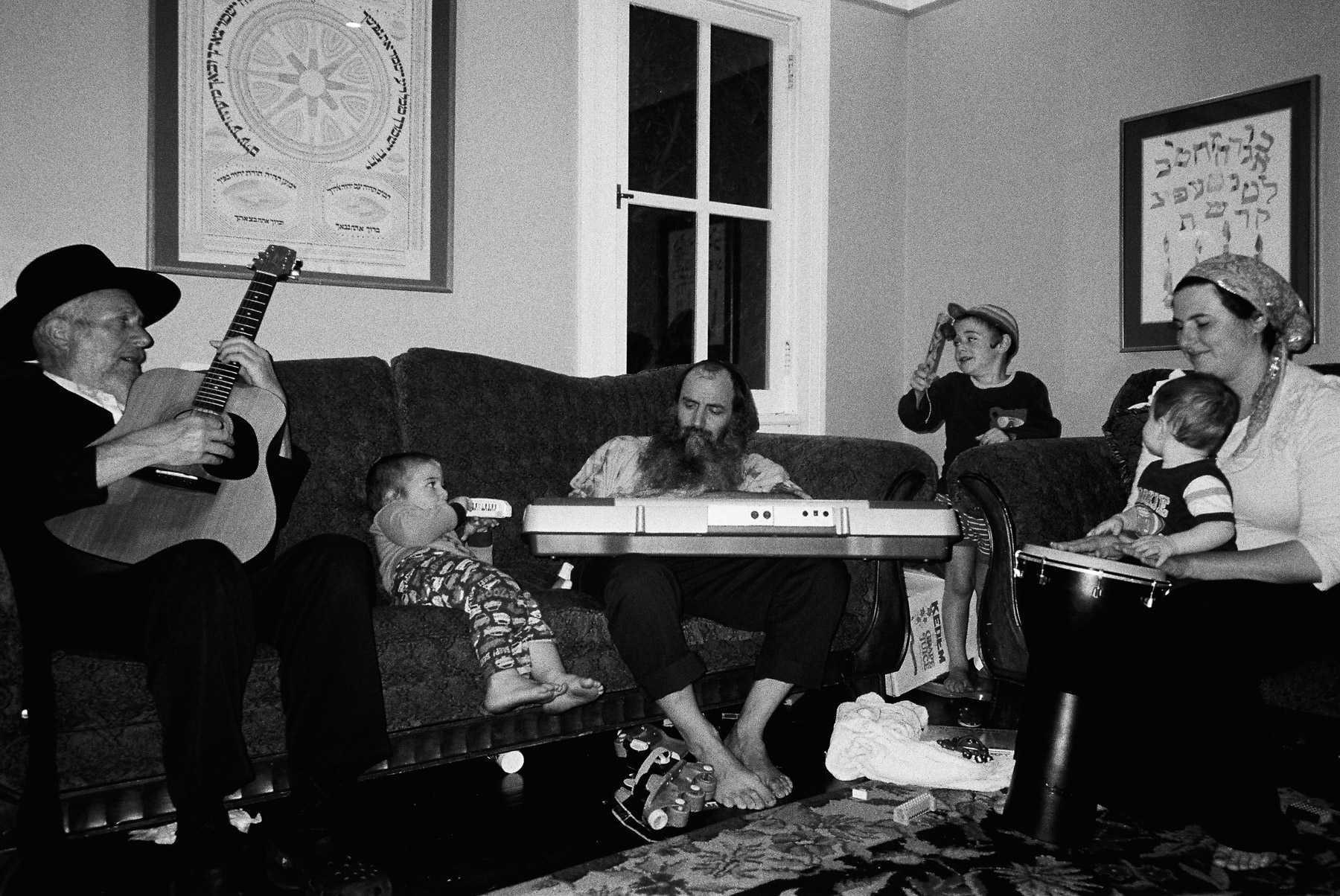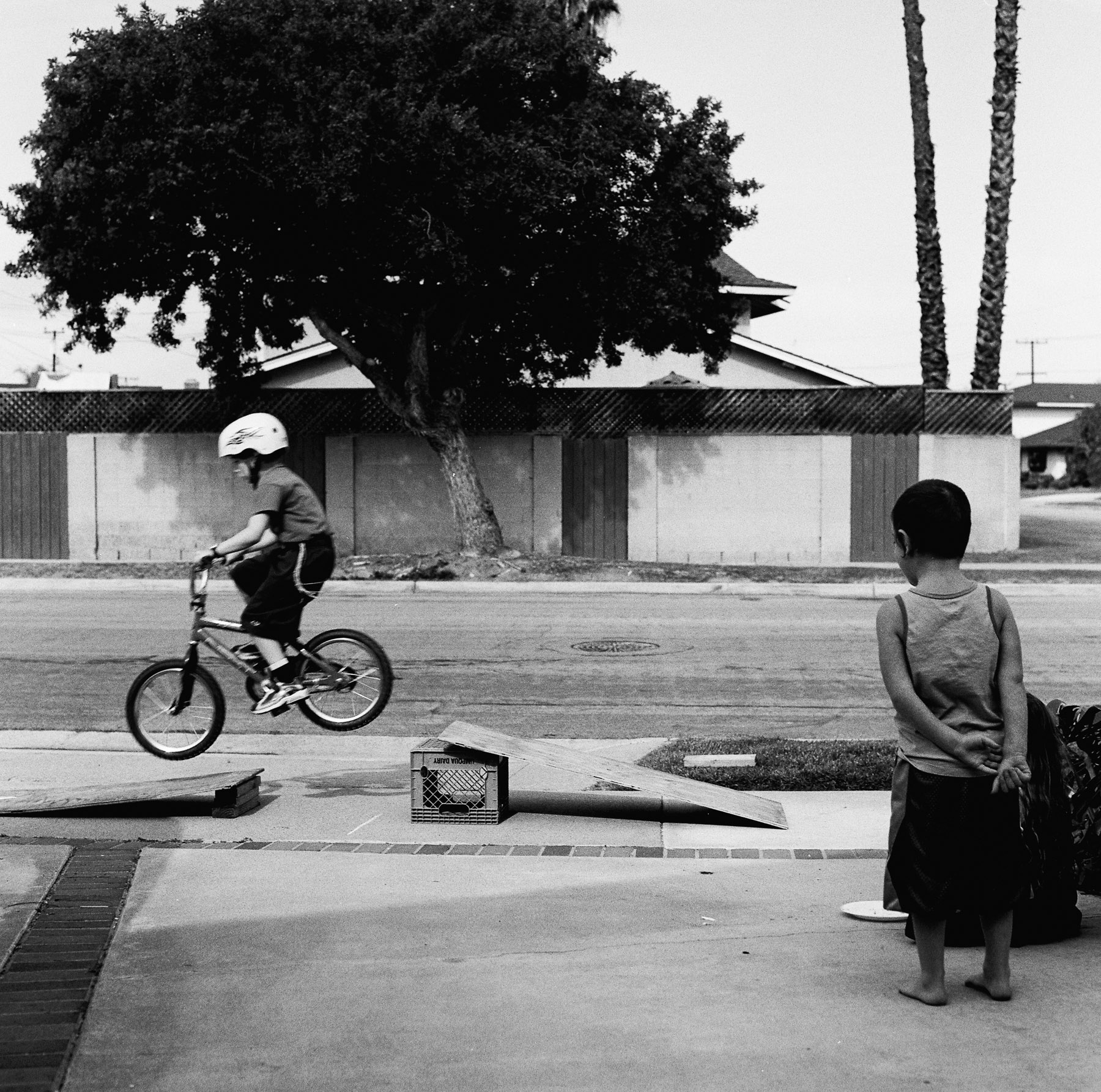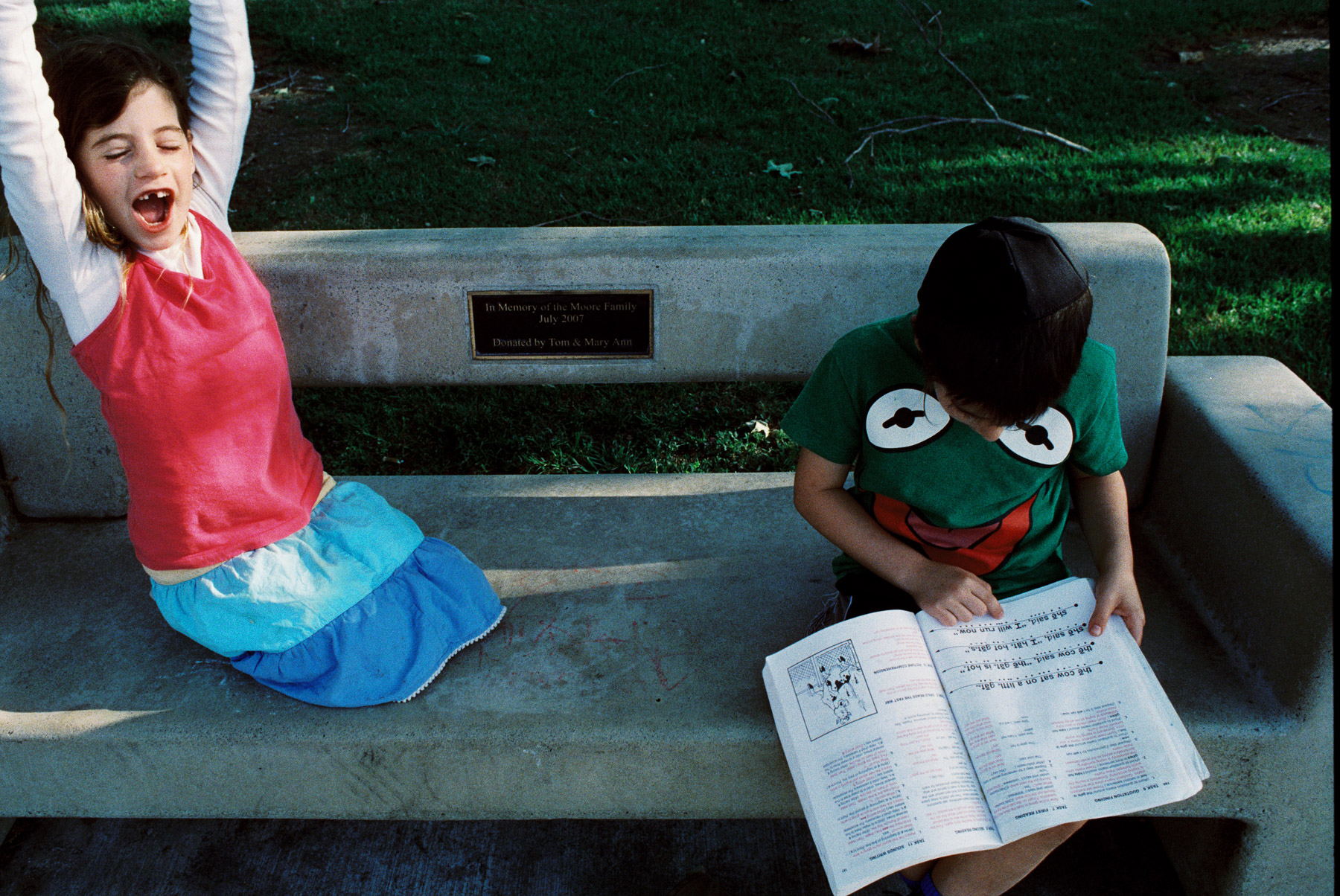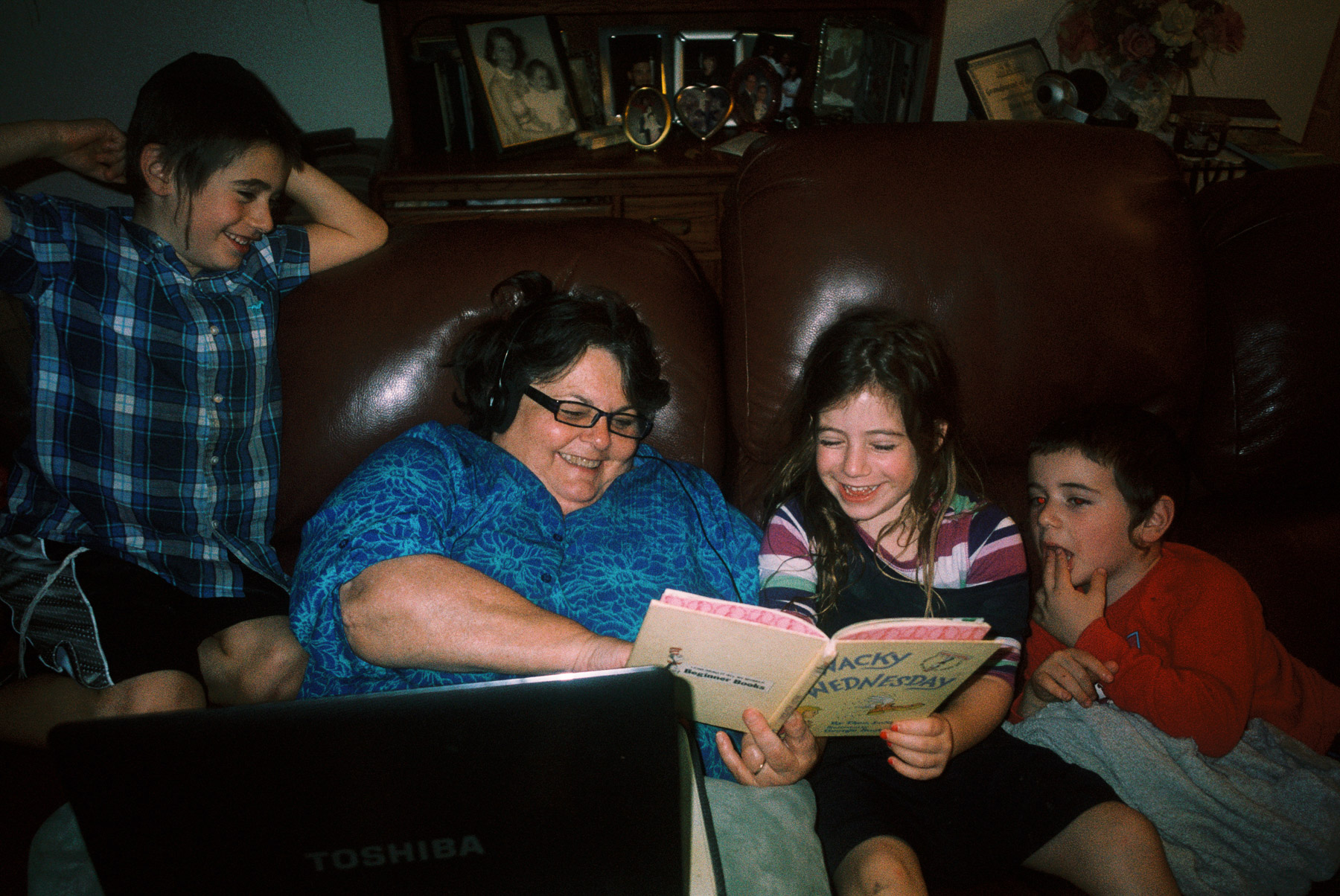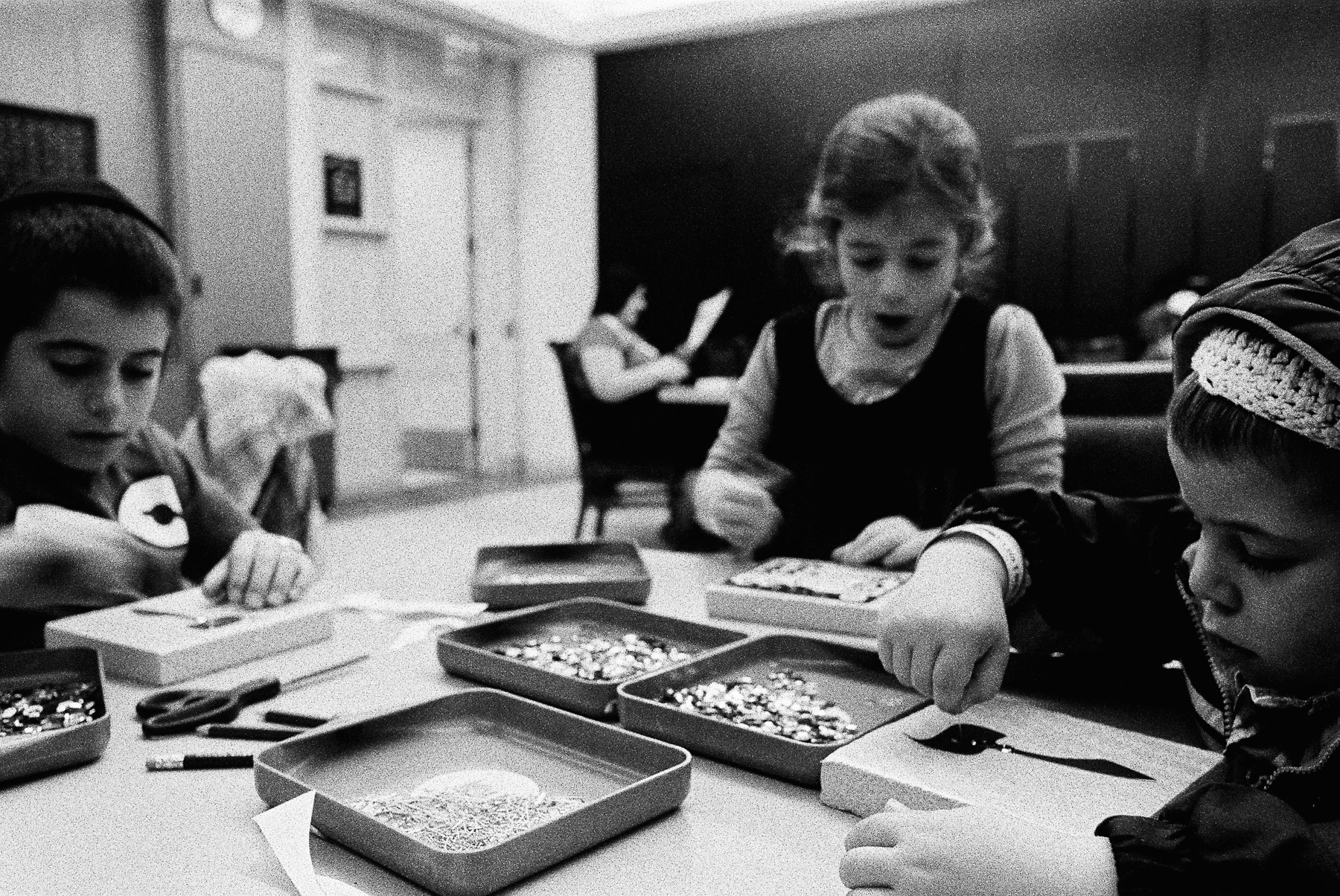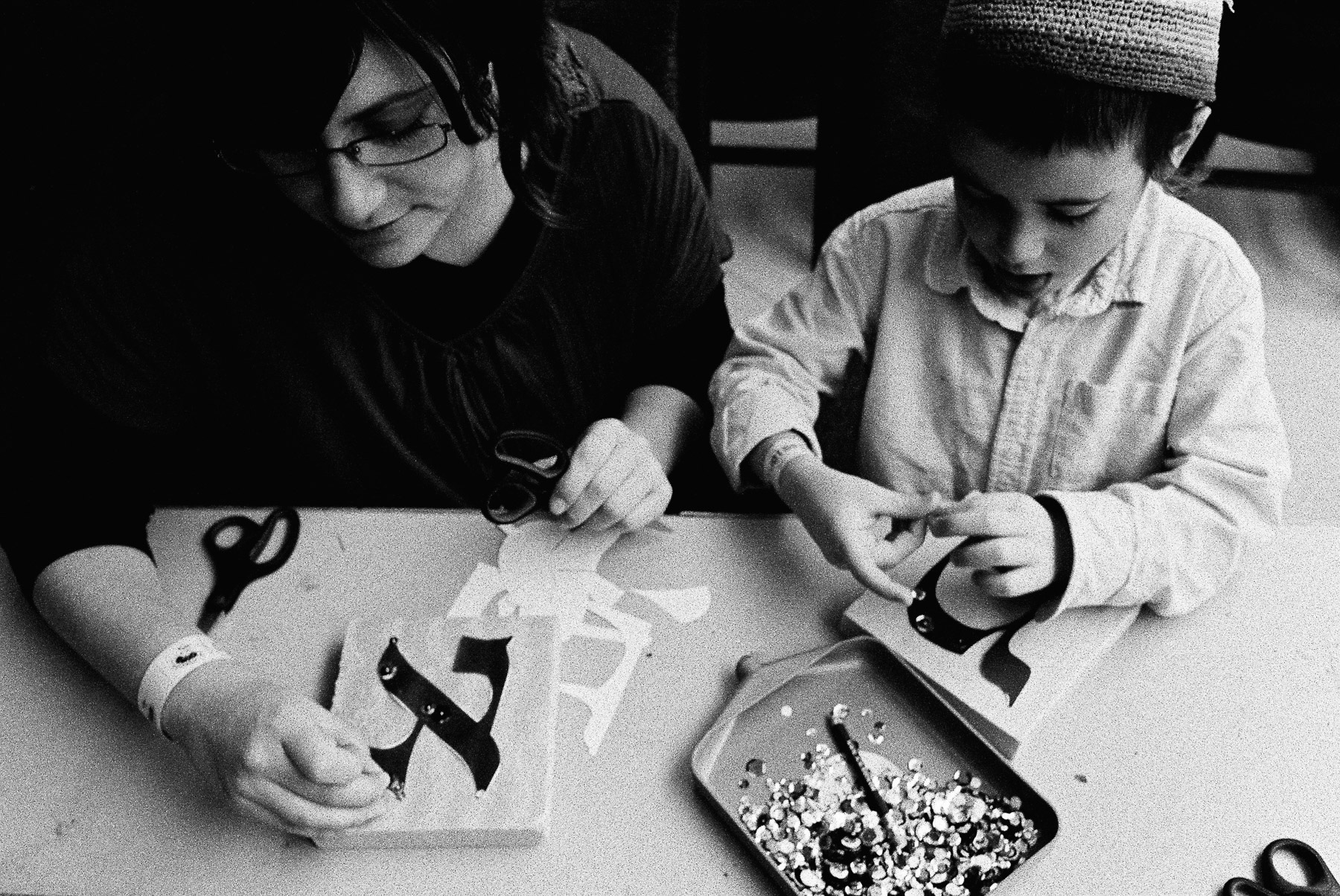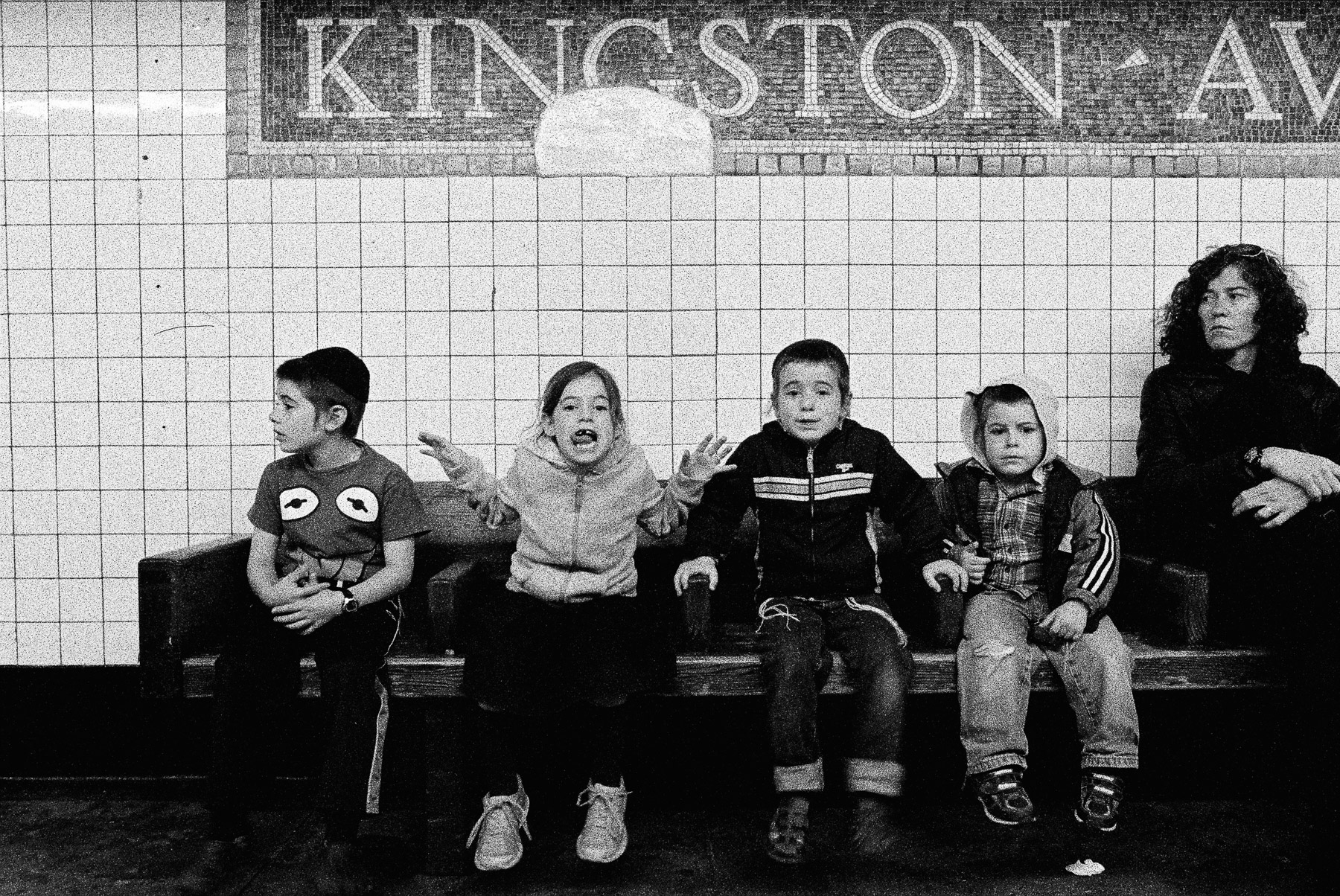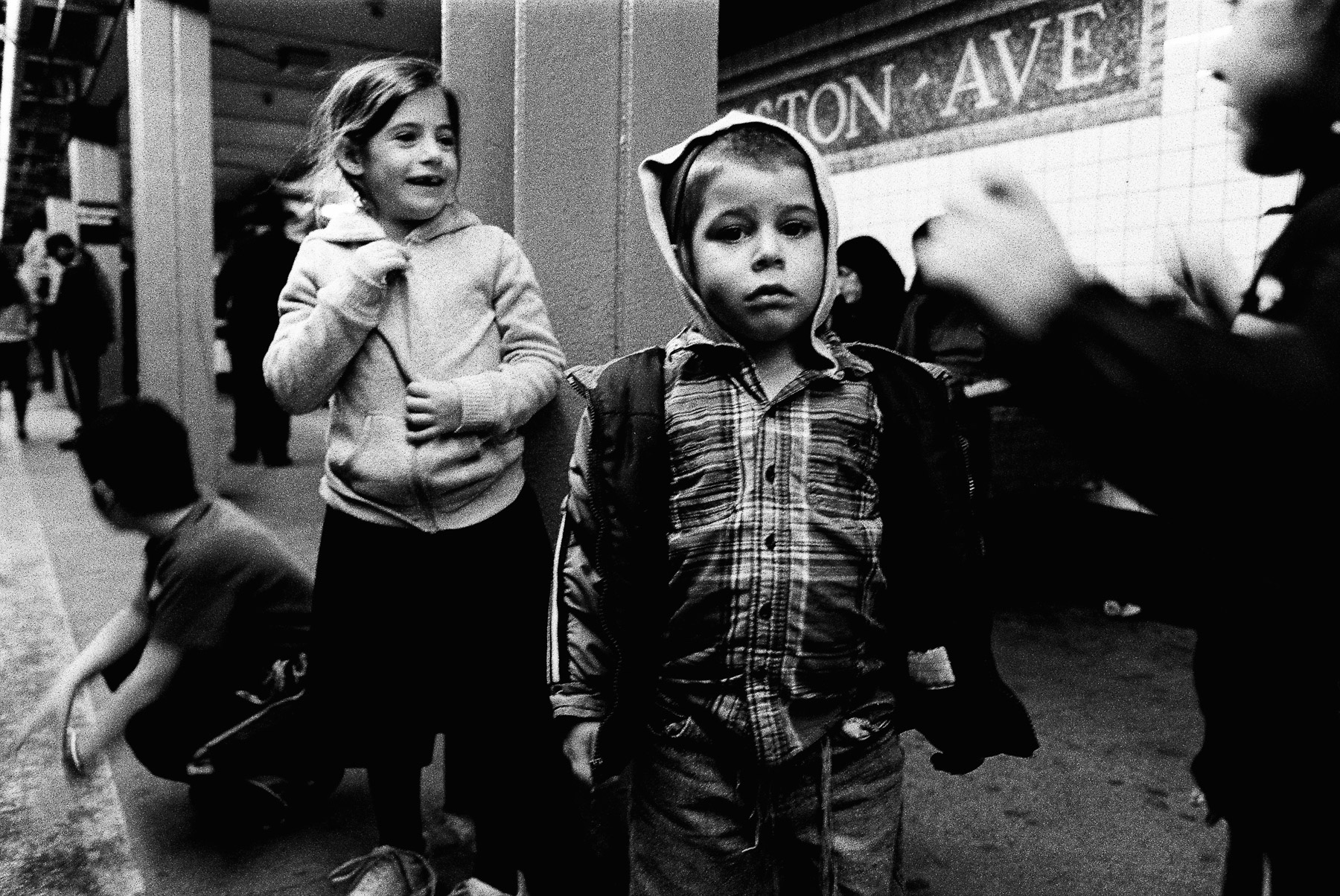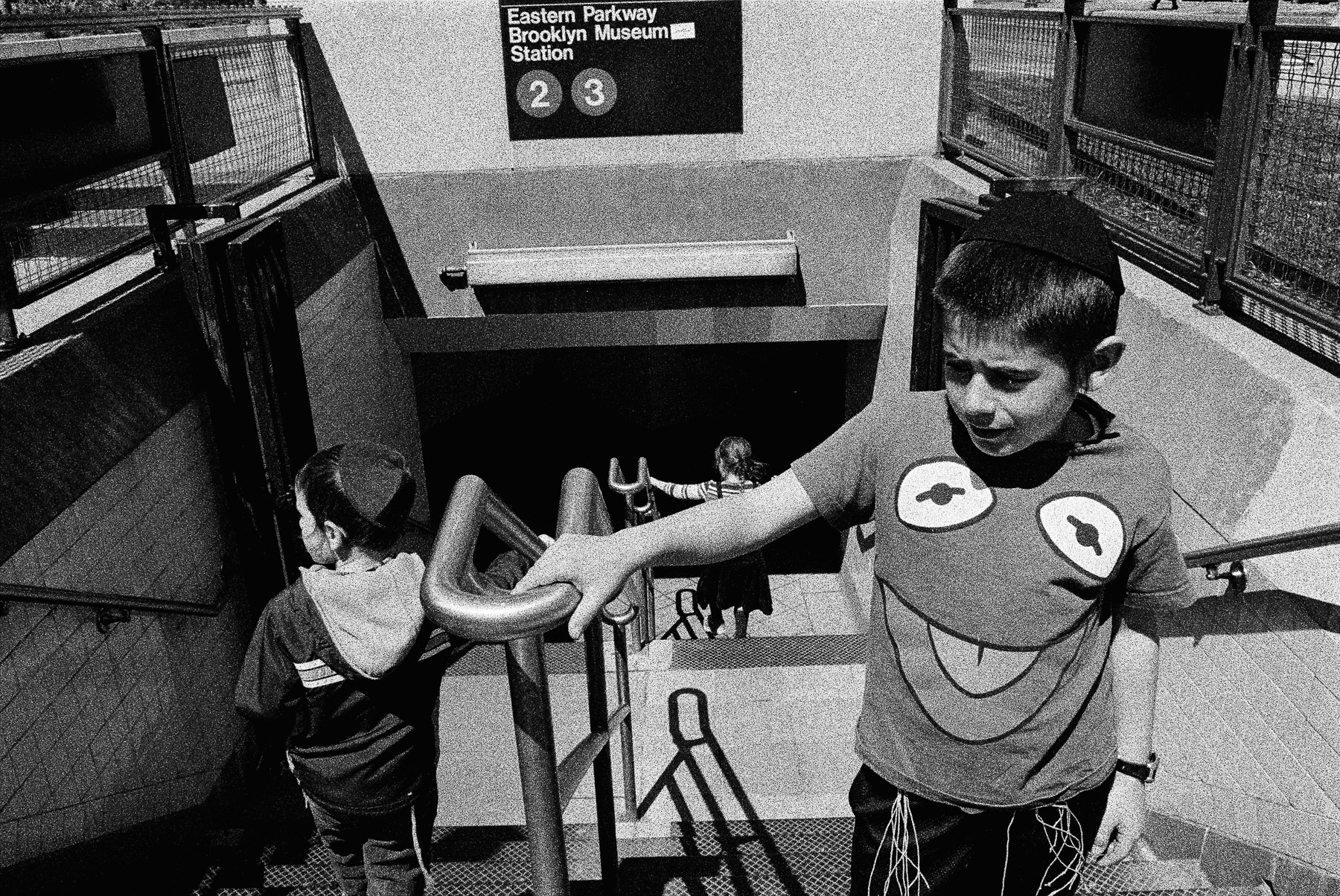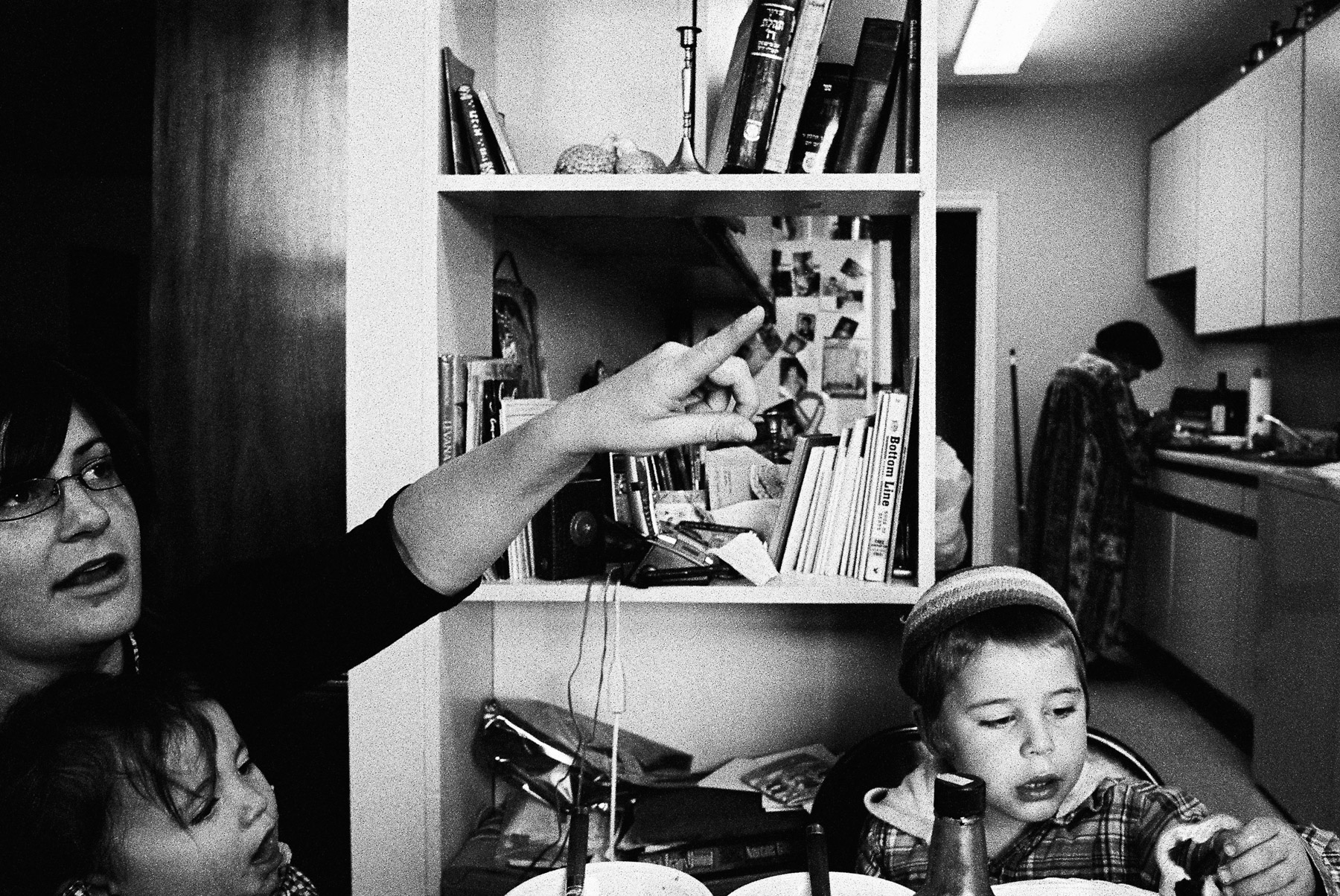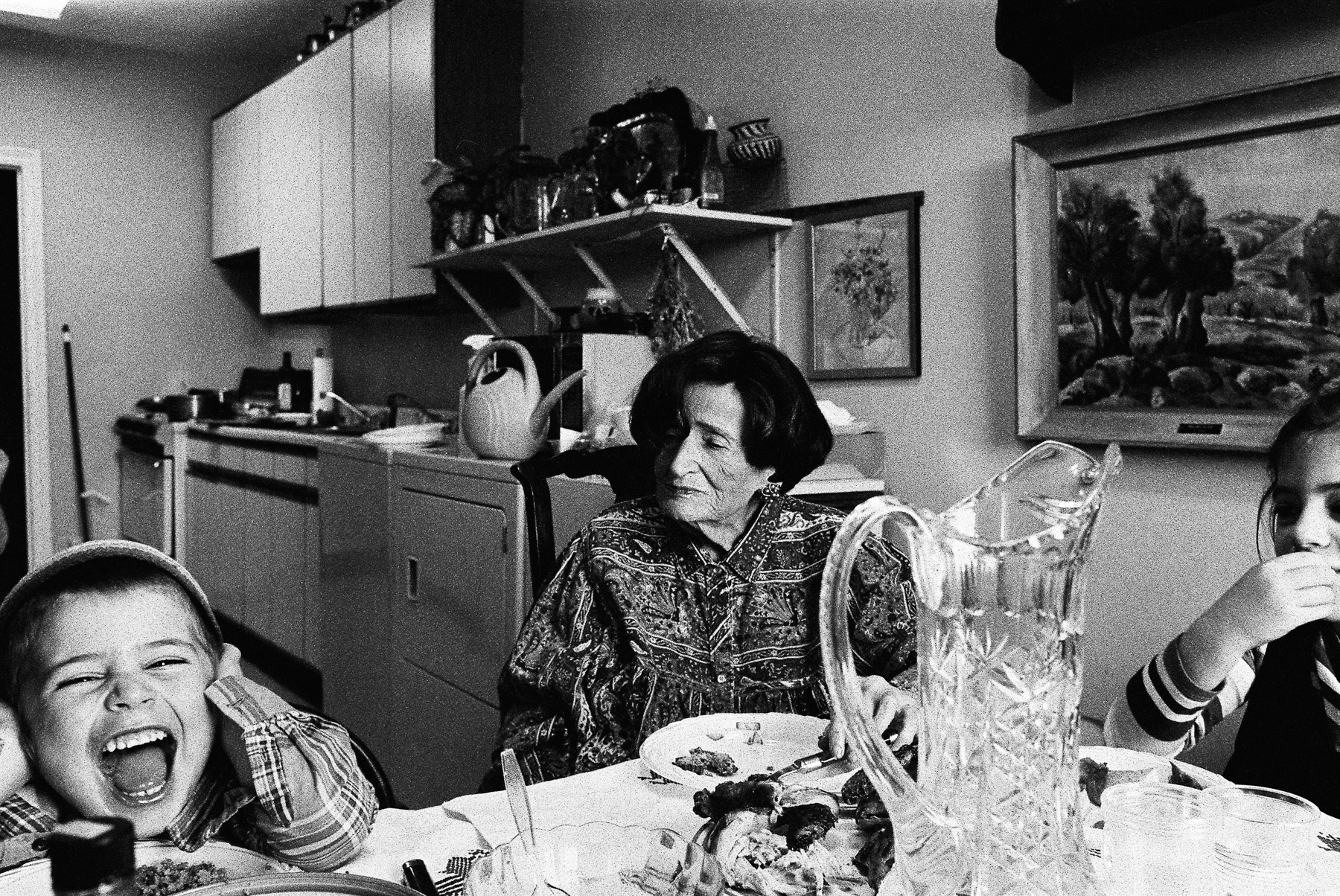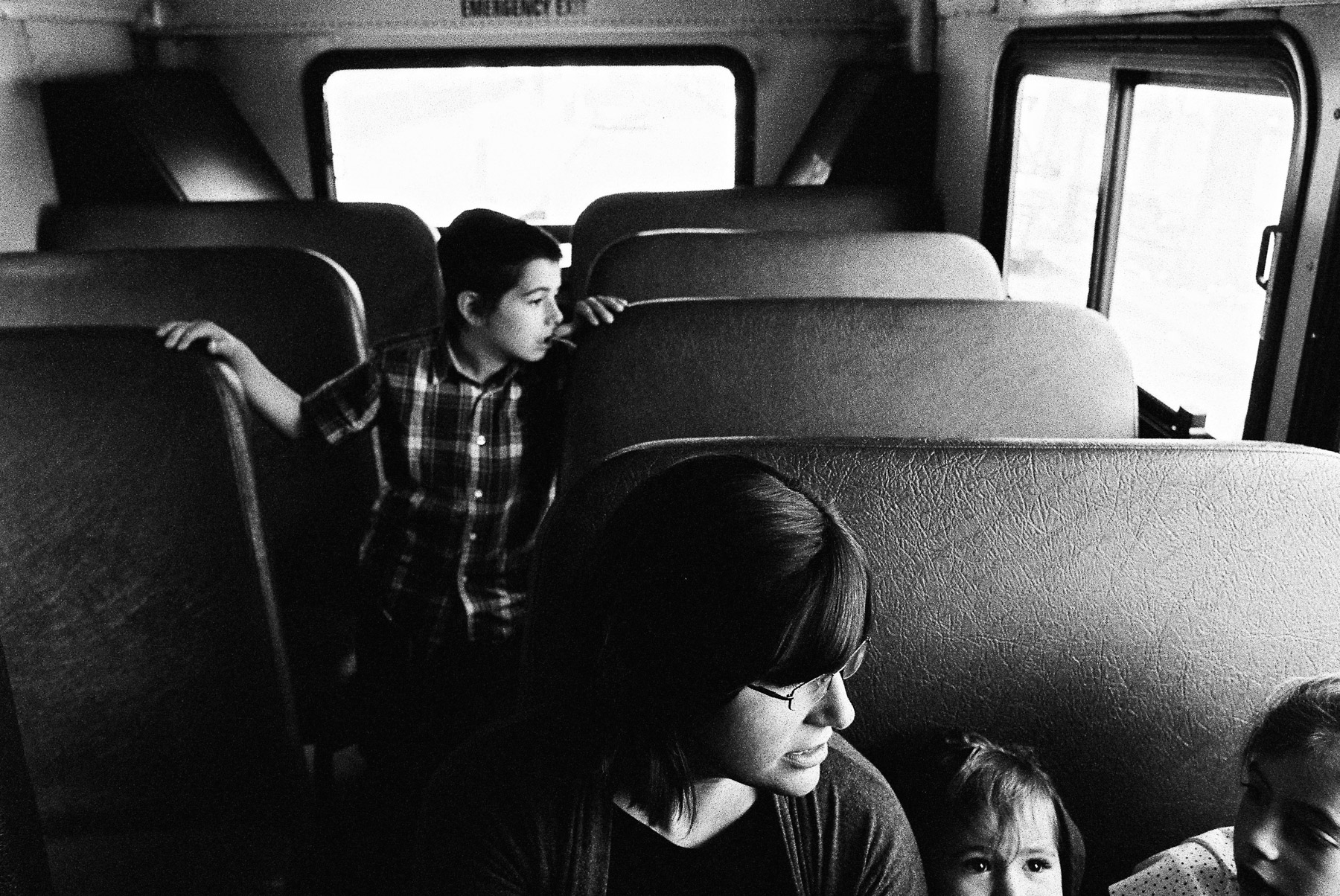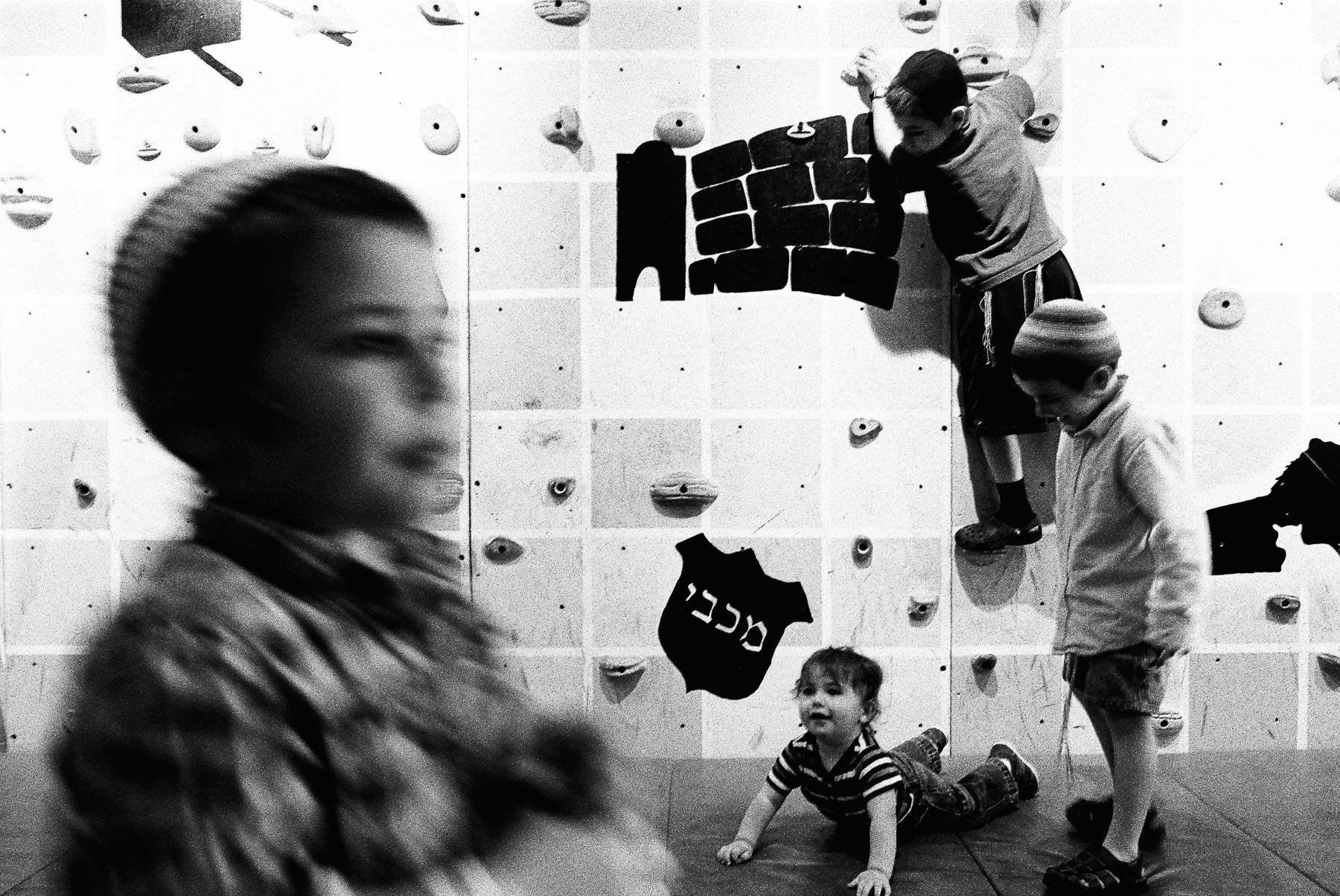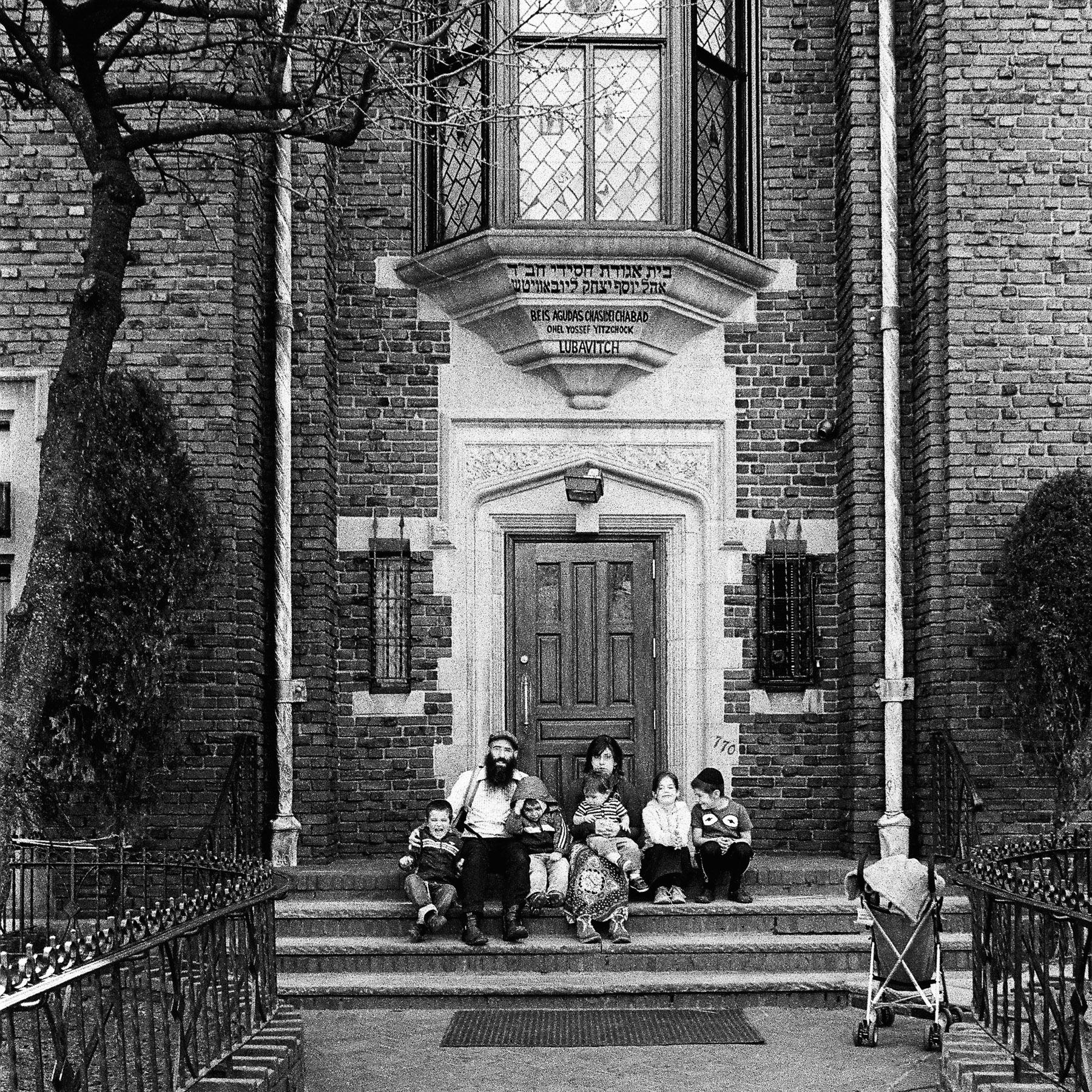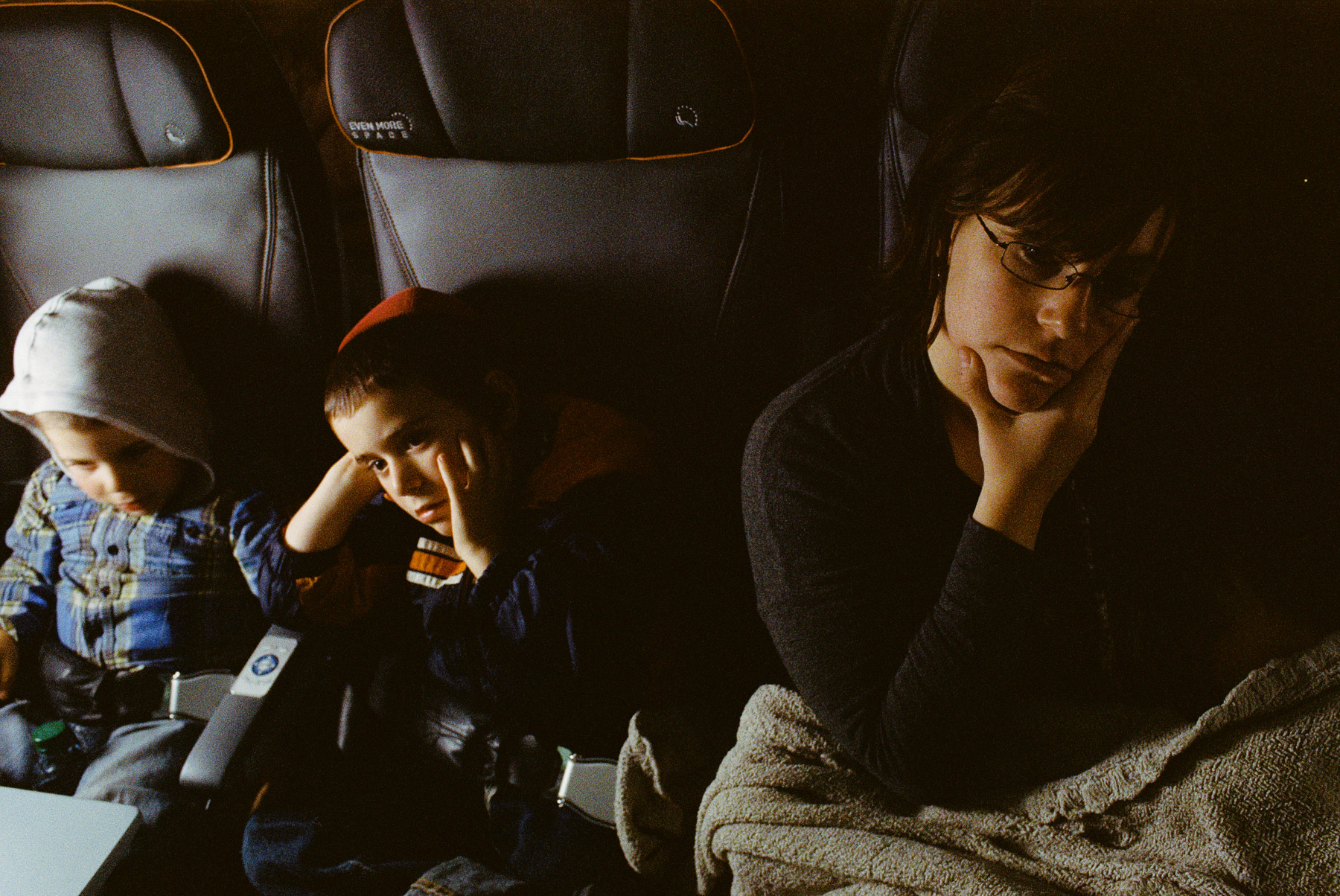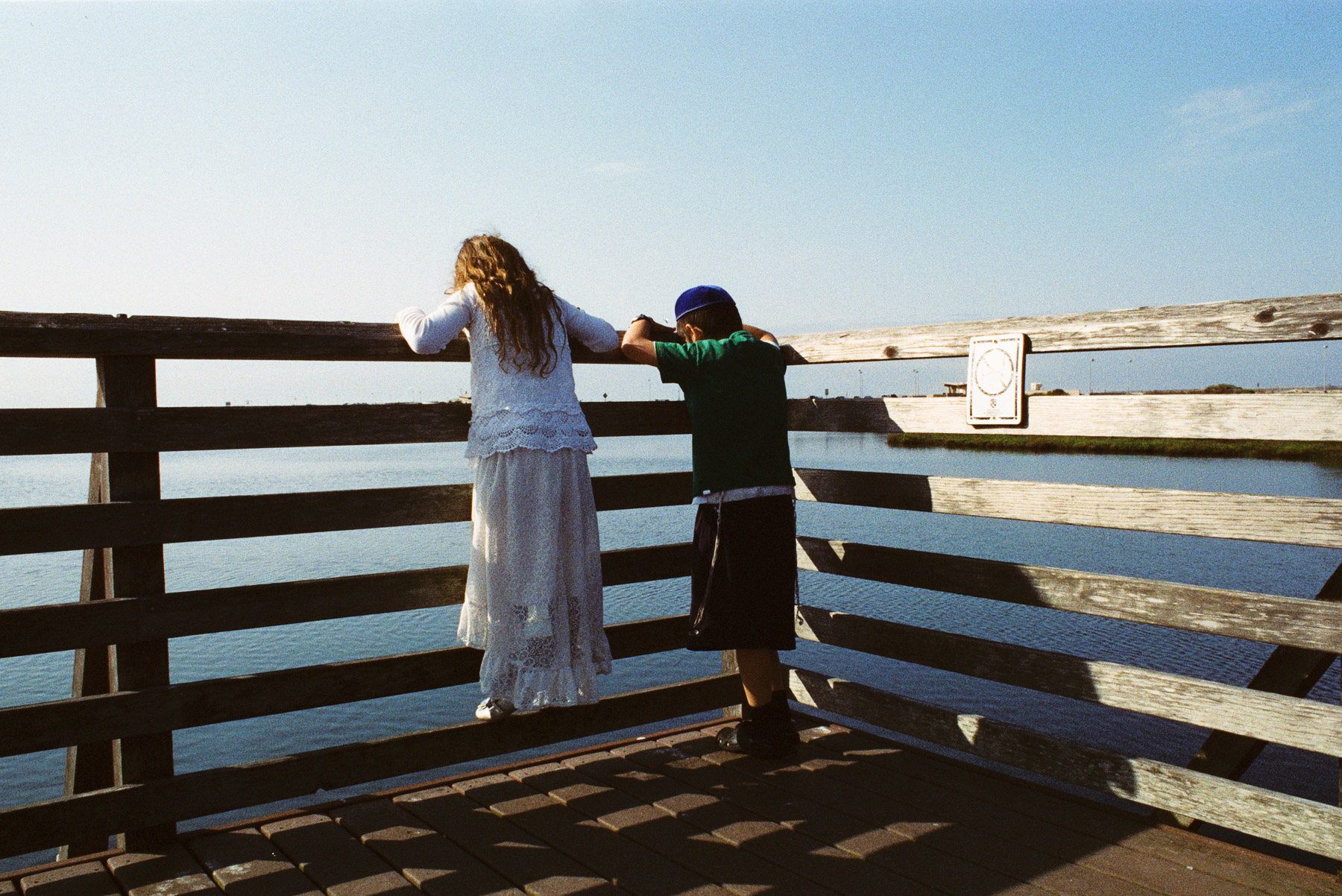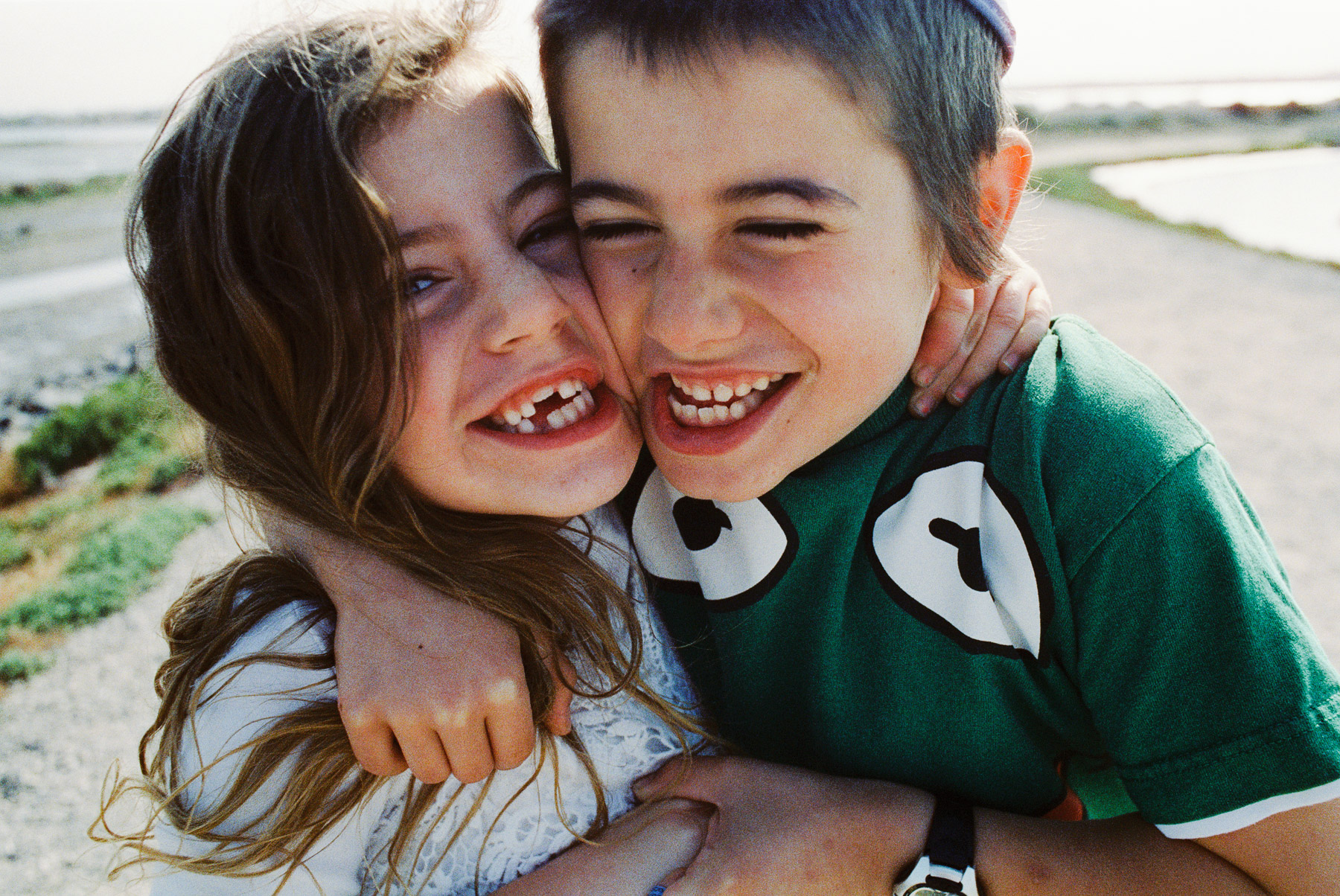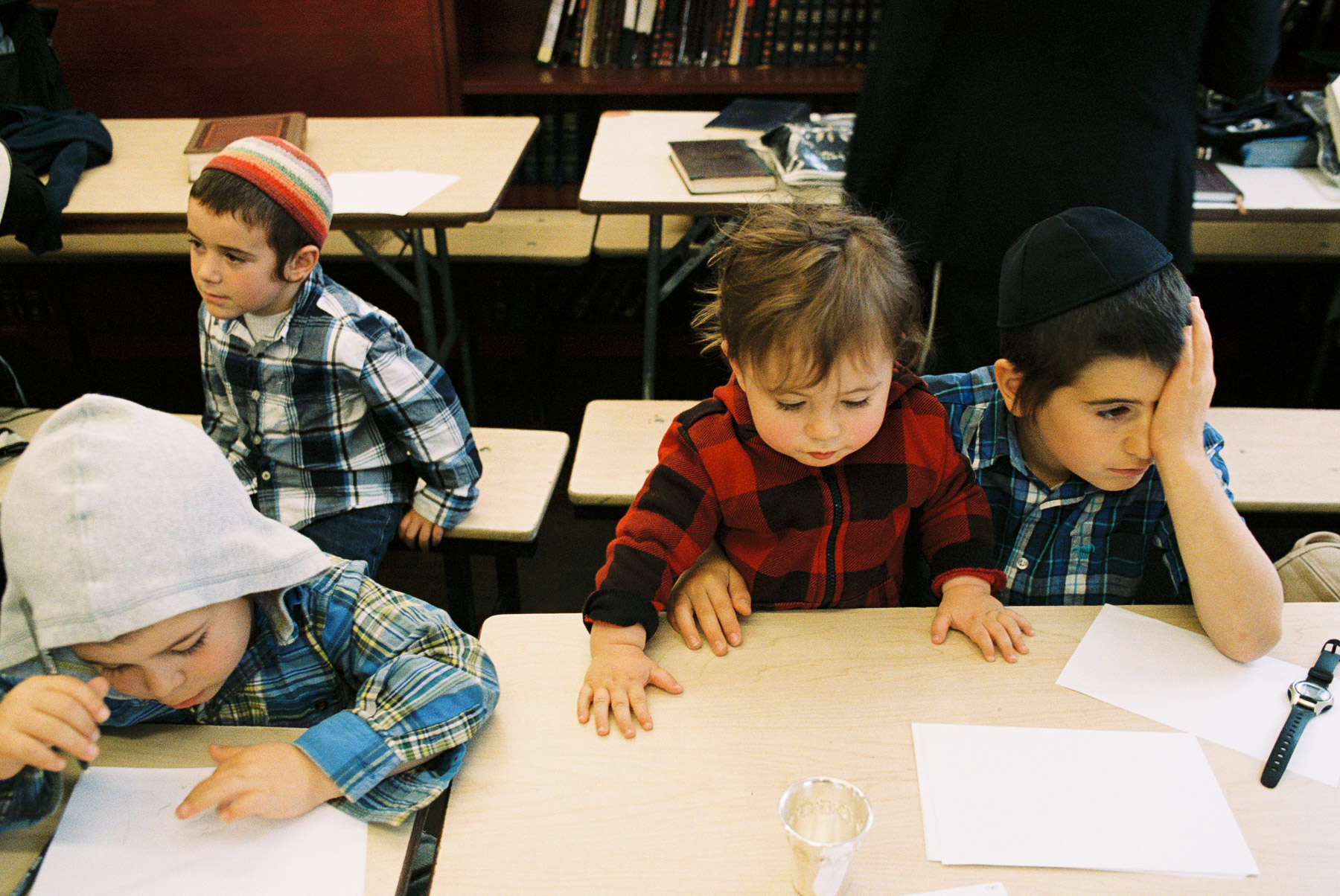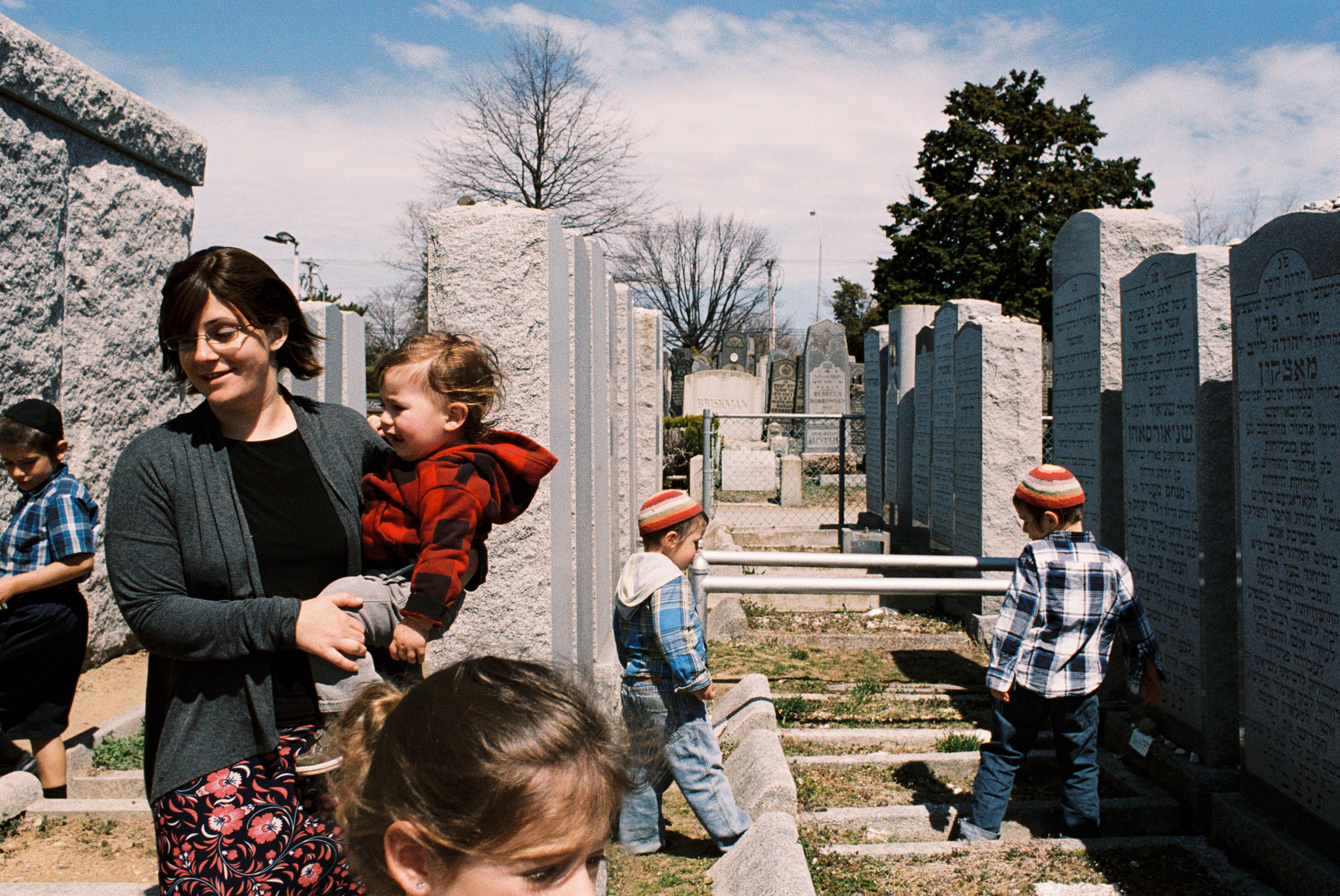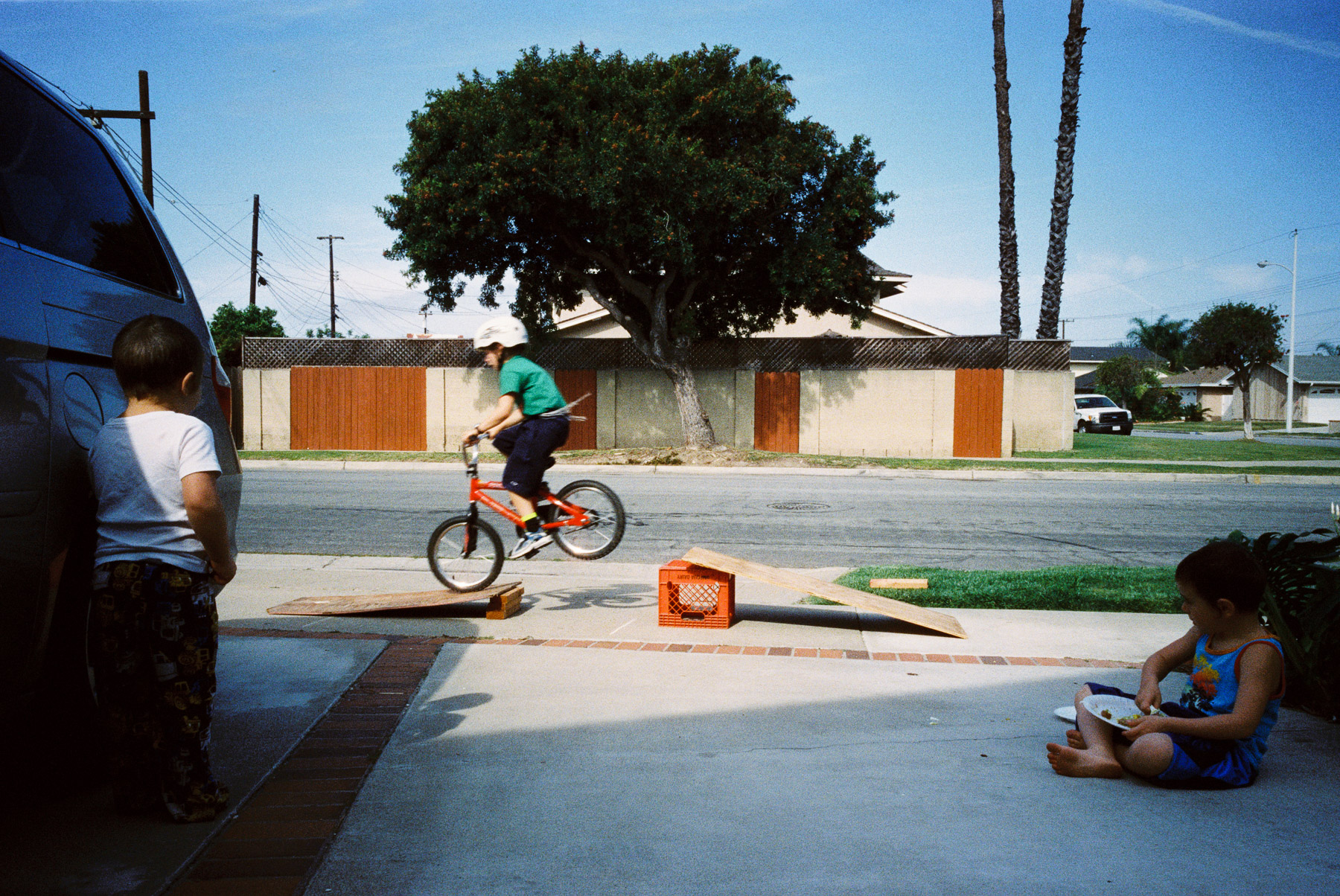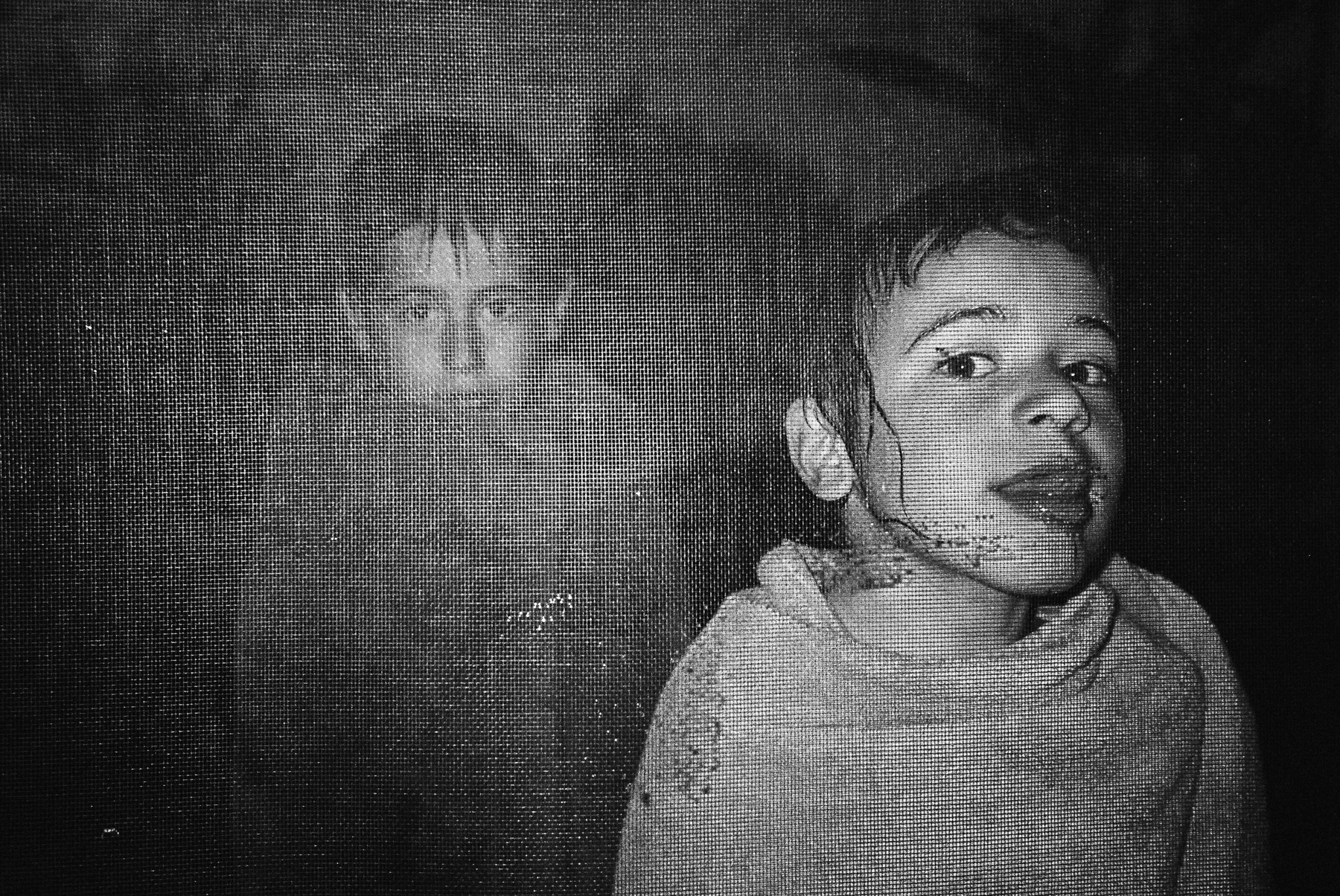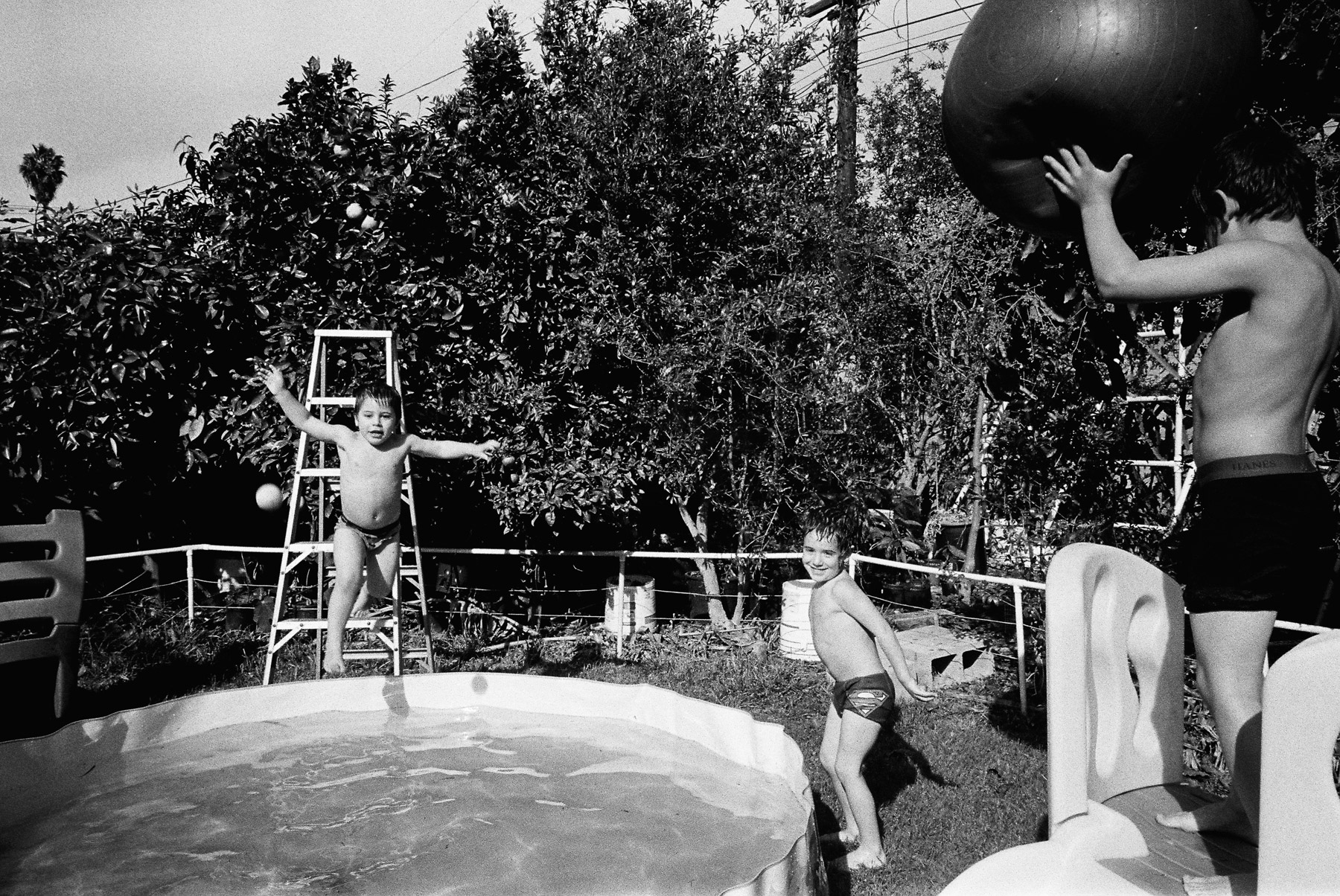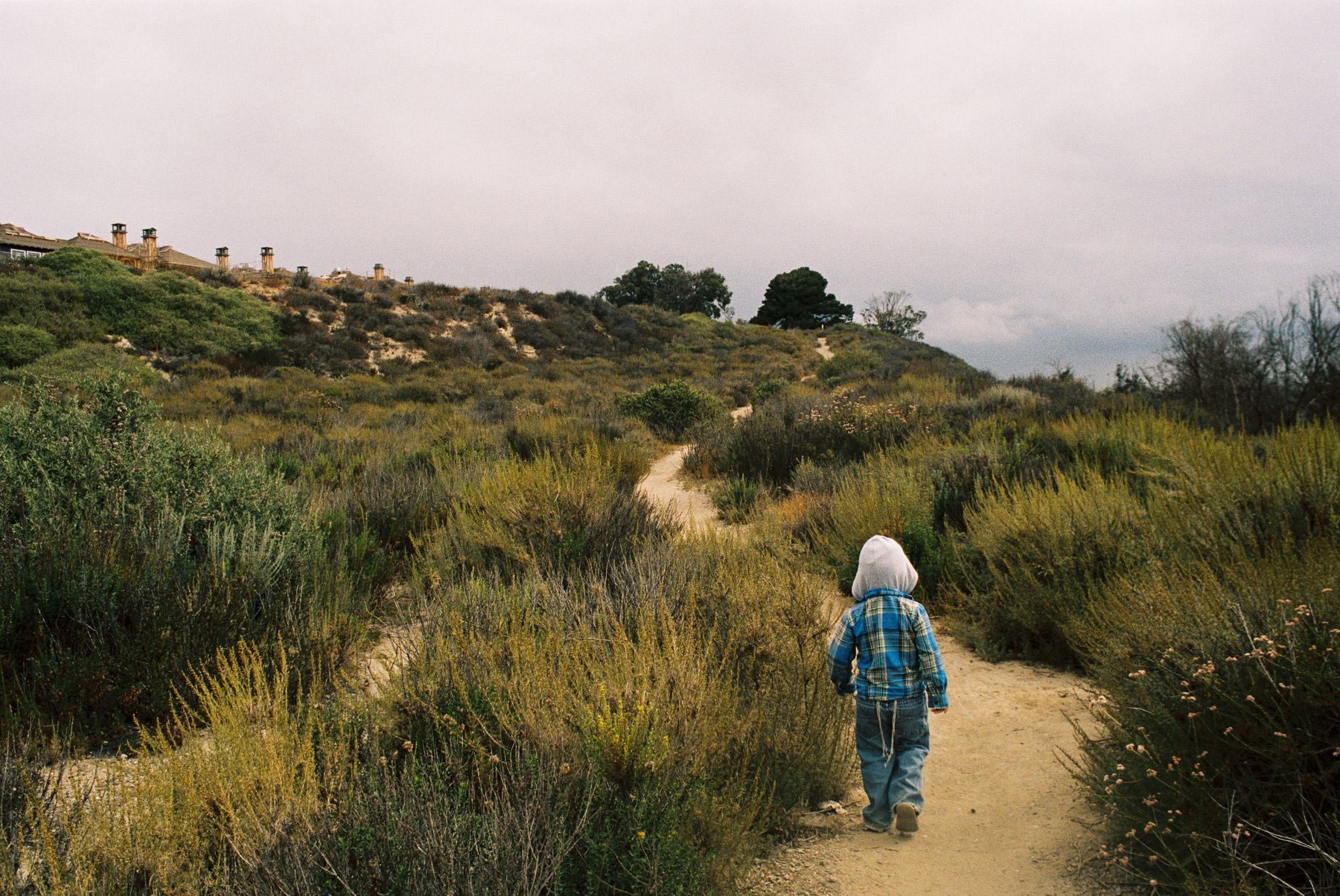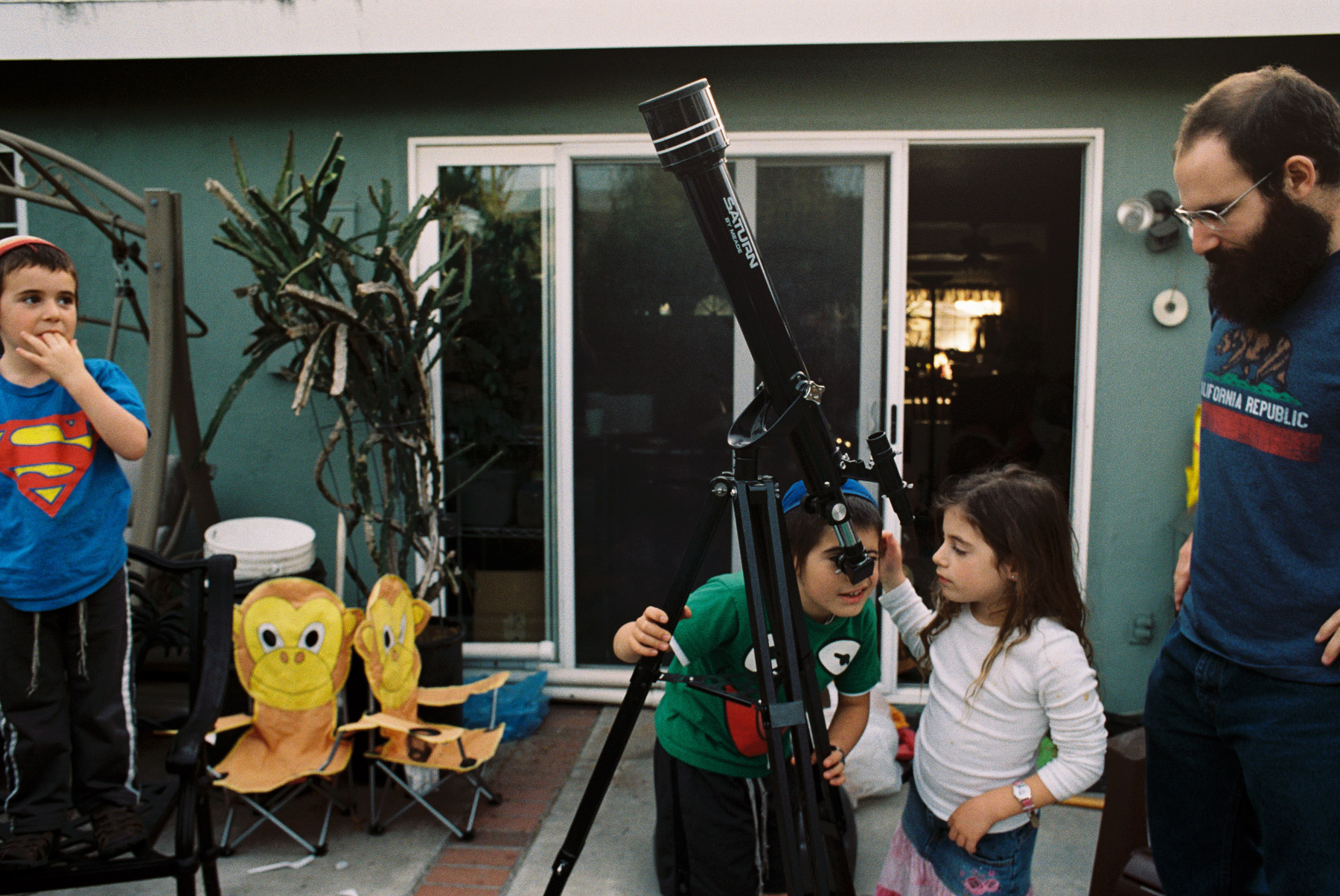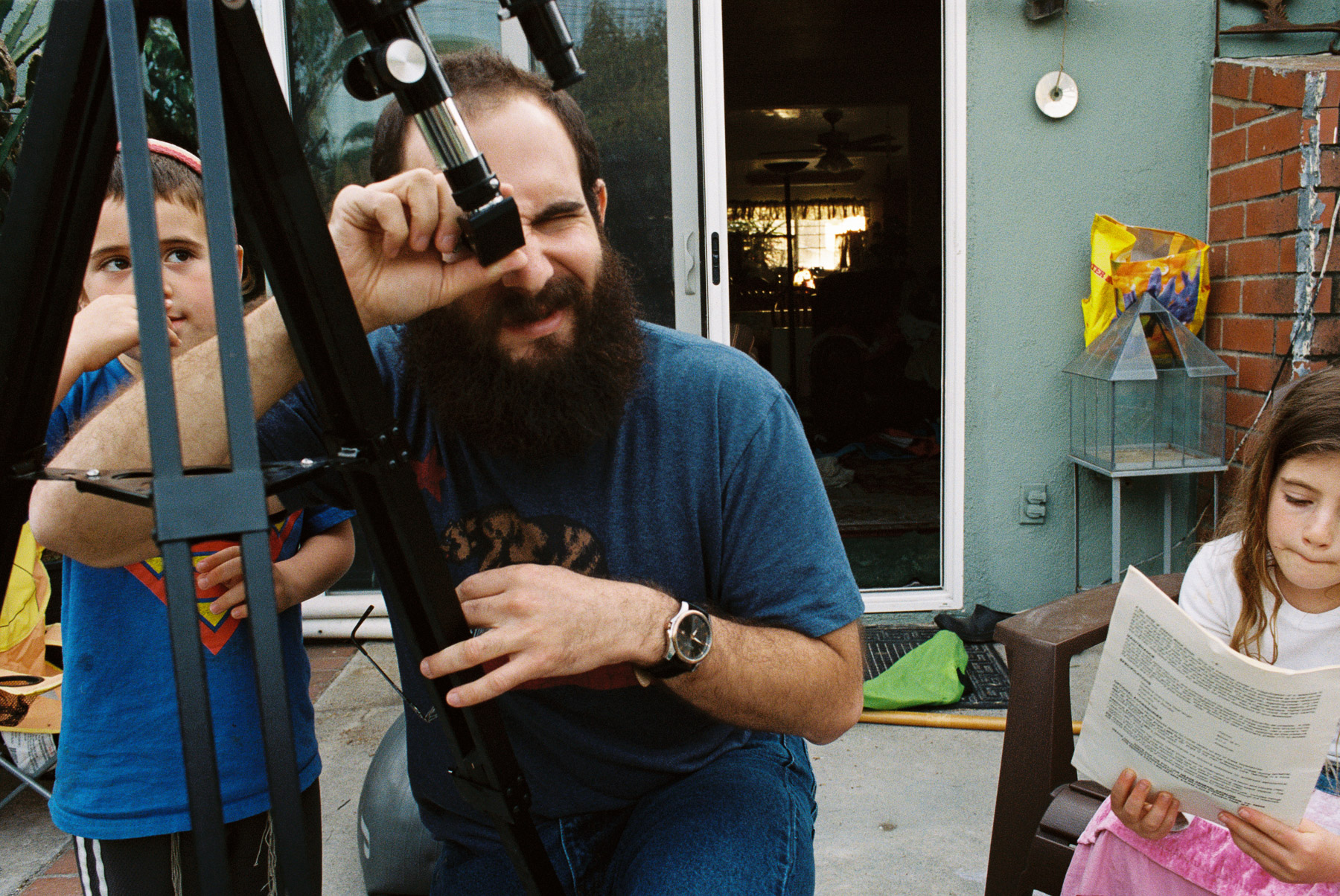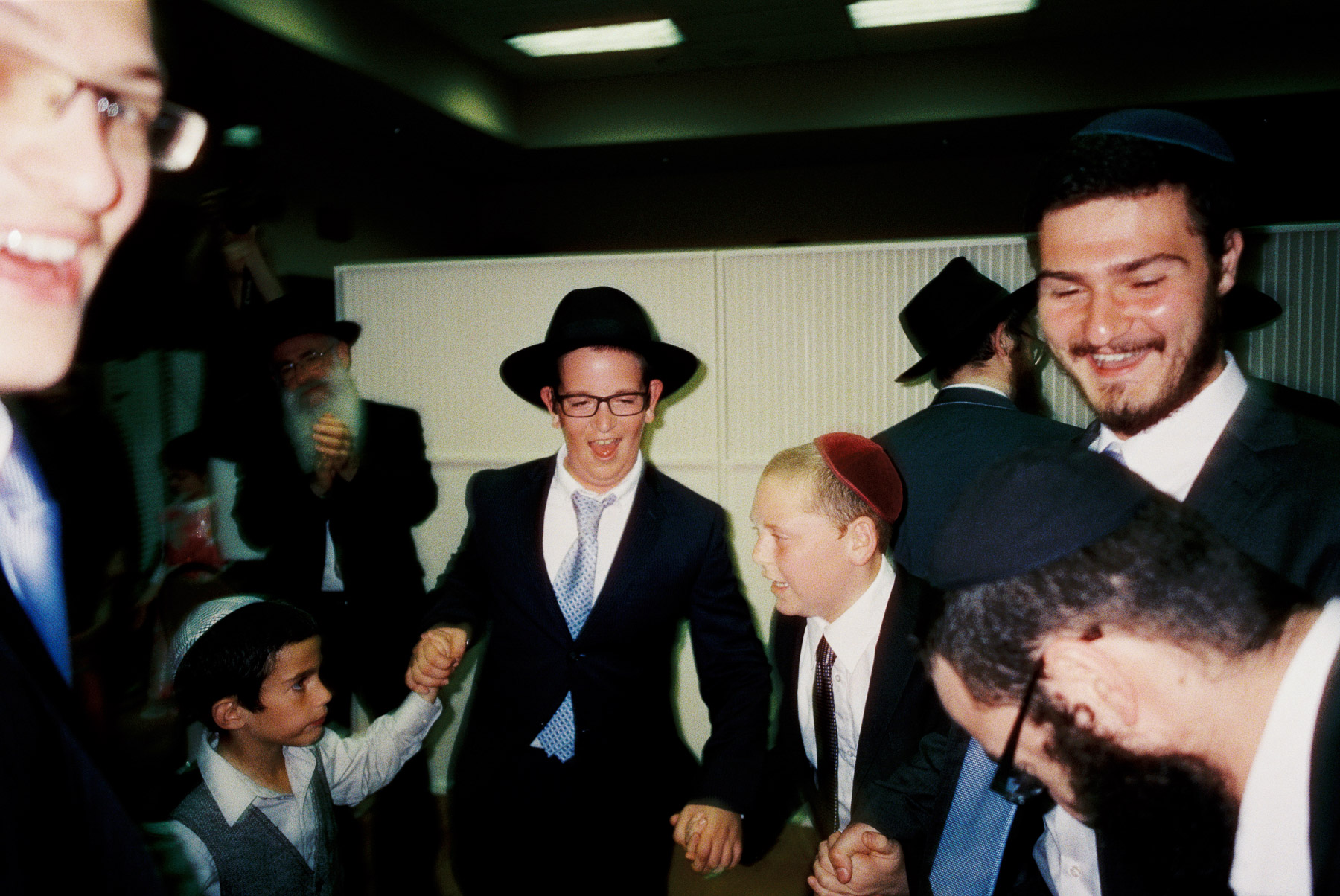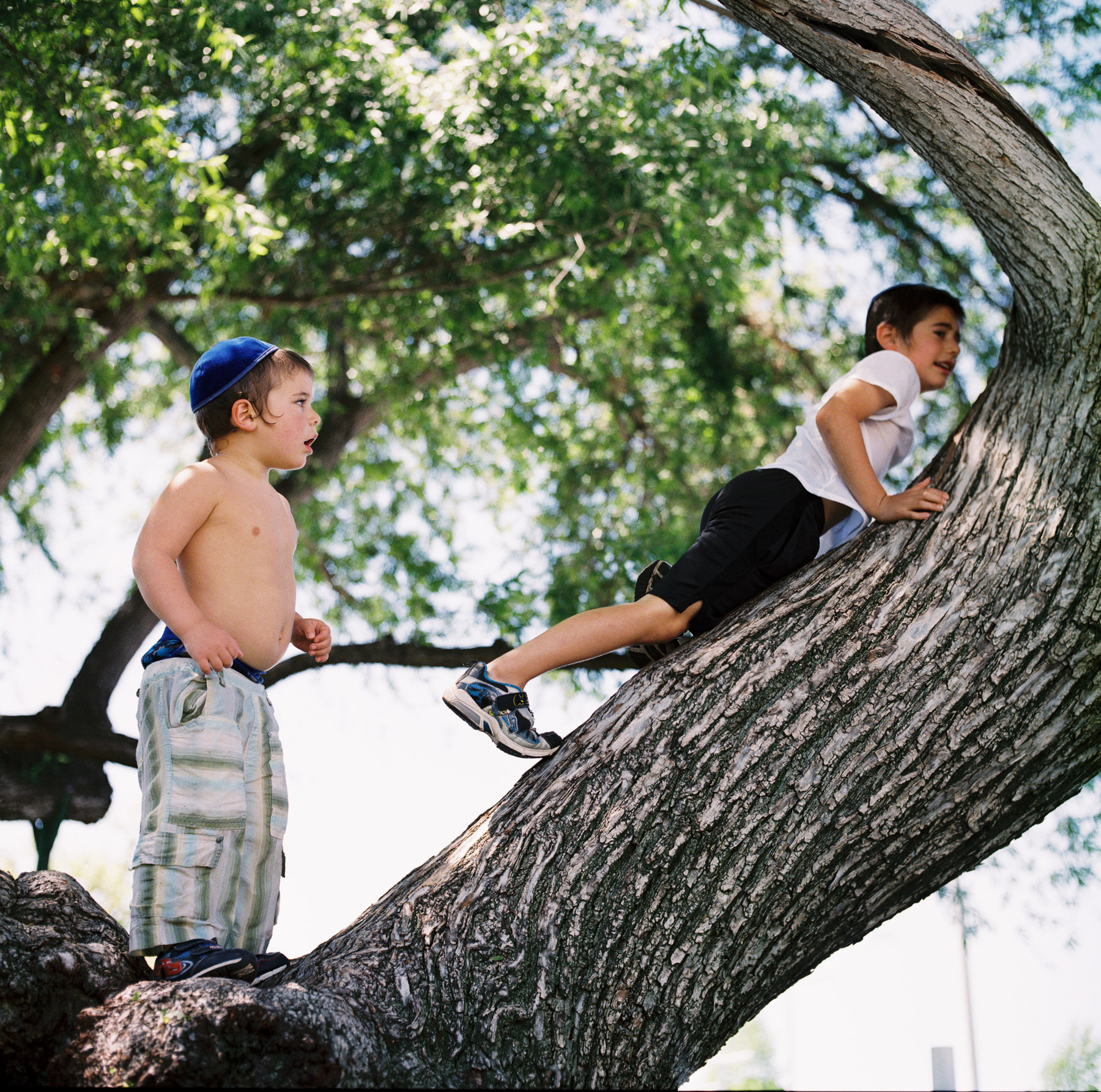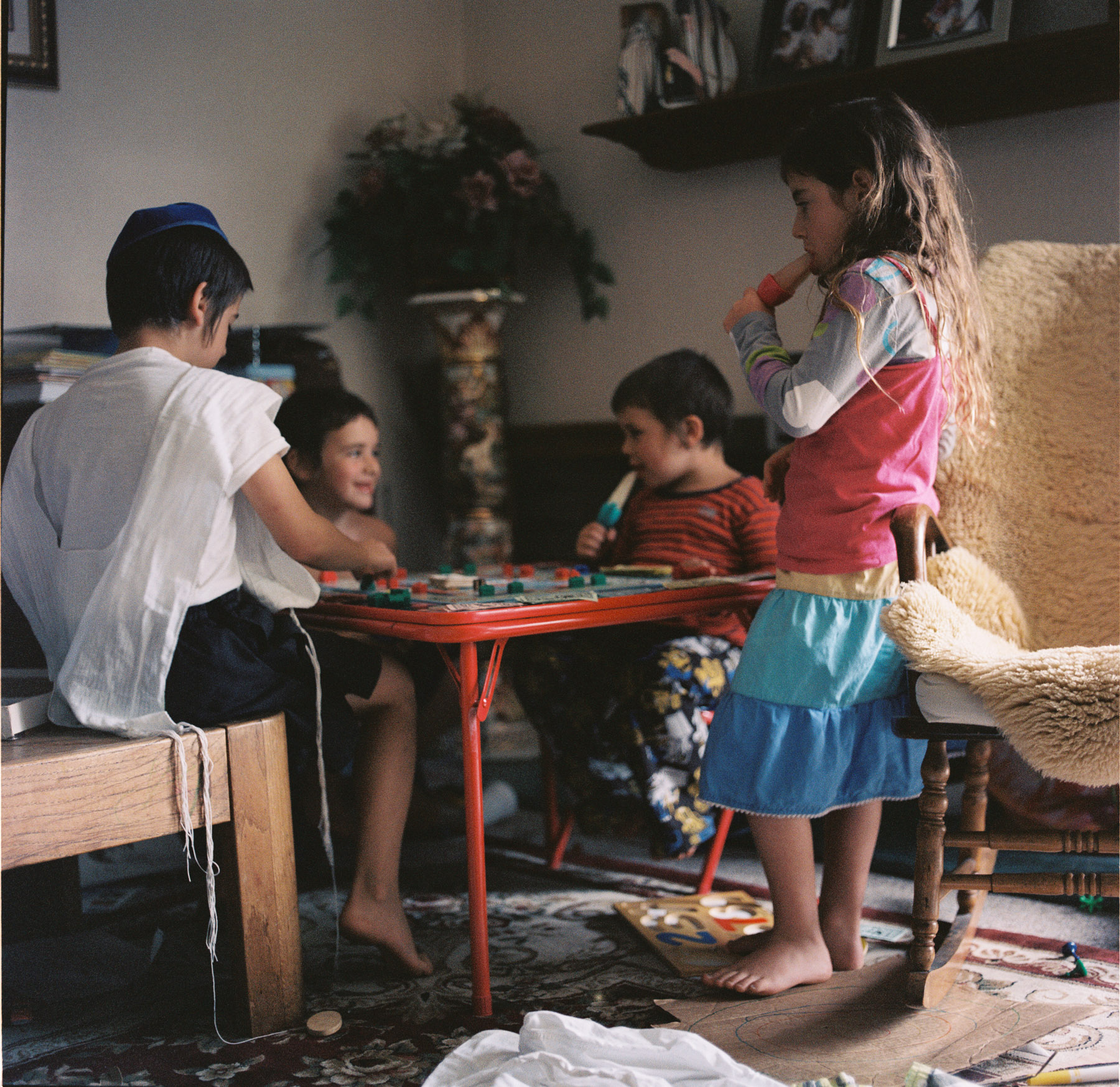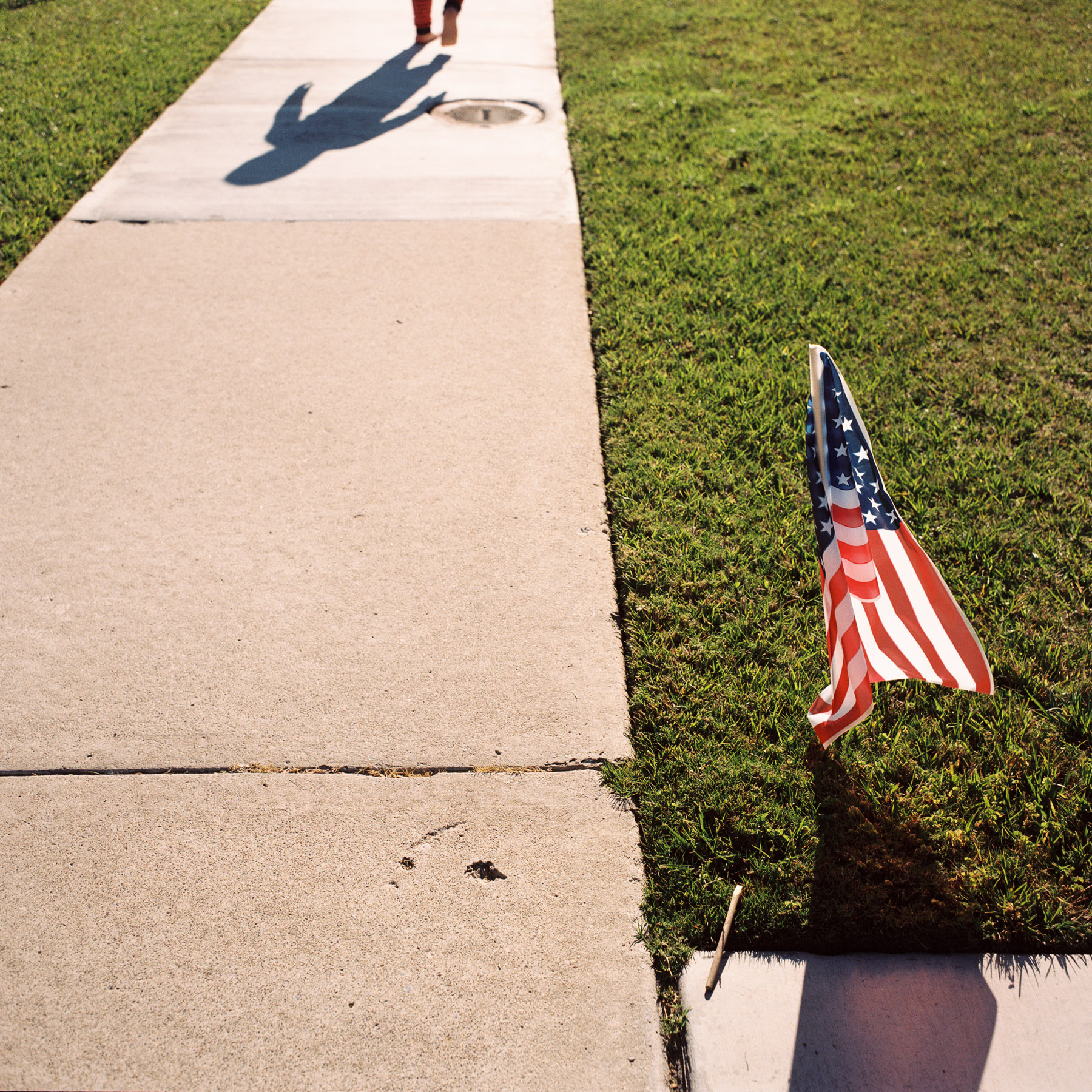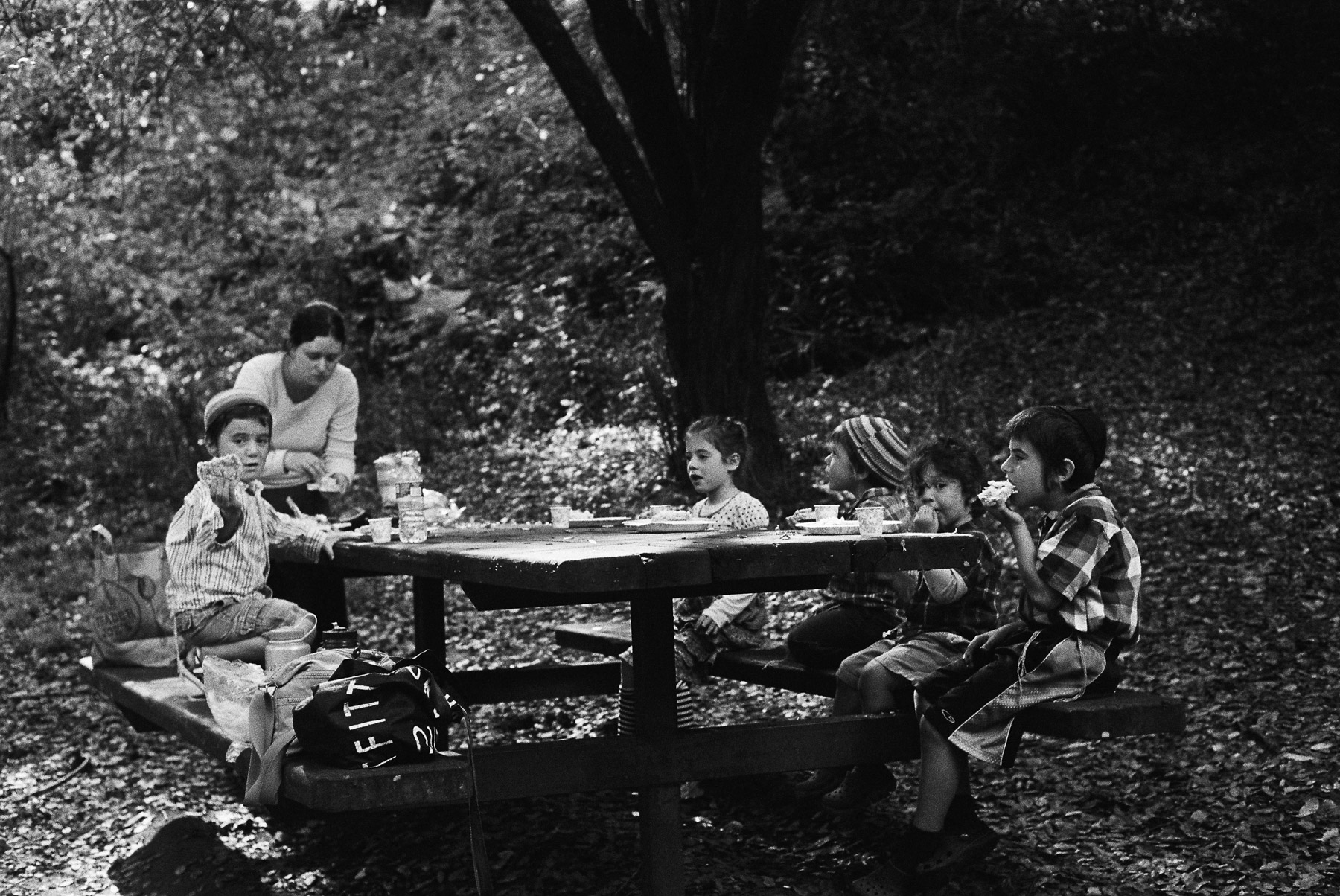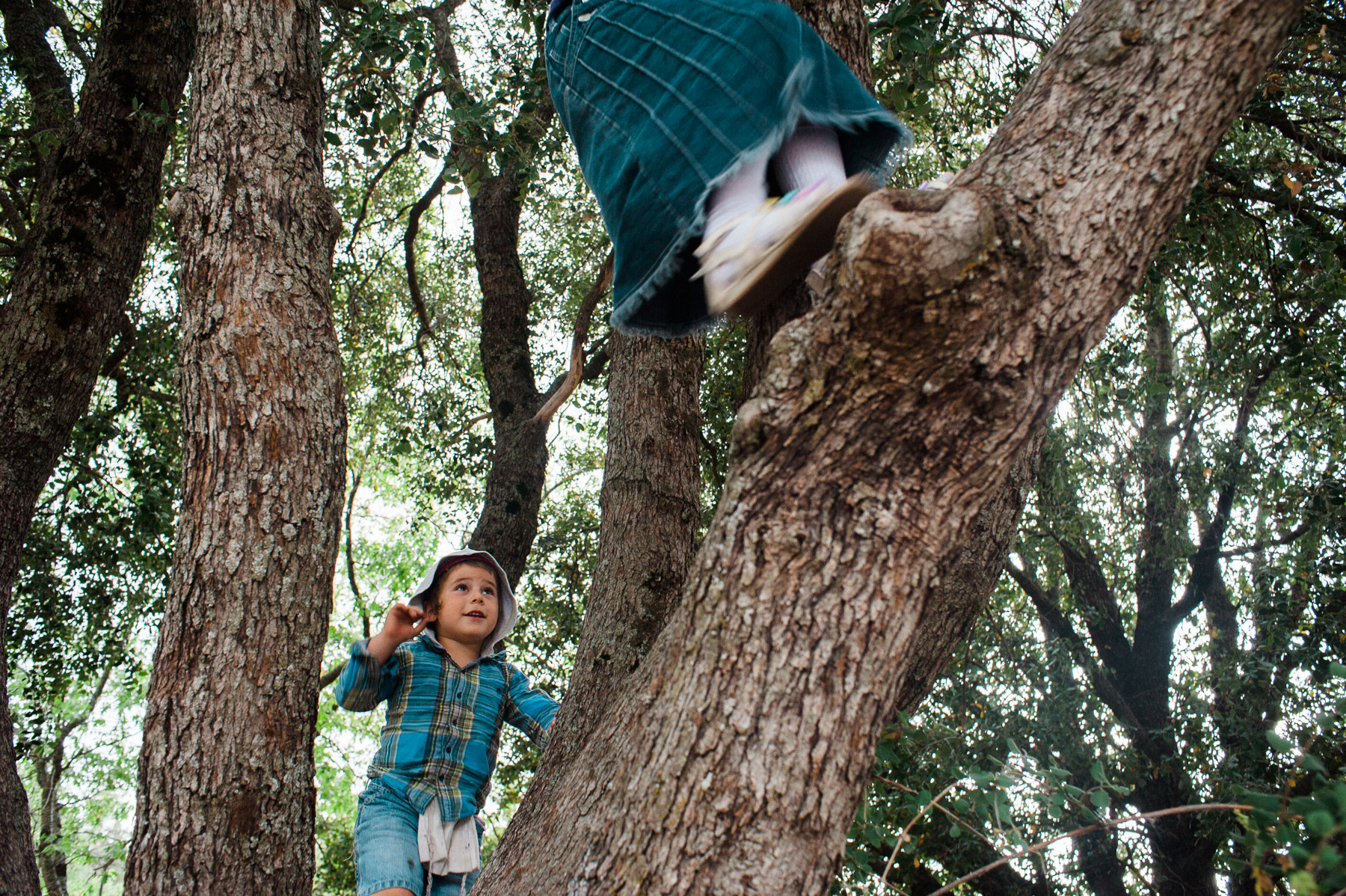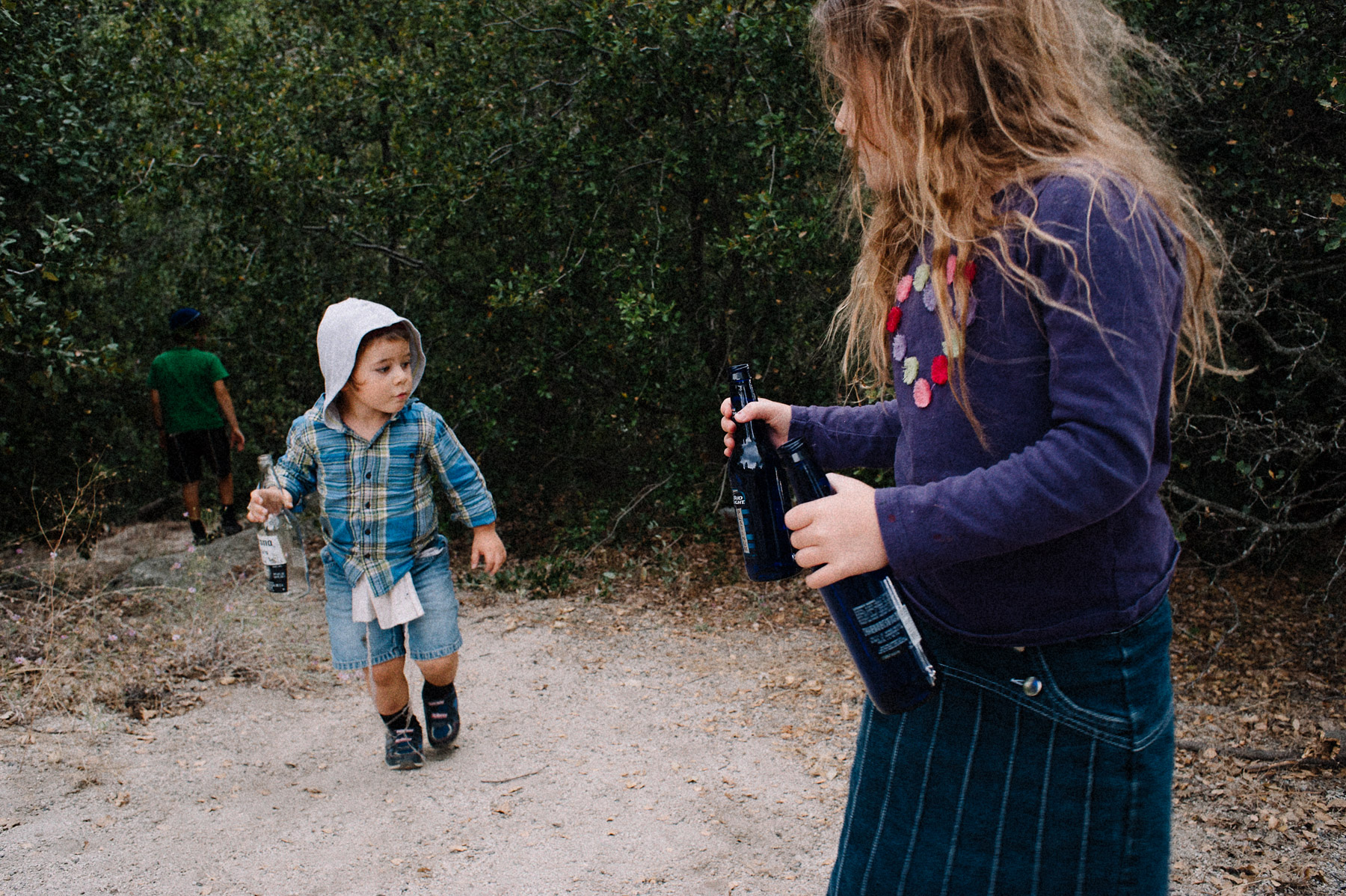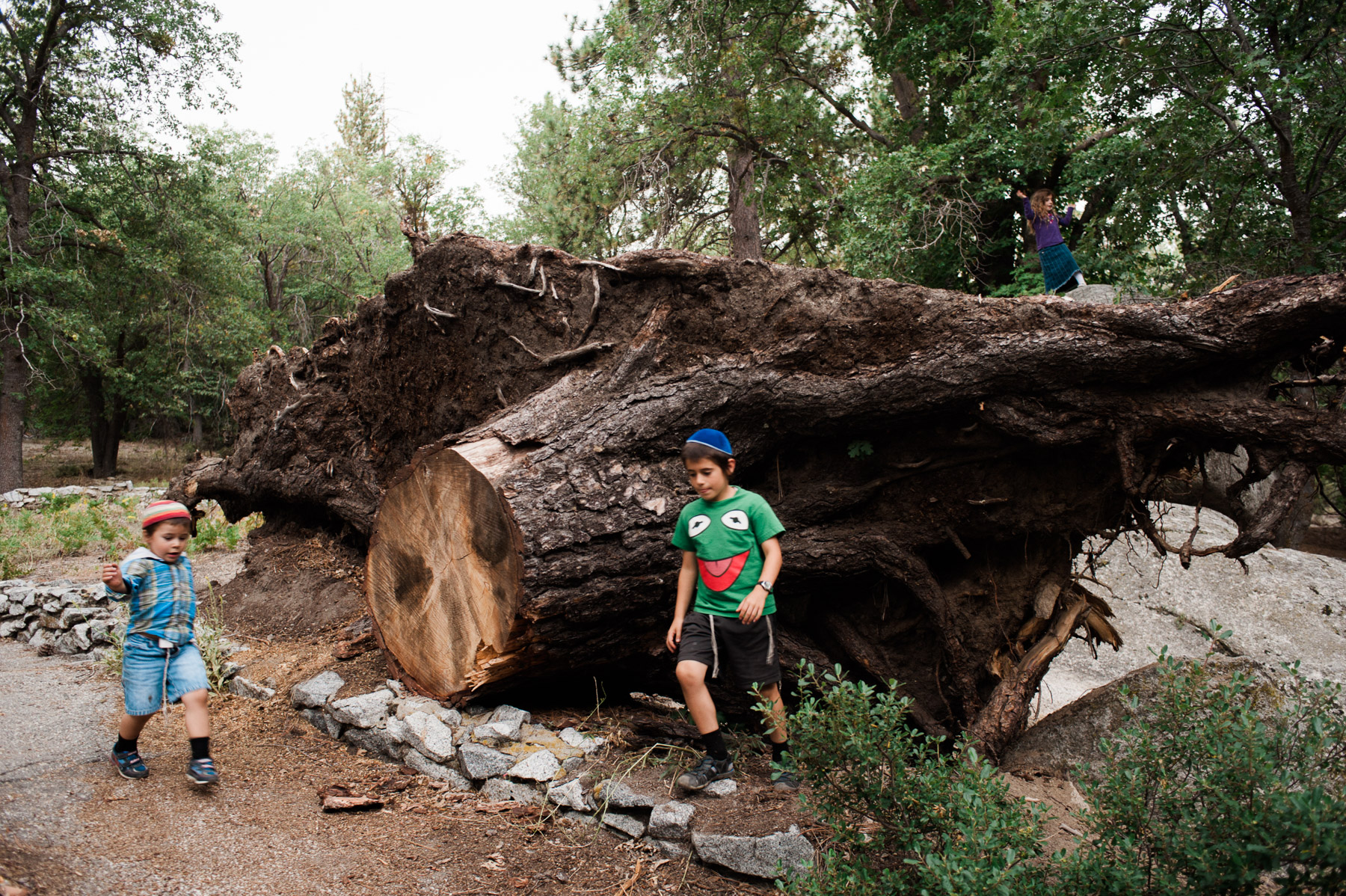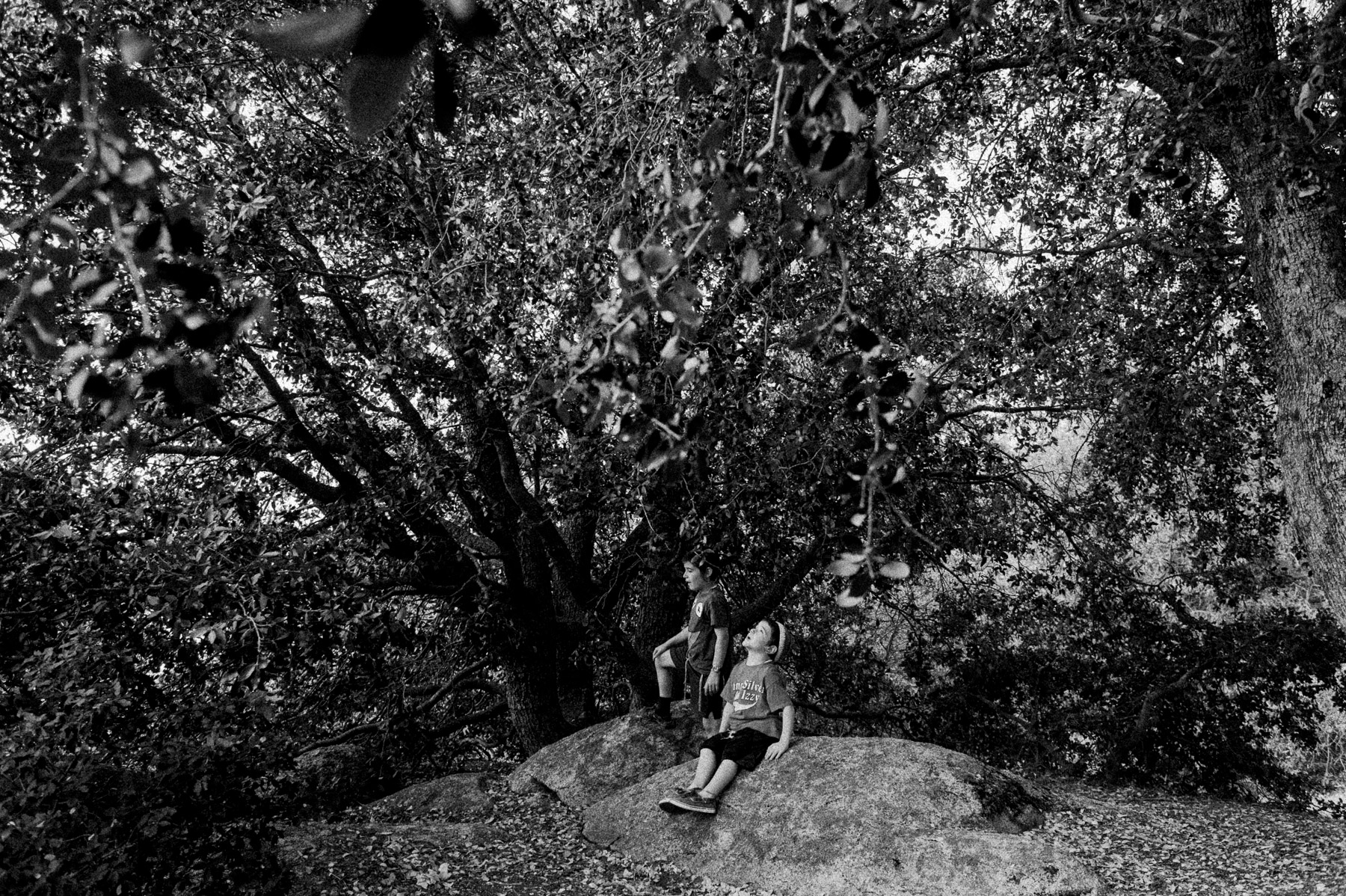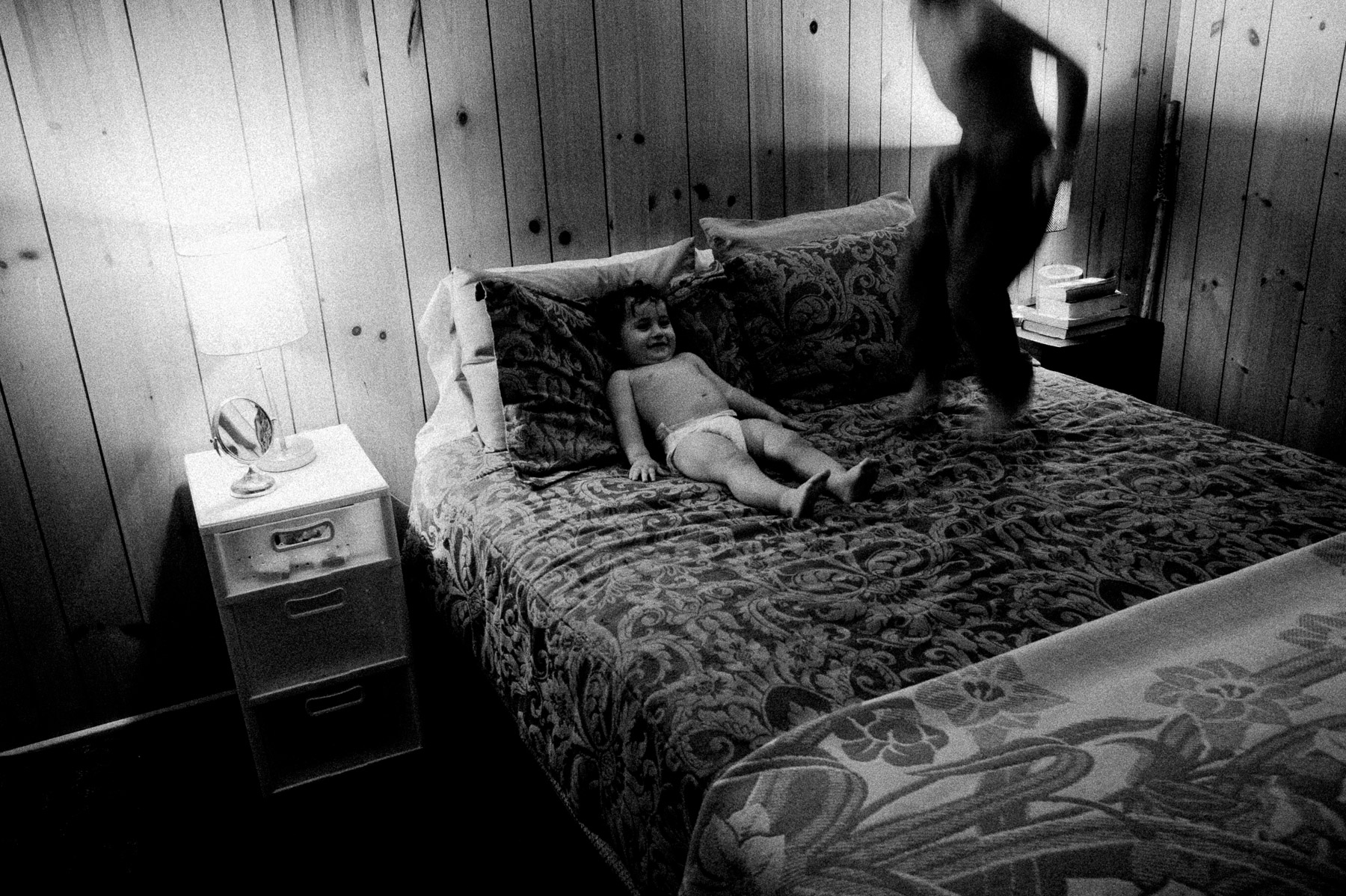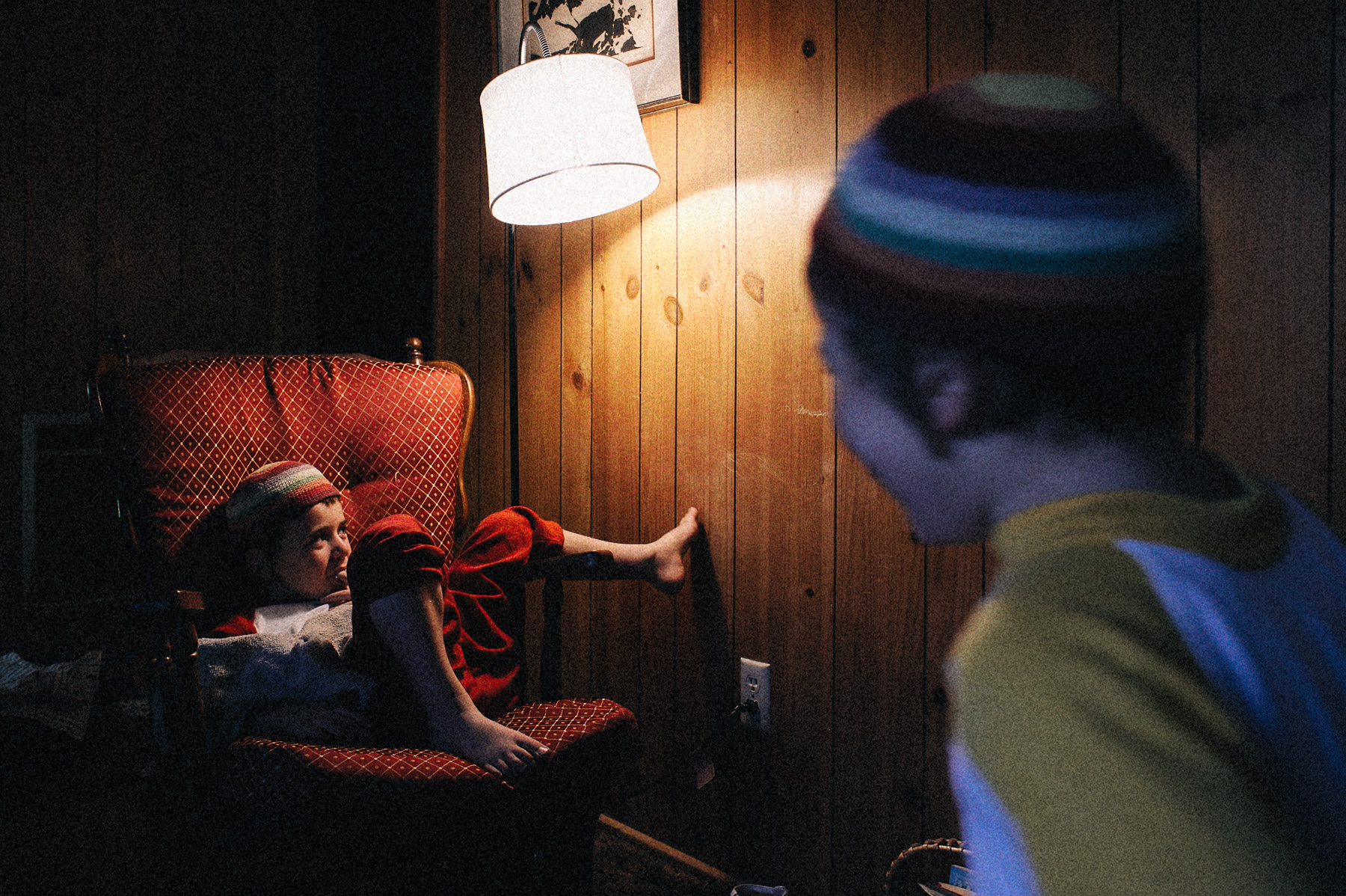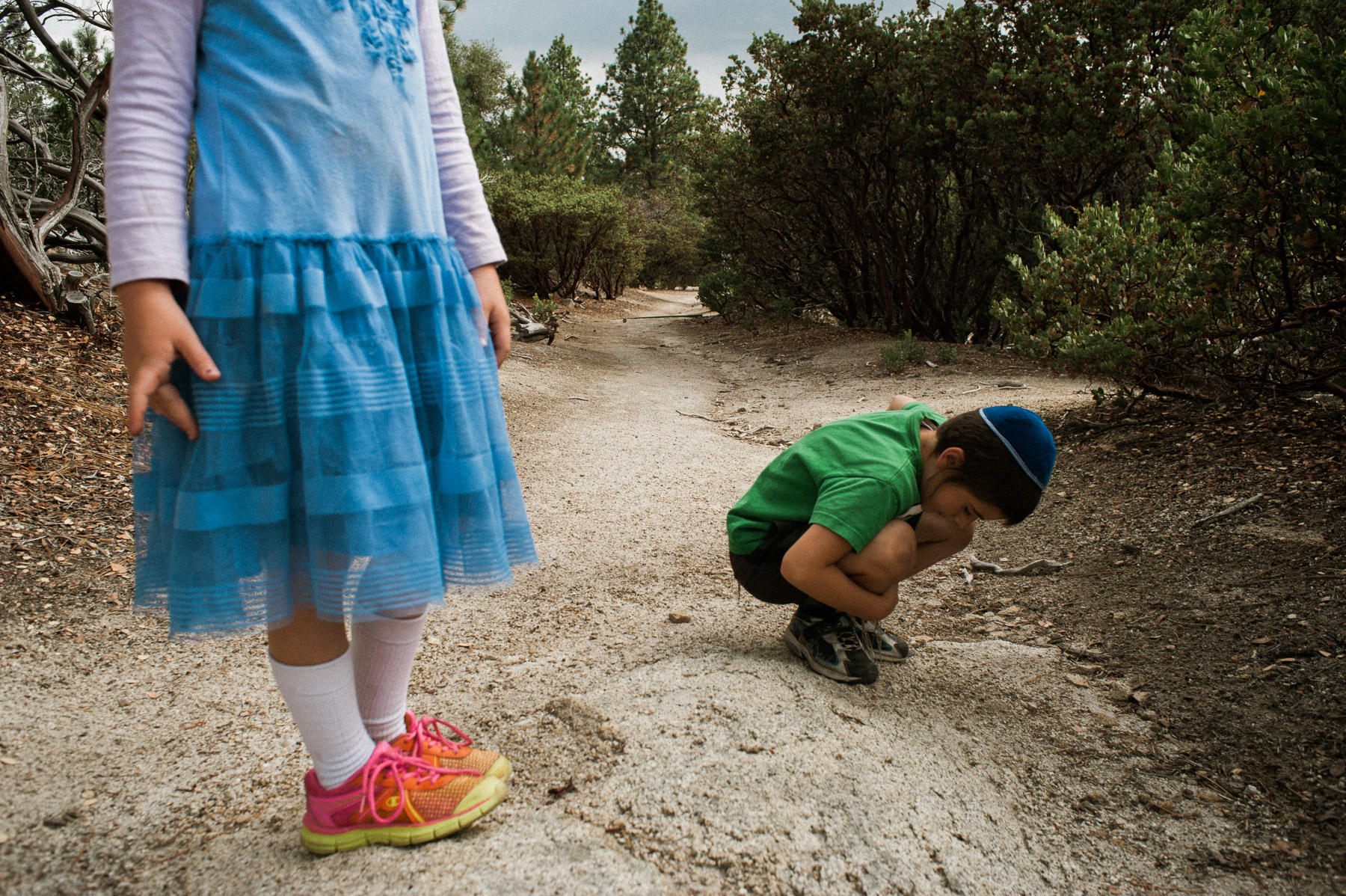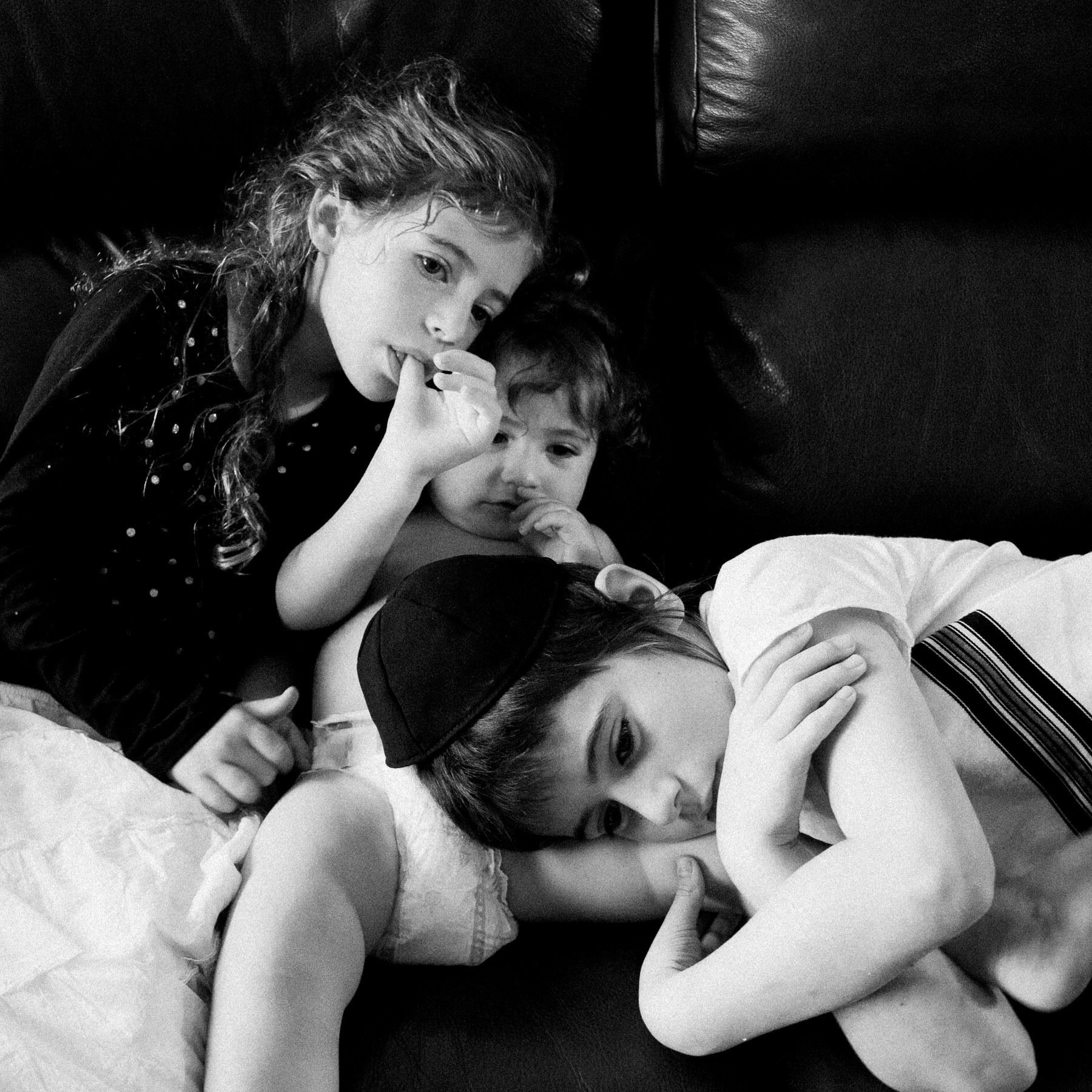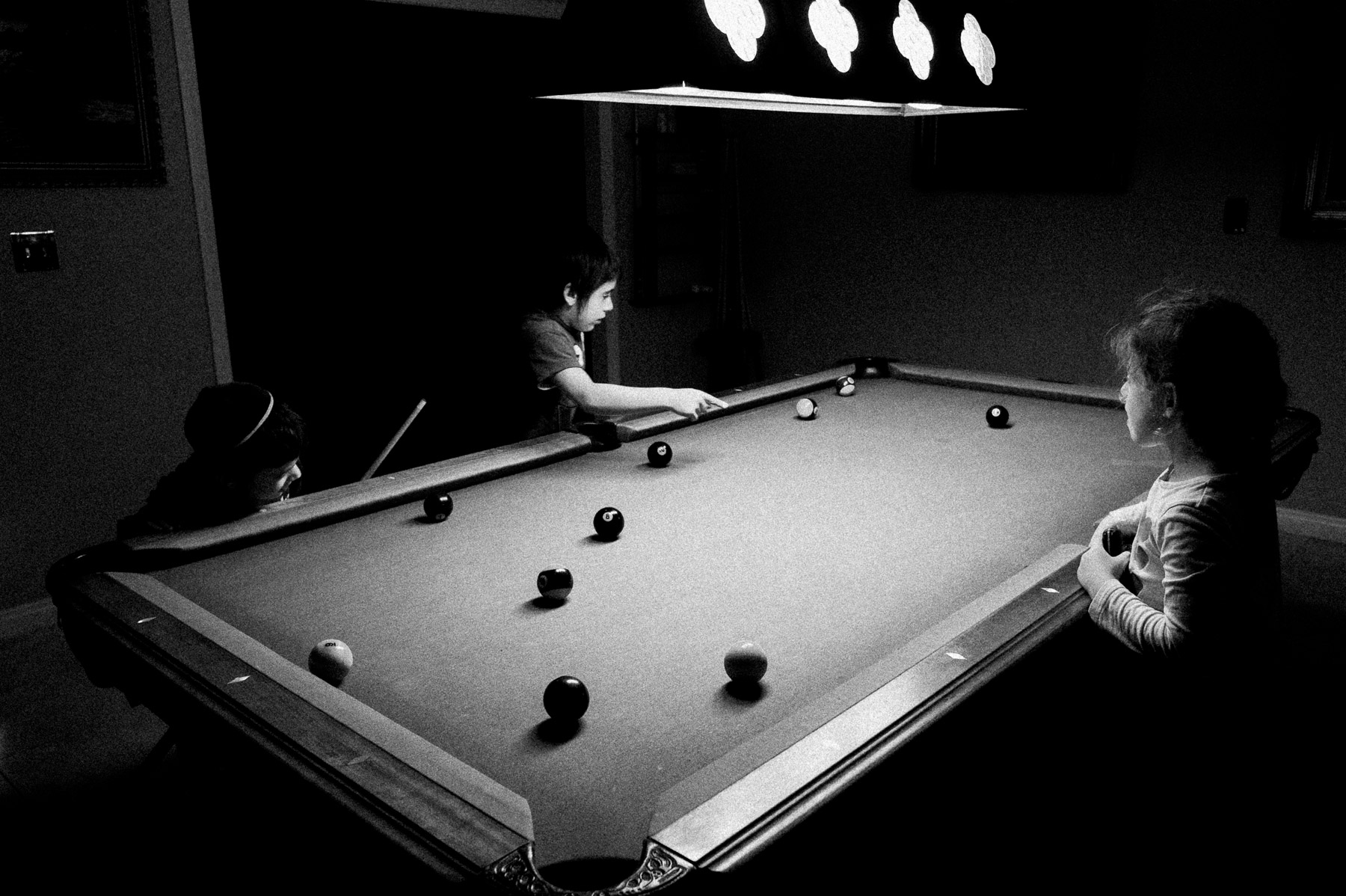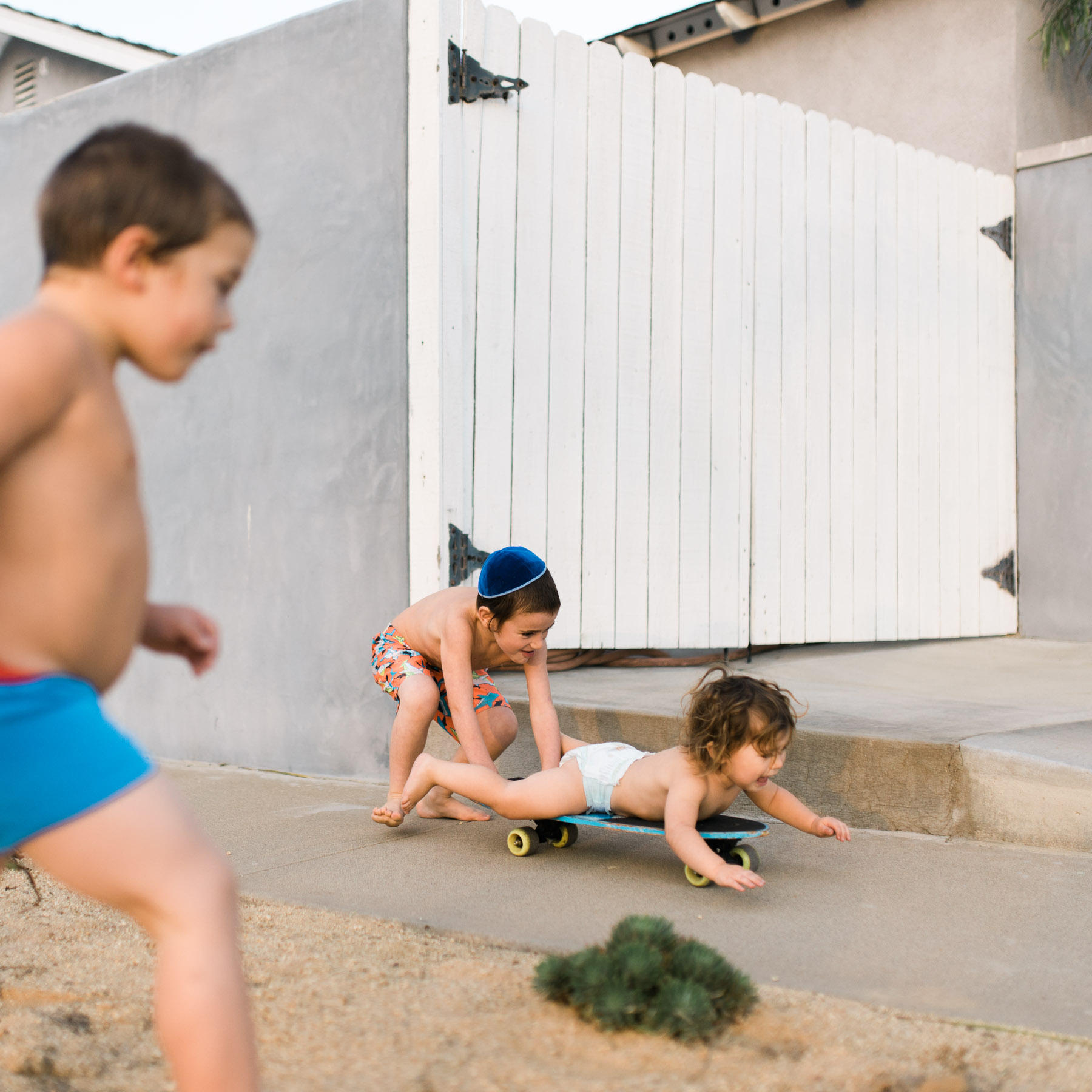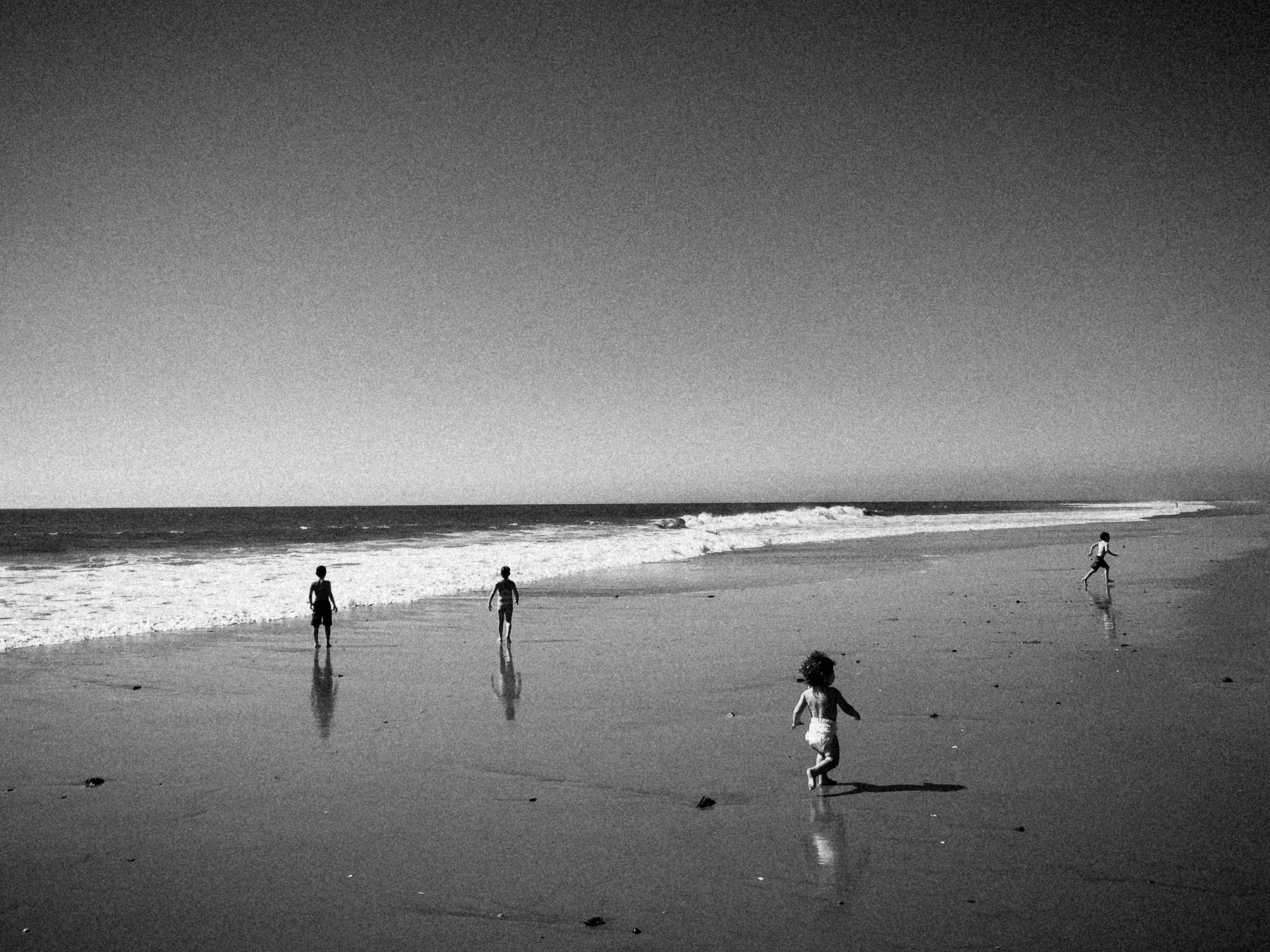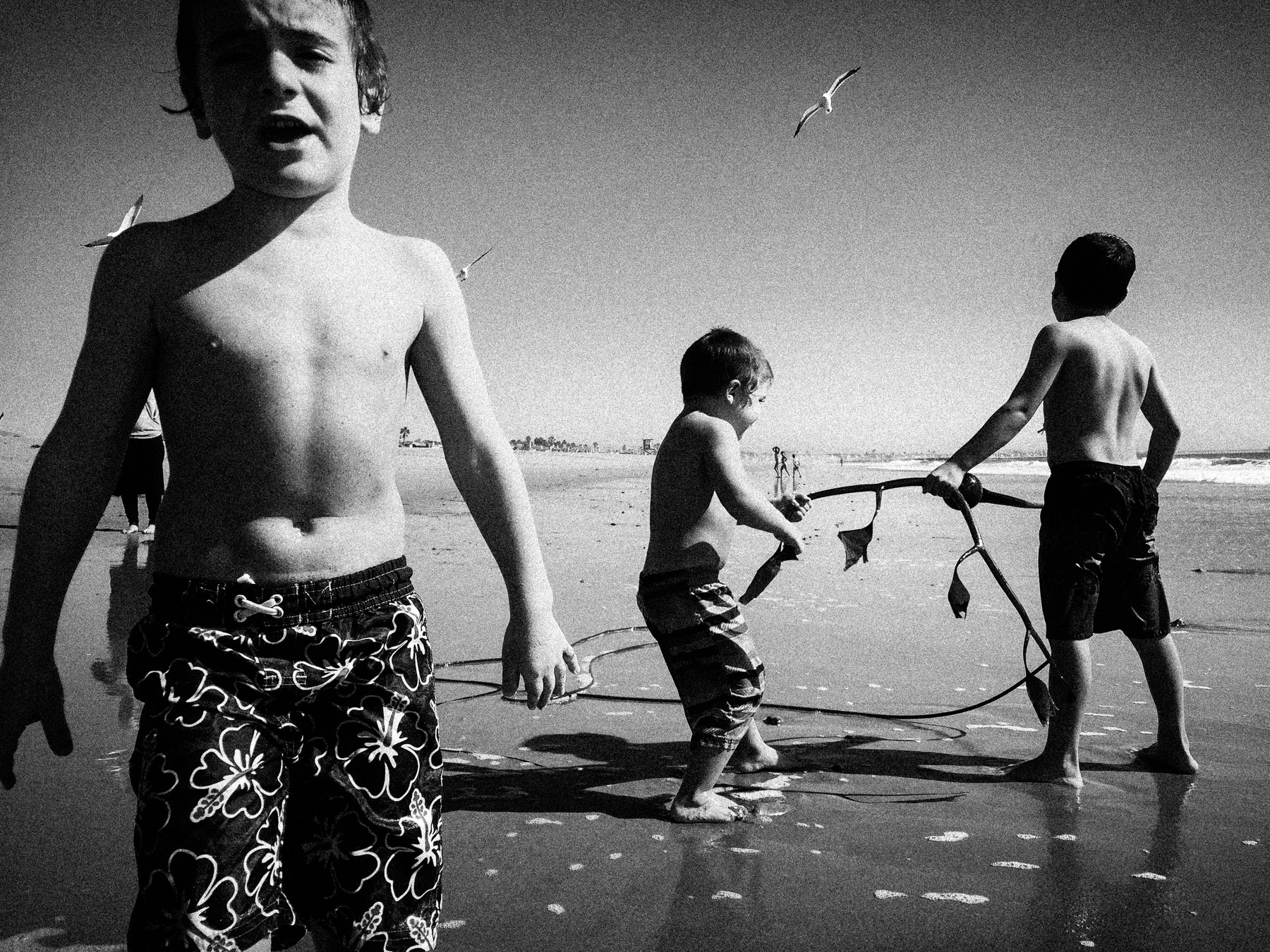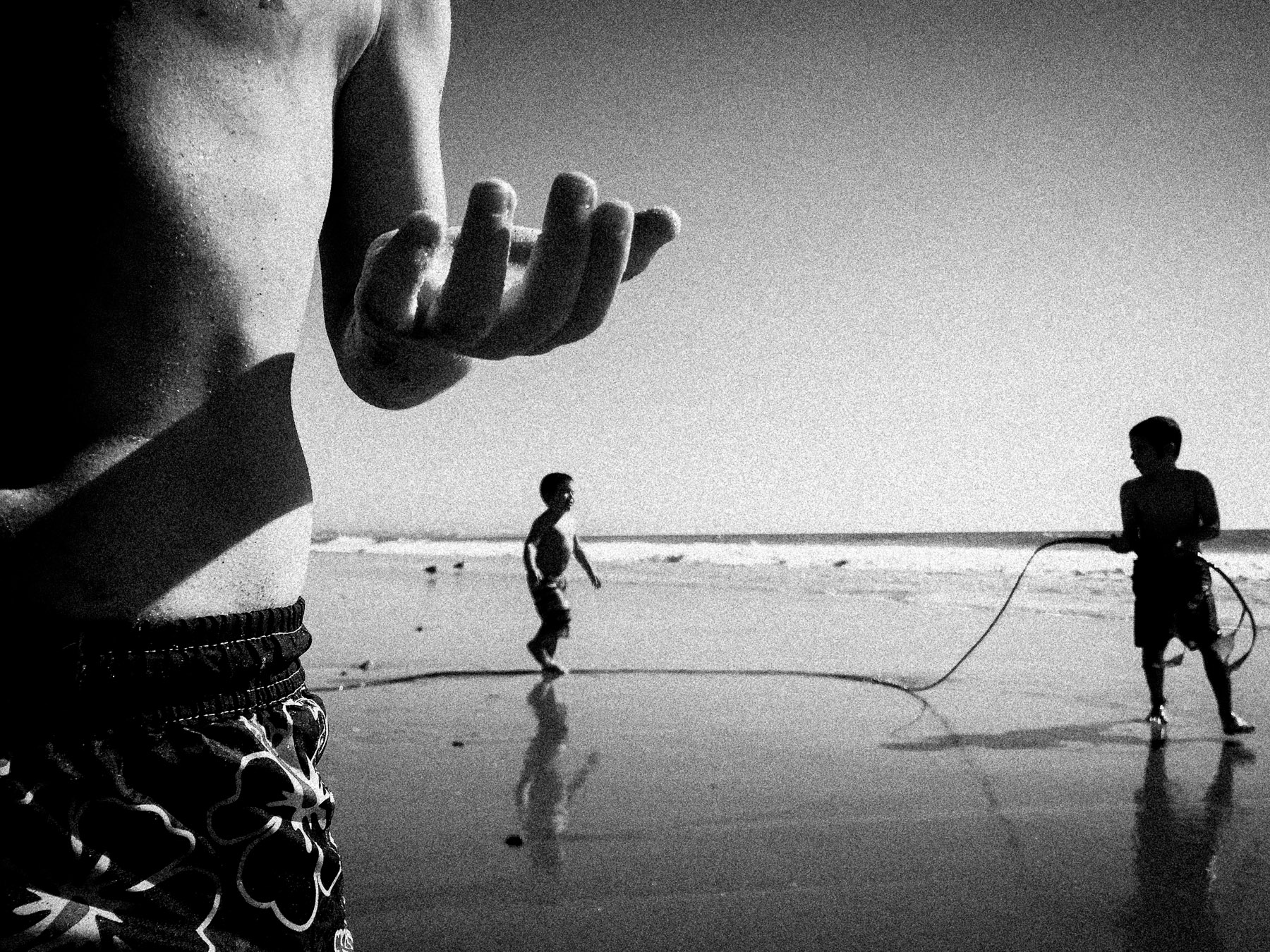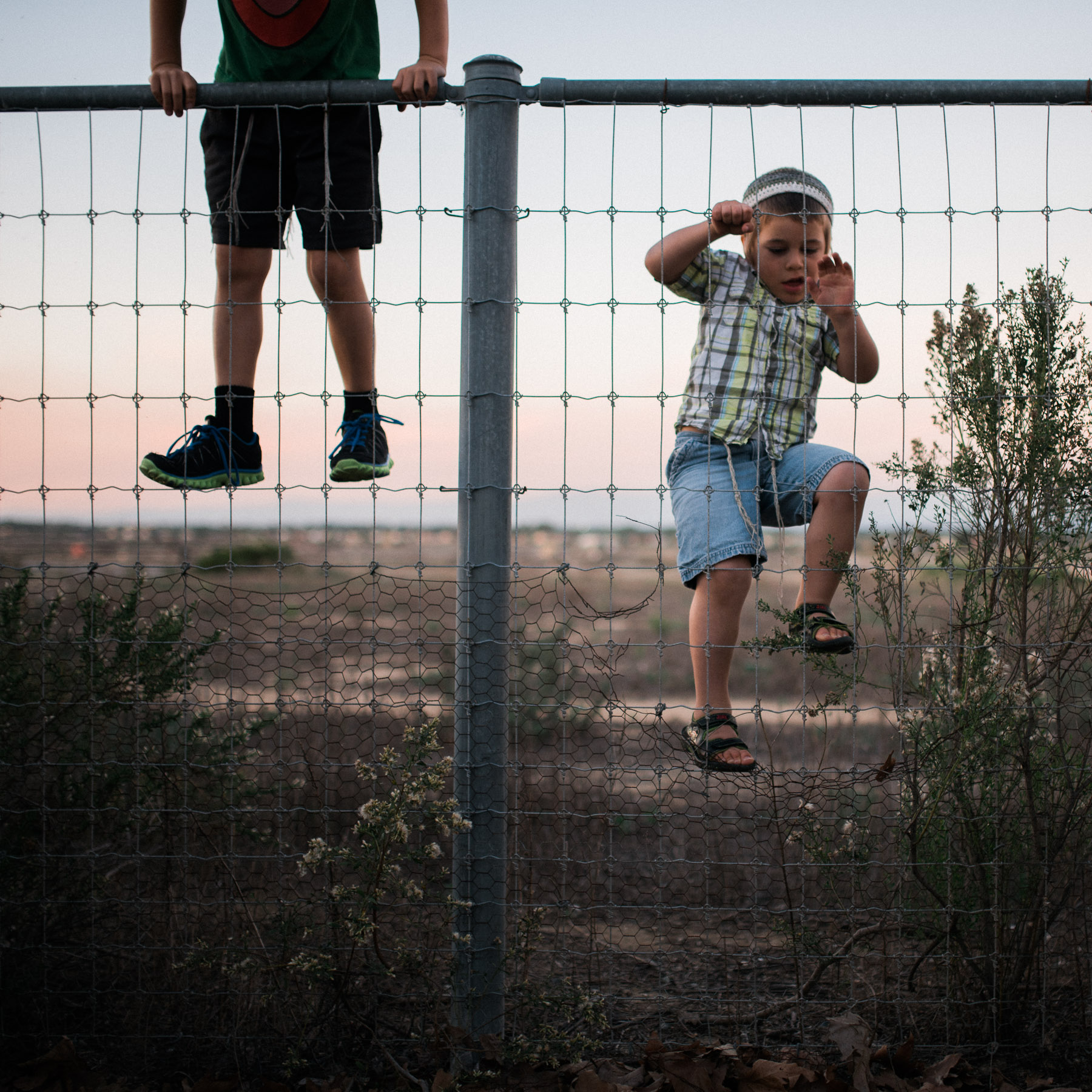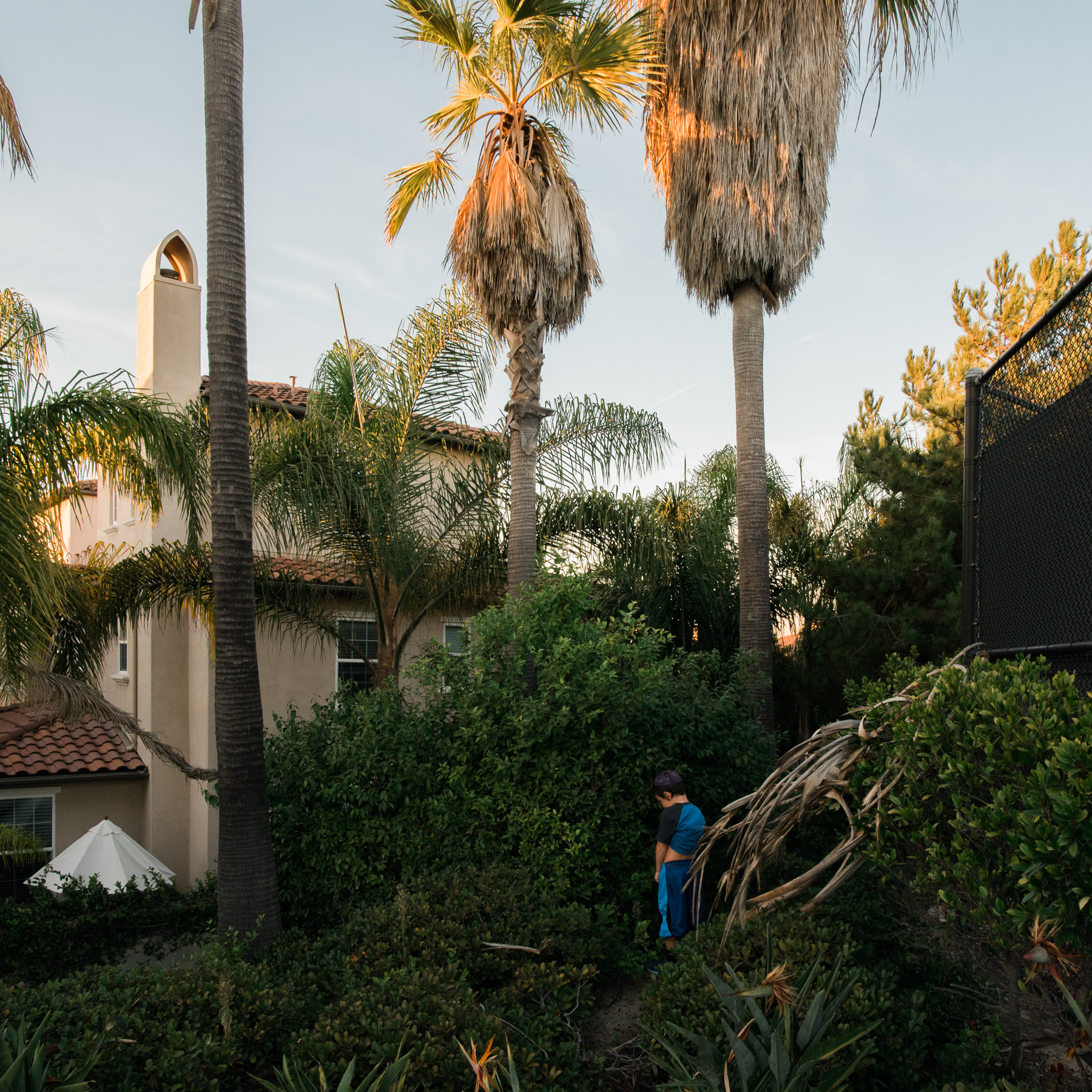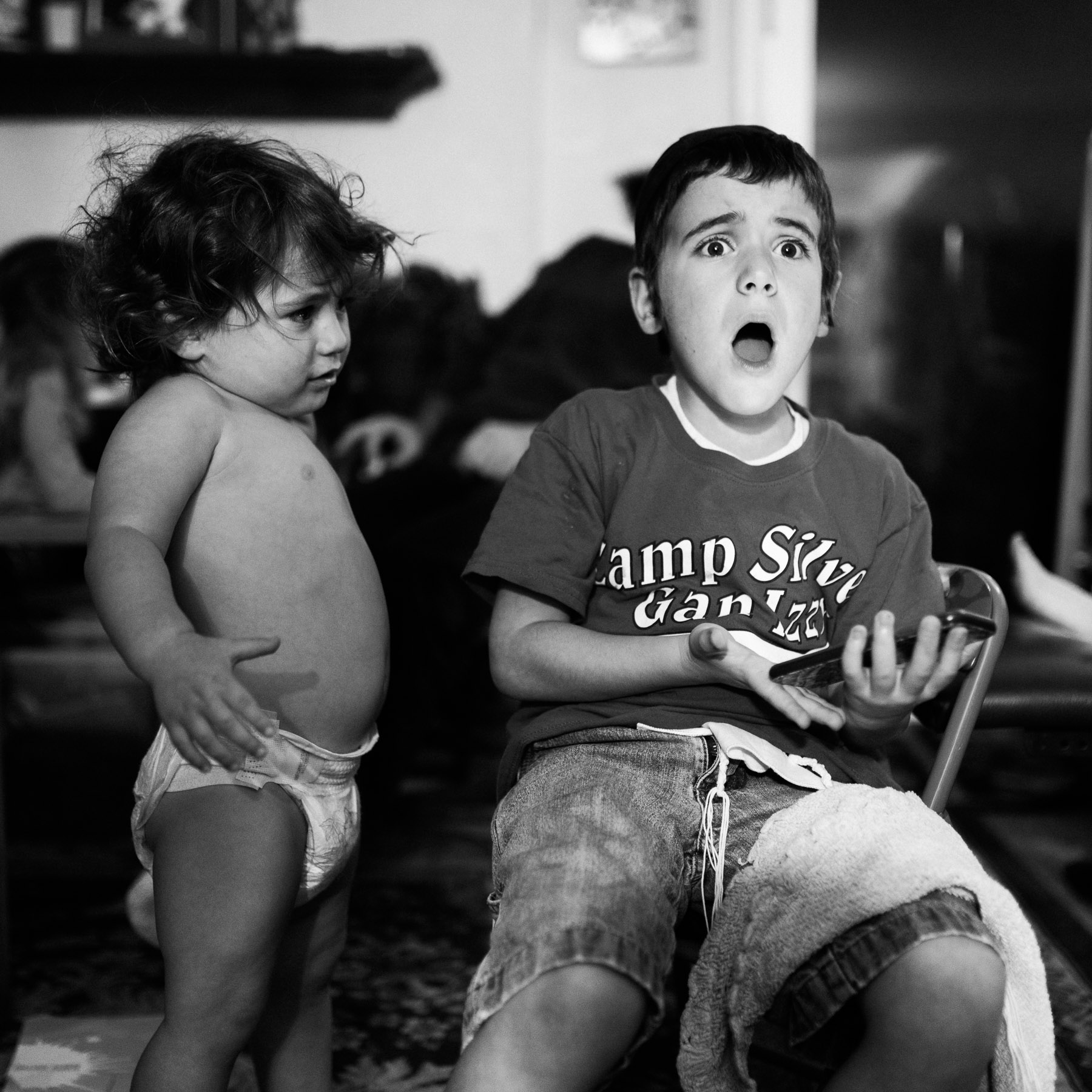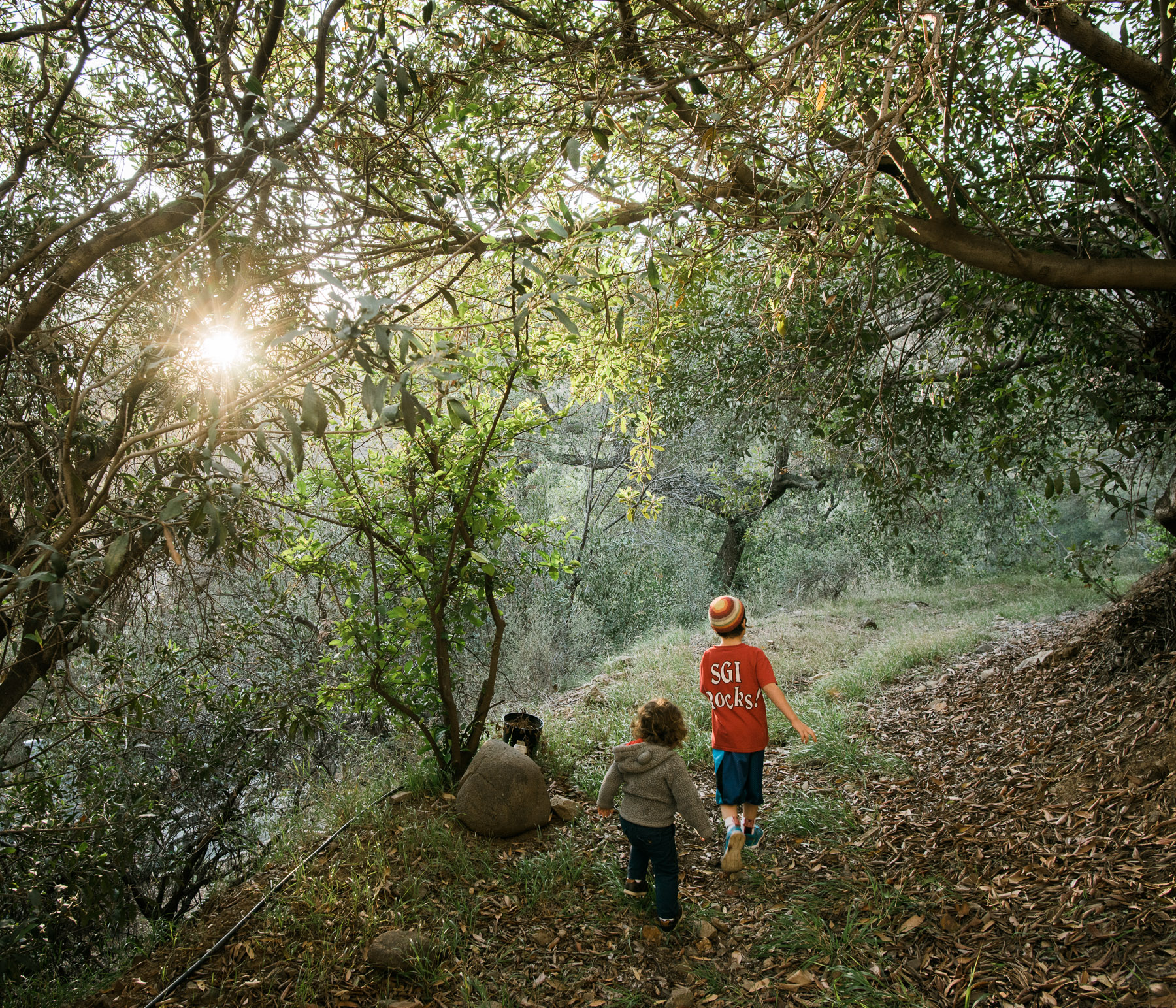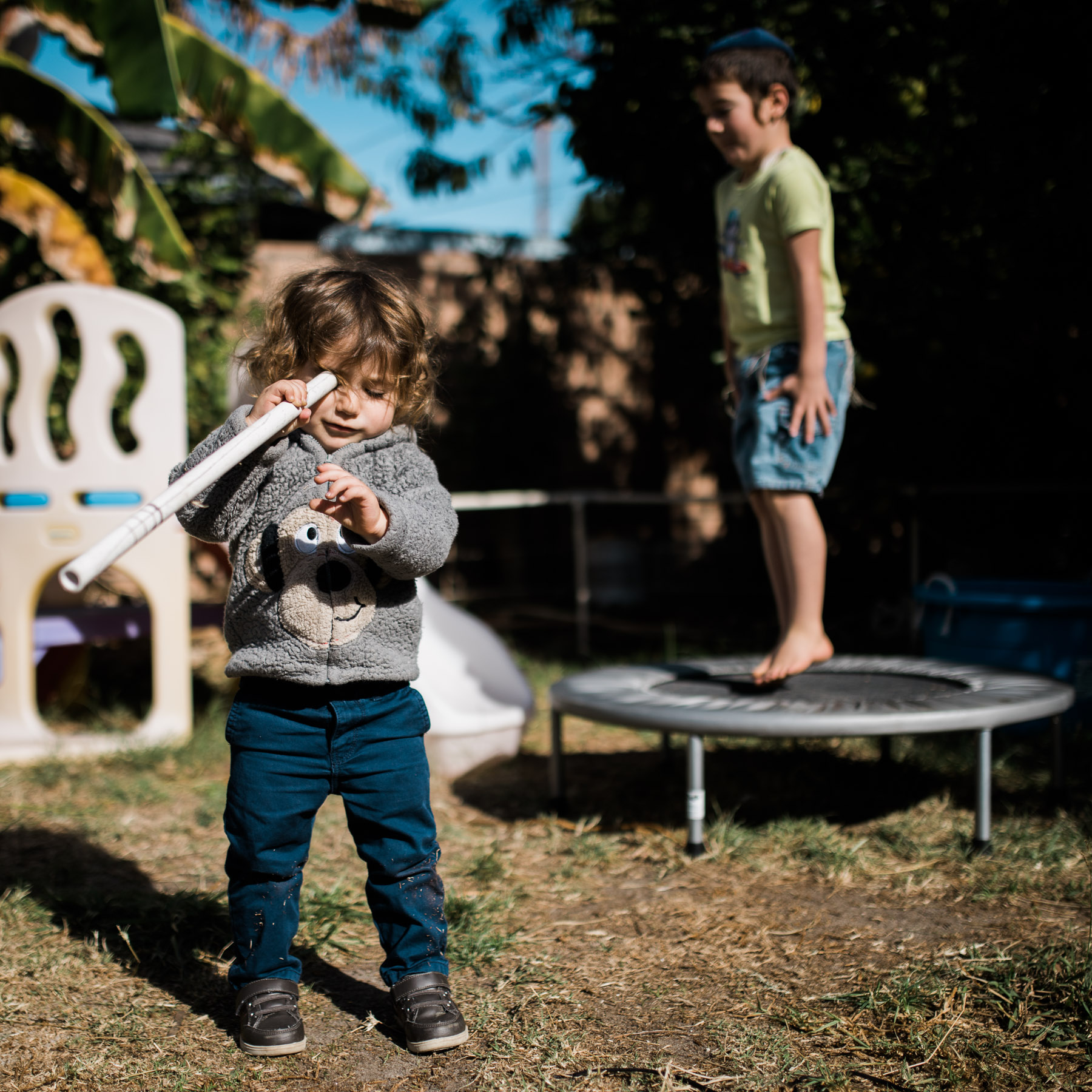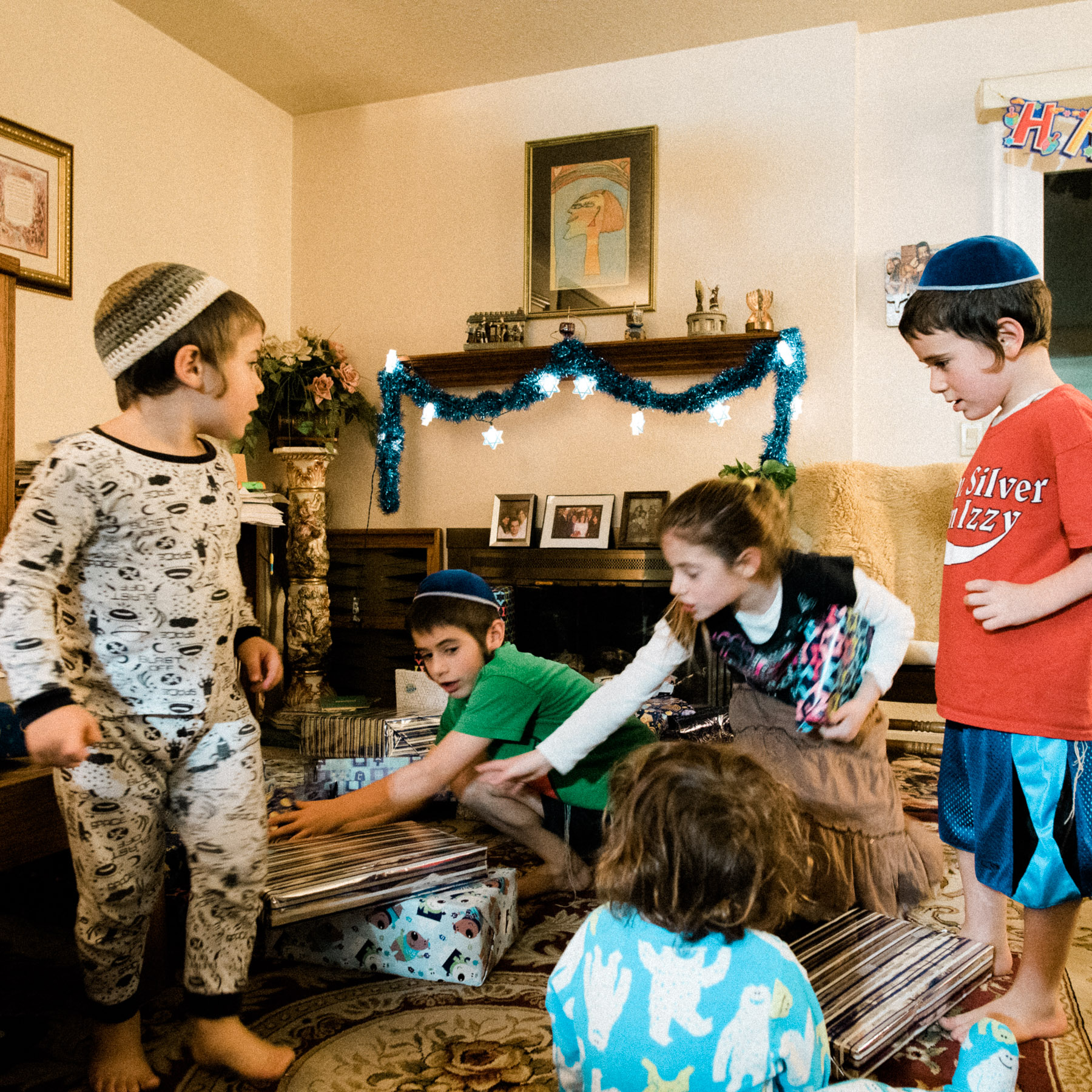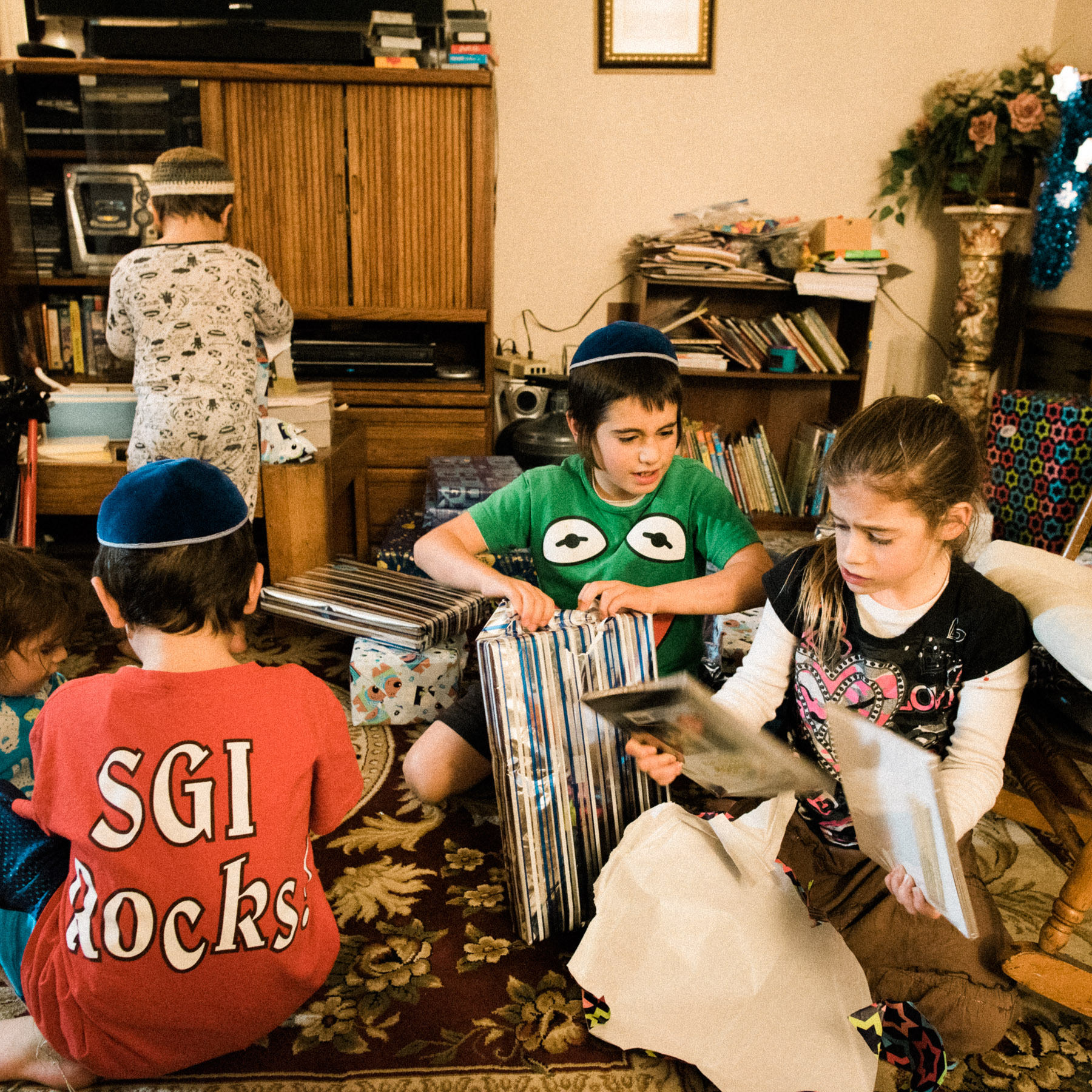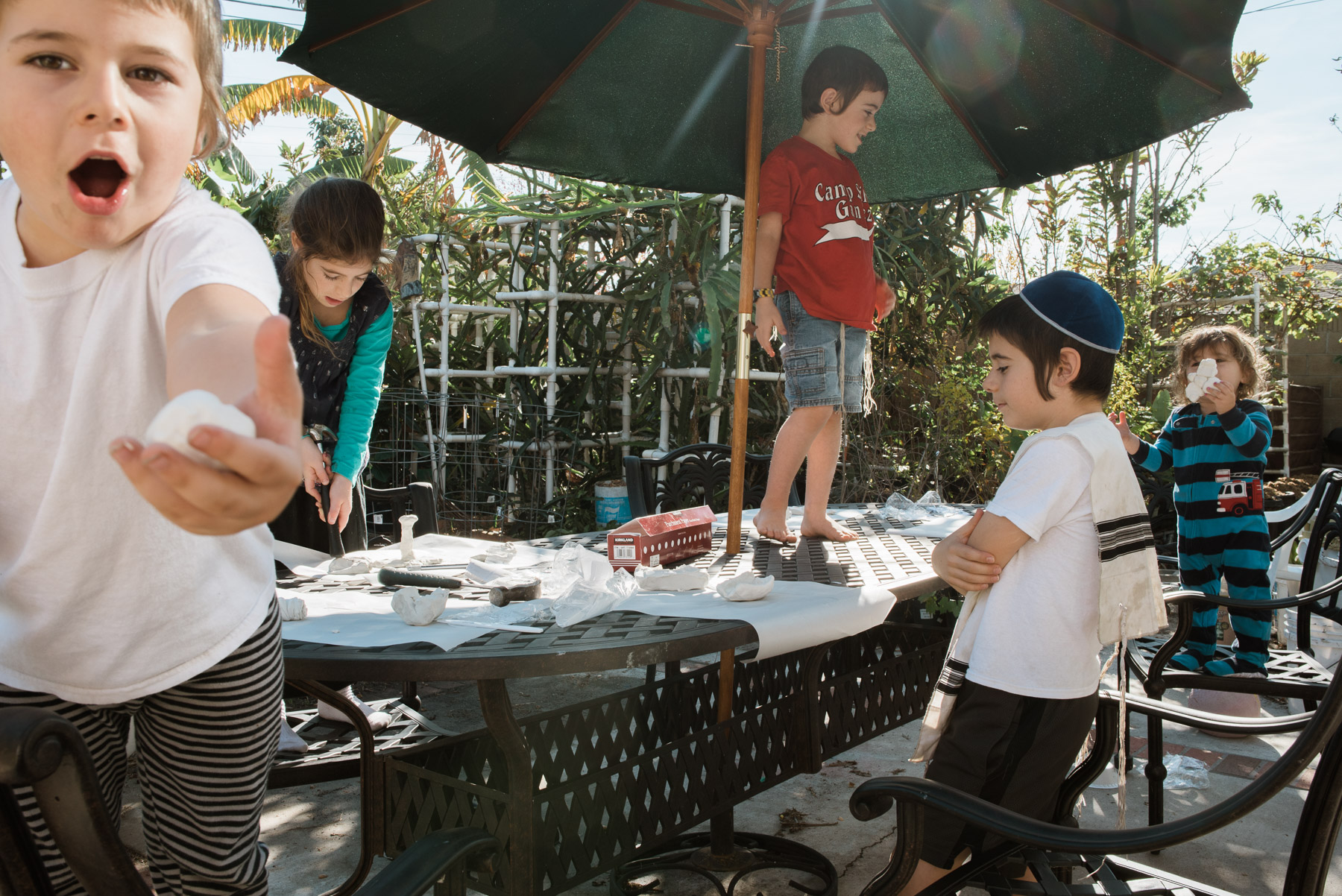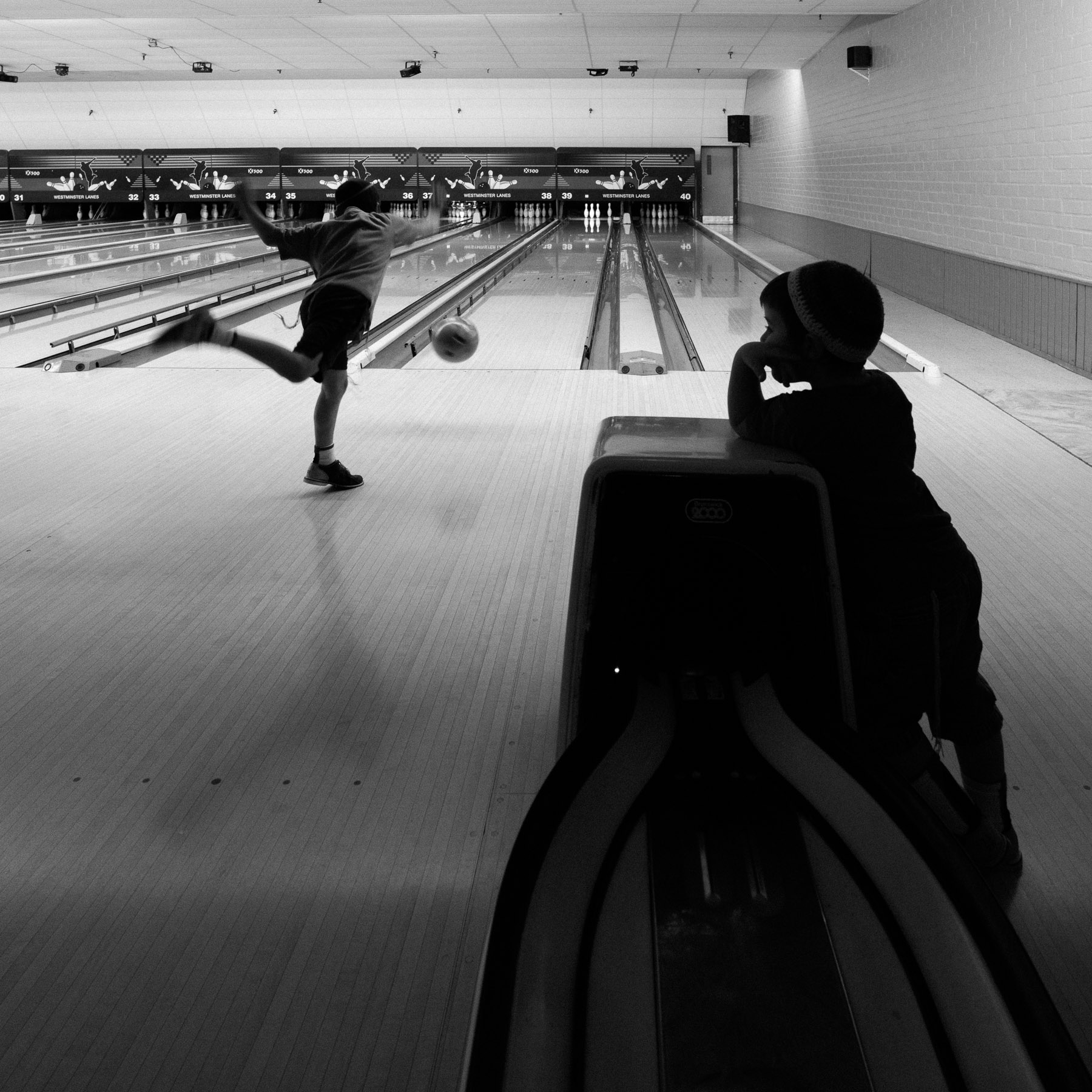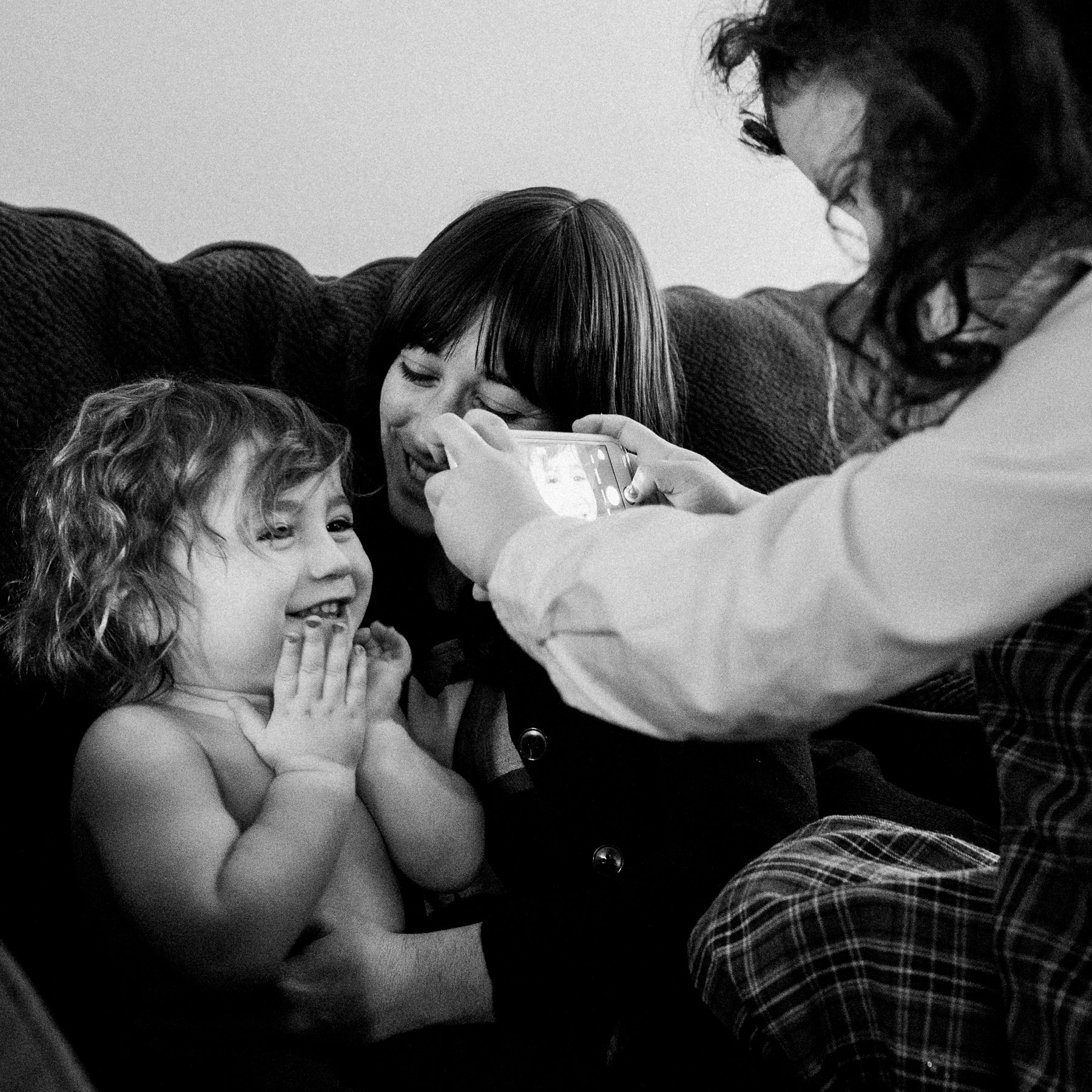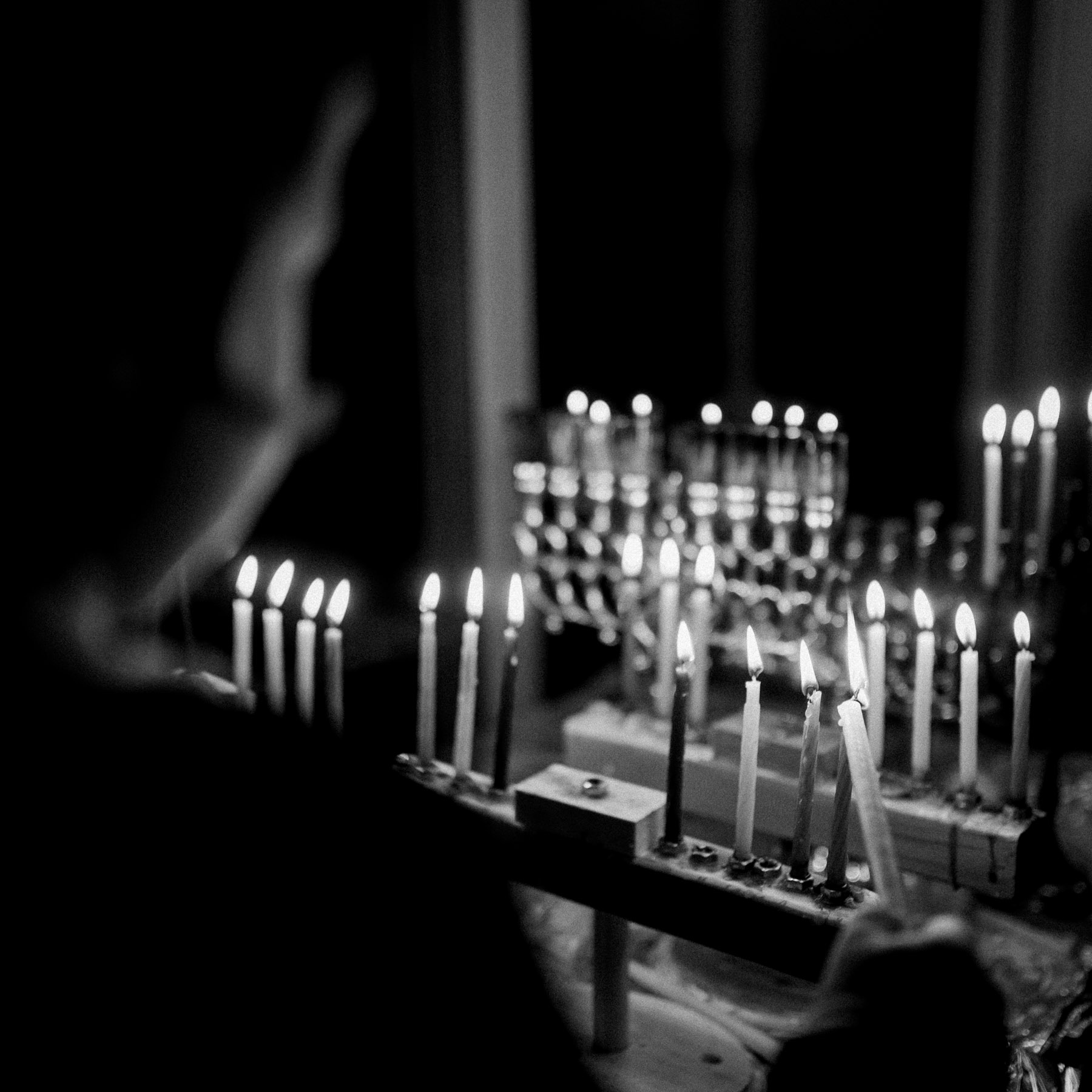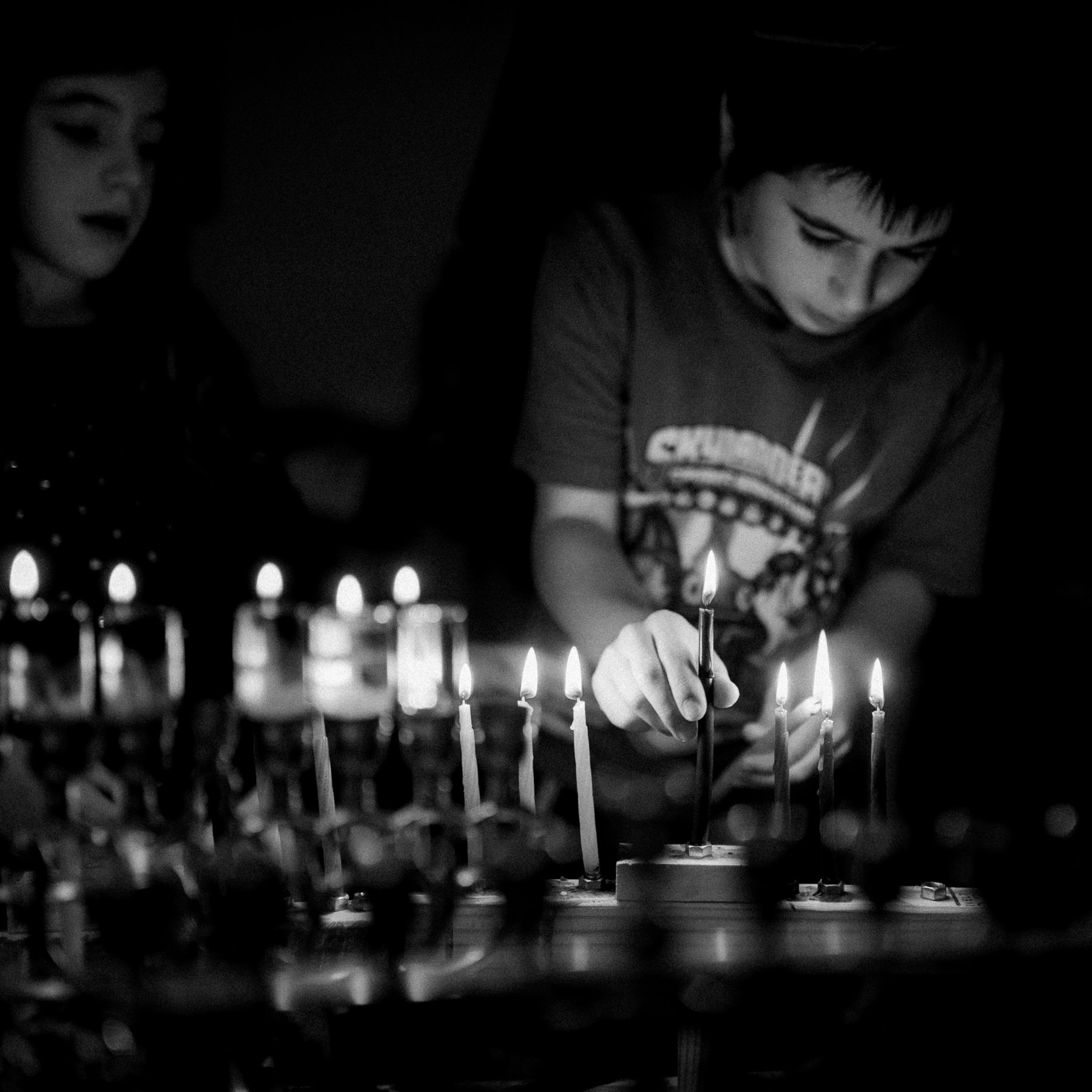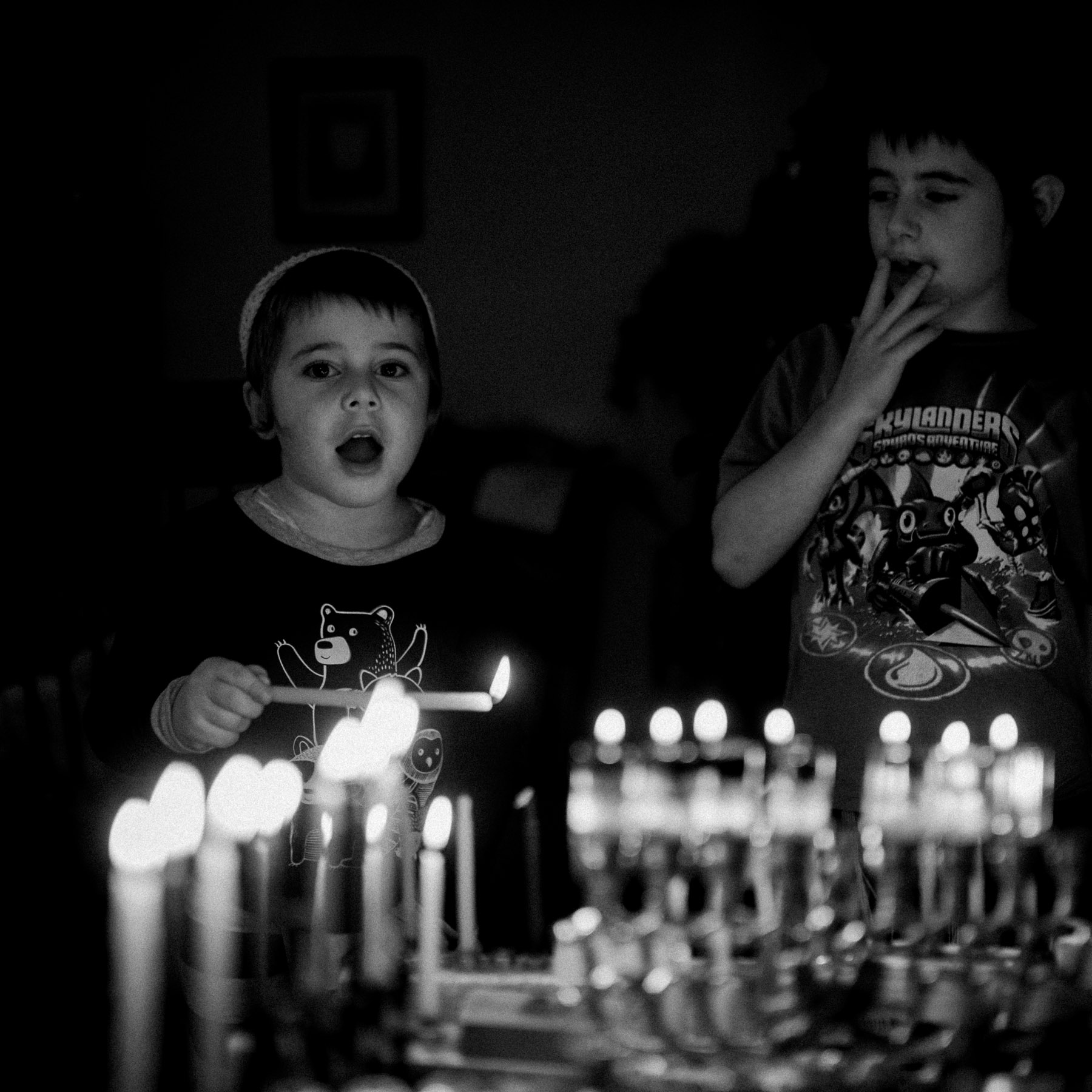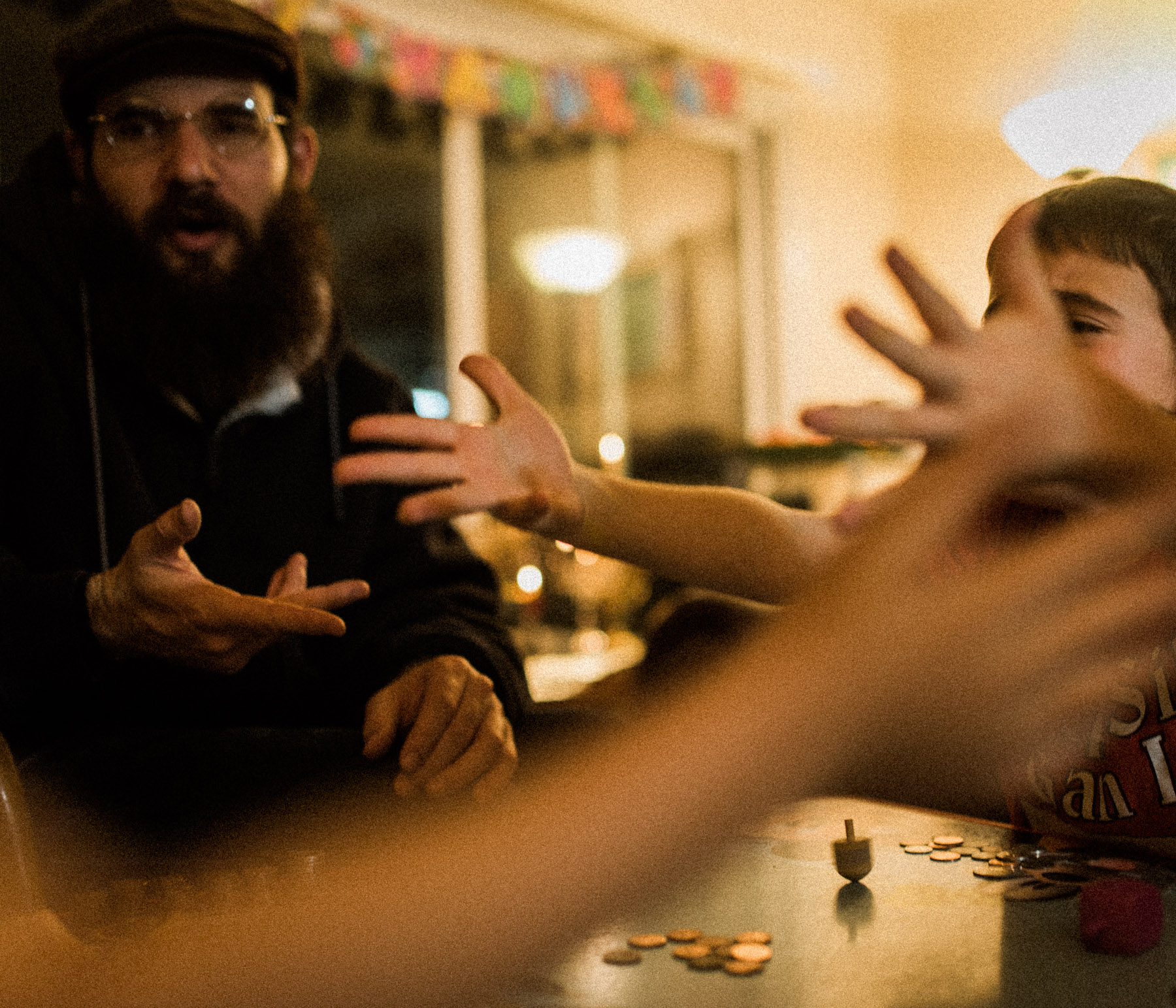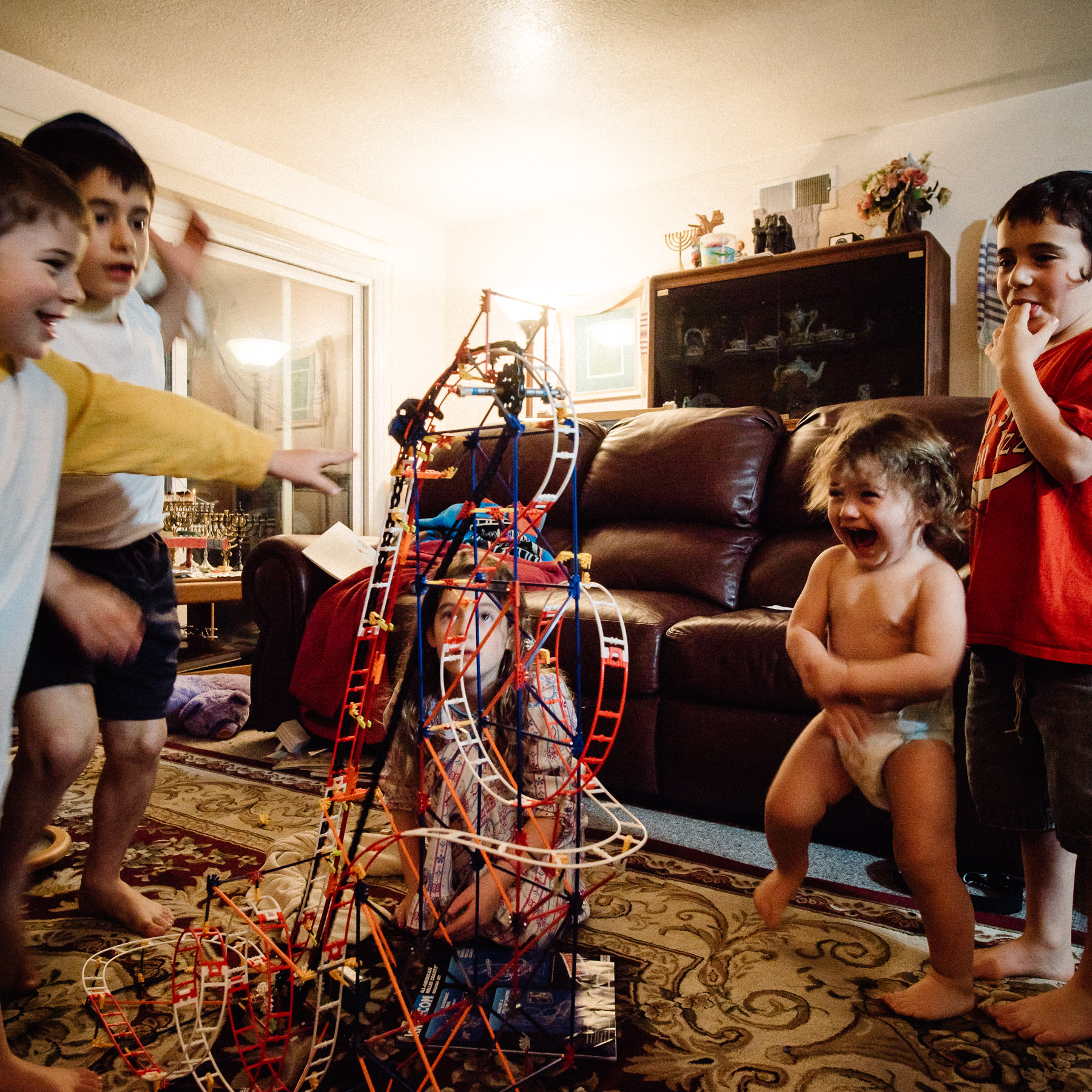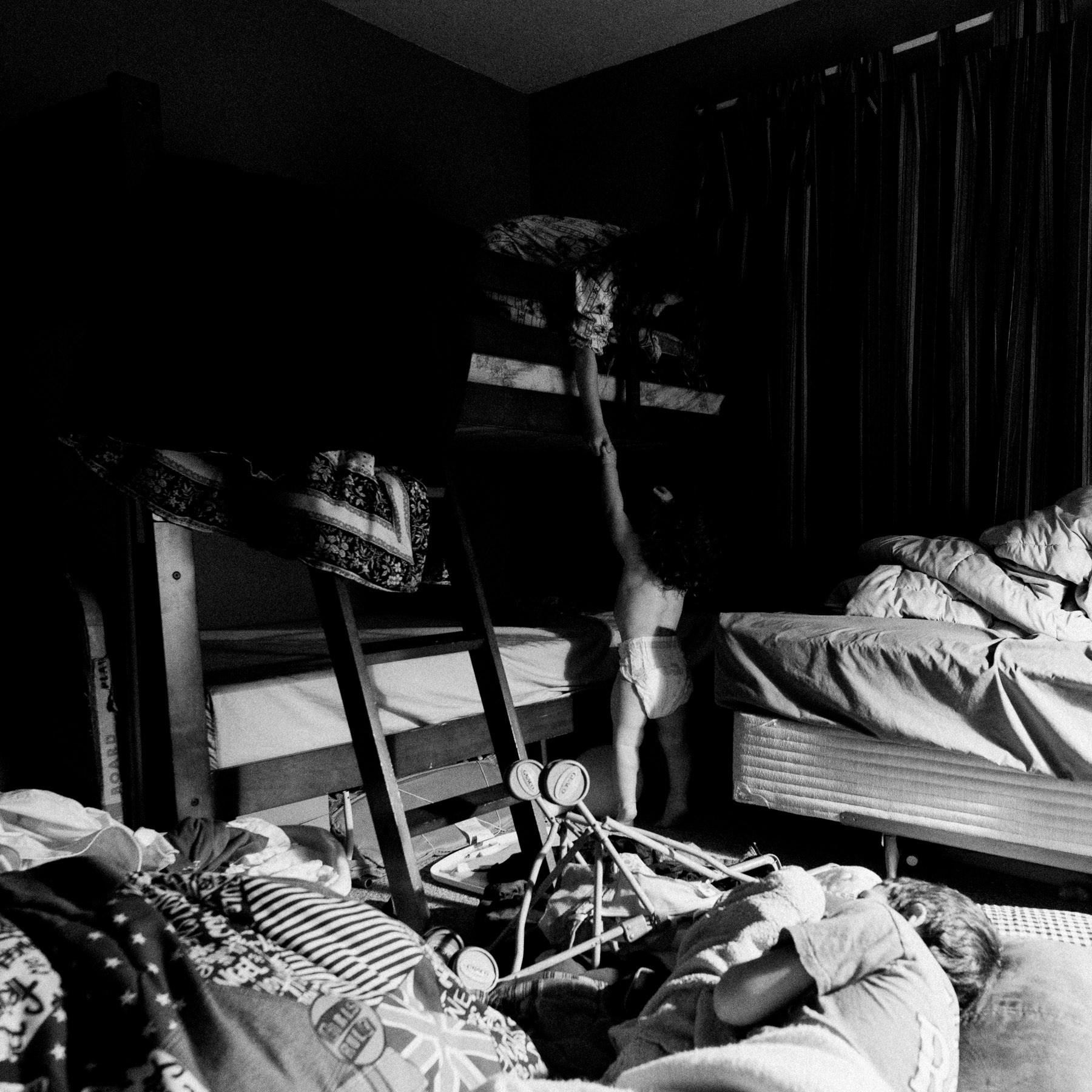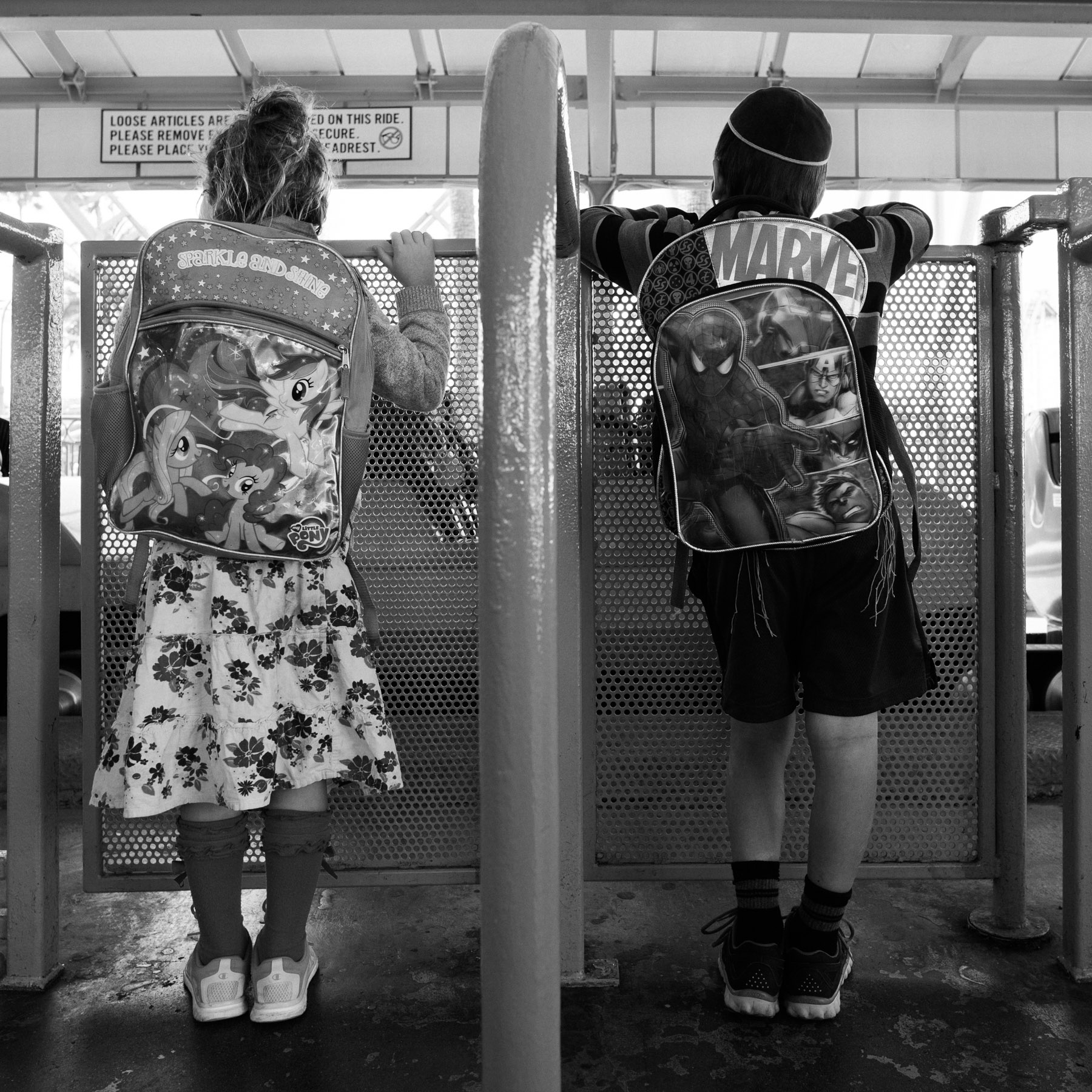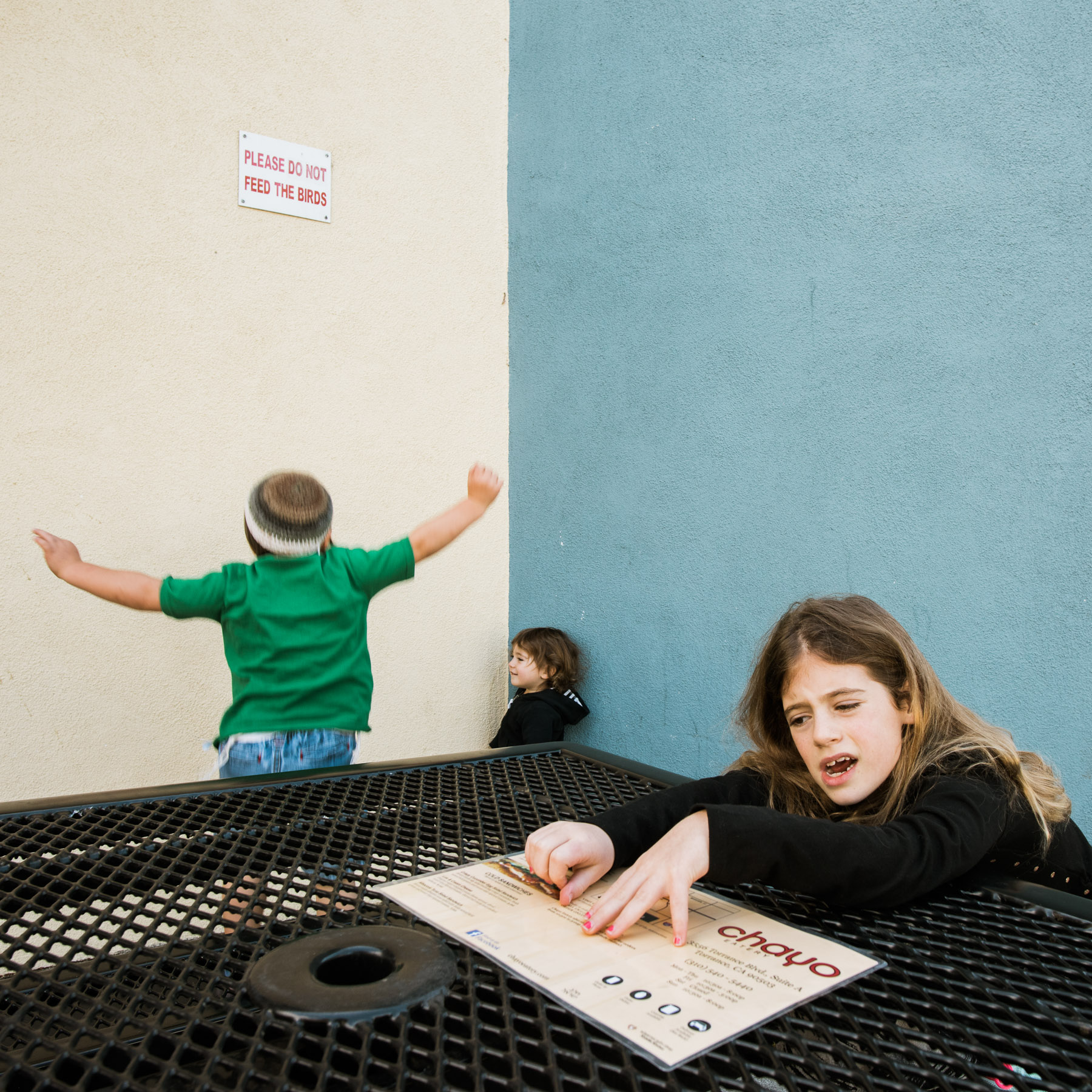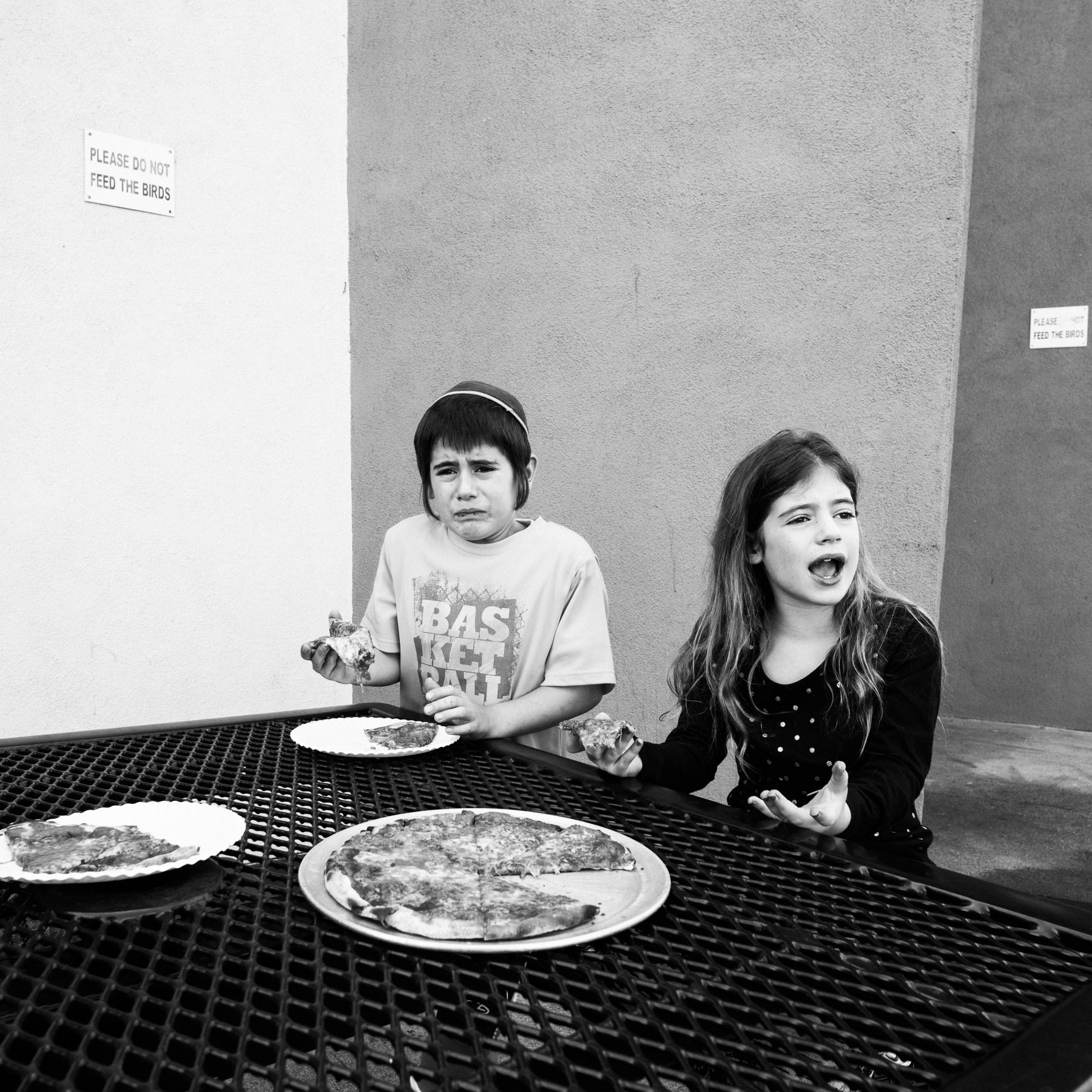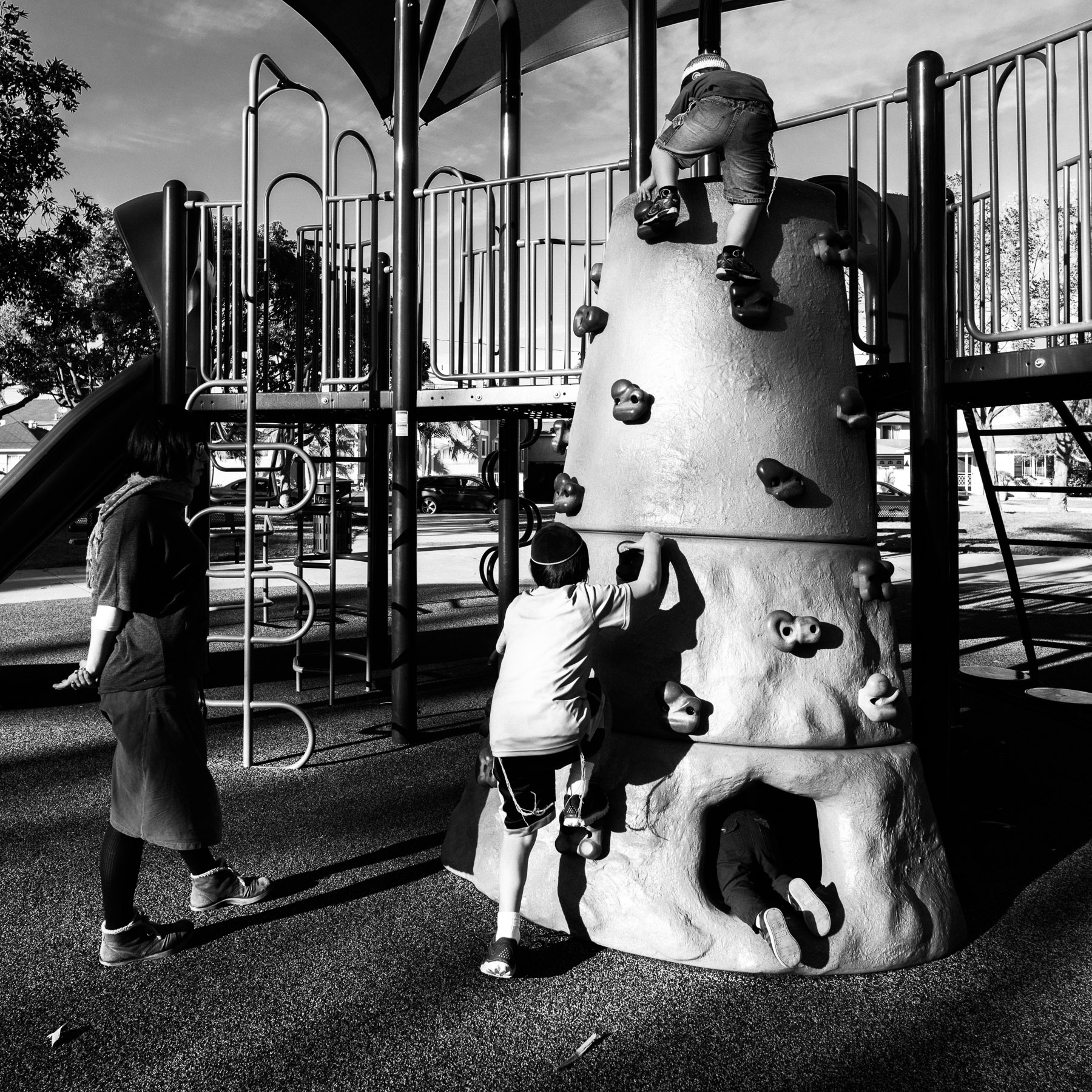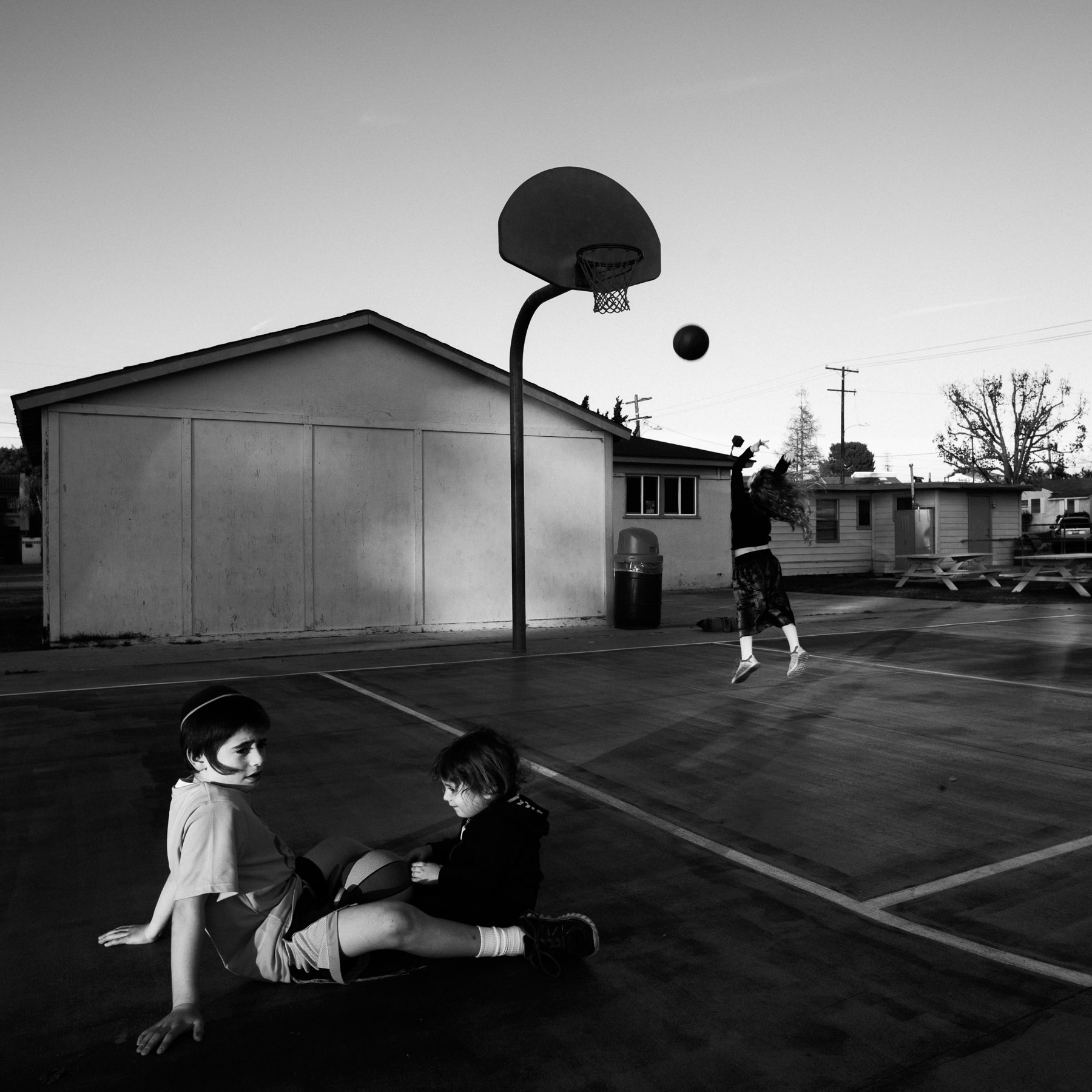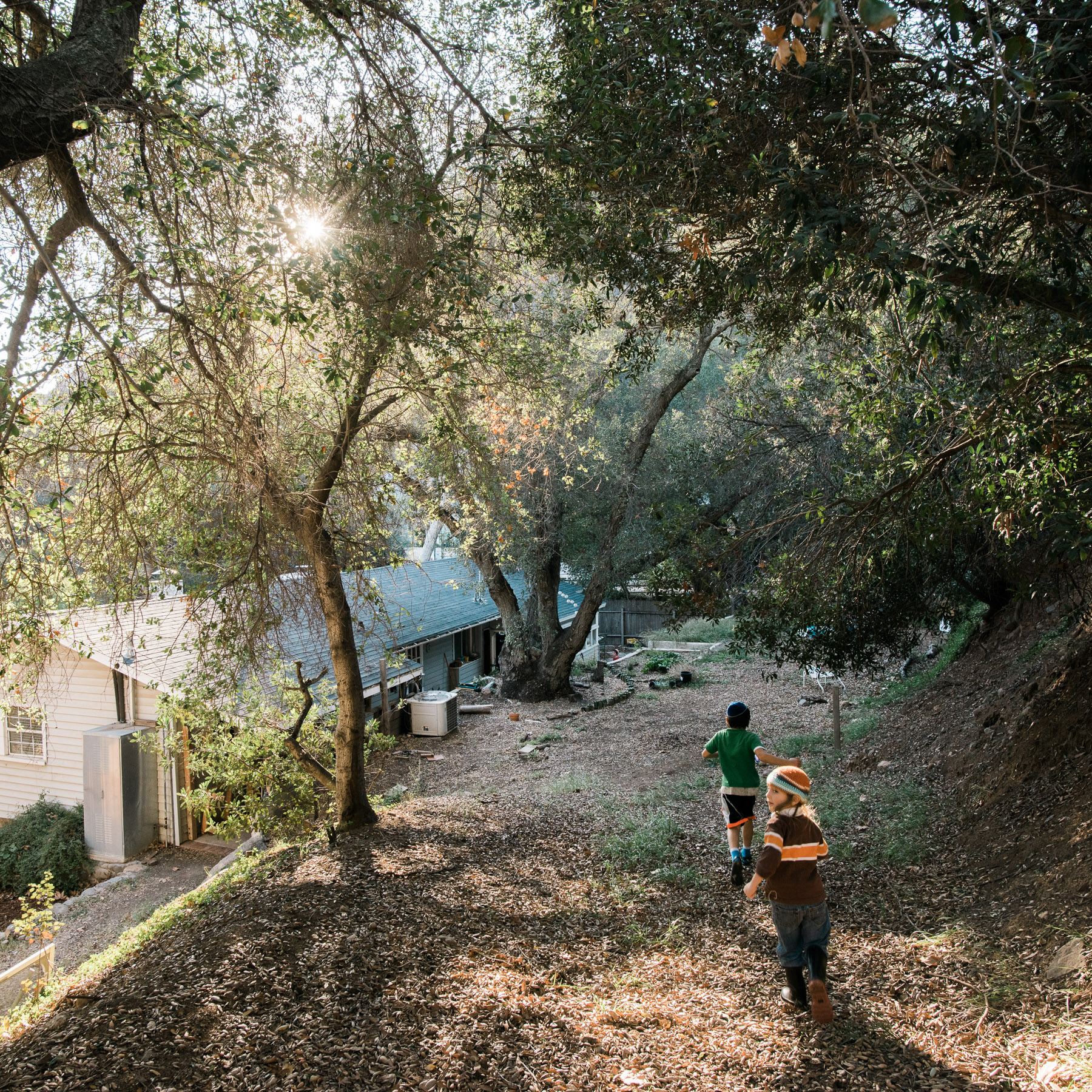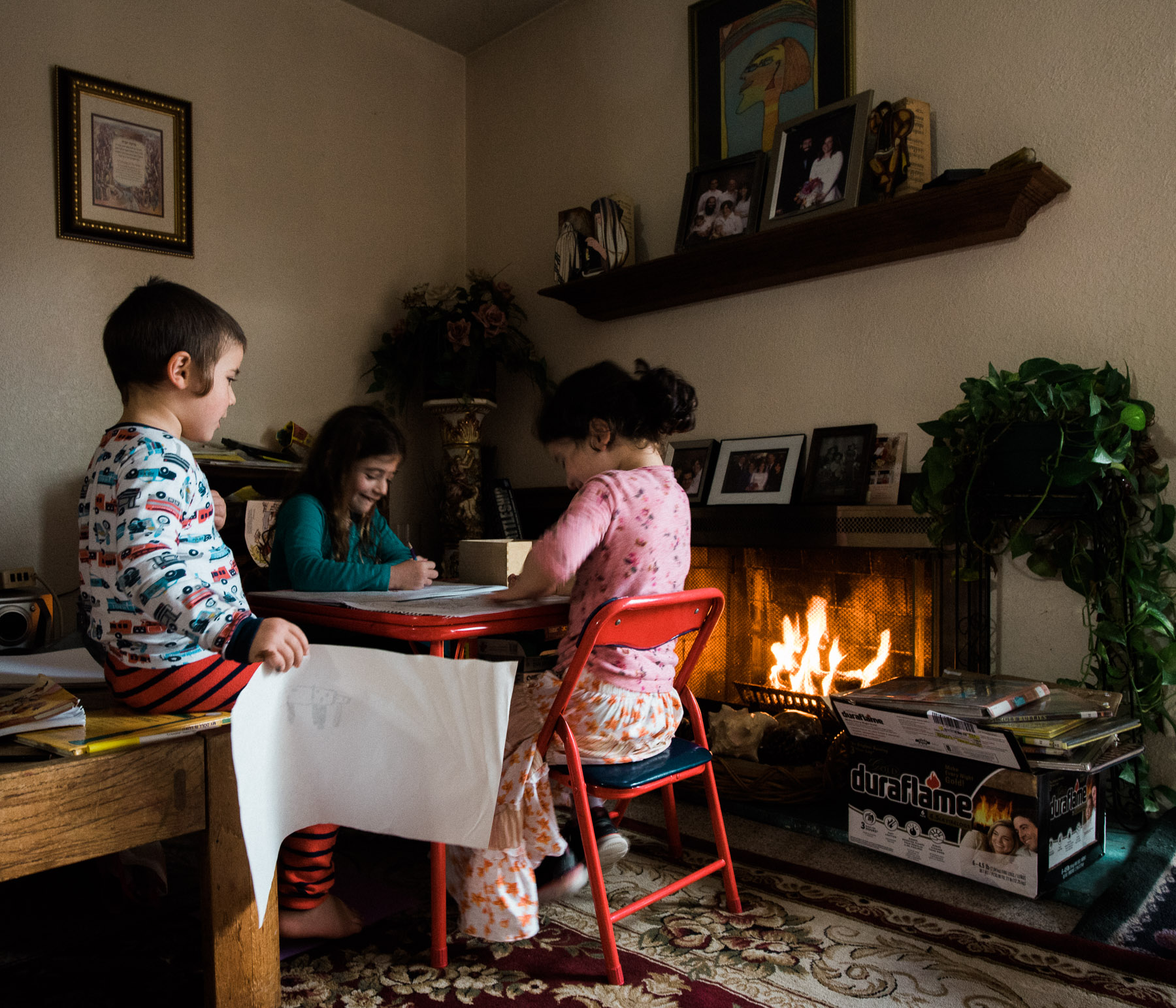B"h
Okay!!
I’ve started and deleted (well actually copied and pasted to the nether regions of my hard drive) too many posts to count (that is not true, I’m just not in the mood of counting, and who cares anyways?) in the past few days. Some silly, more sad, many angry.
And you know what? The last thing the internet needs is another introspective piece about what went right and what went wrong. That and another video of a cat cuddling with a deer. Actually we could always use more of those.
But our cat is too busy eating lizards, and the local deer wants nothing to do with her. Says she only cuddles with striped cats. Whatever, we all have our issues.
In my marvelous Facebook newsfeed, now mostly an hodgepodge of political and photographic posts, with an advertisement for boots every few scrolls (seriously Facebook?! I bought my boots already, I am not in the market anymore!), someone posted the following:
(This is how much I love you guys, I actually typed this out from a photo. You know, because somehow on facebook it’s so much cooler to post a picture of words than just the words themselves.)
Well actually I’ll just paraphrase:
(for the original (in Hebrew) see here (start from אות מג) )
In 1958, it was a hot and humid (probably) Monday at the end of June and 770 Eastern Parkway, in the Crown Heights section of Brooklyn, was jam-packed as all listened (okay, almost all) to the Lubavitcher Rebbe giving a communal address in honor of the Chassidic holiday of י’ב תמוז.
Towards the end, the Rebbe spoke about “who is smart, he who learns from everyone”, and got into a little digression about how we as Jews have to learn from our country and her politics, especially on the left, where there are women in high positions of power (remember this was early in the modern feminism movement (ten years before the song "It's a Man's Man's Man's World"), where, especially in religious circles, men held most positions of power and leadership).
He then spoke about how in the Lurianic teachings of Kabbalah, it talks about the generation before Moshiach being a reincarnation of the generation that wandered the desert. Since then, the woman refused to take any part in the golden calf, therefore in this generation they merit to affect what they really want (what that is he doesn’t mention, (isn’t there is a movie about it or something) but maybe that’s a hint to us guys to stop assuming we know :) ).
That’s why, he continues, that specifically in this generation we see women in positions of high power, and that many communal matters are specifically led by women. And even those that are led by men, when the husband comes home and his wife hits him on the head (his words, not mine), the next day he leads as his wife directed.
Admittedly I don’t completely understand the next paragraph, but it says something to the effect of “if the accepting of the yoke of heaven of the men isn’t enough, they need to take council with their wives and do as they say”.
And just like the Jews merited to be redeemed from Egypt in the merit of the women, so to from this exile…
///
I really liked seeing this for a few reasons.
1. The Rebbe was not afraid to look outside of the Jewish world for inspiration to what has to happen within the Jewish world.
2. Well, being that we almost elected a woman from the left, this was very apropos.
3. It solidified a bit my thoughts on feminism and the woman’s place in Judaism.
“What are those thoughts? Please share!!”
Sheesh, okay, I’m getting there.
Massive backtrack.
In Kabbalah it often talks about the feminine and the masculine.
Chochmah (usually translated as "wisdom" but all of these these are concepts that are not really explained with single word translations) is masculine, binah ("understanding", but again, a concept that is beyond he scope of this post) feminine. Chessed ("kindness") masculine, gevurah ("strictness") feminine. Middos ("emotions") masculine, Malchus ("royalty") feminine. etc.
(Disclaimer: both men and women have all these attributes, just in general the masculine ones are stronger in men and vice versa for women)
In general the masculine is the “giving” and the feminine “receiving”. Hence the masculine urge to “go out and conquer”, and the feminine ability to listen, to actually listen.
And that also explains how, throughout most of history, men were the ones in leadership positions, and often looked down out their female counterparts (as if this was ancient history, I wish).
But Kabbalah also explains how there are two ways of viewing the world, from top down, and in that way we are the lowest world, slaves to our bodily desires, and lost in this world of false perceptions.
Then there is the bottom up view, which is what will be revealed when Moshiach comes, how specifically in this world can the Essence of G-d be revealed. How specifically through sifting through the garbage of this world, and finding the G-dliness hiding everywhere, we slowly make this world into a G-dly place, and home for G-d.
This is done not through accepting what is but taking it all in and making it our own. It’s the process of Binah, the feminine aspect of intellect, that allows us to truly assimilate our knowledge. And Malchus, that last Sefirah, is the most powerful of all. It takes everything in, incubates it, and incorporates and takes it to the next level.
The written Torah (24 books of the TaNaKh) is masculine. It is what it is, and cannot be changed. The Oral Torah (Talmud, Code of Jewish Law, Kabbalah etc.) is feminine, it is how we take the principles of Torah and apply our own intellect to it, creating novel ideas and rulings that never existed. It is us taking part in G-d’s wisdom. And that is the whole point. For us to be a part of this whole creation and world thing. Not to be cold fulfillers of divine commands, but passionate warriors of peace and truth.
A few weeks back in the weekly torah portion we learned about witnesses. Biblically speaking, only men could be witnesses. Which really bothered me. (It still does, questions are good.)
I researched and thought about it a bit, and what I found I loved.
The masculine way (again I use these terms instead of male and female, because we have both elements) is to be unbiased. To see things as they are. They can see something and it is what it is. the feminine is more biased. It assimilates knowledge. It gets involved. It gets angry and sad. It sees what may have prompted such a sight, and the history that has to be taken into account. That’s not good for testimony. But it’s exactly what G-d wants for this world.
For the world is NOT what it seems.
From both a scientific and a medical perspective the world we see isn’t objective. Quantum mechanics shows that we have a symbiotic relationship with reality, and neurology tells us that the world we see is mostly reconstructions, memories, and mindsets.
Hashem wants us to make his perception ours. He wants us to look at the world the way He does.
Torah is compared to bread. (Sourdough of course. with a really crunchy crust, and soft warm inside… oh man I’m hungry…) for just like the food we eat becomes our physical body, the Torah we learn becomes our mindset. And this is most evident with the Oral Torah, were ours and the Allmighty’s wisdoms combine.
It says that Hashem looked into the Torah and created the world, and through allowing us to be a part of the Torah, we are given the gift of viewing the world as it actually is, an expression of G-d.
I’m rambling but I have a point. I promise!
This unity of our perceptions and Hashem’s will be complete in the time of redemption. And it’s our journey to that point that makes it happen.
When Moshiach comes it says that “the feminine will surround the masculine”, meaning the talents and aspects of the feminine will be released to have been greater than that of the masculine, because it’s specifically those attributes that will bring about the redemption, that allow for us to truly assimilate G-dliness within us.
The Rebbe often said that Moshiach is here, we just have to open our eyes. And that means two things.
1. We have to realize and acknowledge the good changes that happened and are happening in the world. Instead of constantly kvetching and moaning and basing our view of the world on the media’s and the politicians apocalyptic, profit driven, worldview, we need to be thankful and aware of how the world is changing. And it really is. There are less wars, less poverty, more understanding of “others”. there’s more of an awareness of our impact on this world. Especially as Jews, we have it better than anytime since King Solomon.
and
2. We have to act as if Moshiach is here. If when Moshiach will come we will all get along, then gosh-darn-it we have to do that now. If we will see G-dliness everywhere, then we have to actively try to do that as well. And if when Moshiach will come, we will finally realize how much women have to offer that men don’t, then gosh-darn-it we have to act like that!!
And this. THIS. Is my point.
We as Jews (and the world at large) has to stop shoving women into the background.
Galus (exile) is a man’s world. Geulah (the redemption) is a women’s world.
Yes it’s a bit scary as a guy. You know, losing all that (false) superiority, but it’s not a competition.
I’m not talking about having woman rabbis and the like. Rabbis are overrated anyways. I’m talking about treating women like equals, actual equals. And just like you (a man) will have no problem with a male boss, you should have no problem with a woman one.
The Rebbe pushed for female leadership, and stressed, so much, how whenever he sent out a couple to wherever, they were EQUALS.
And you know what? The Jewish world shouldn’t be behind the curve with the whole feminism thing. We should be leading the charge.
Down with the patriarchy!!
Seriously.
///
Last year we went to visit New York for Passover. We spent the holiday in Monsey (no photos, as my camera and film was lost/stolen), and then Crown Heights, the amazing oxymoron of idealogical perfection, and the cultural reluctance to allow such change.
I have so much more to say about this all, but I have to stop somewhere :)
Here are some photos of our trip. All with a lovely old Nikon F3, a 28mm, and some expired film. Woohoo!
Chapter One: In which we weigh ourselves at the airport (hooray for small airports!), watch the airplanes ("ours is the one with the wings" said Zusha), cause a huge collective groan when we board the plane, and play hide and seek at the baggage claim.
Chapter Two: In which we stopped by my father father's parent's k'varim, graves. Chanaleh is named after my grandmother Chana, and this happened to be Chanaleh's birthday so it was quite nice.
Chapter Three: In which we visit Bubby Carlebach, eat yummy food, watch the cars below, and enjoy some wonderful conversation.
Chapter Four: In which we take a bus to the Ohel (the resting place of the Lubavitcher Rebbe), write the customary pan, a letter in which we ask for blessings (the kids drew theirs, notice a baby girl on Chanaleh's :) ), visit the Rebbetzin's kever (grave), then my great-grandmother's (Sarah Schneerson), and then visit the famous 770 Eastern Parkway, the worldwide headquarters for the Chabad-Lubavitch movement (of which we are proudly part of).
Chapter Five: In which we travel to the Jewish Children's Museum, visit some biblical exhibits, lose our yarmulkahs in a Noah's Ark full of plastic balls, climb a wall, and have a tantrum on the roof.
Chapter Six: In which we walk around, buy Kosher Ice Cream, take the kids on their first Subway ride, and play at a ridiculously crowded playground (because we got off at the wrong stop).
Until next time... Peace and oh, did I mention my wife? She's amazing. (She said she'd edit this post so this is just a test to see if she really looked at the whole thing...)







